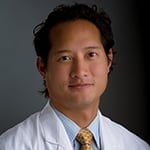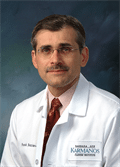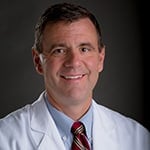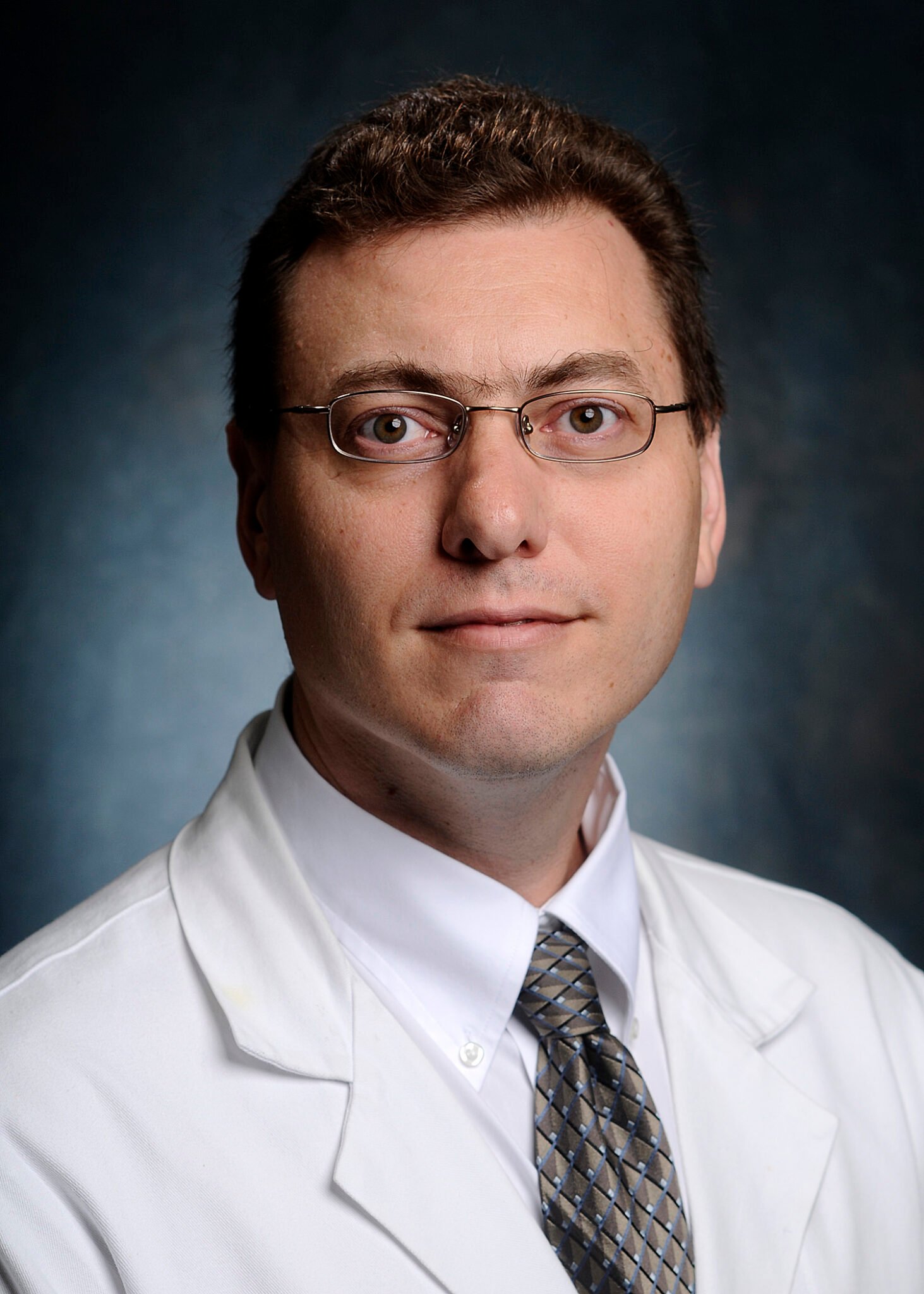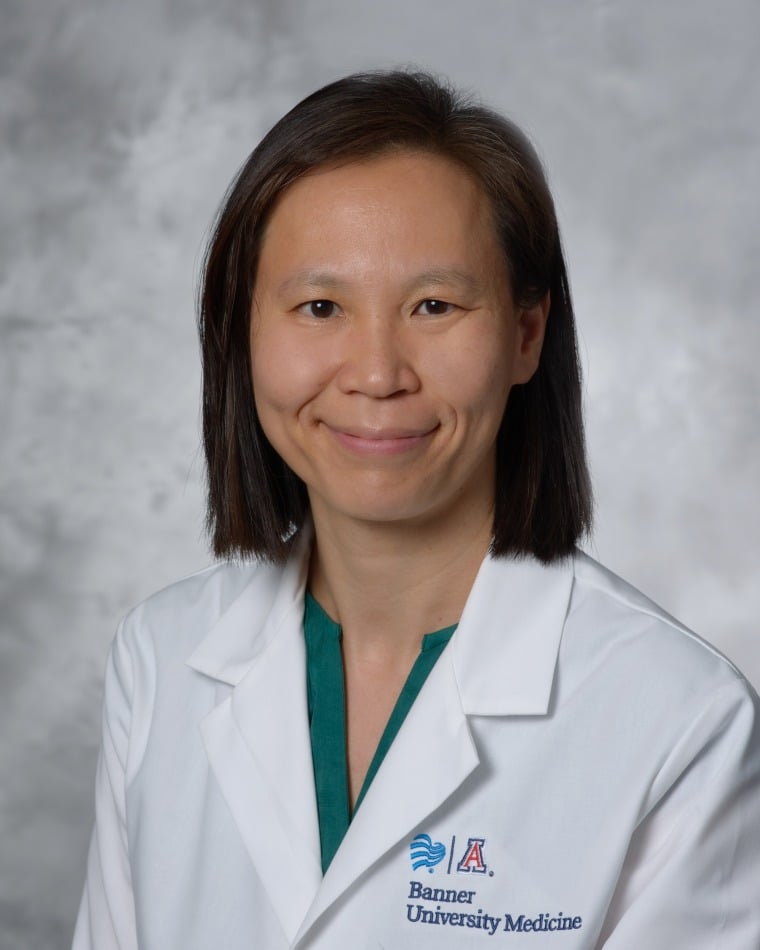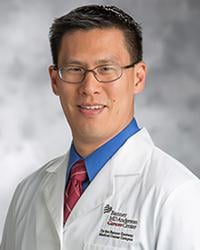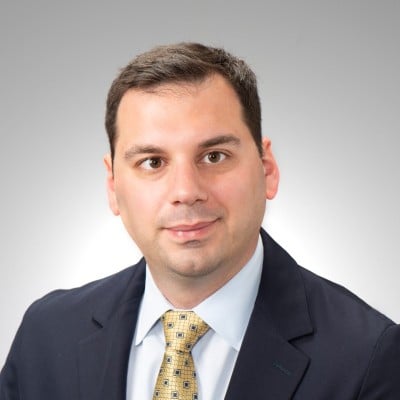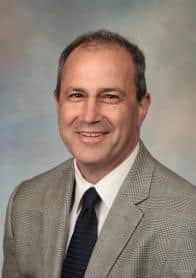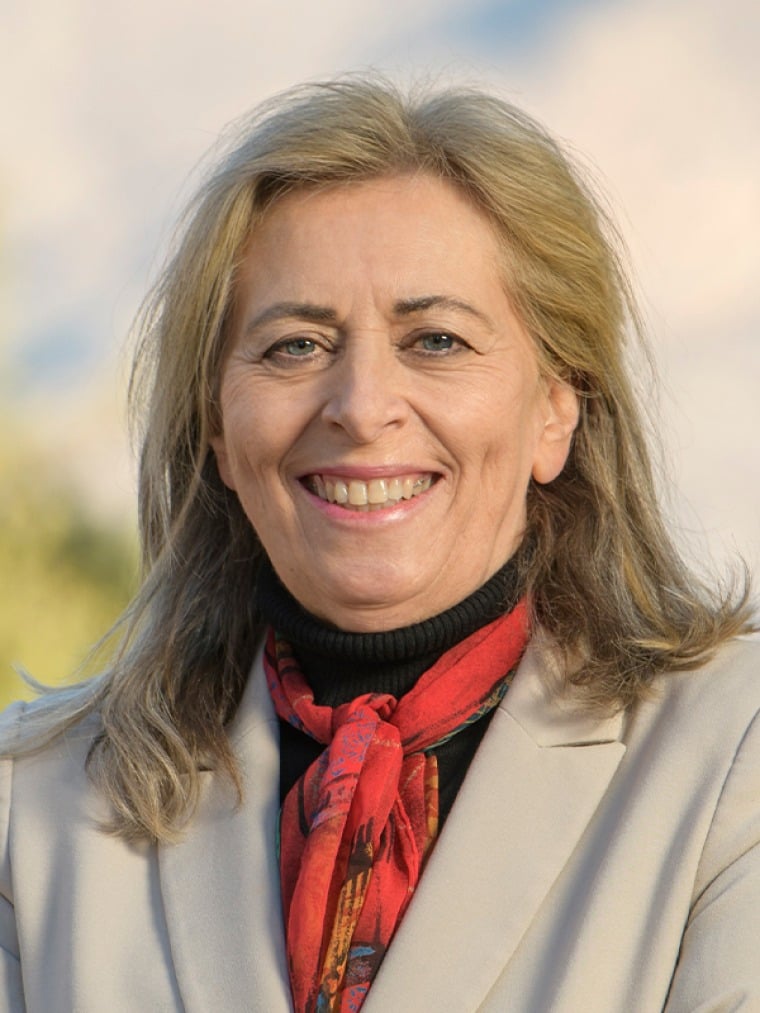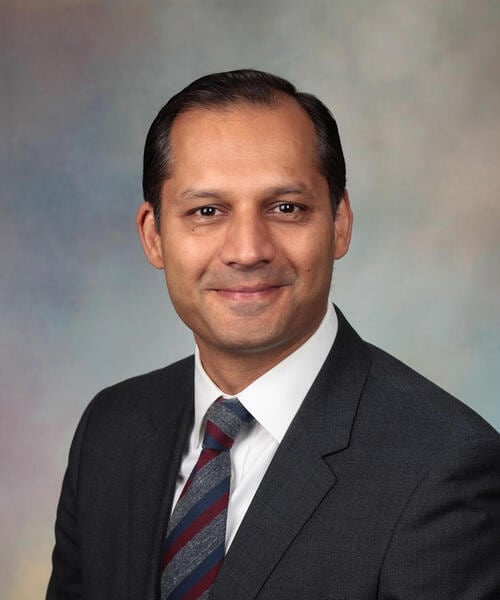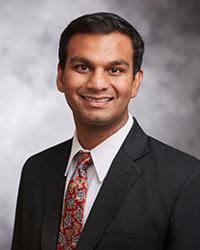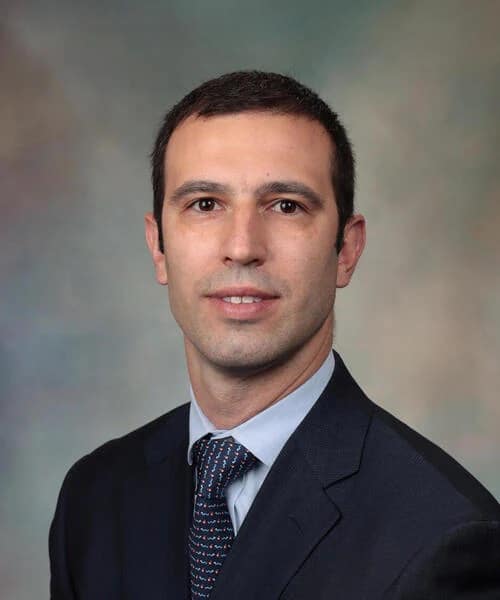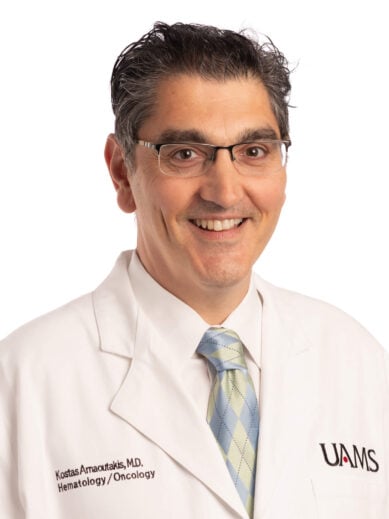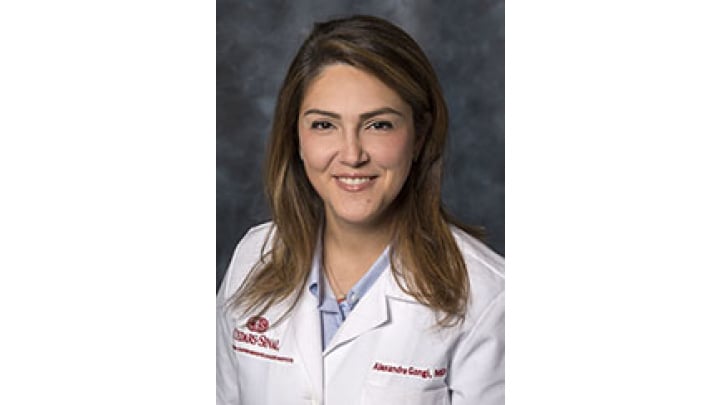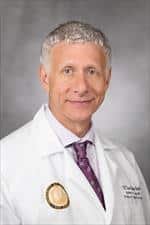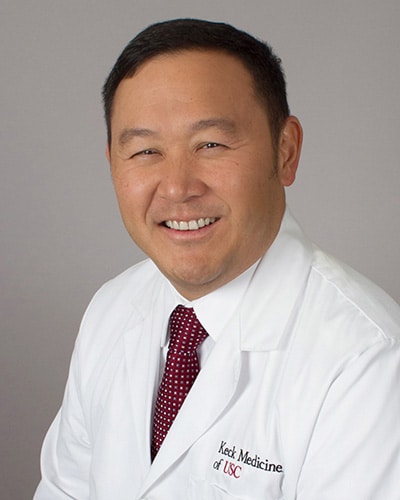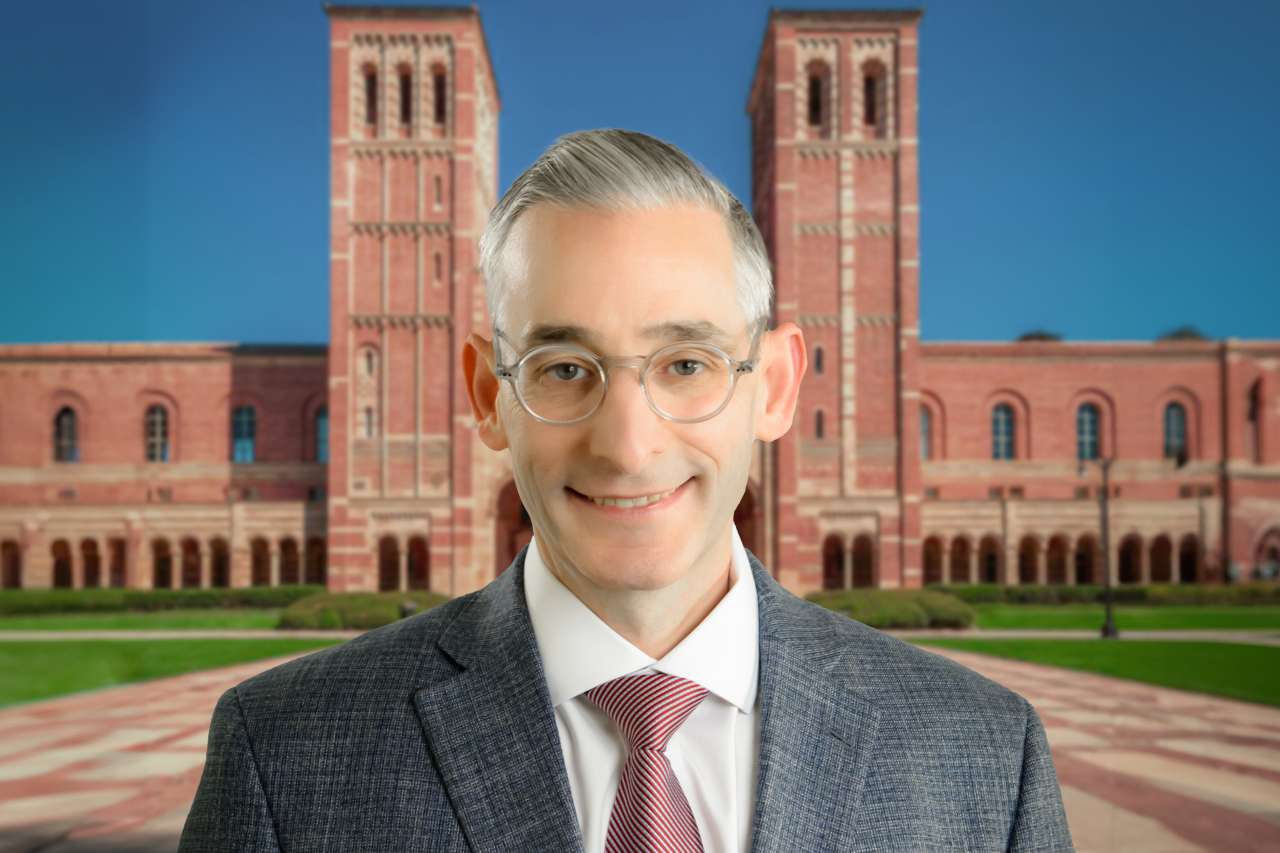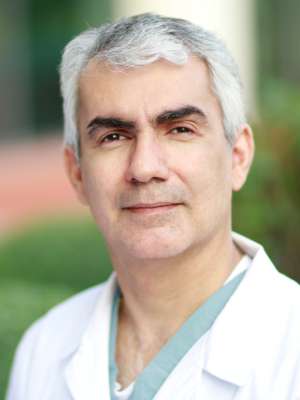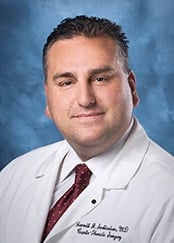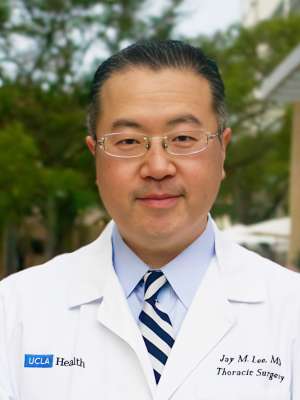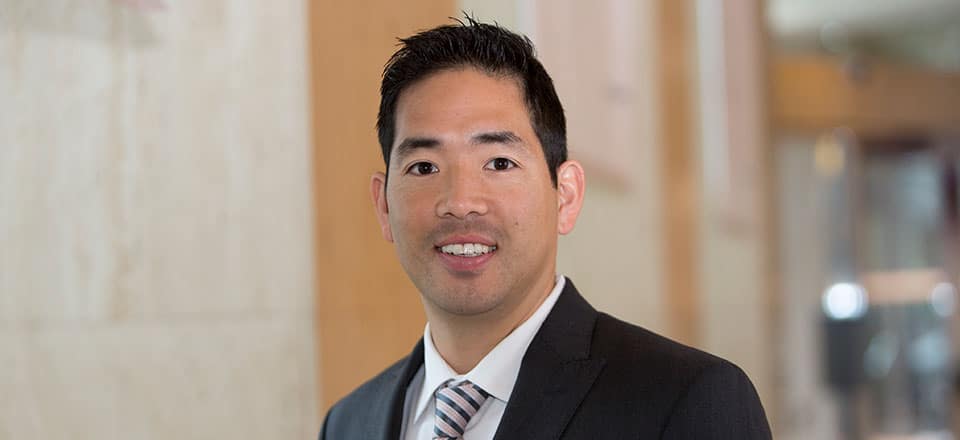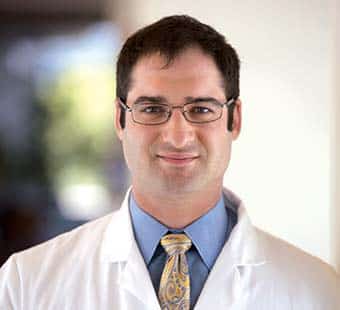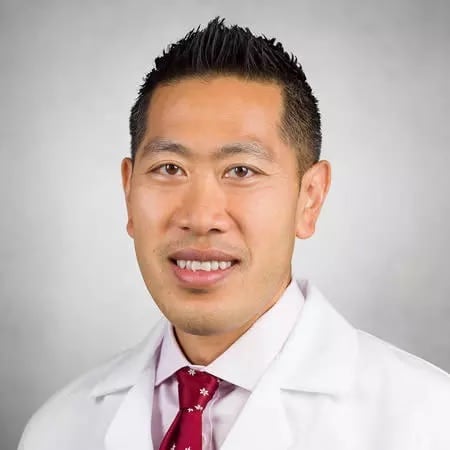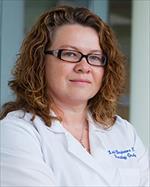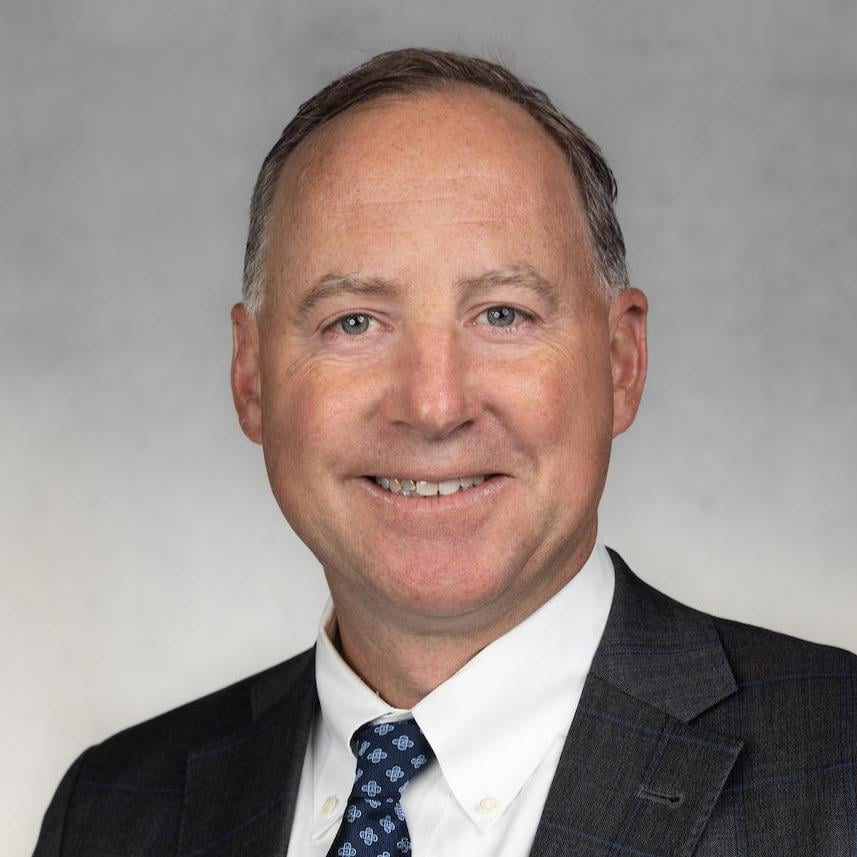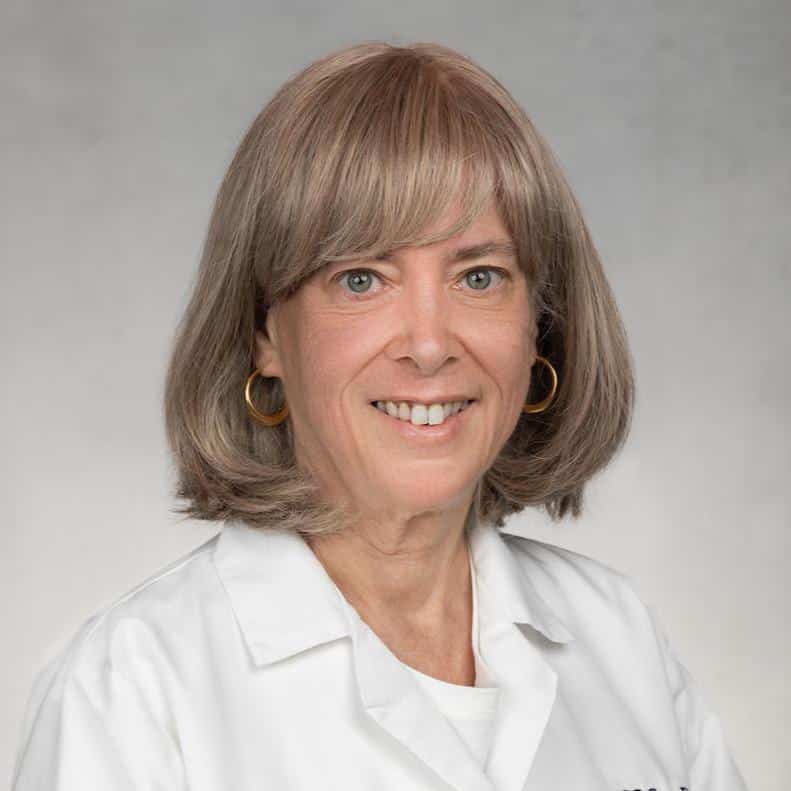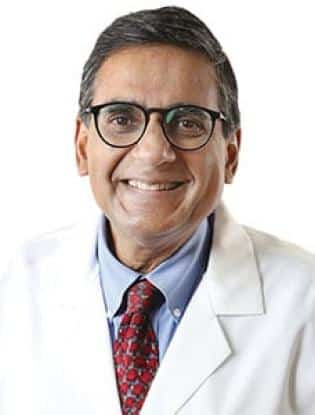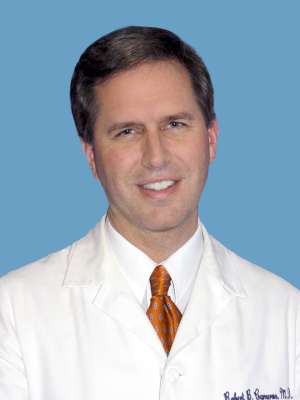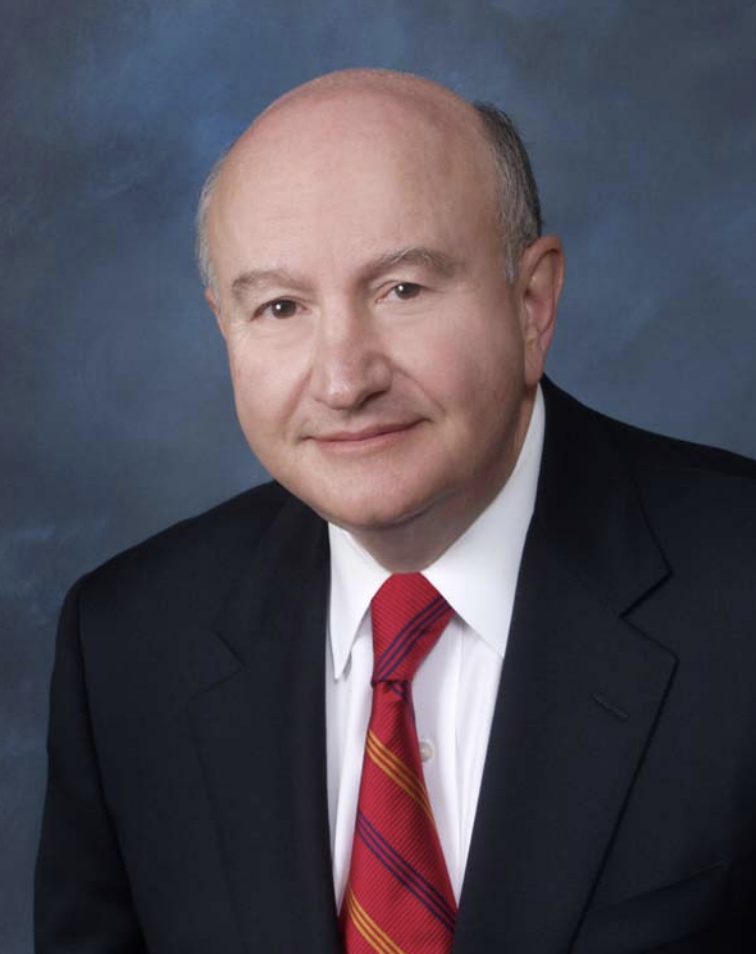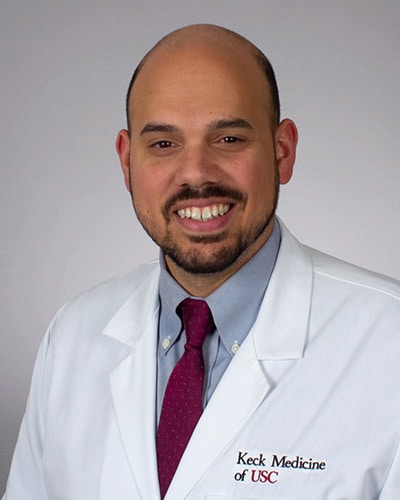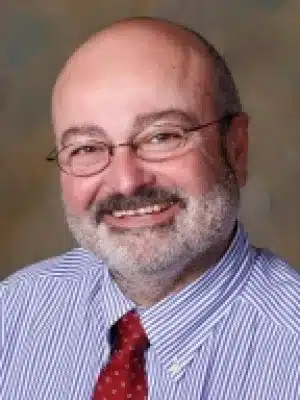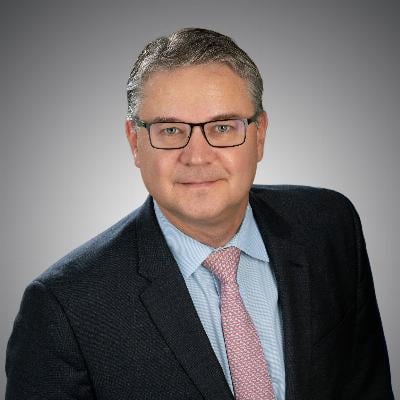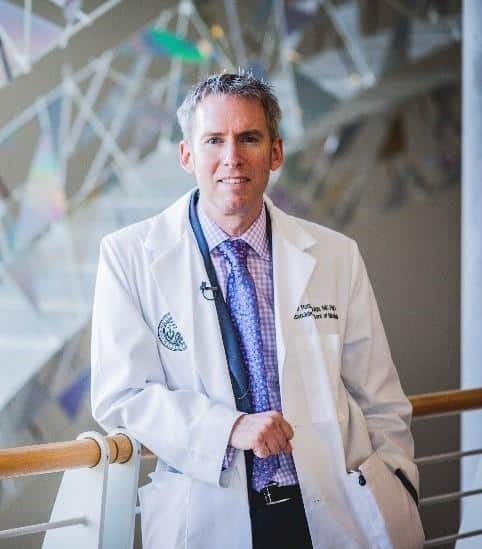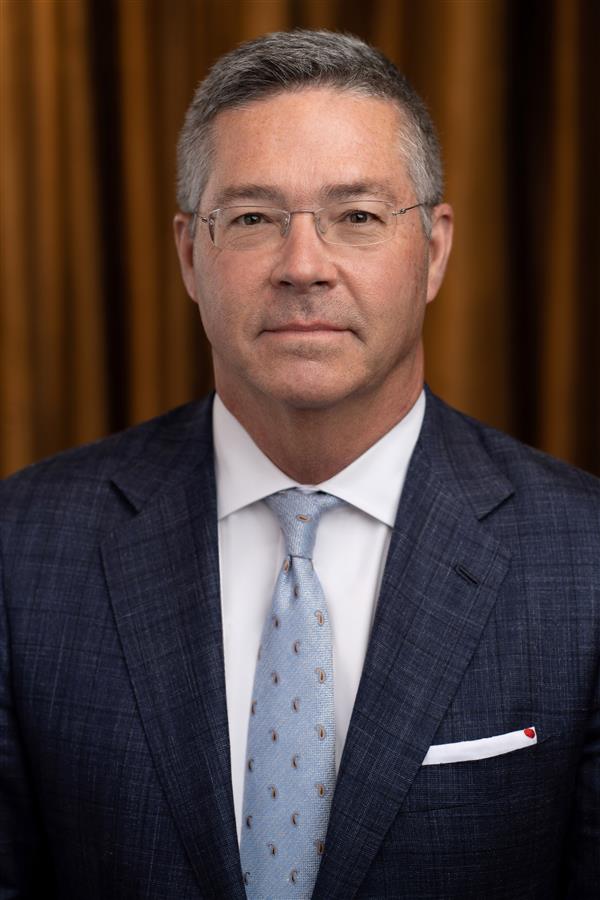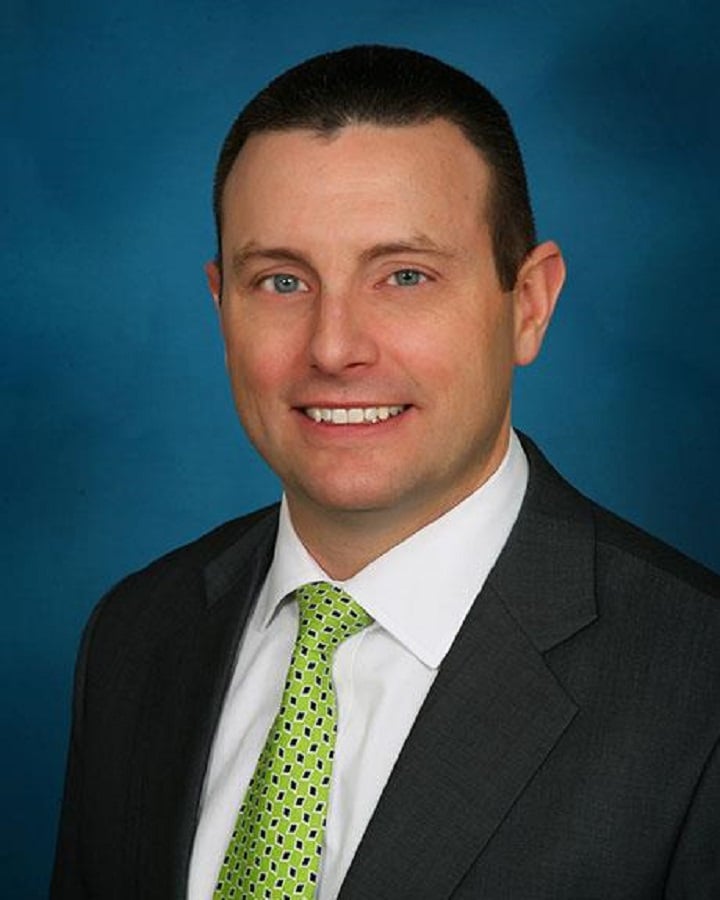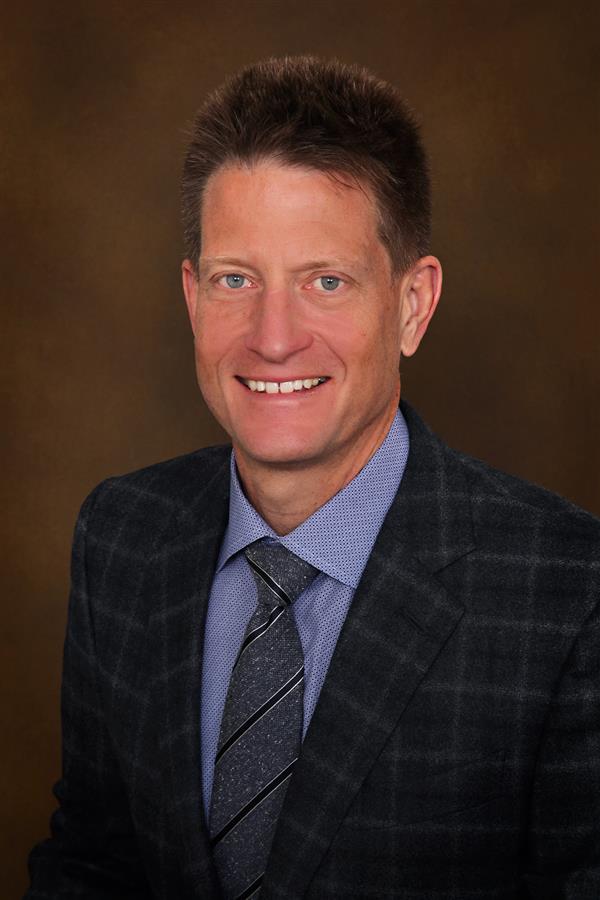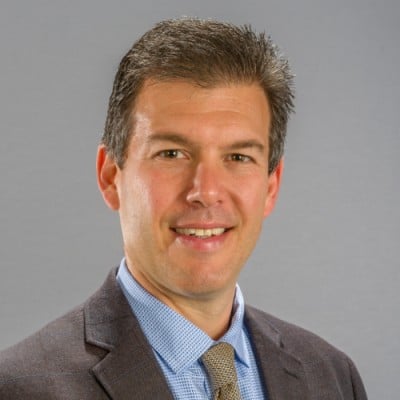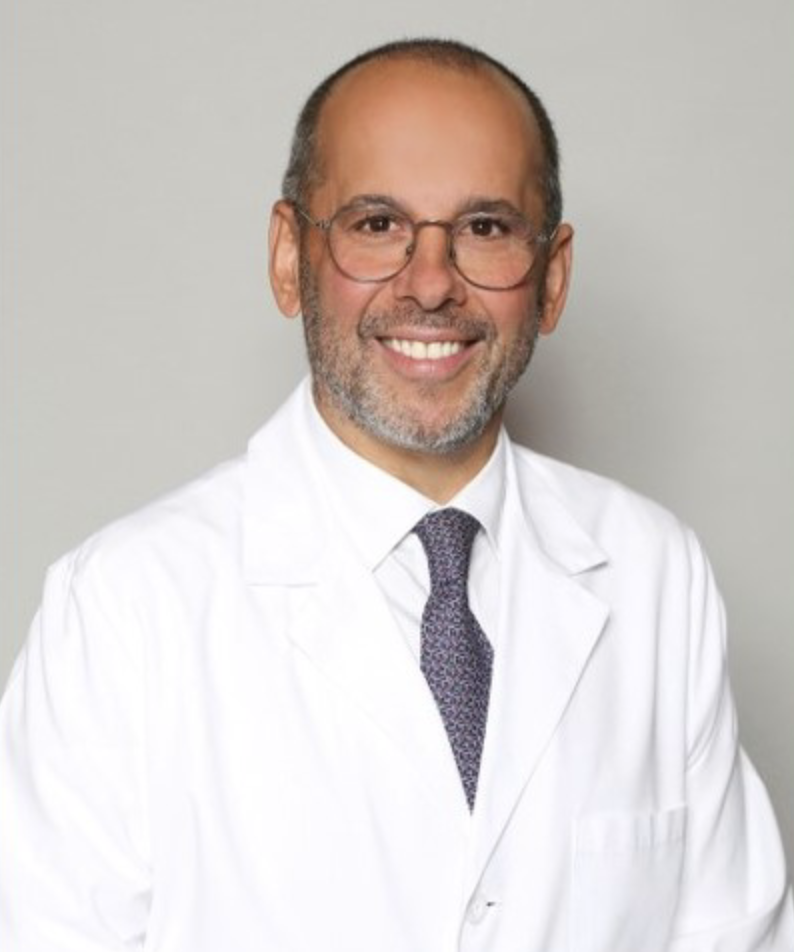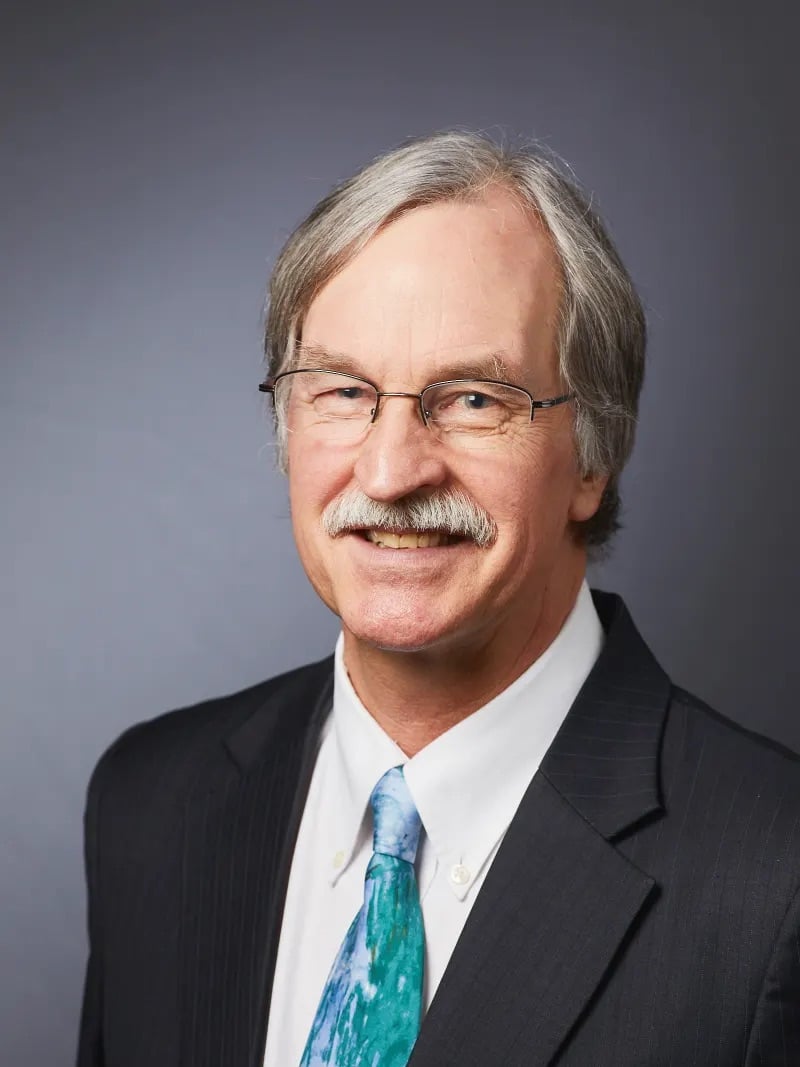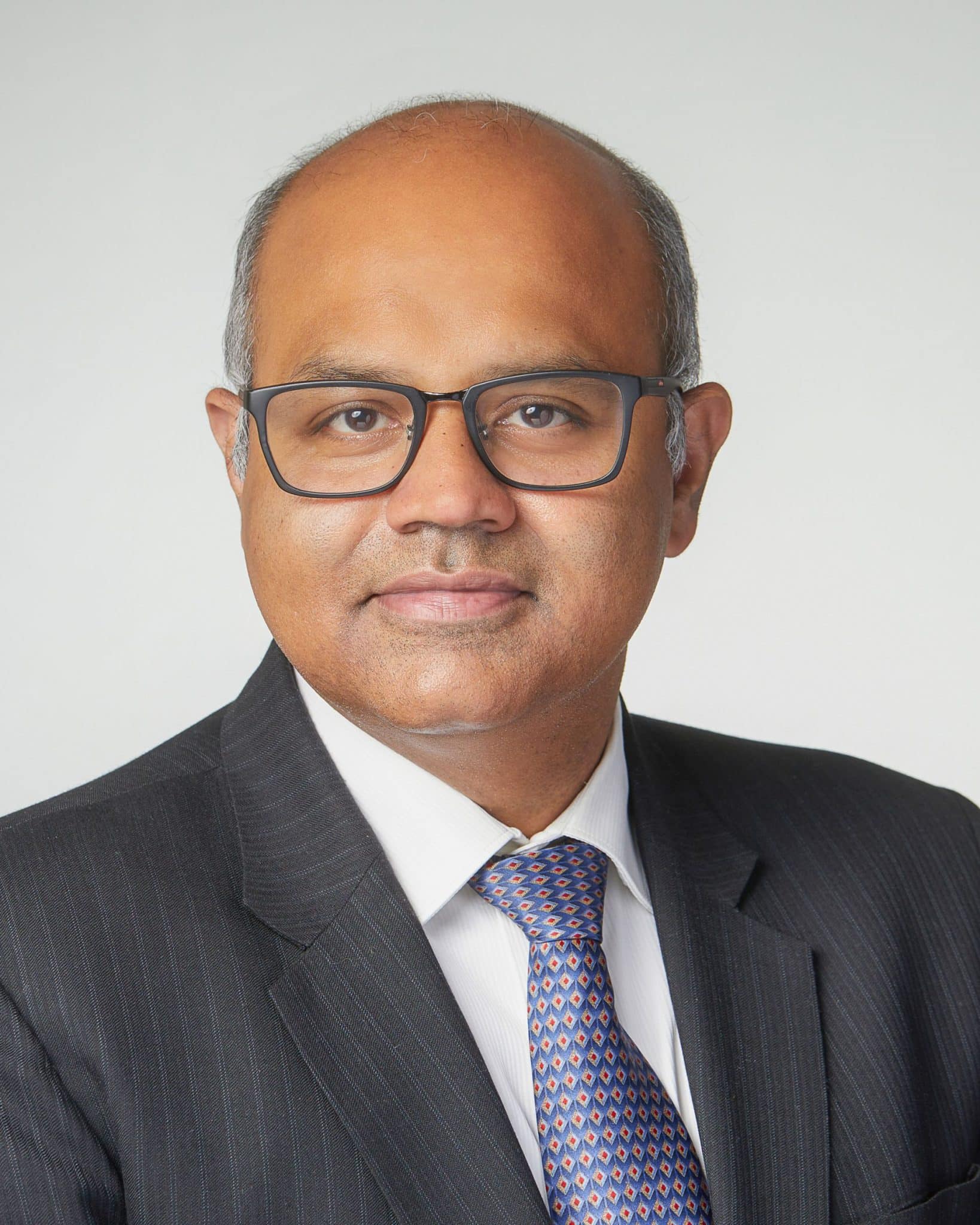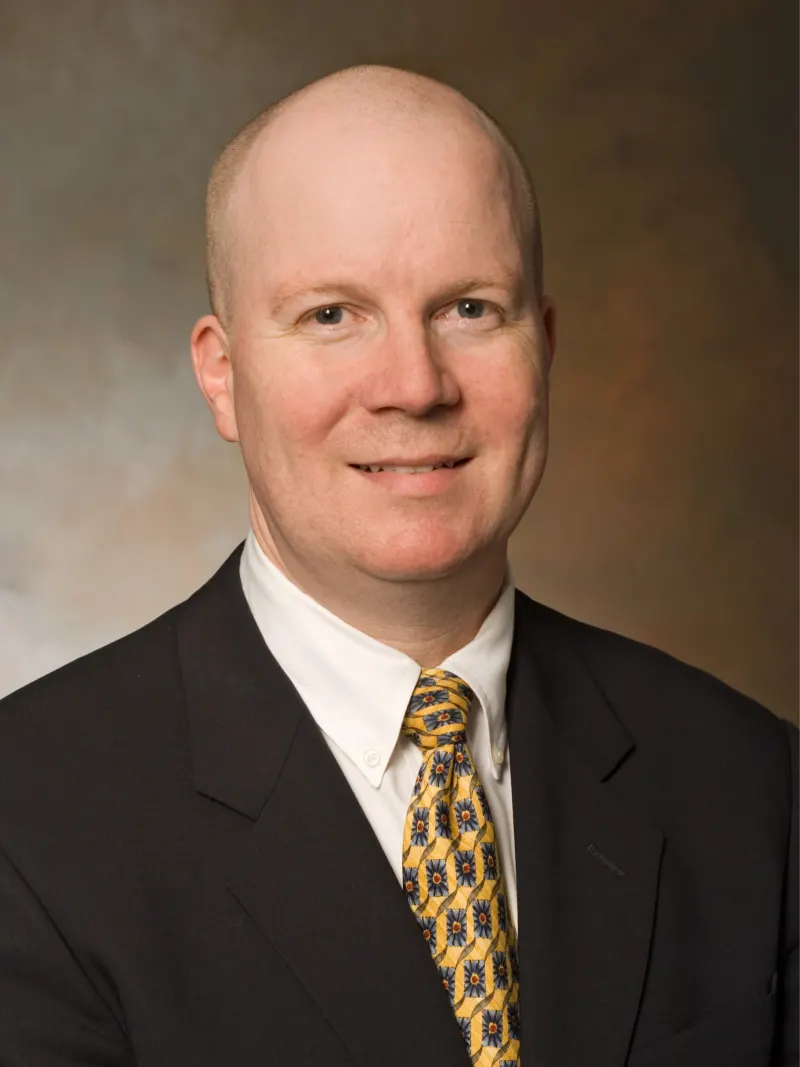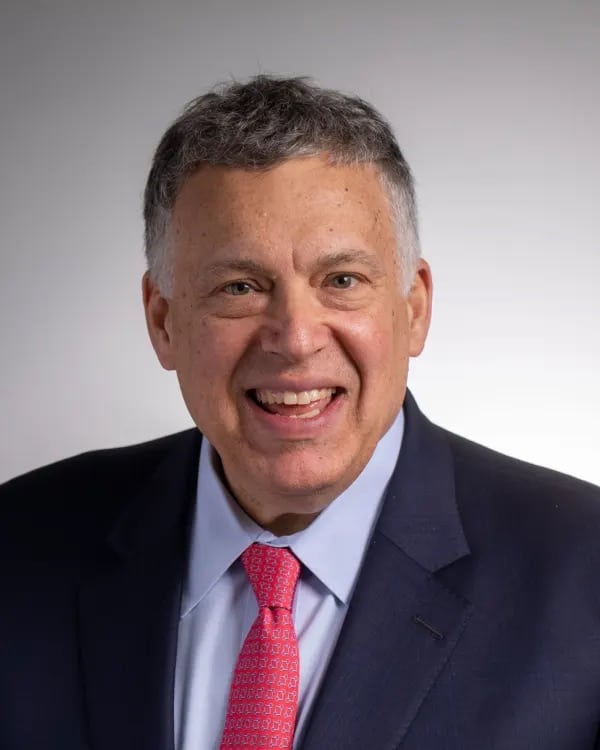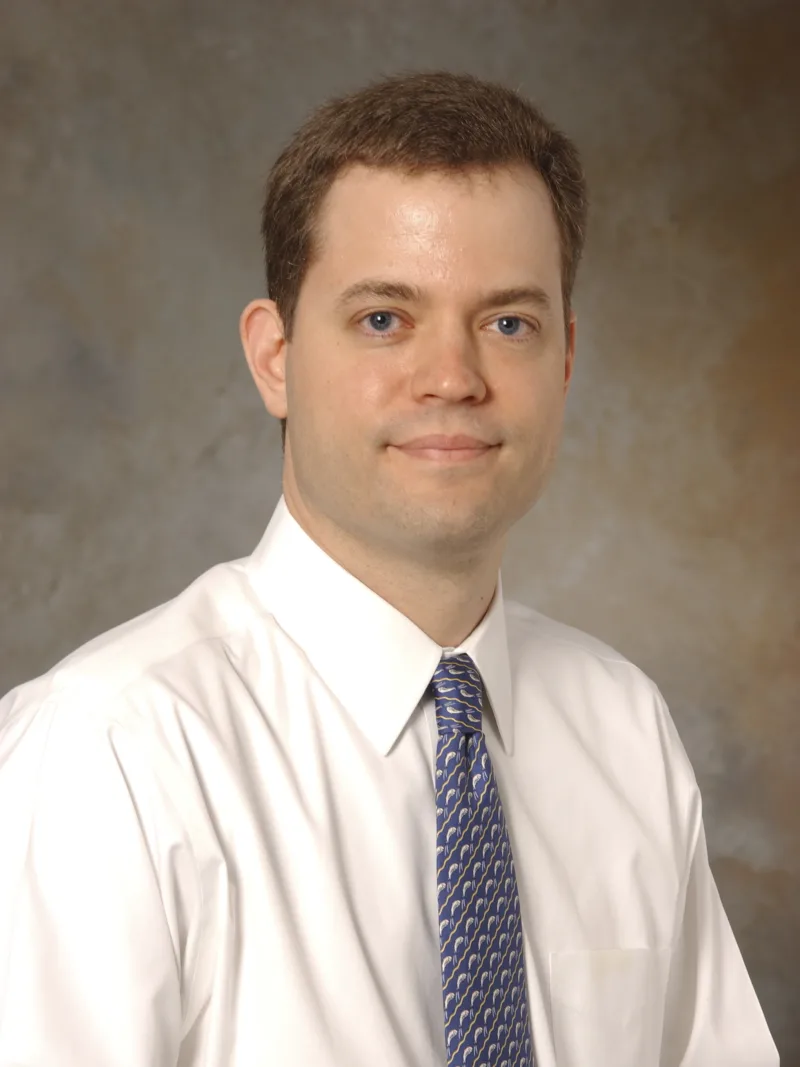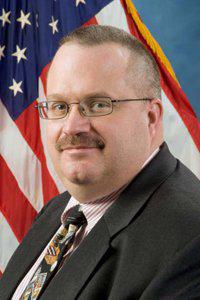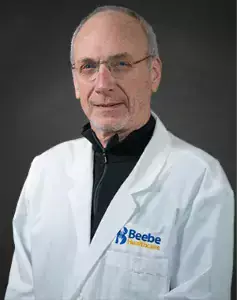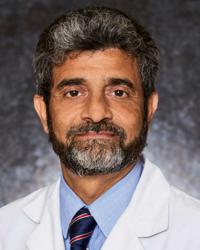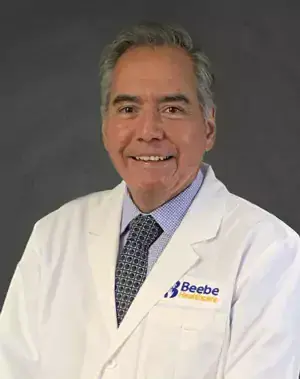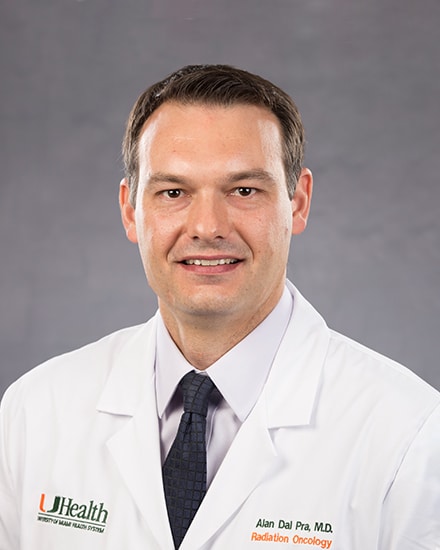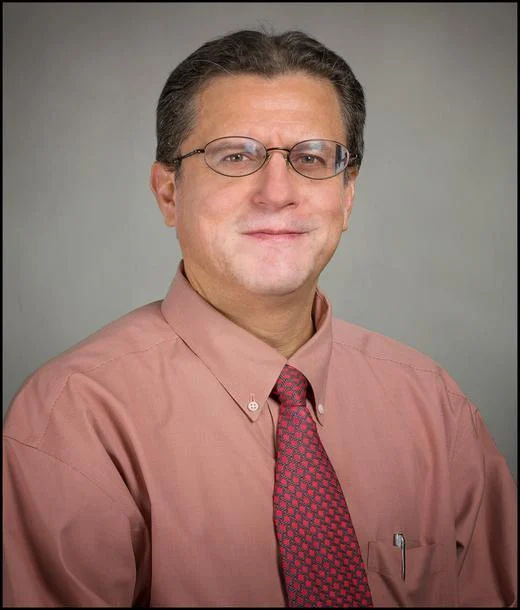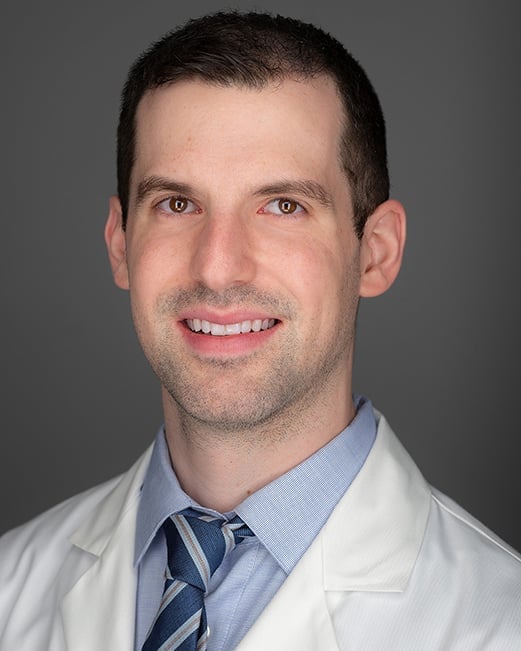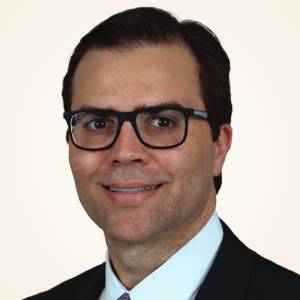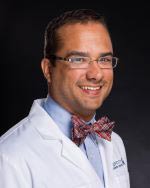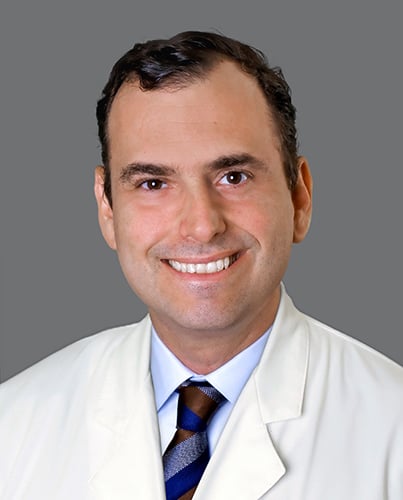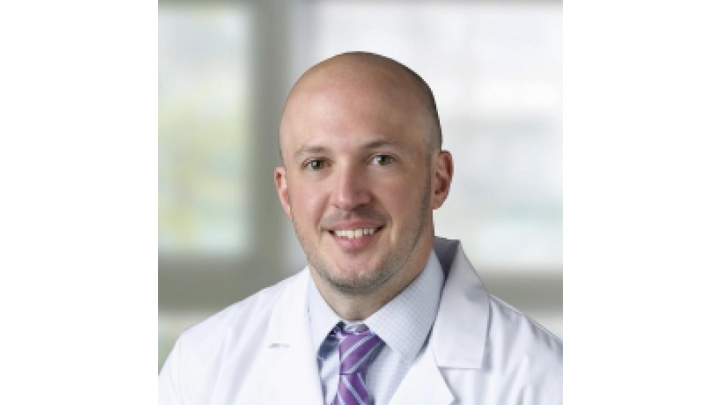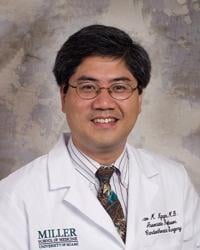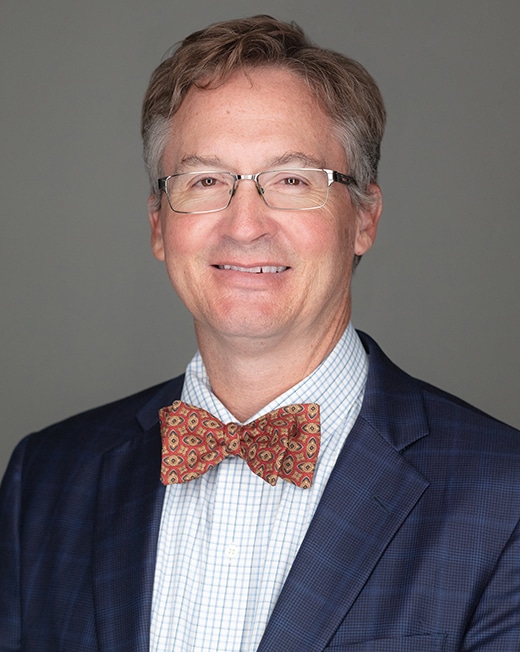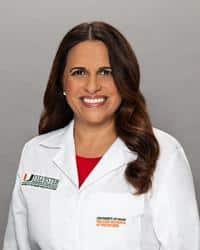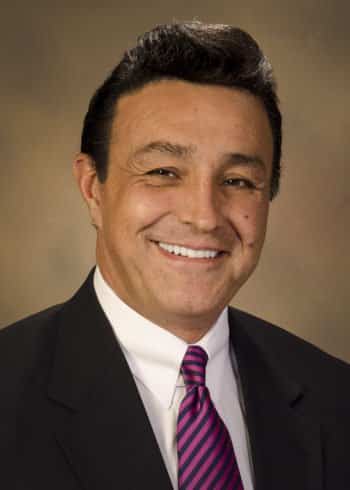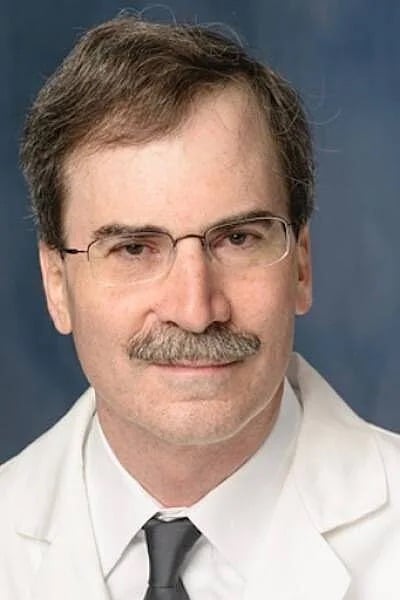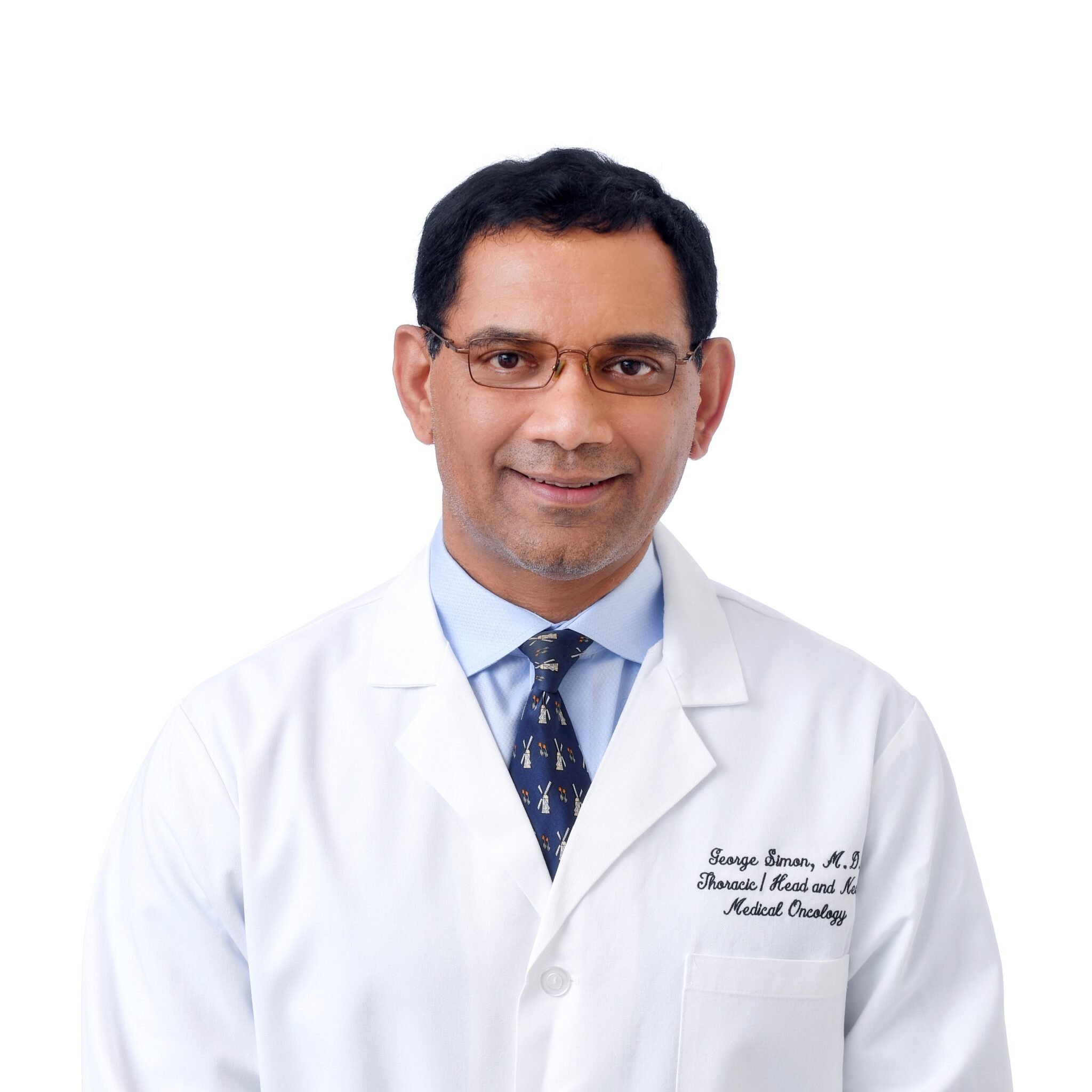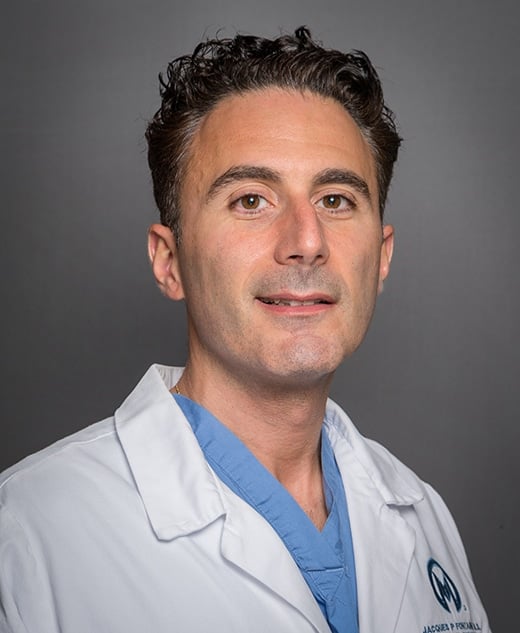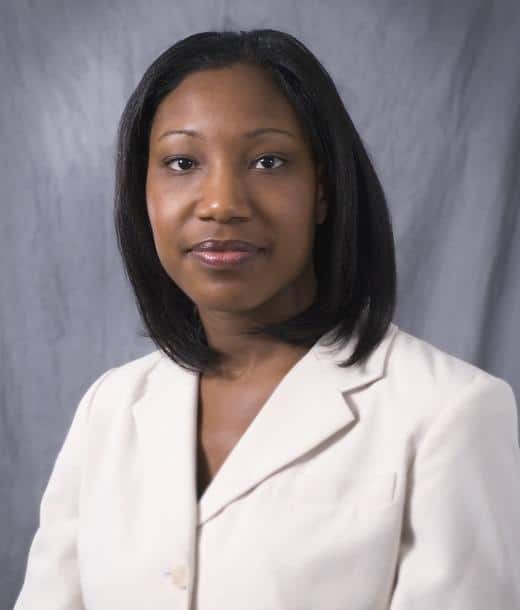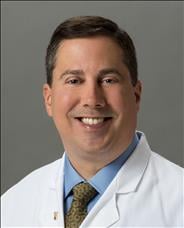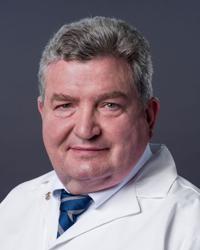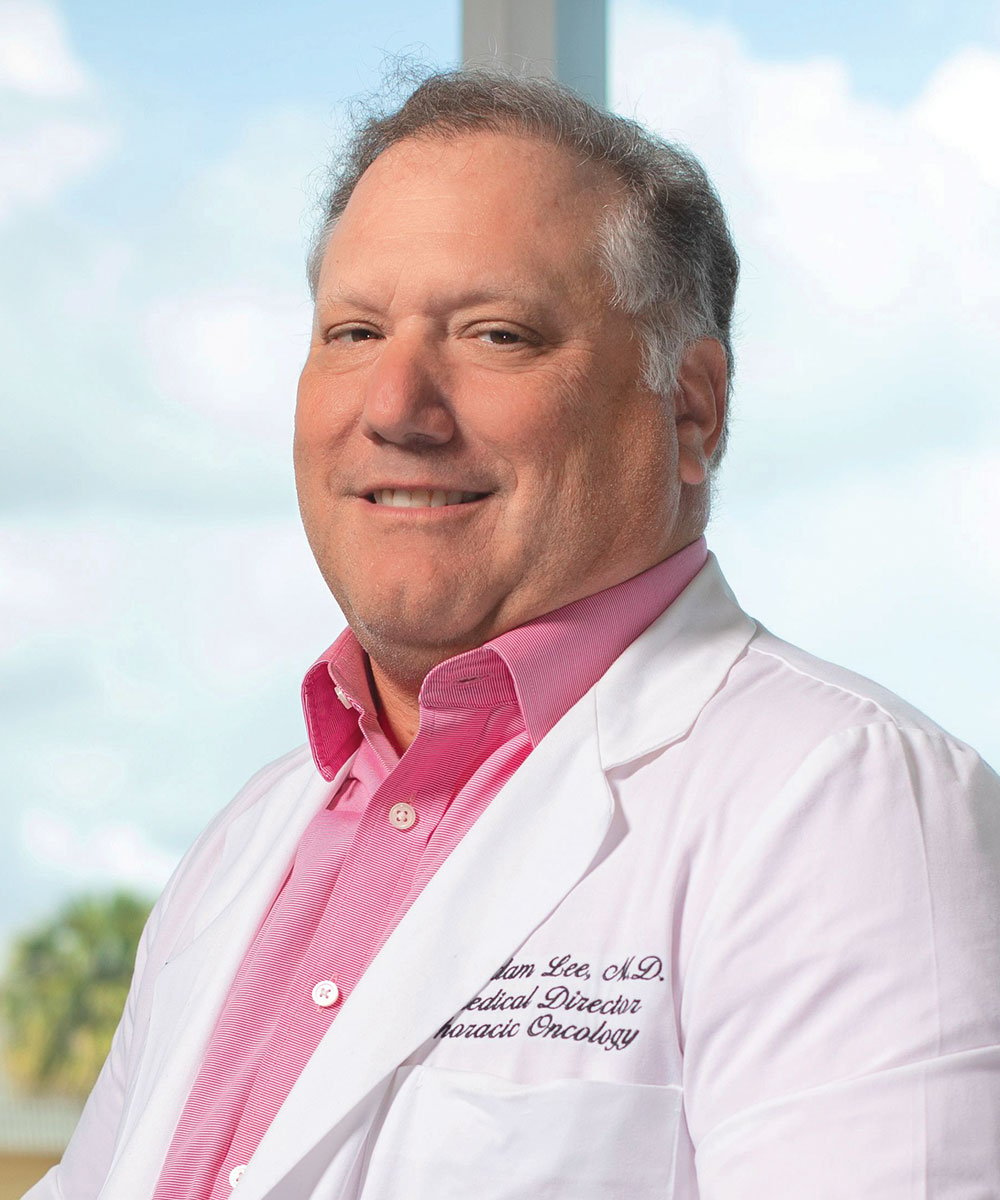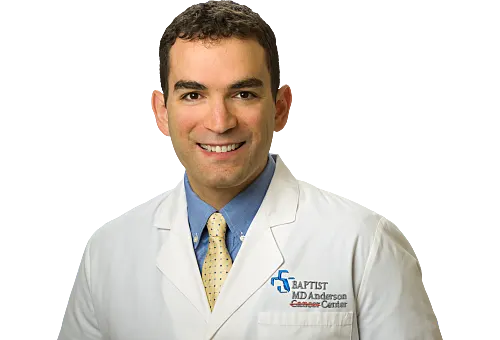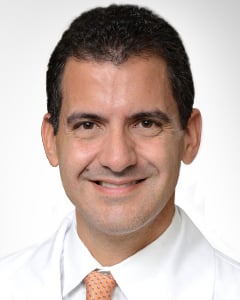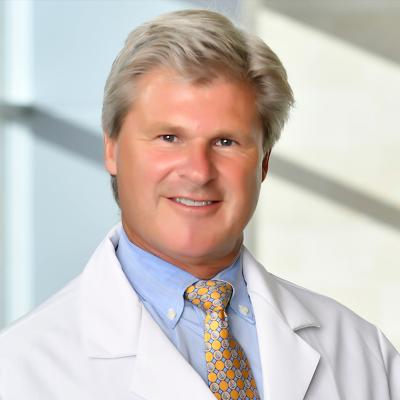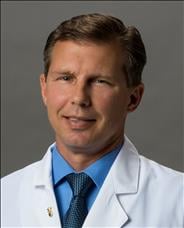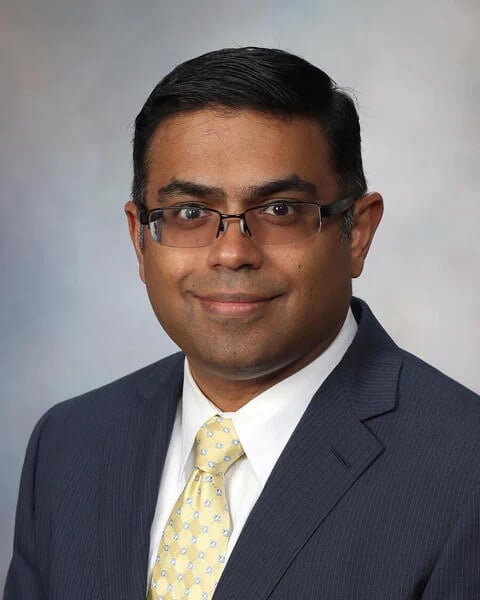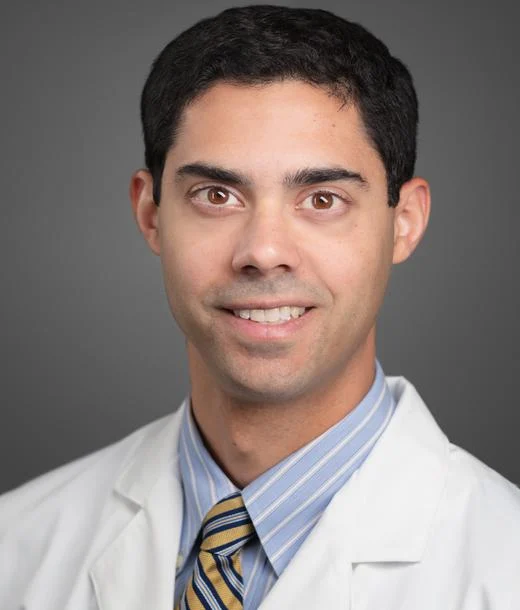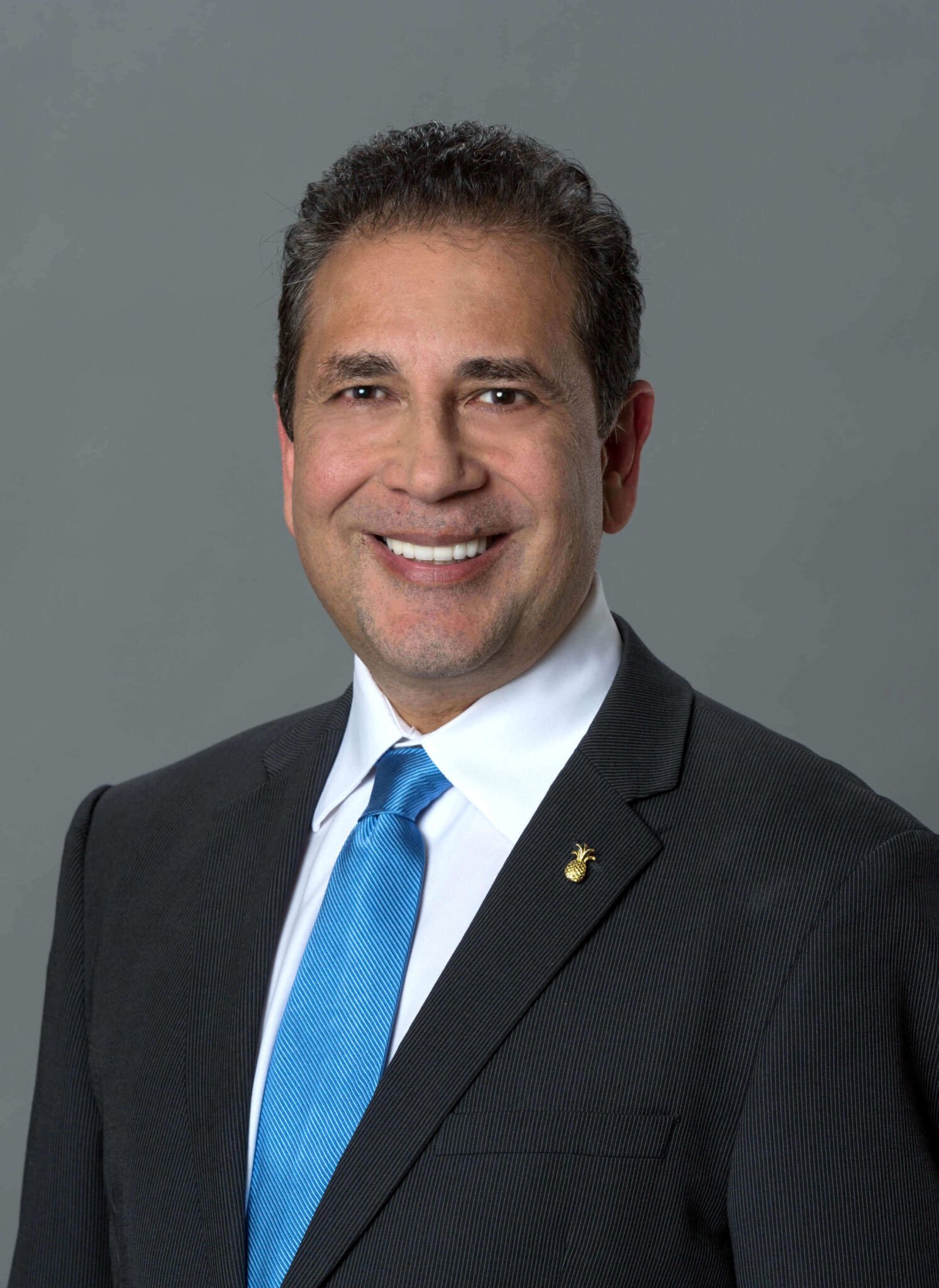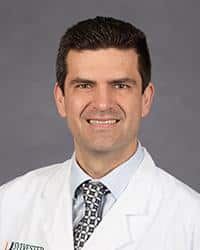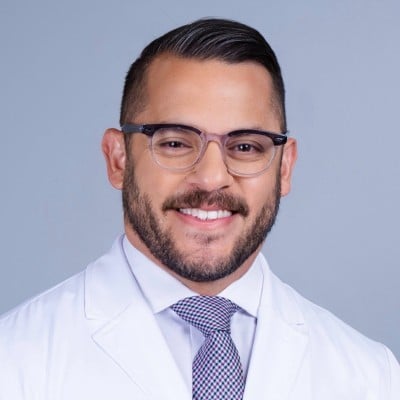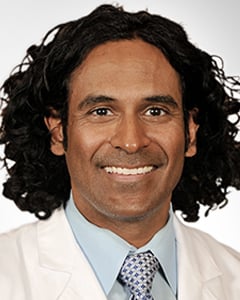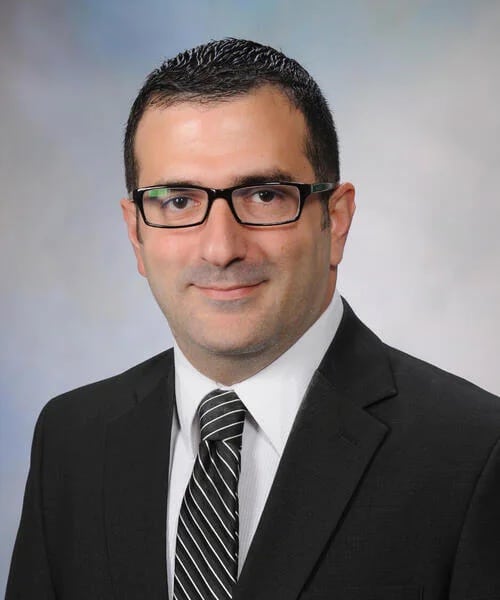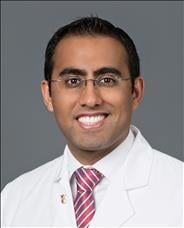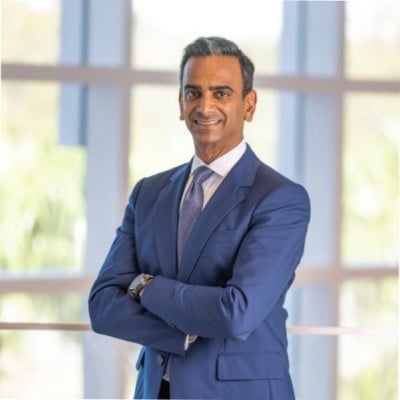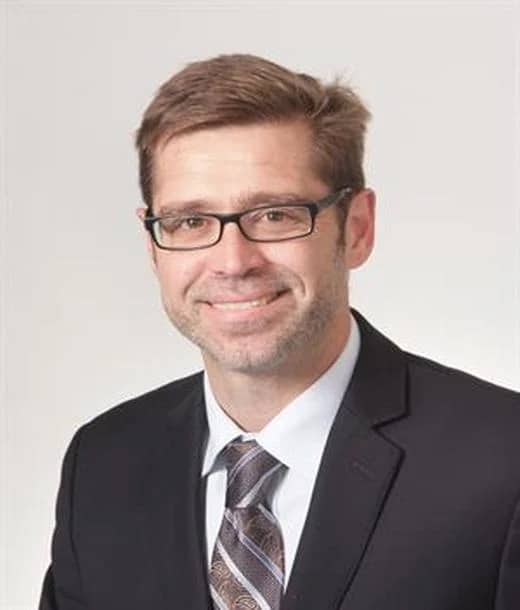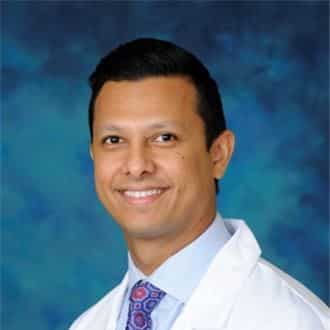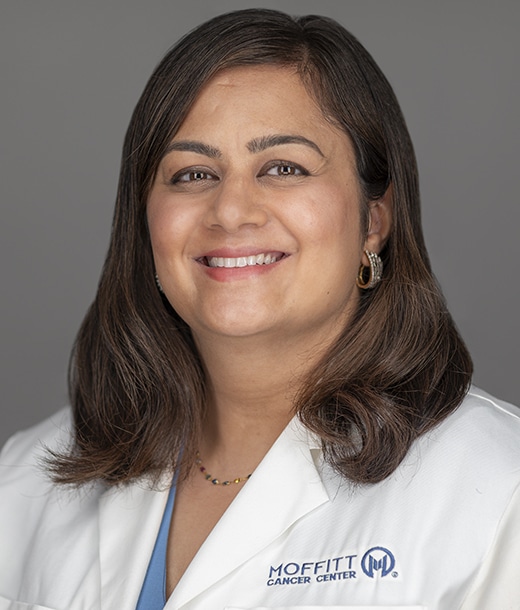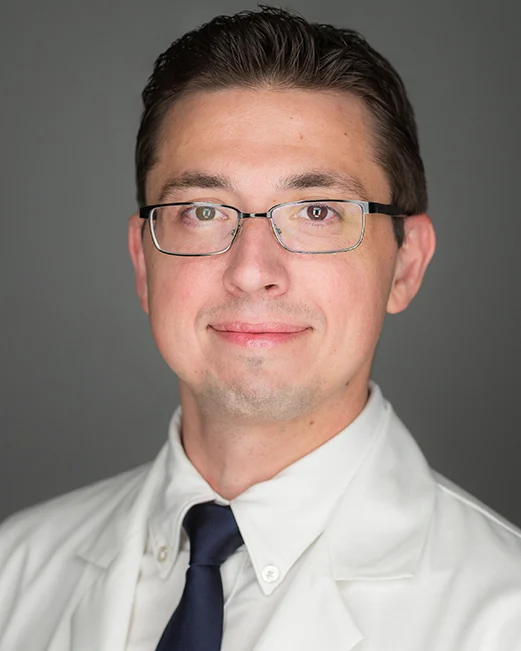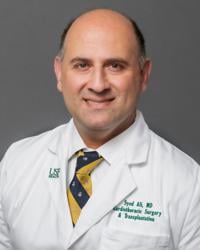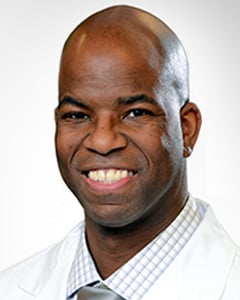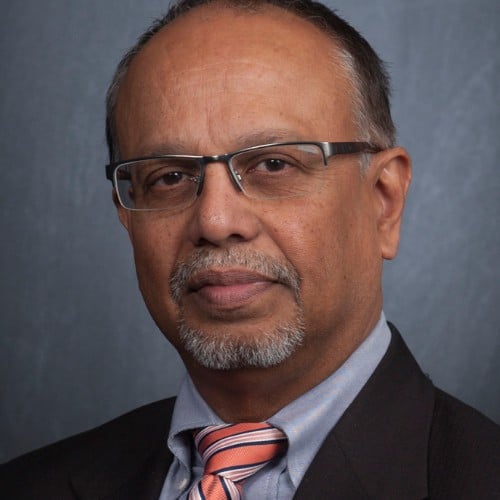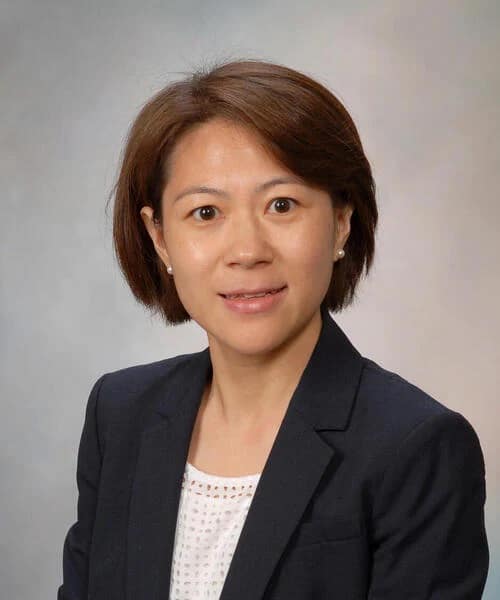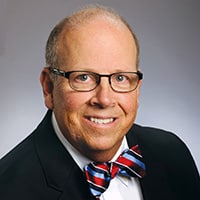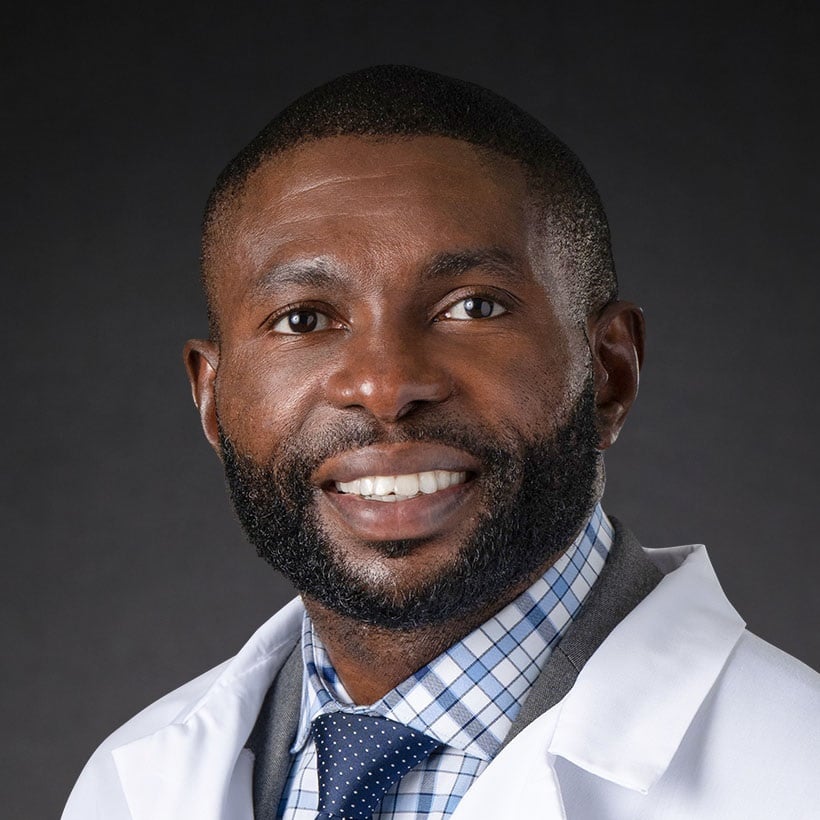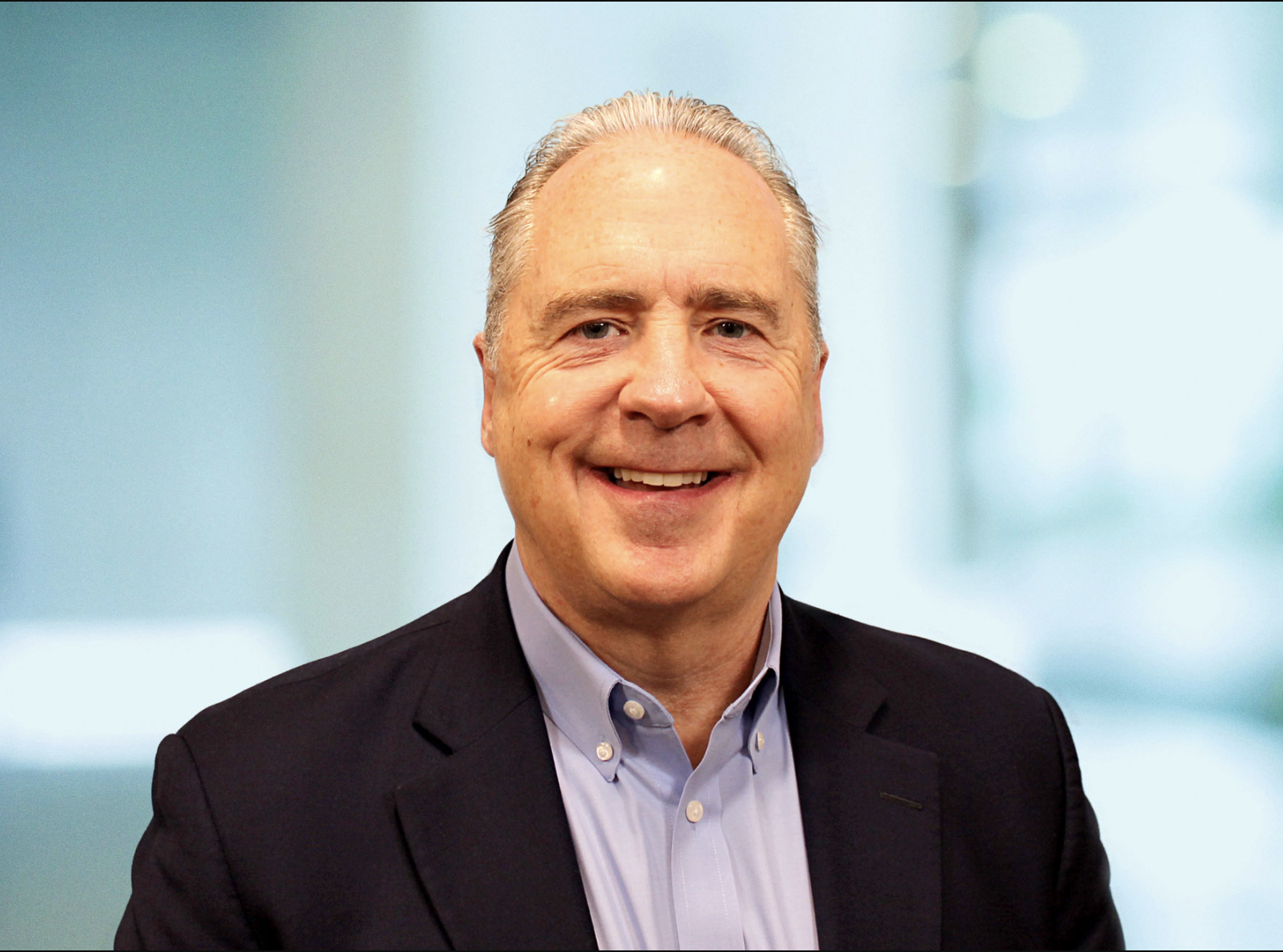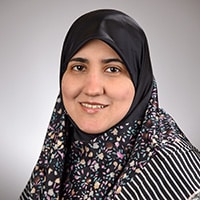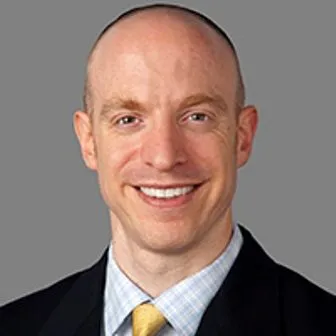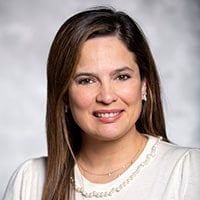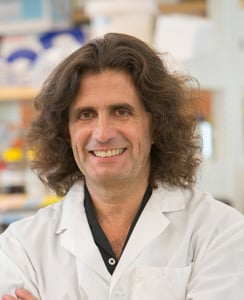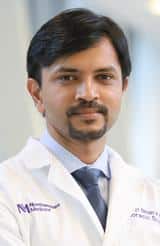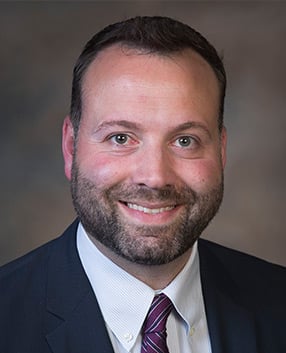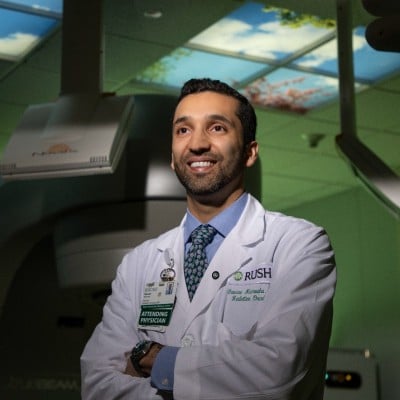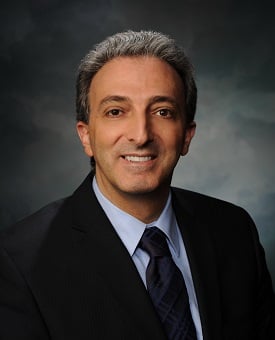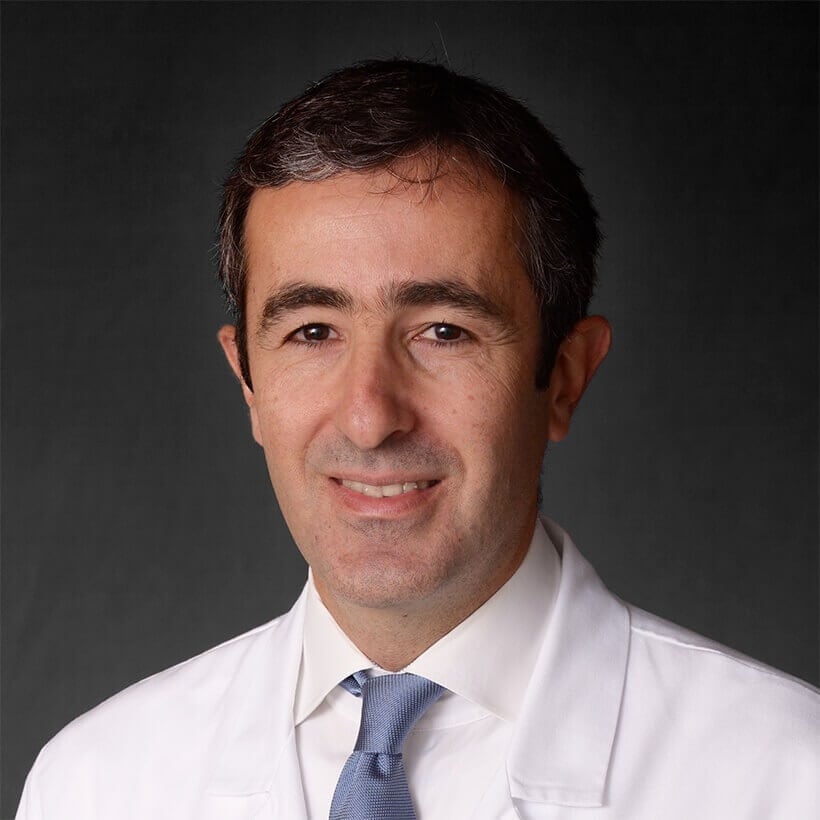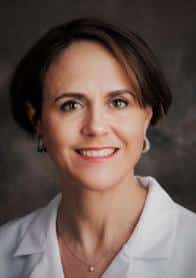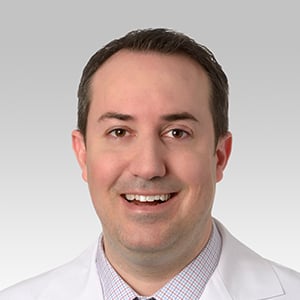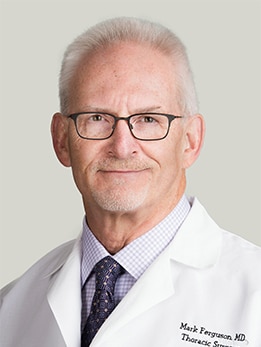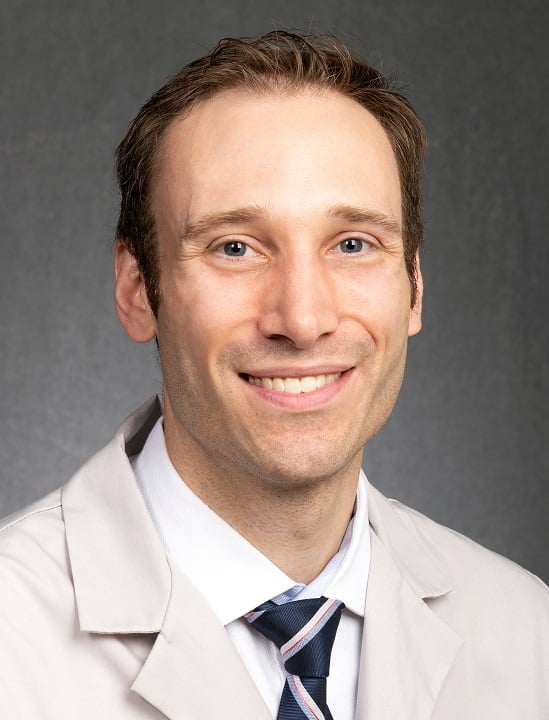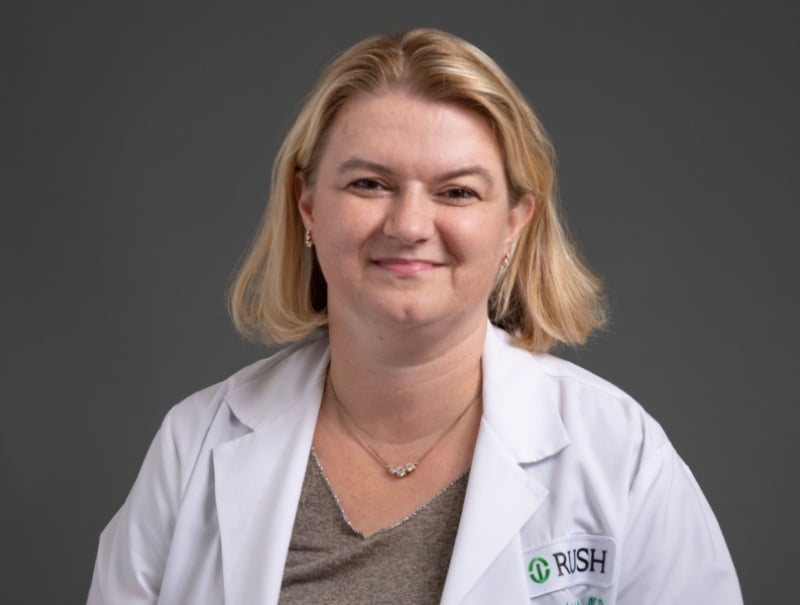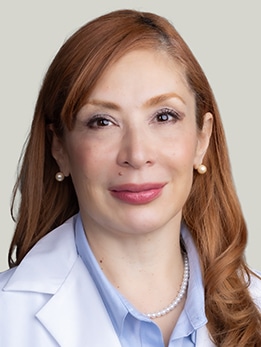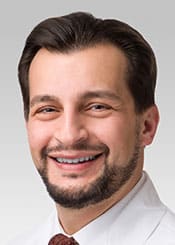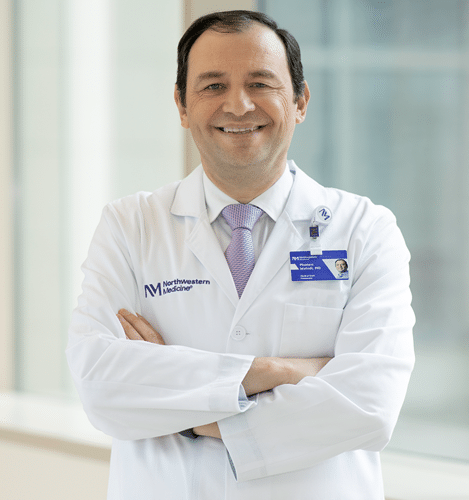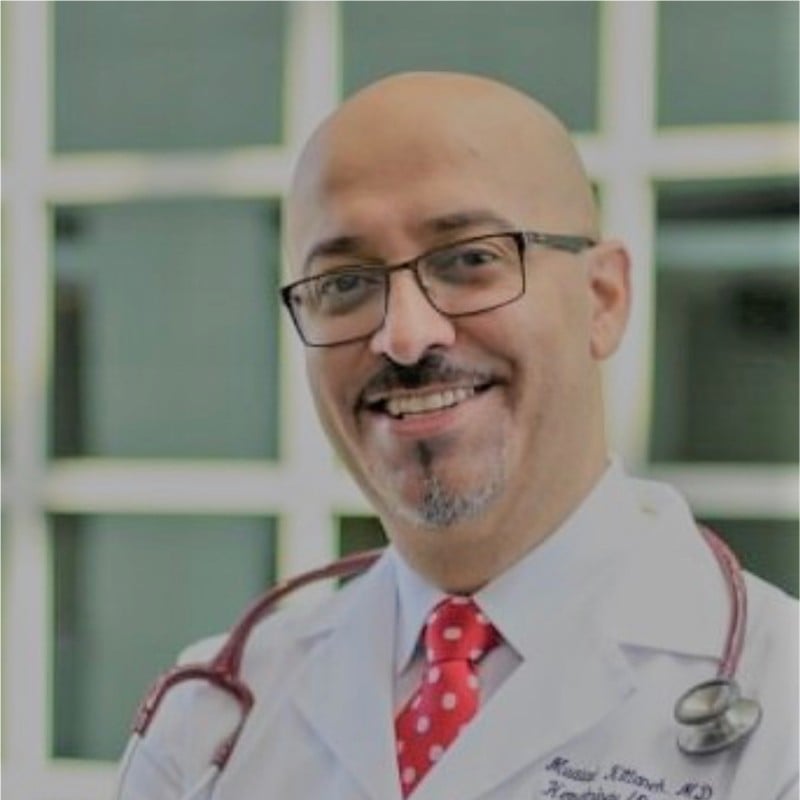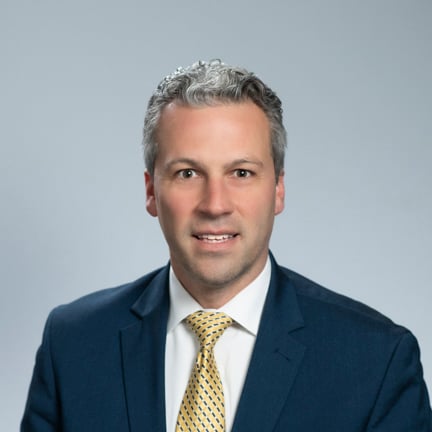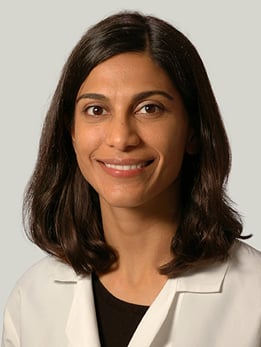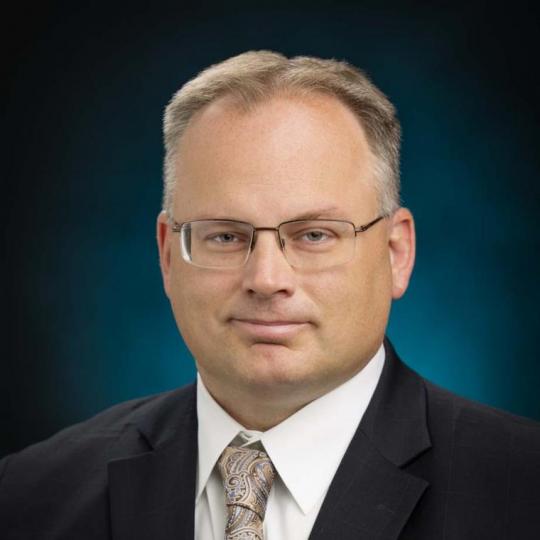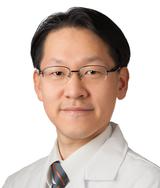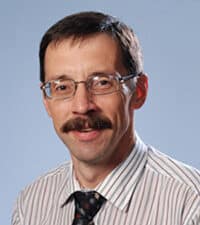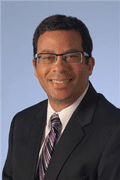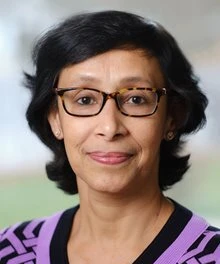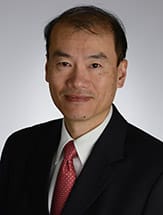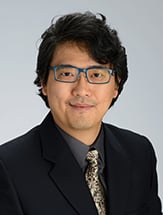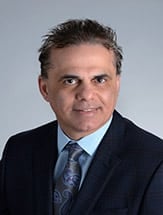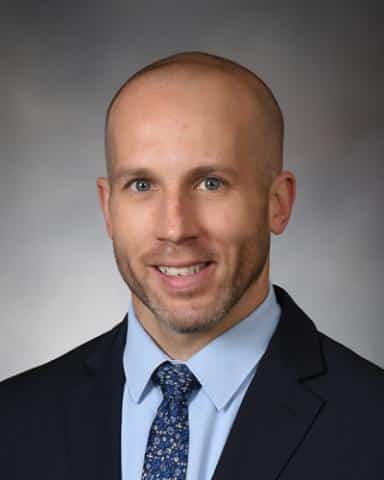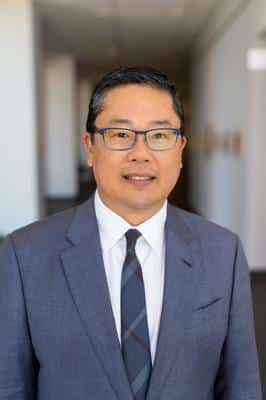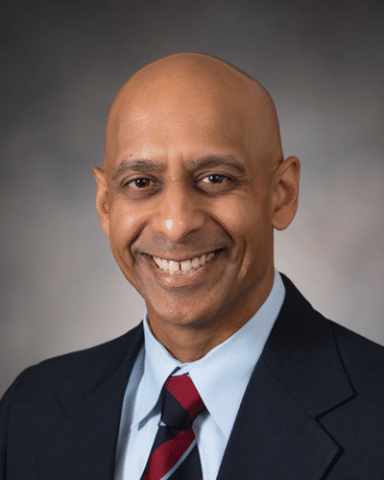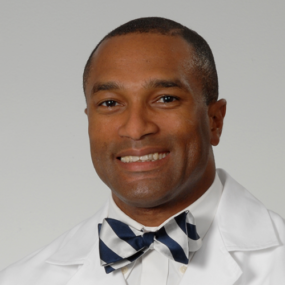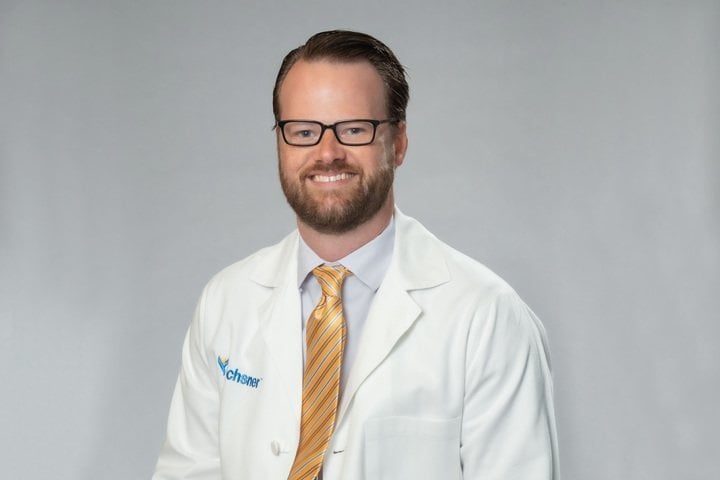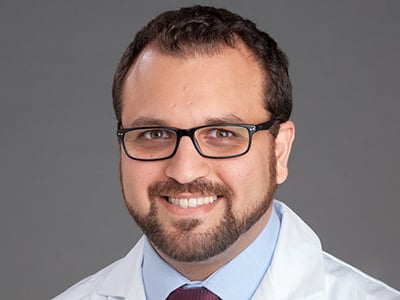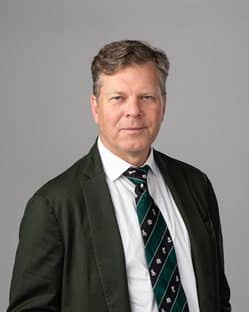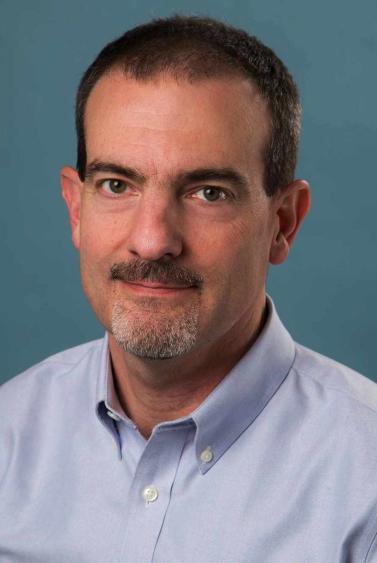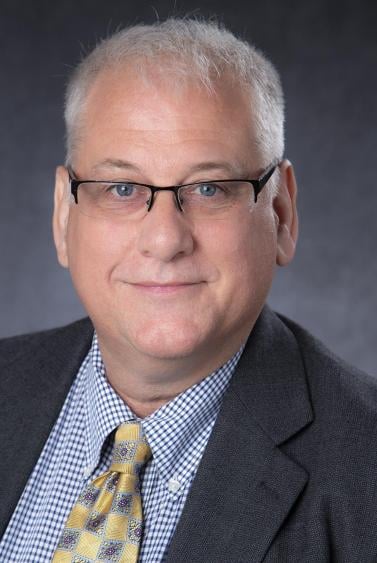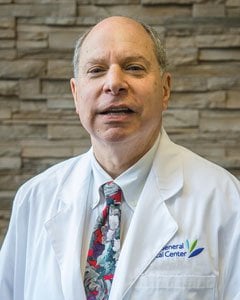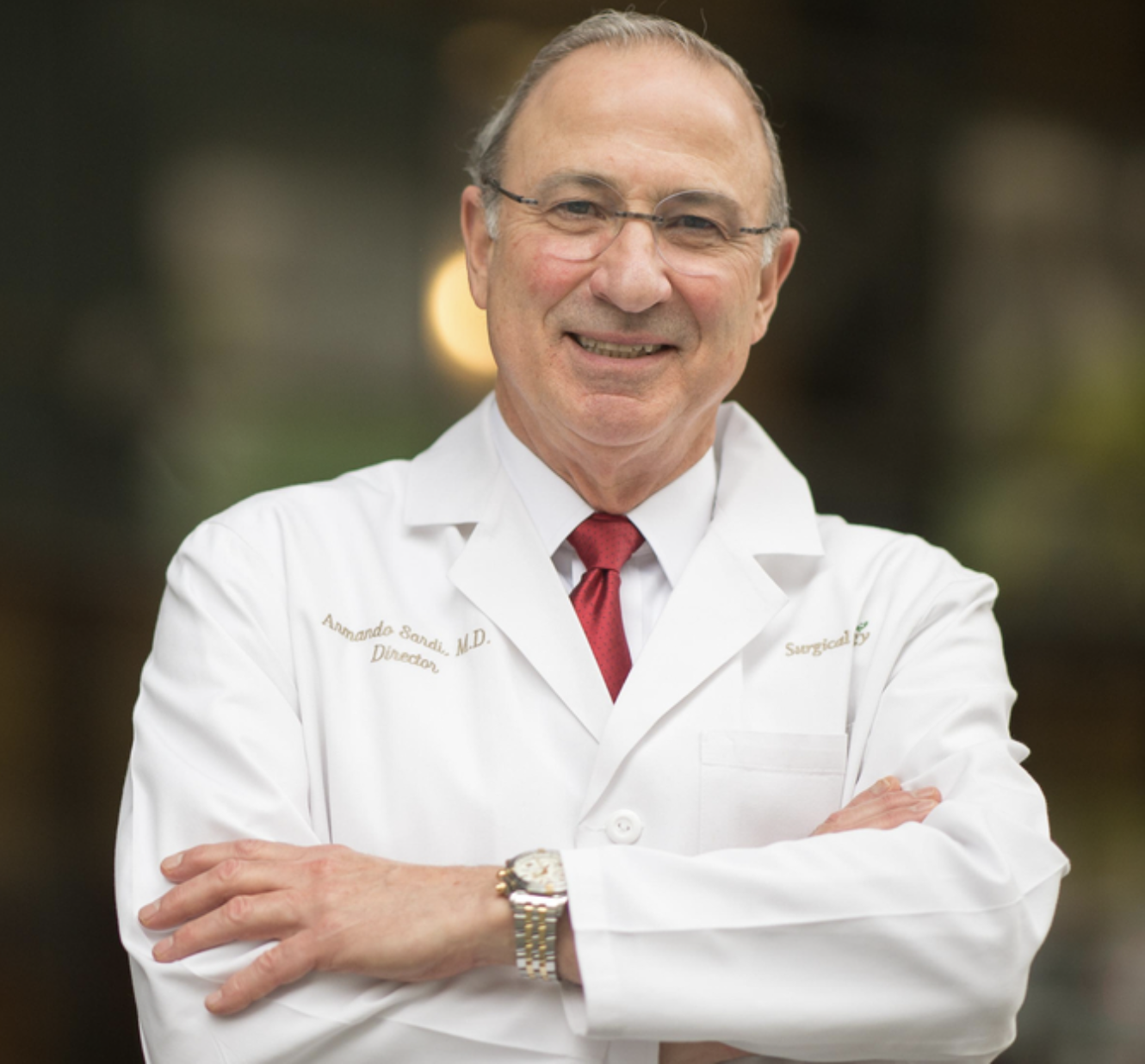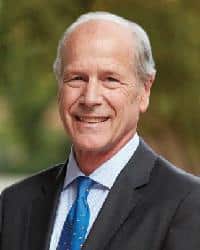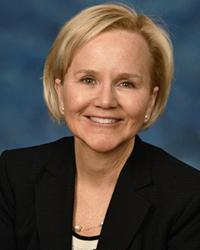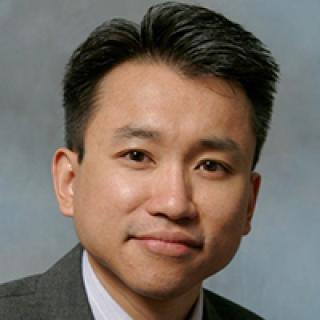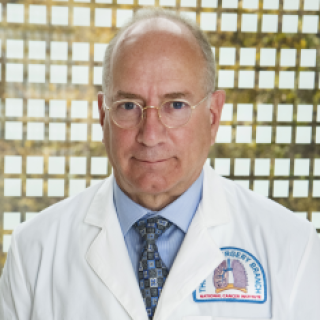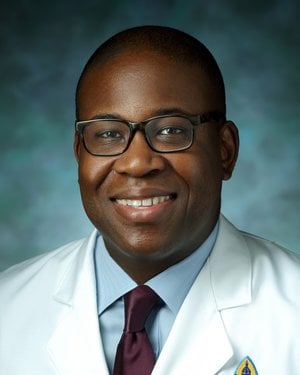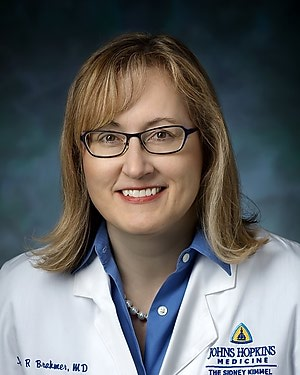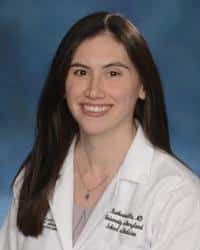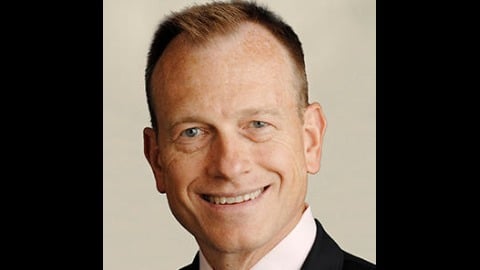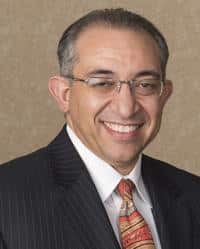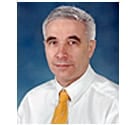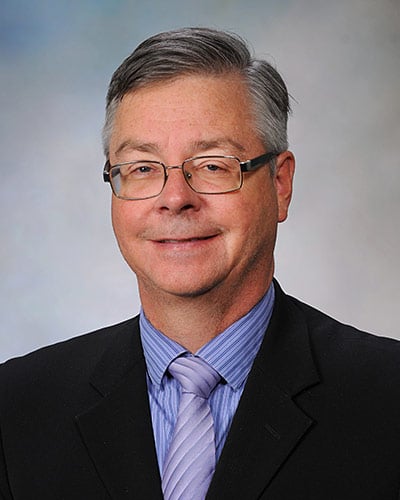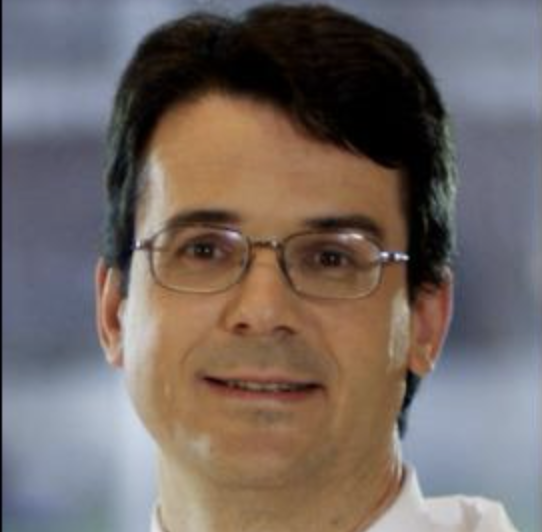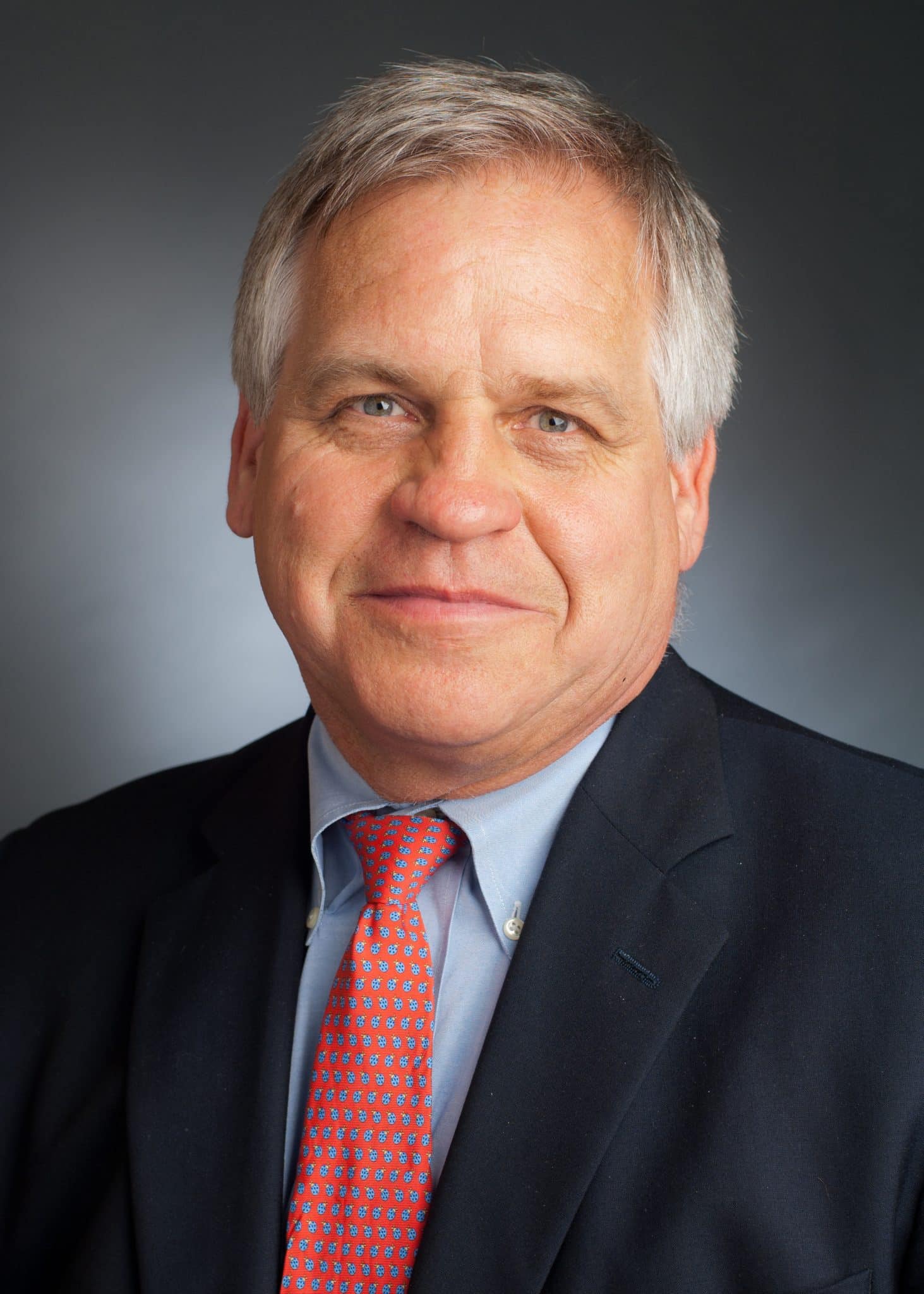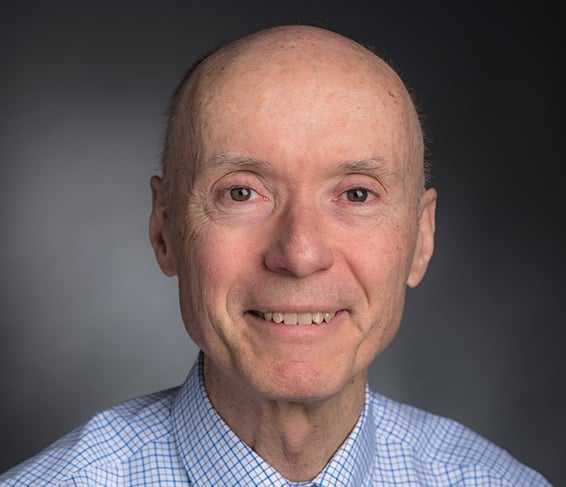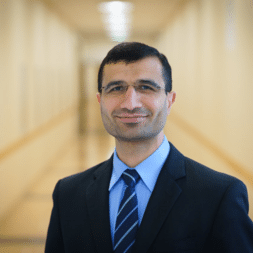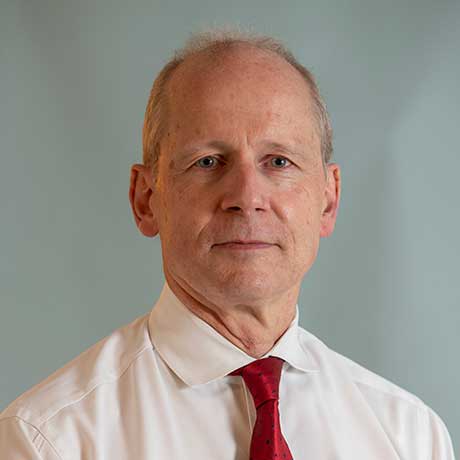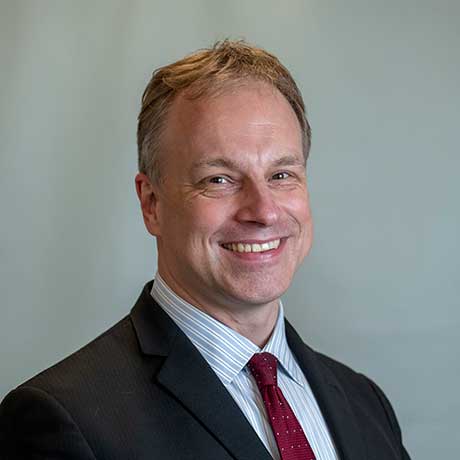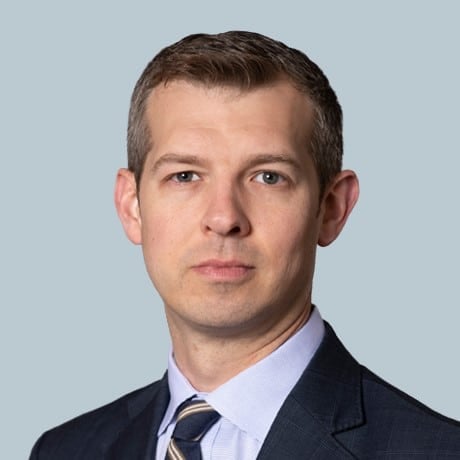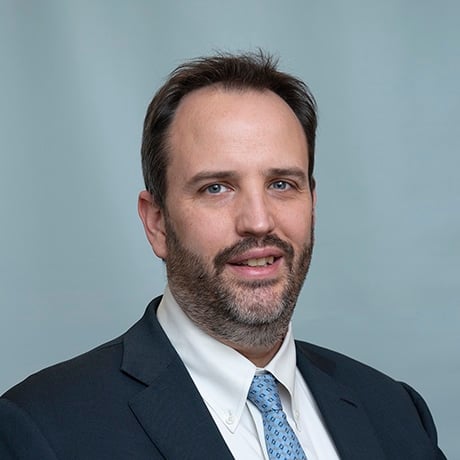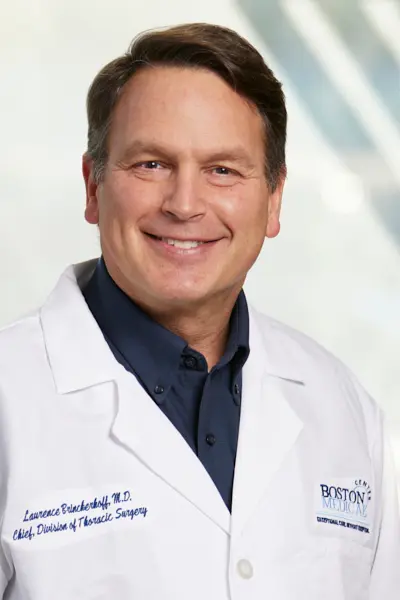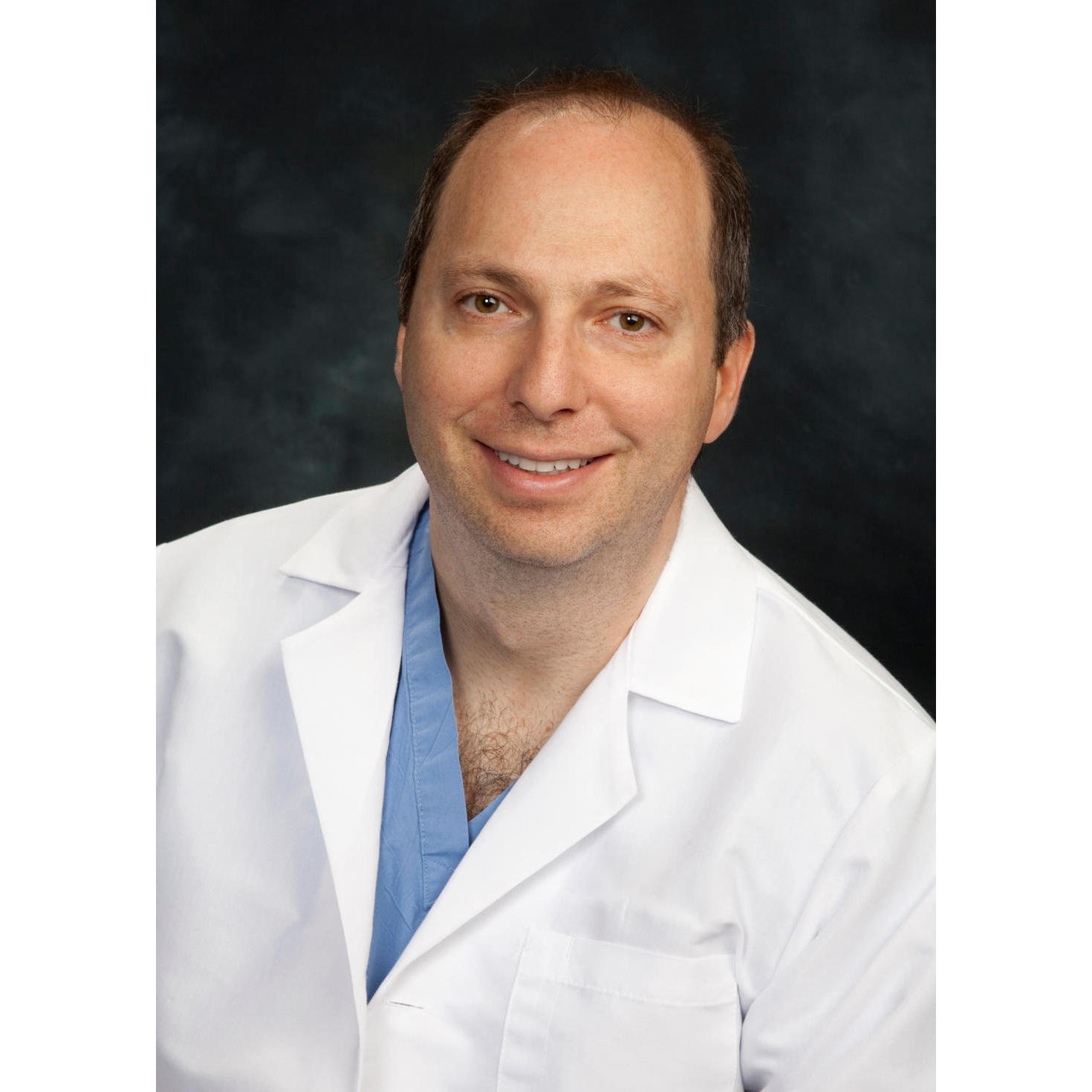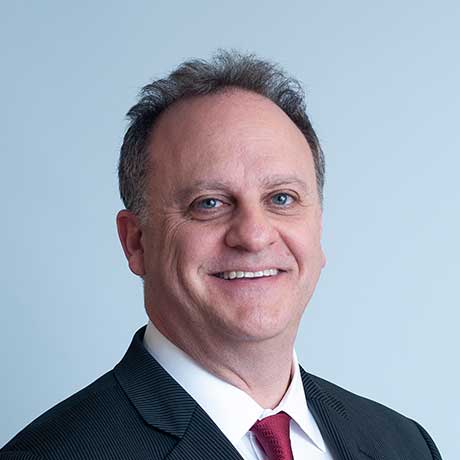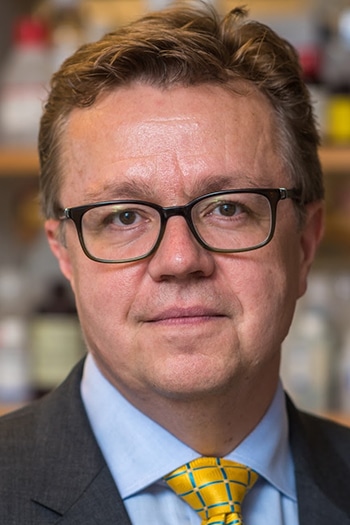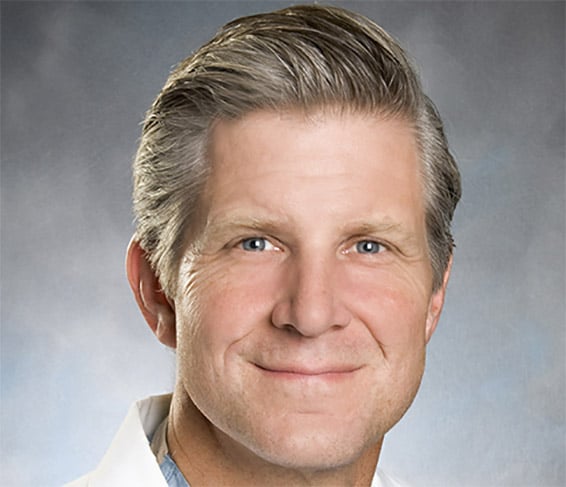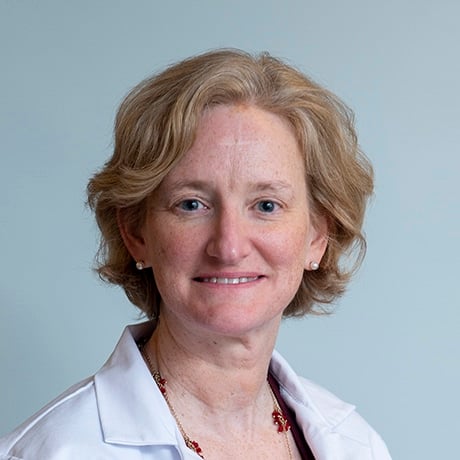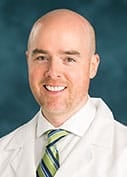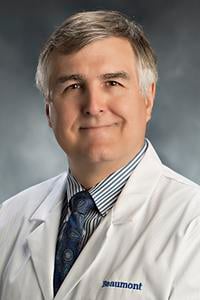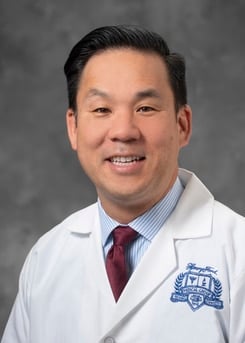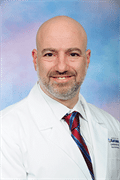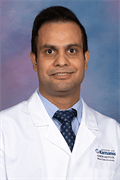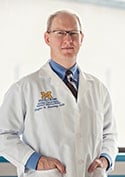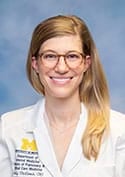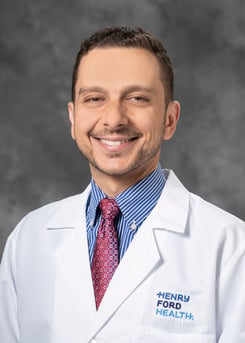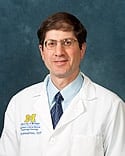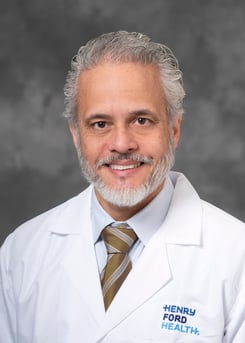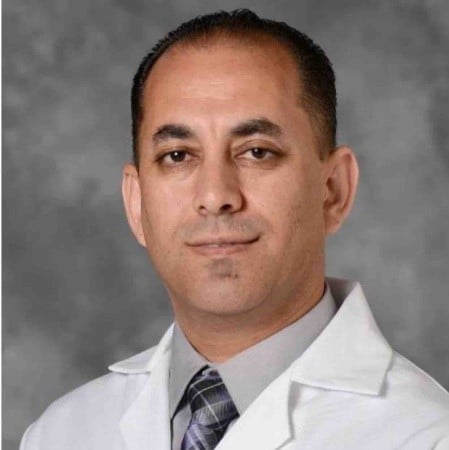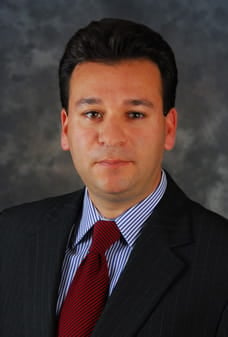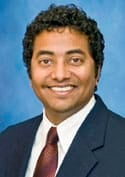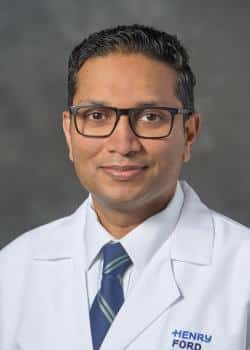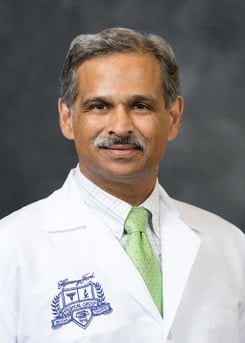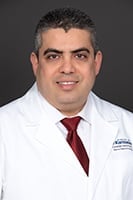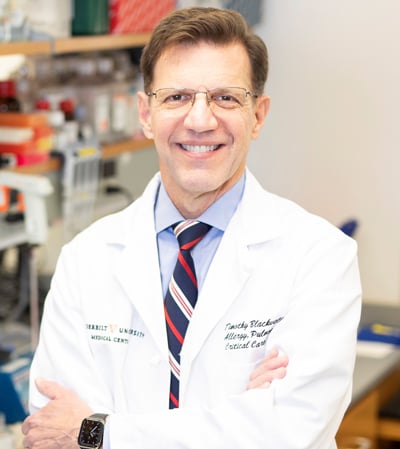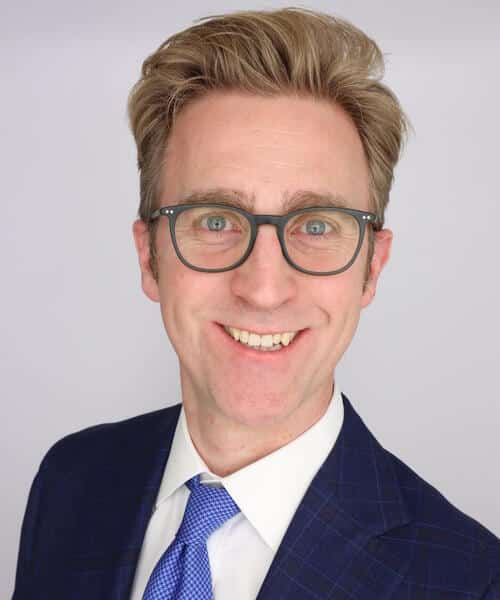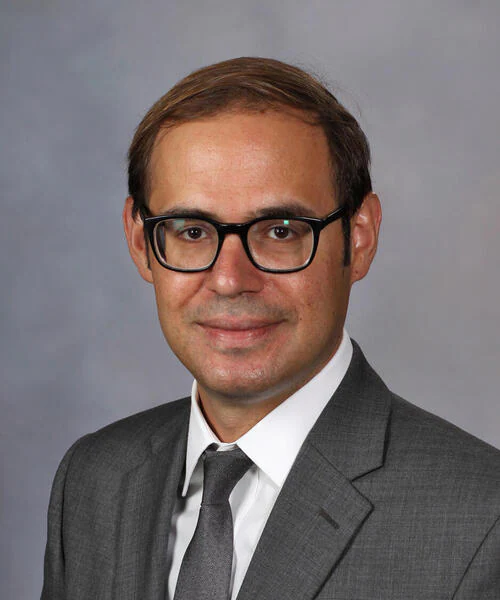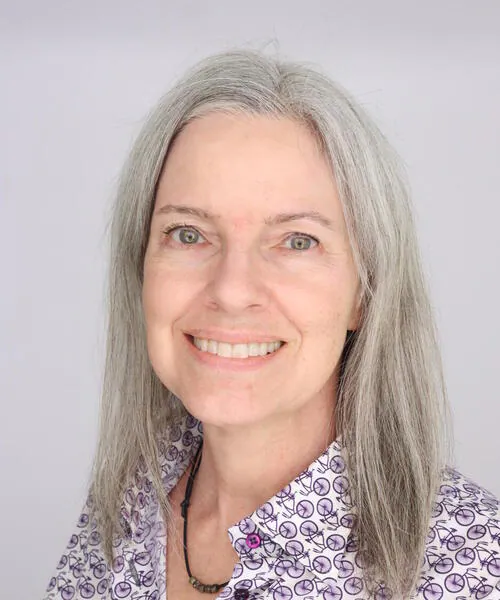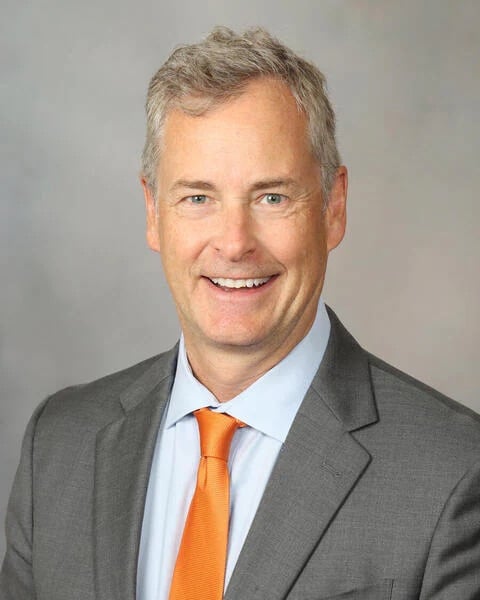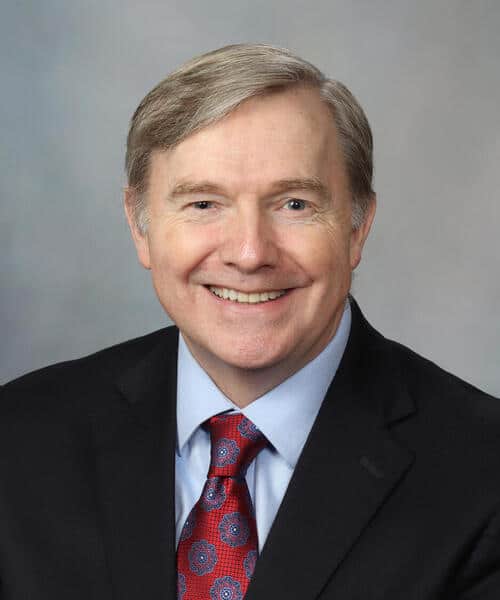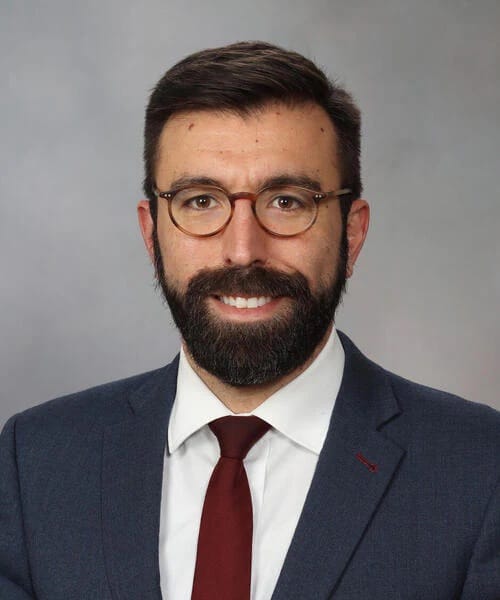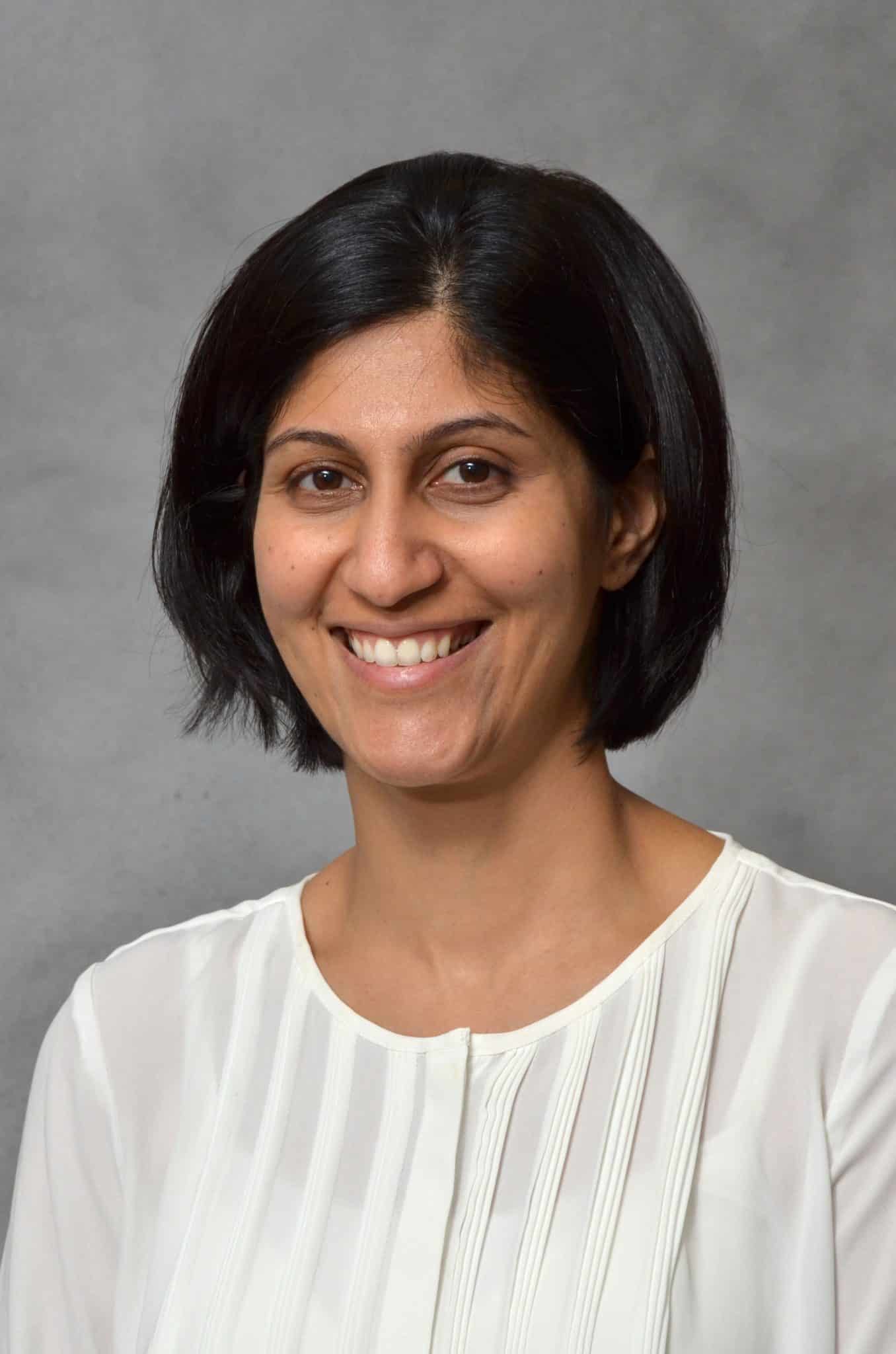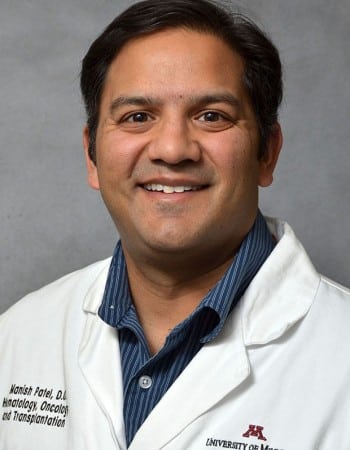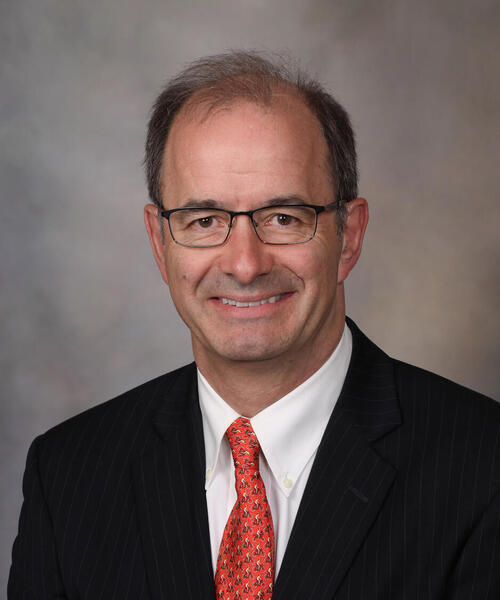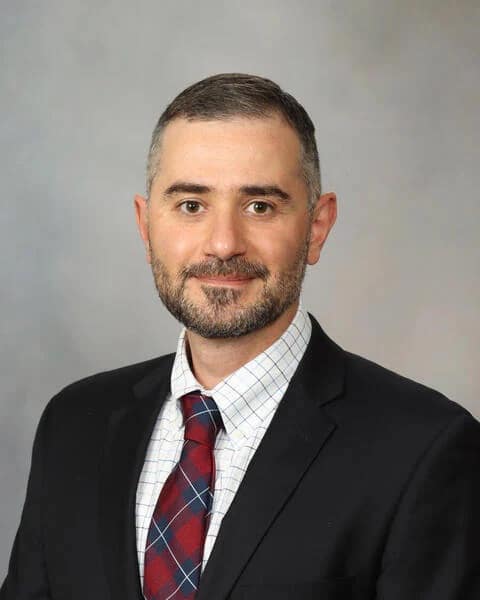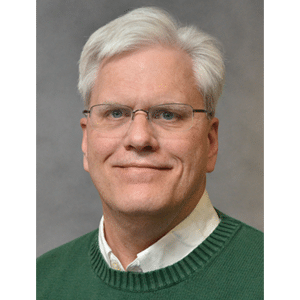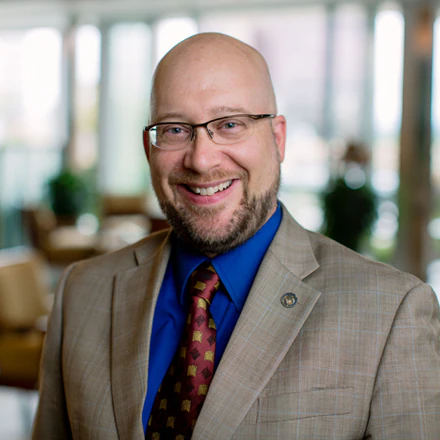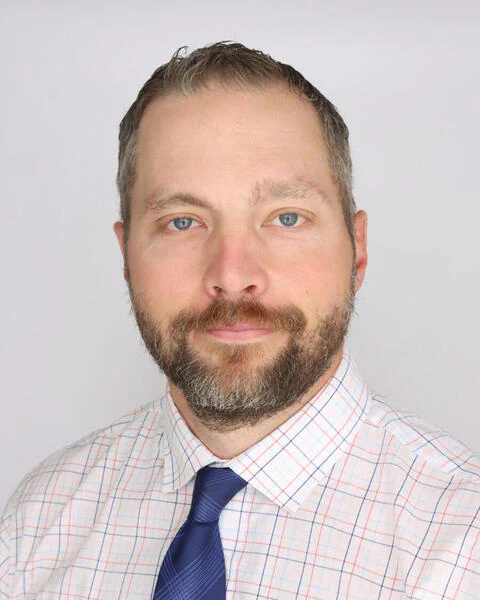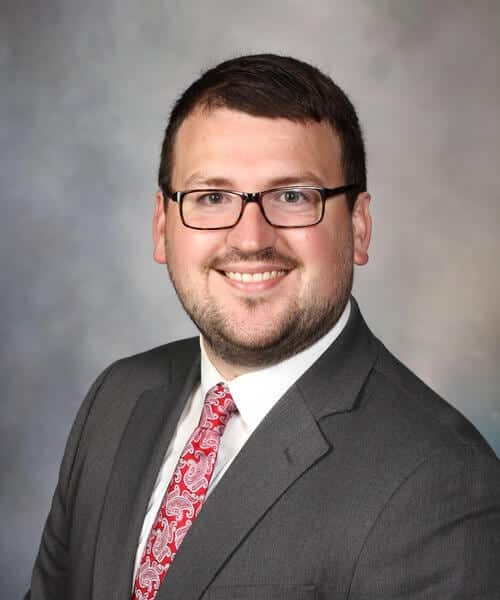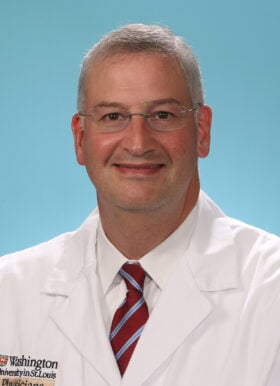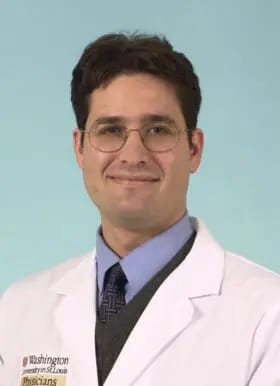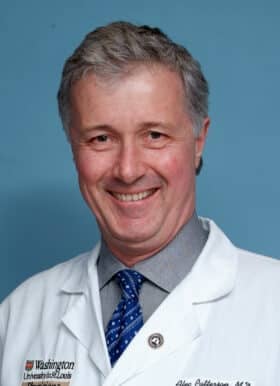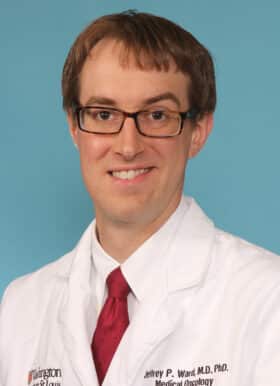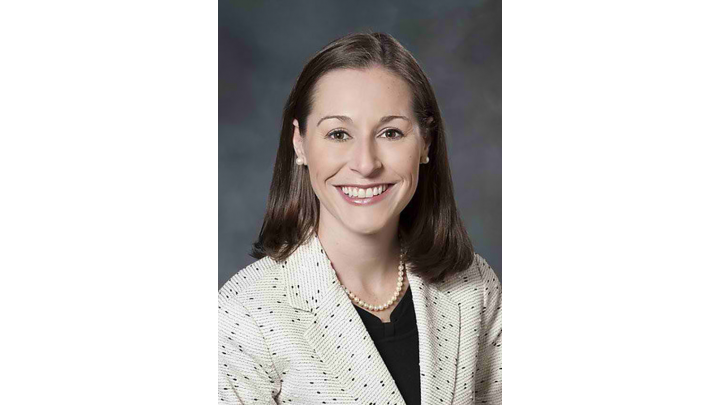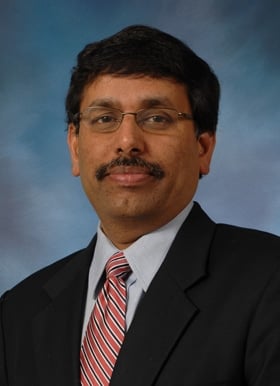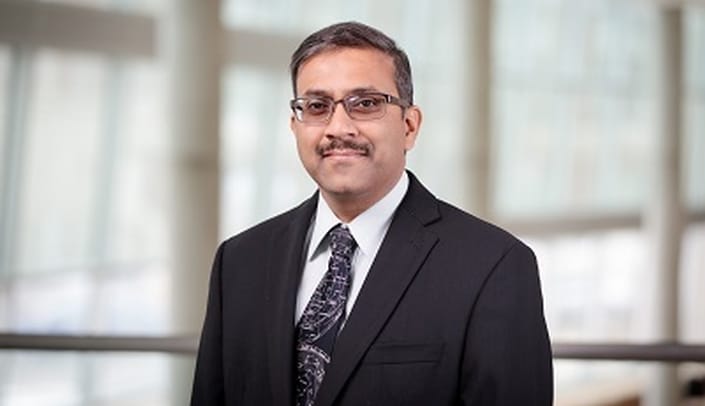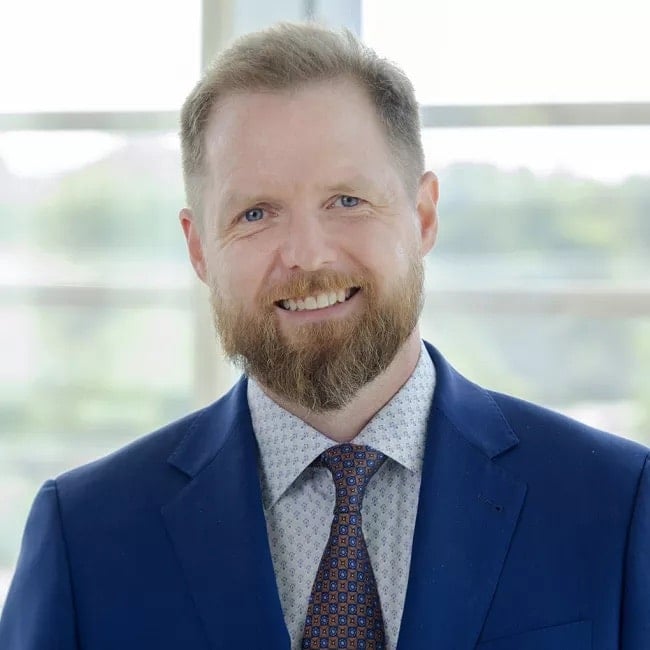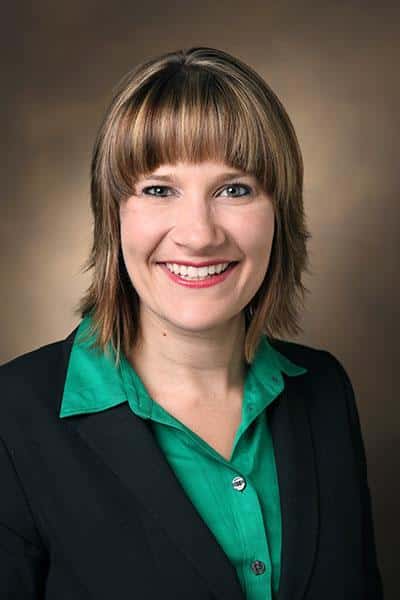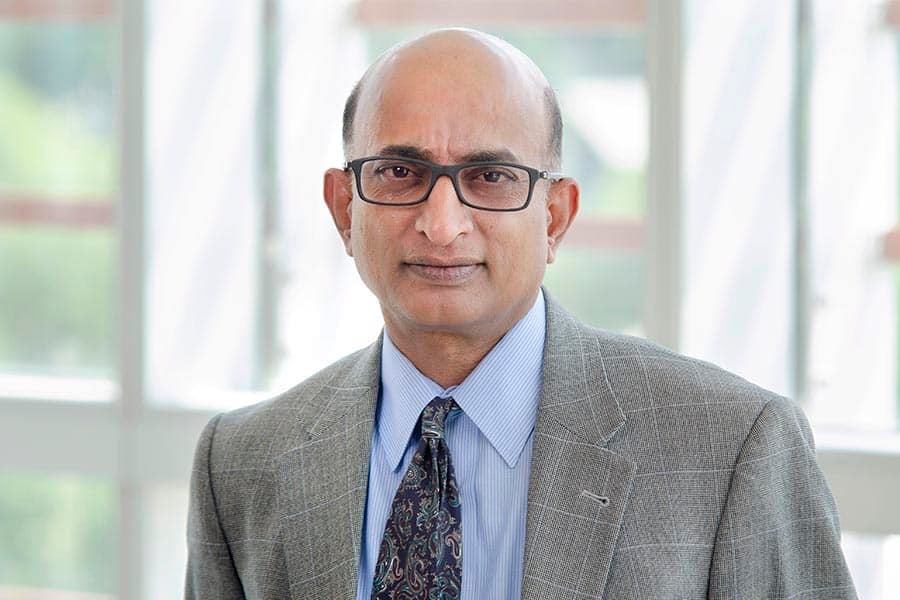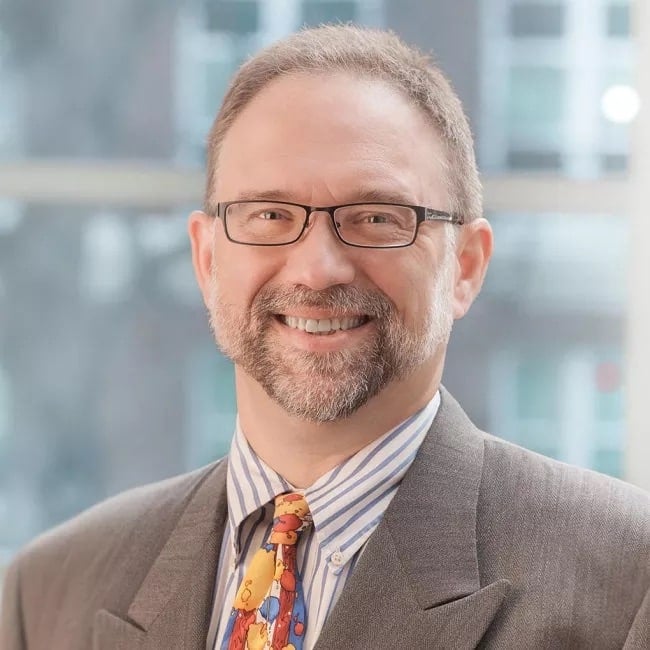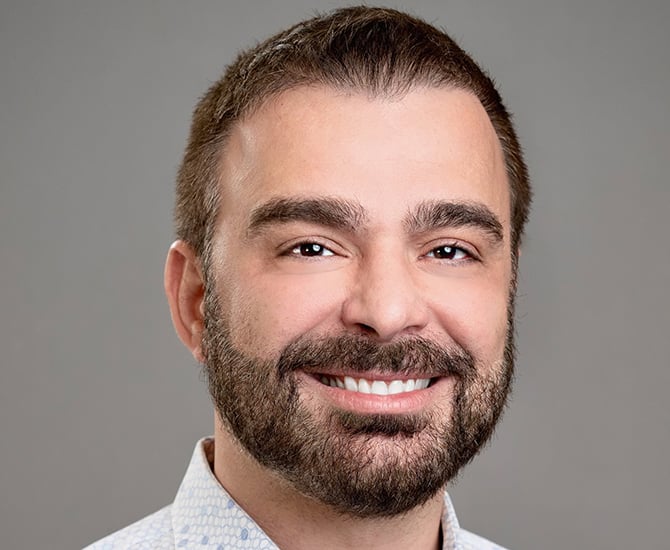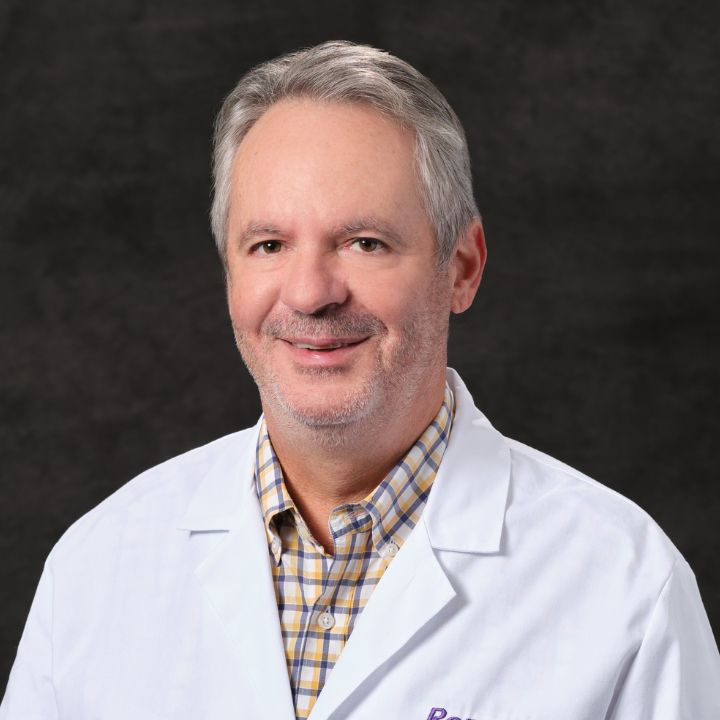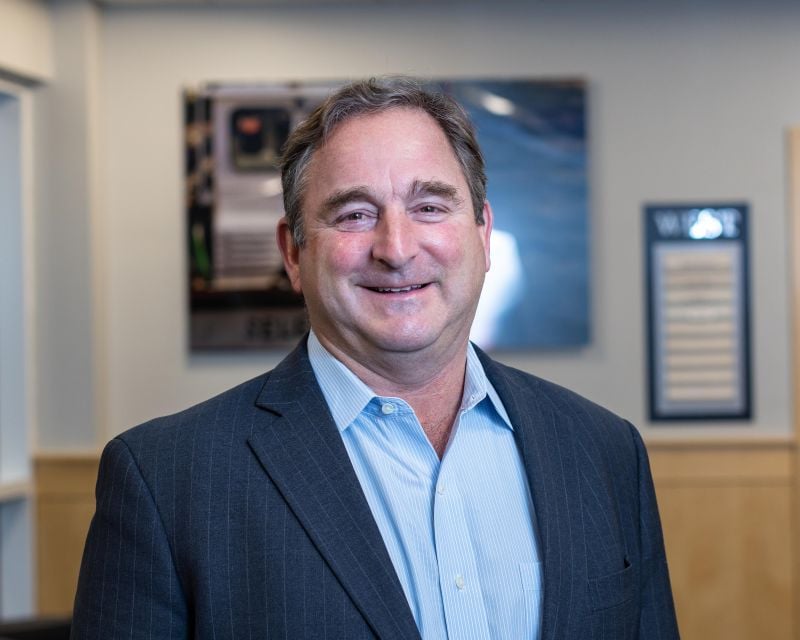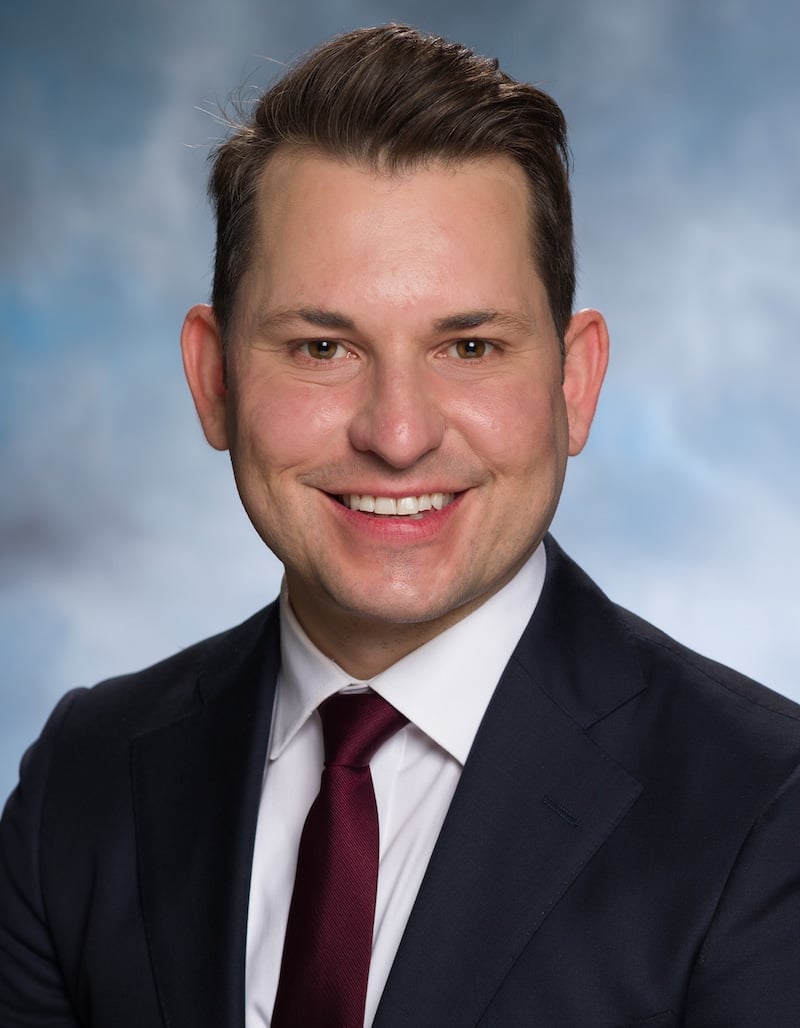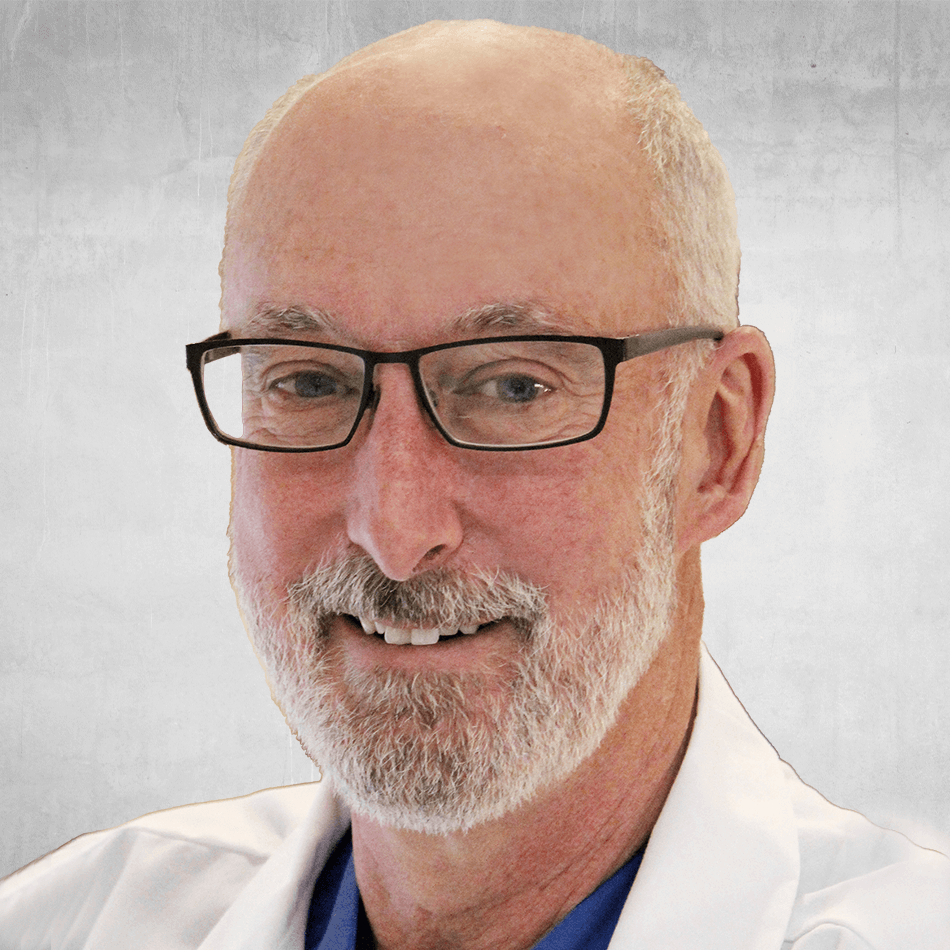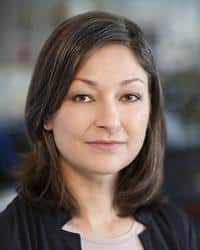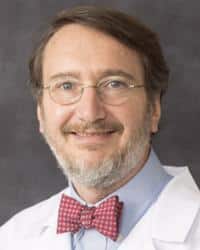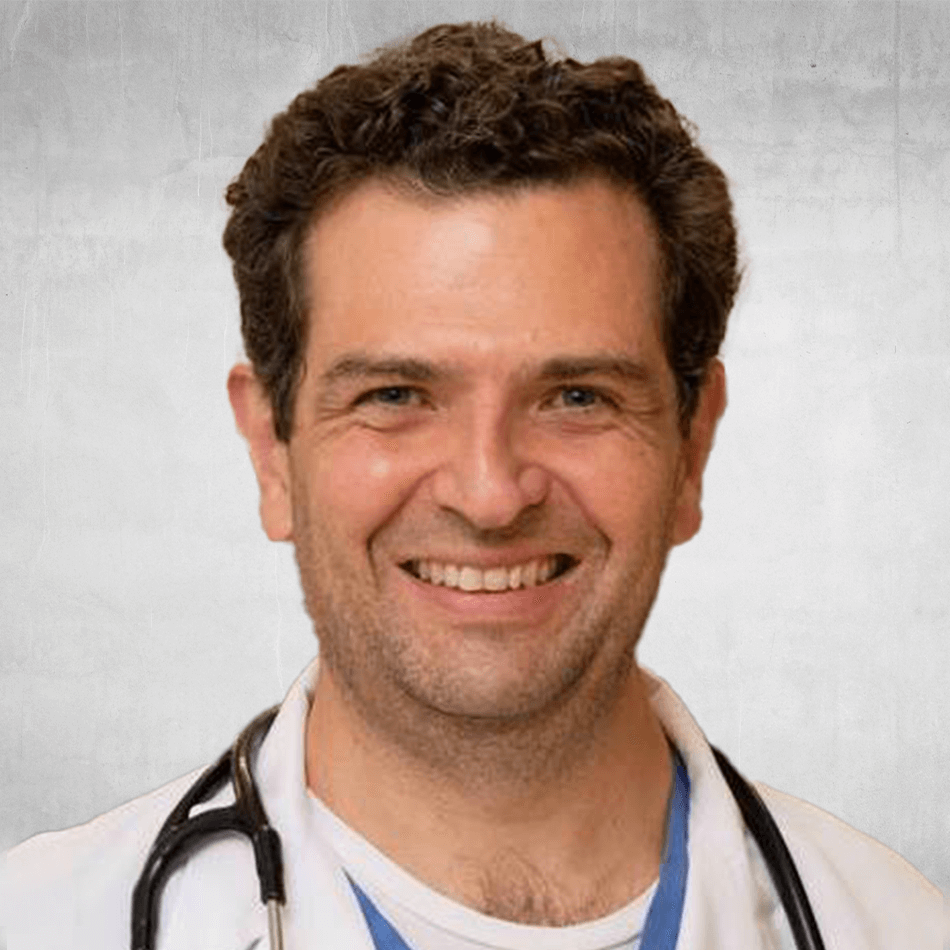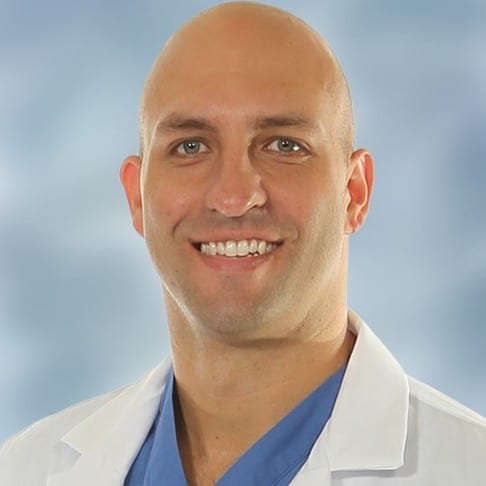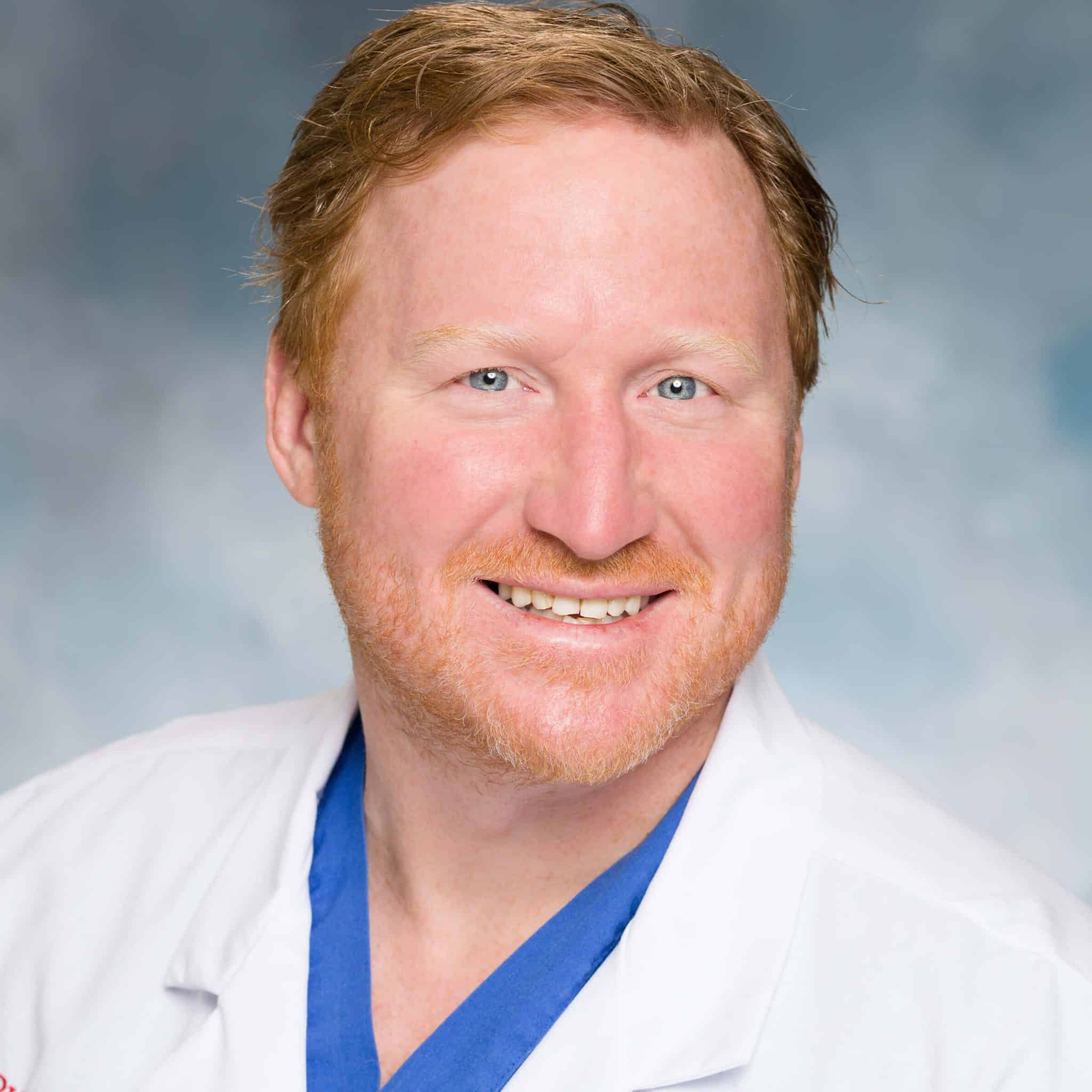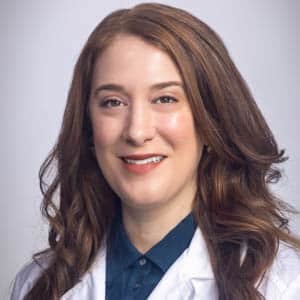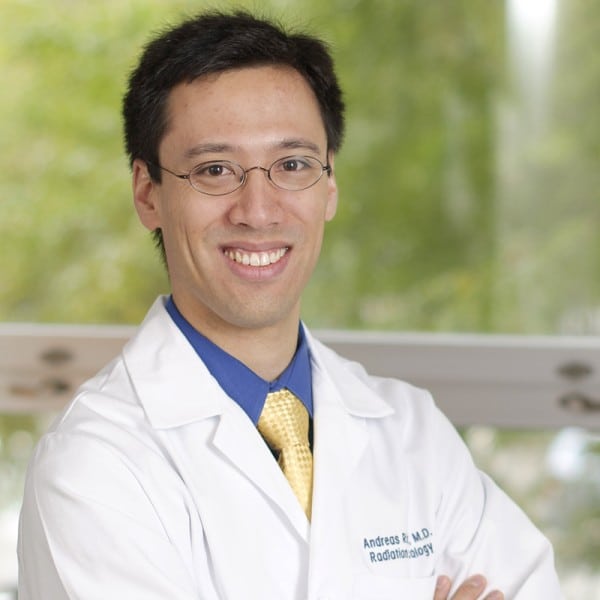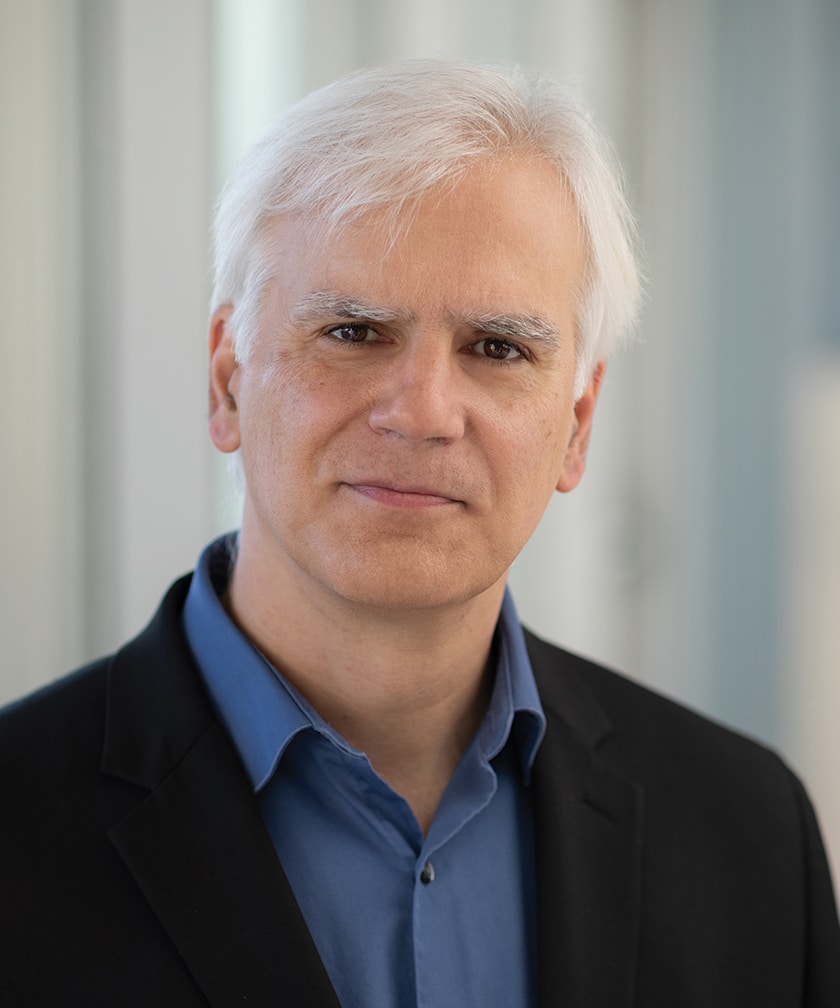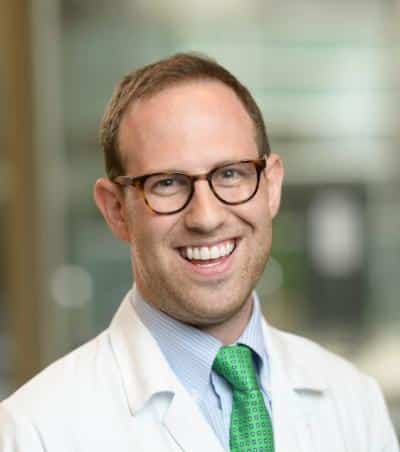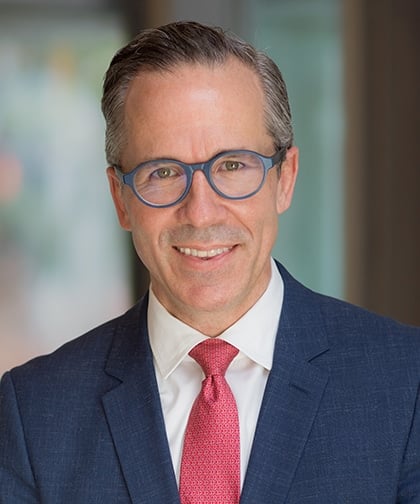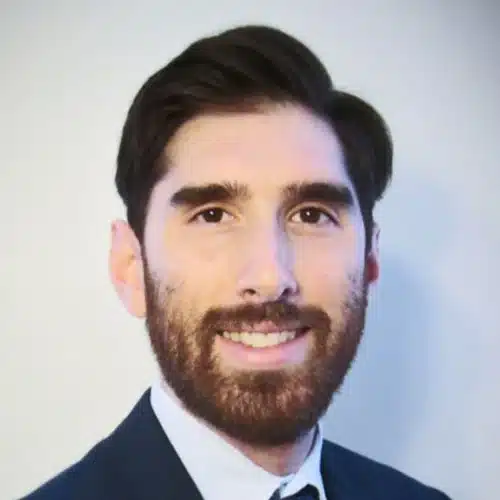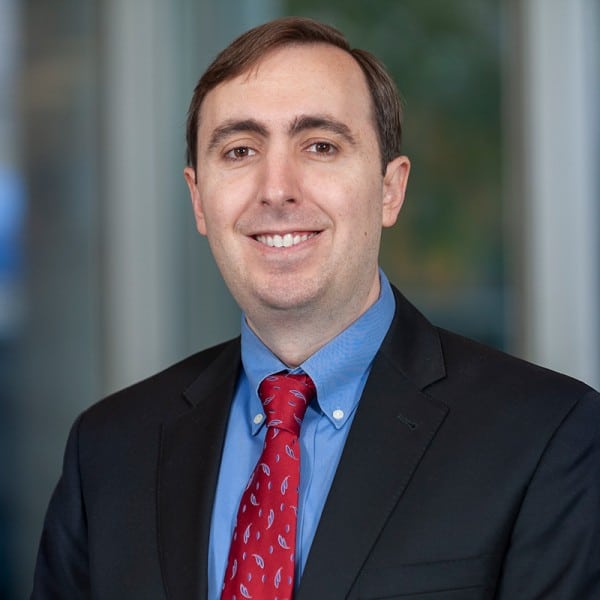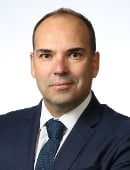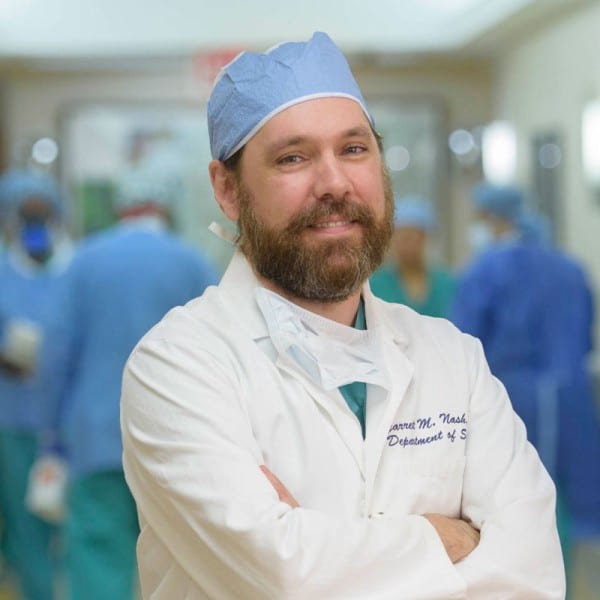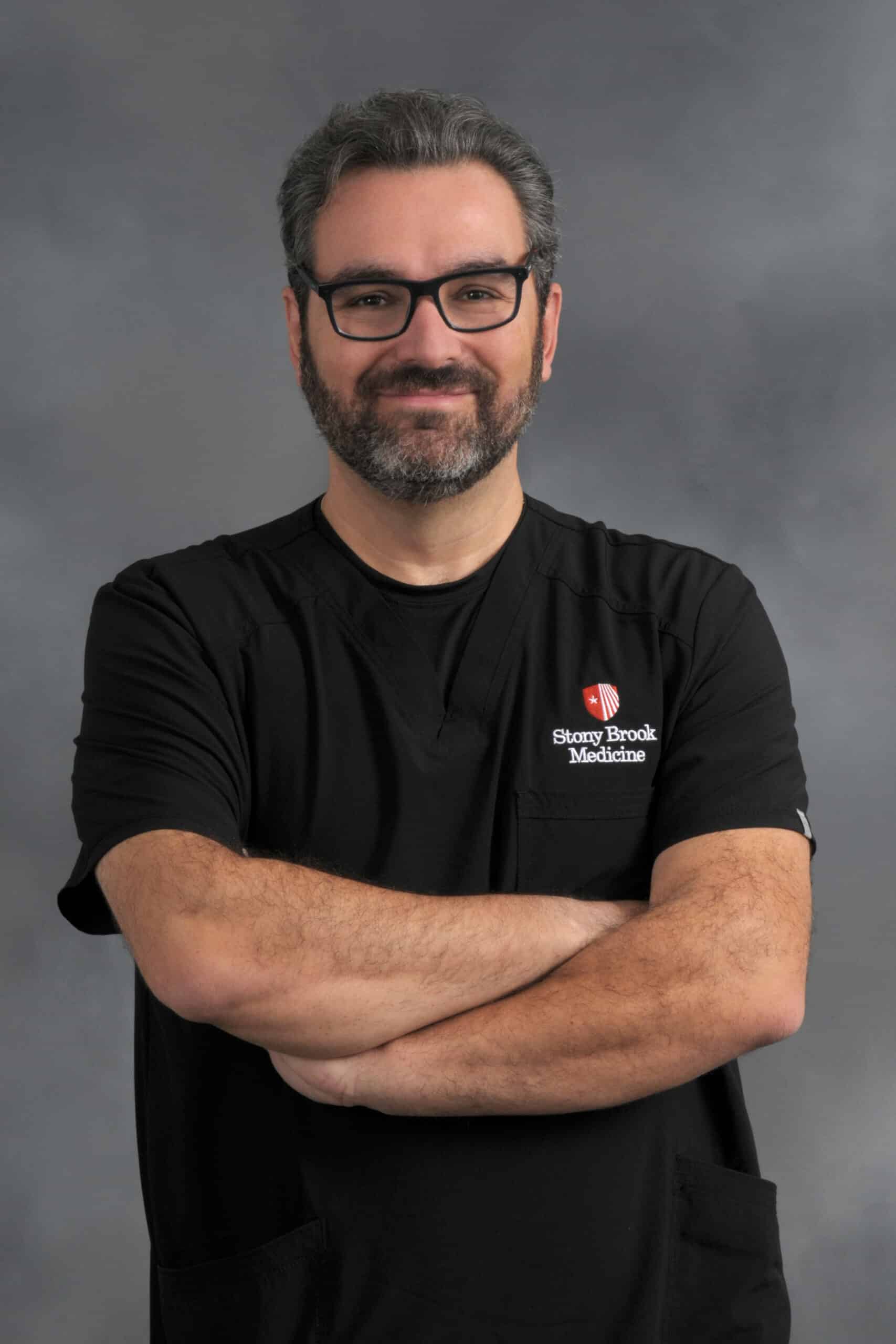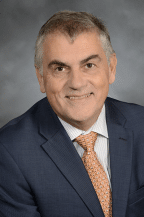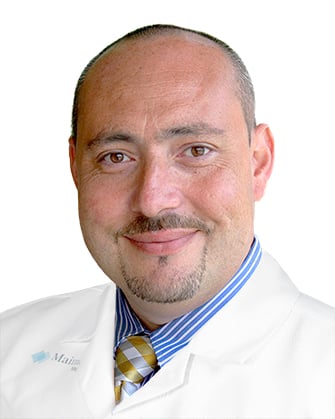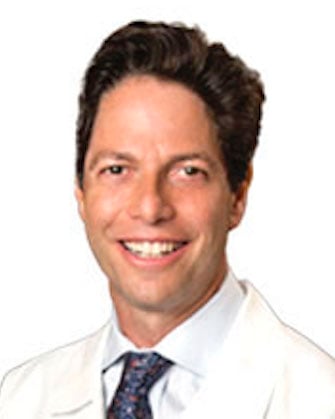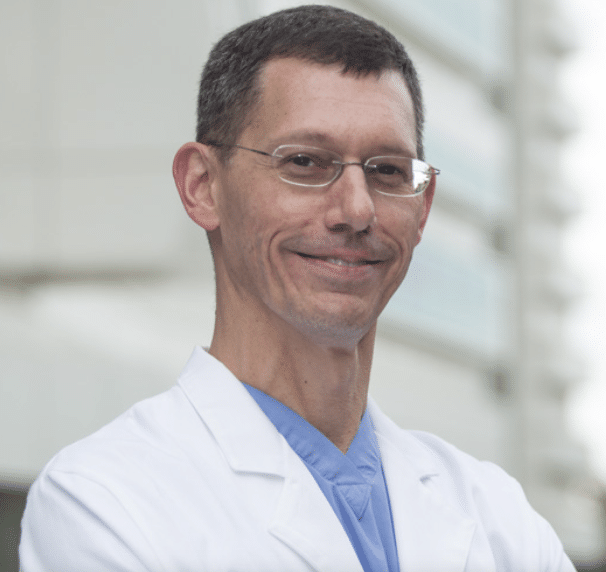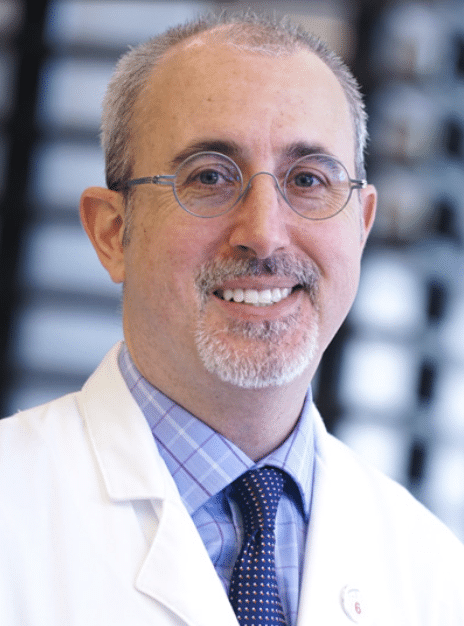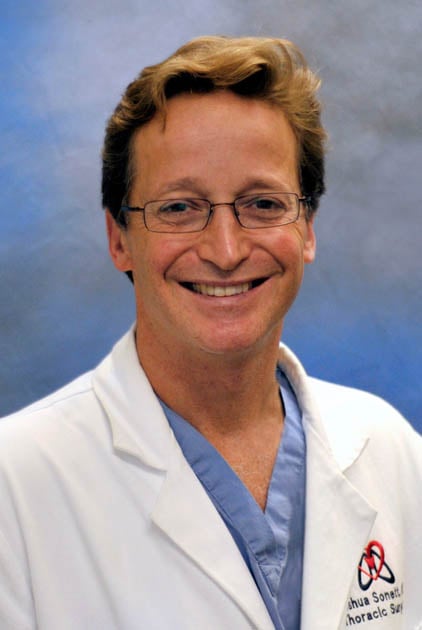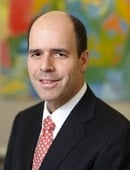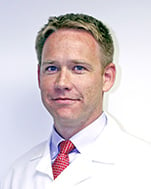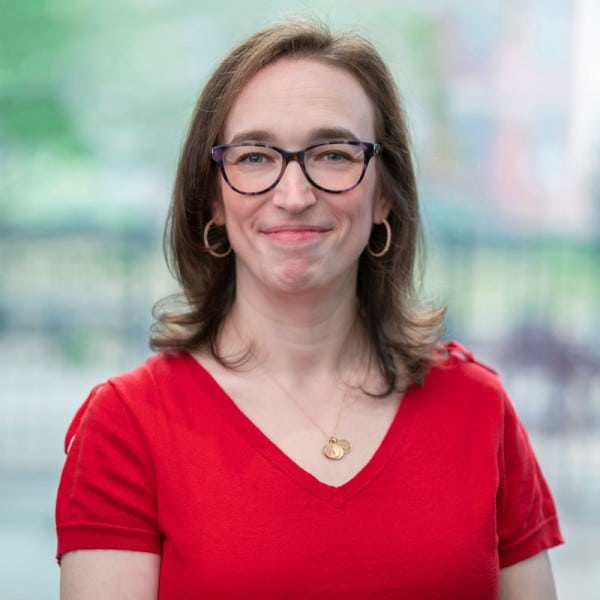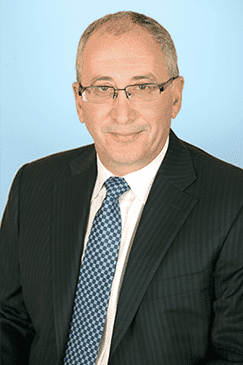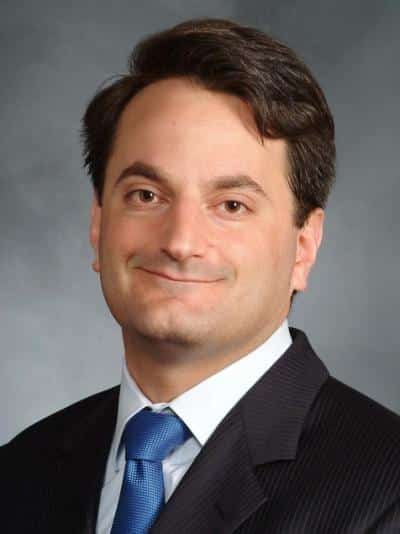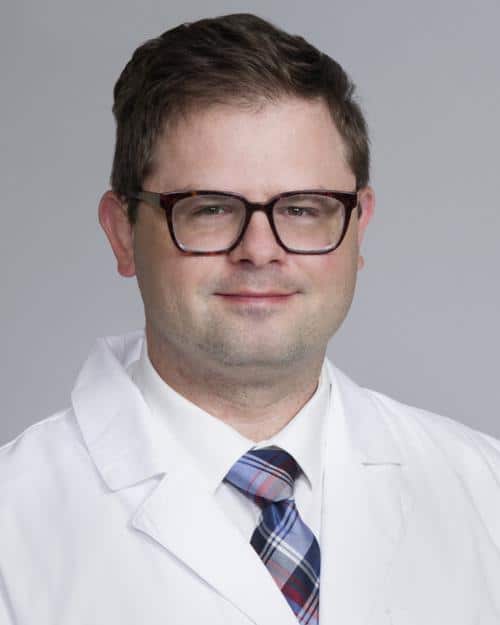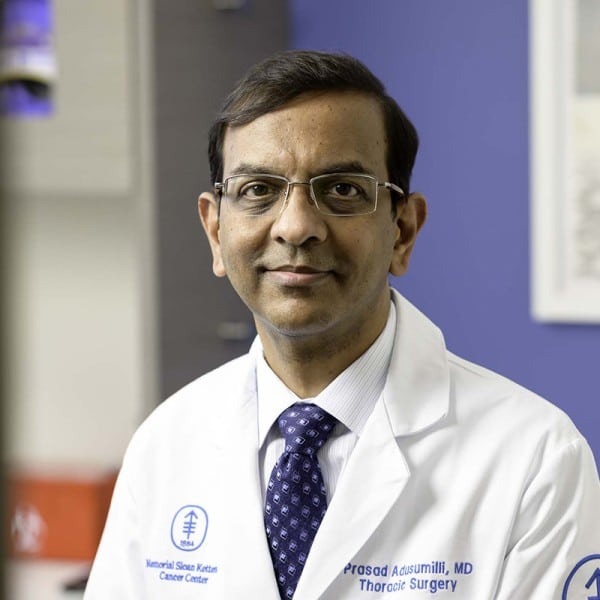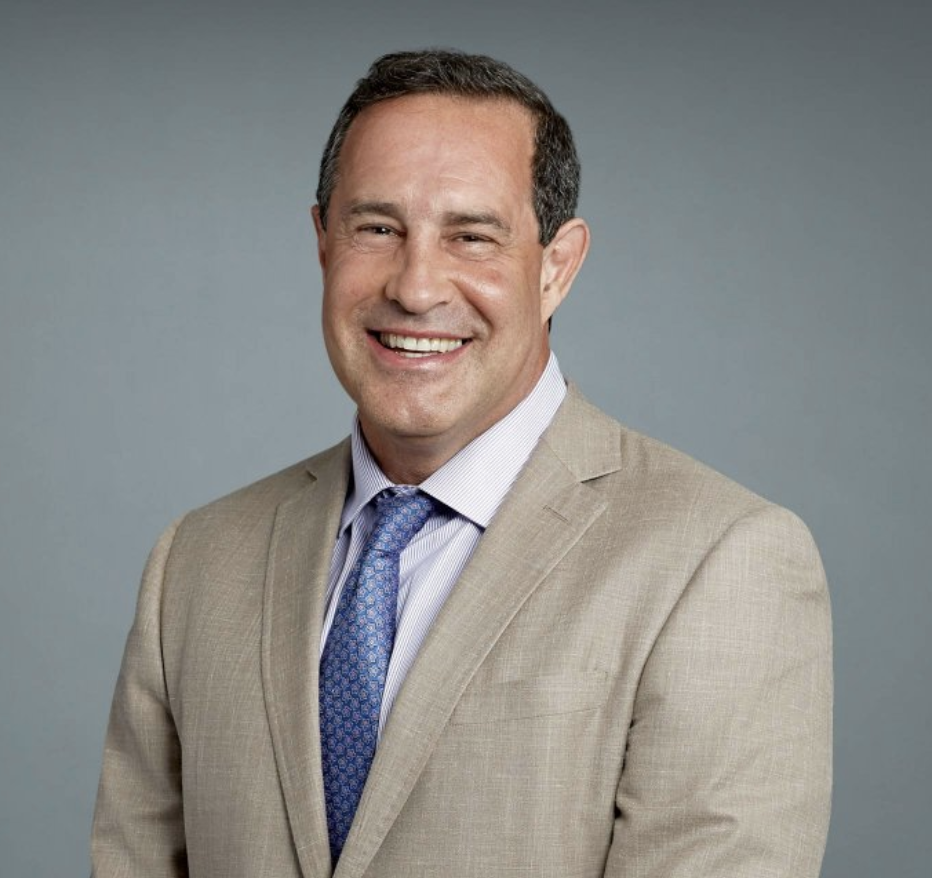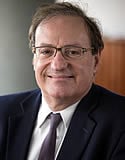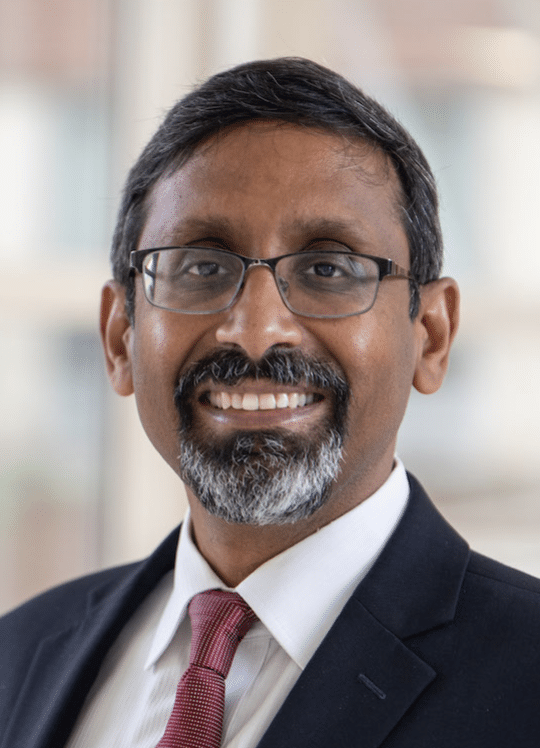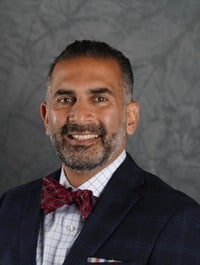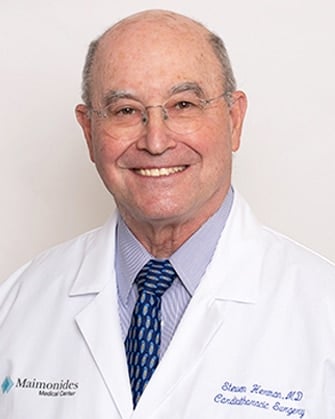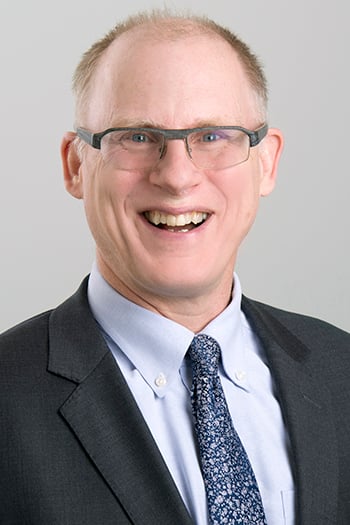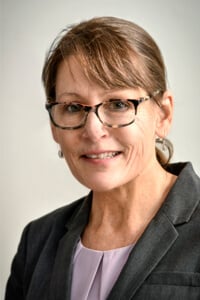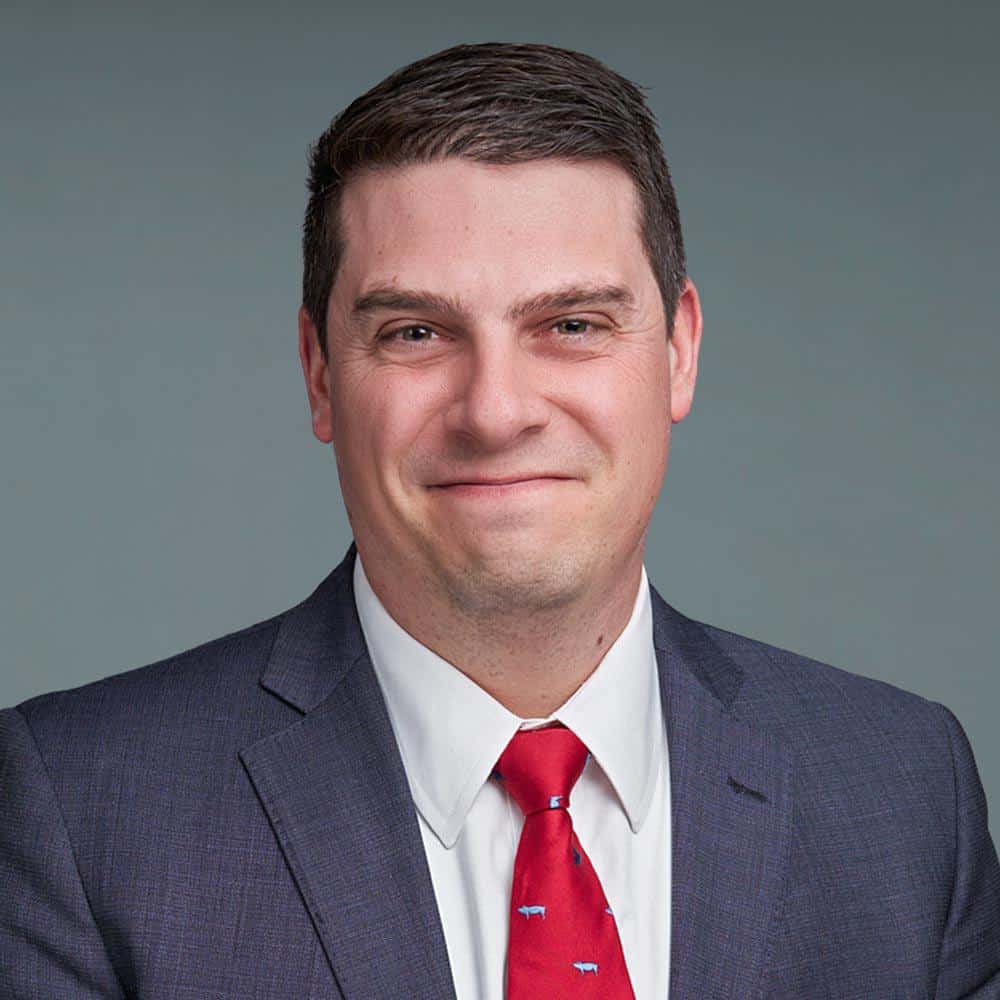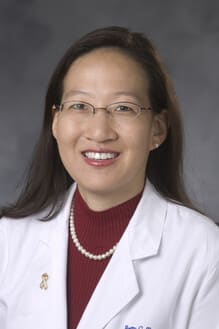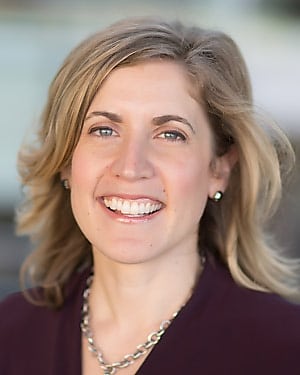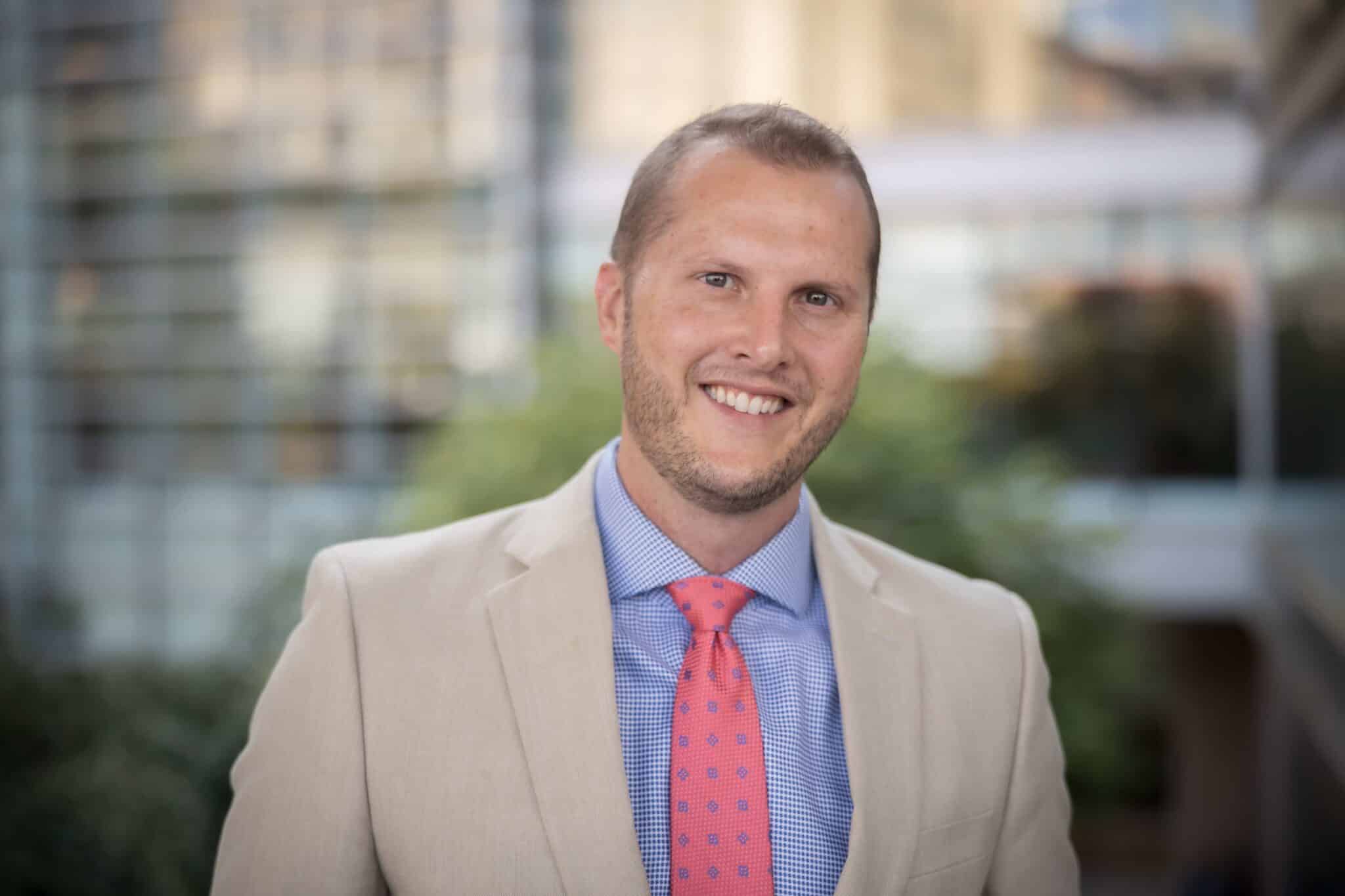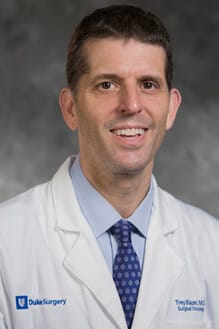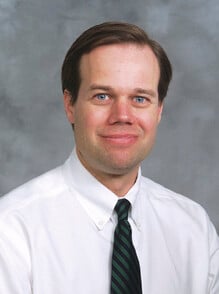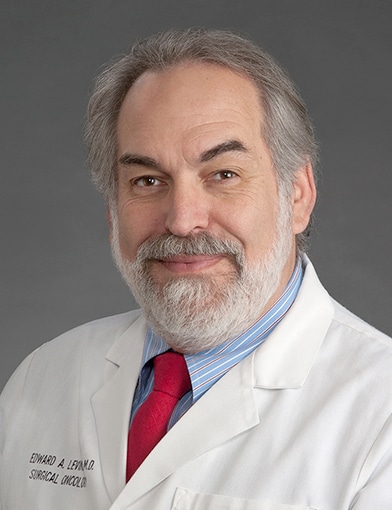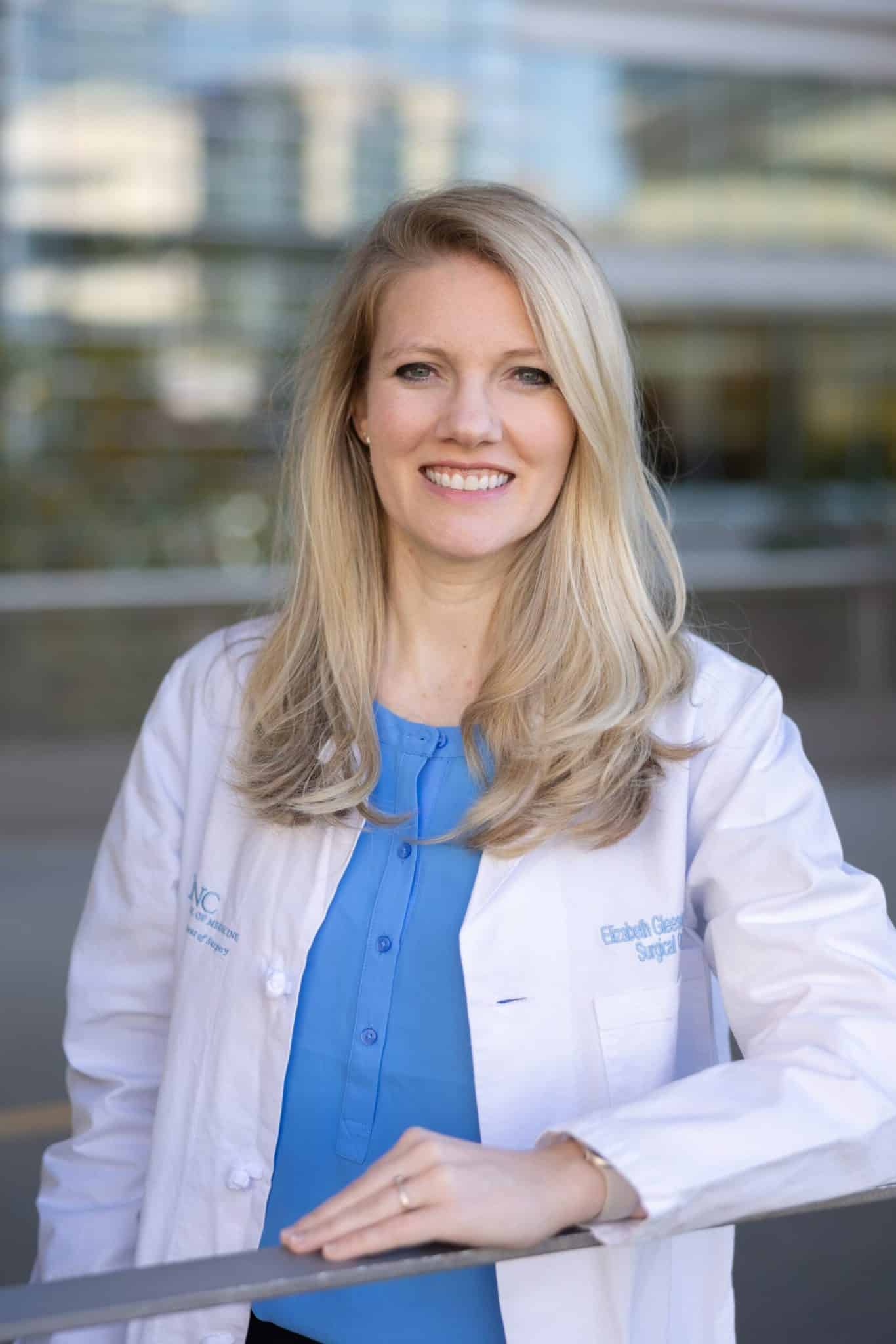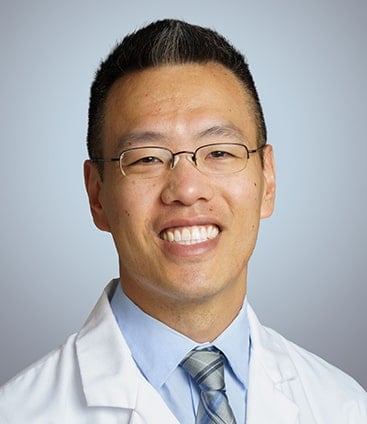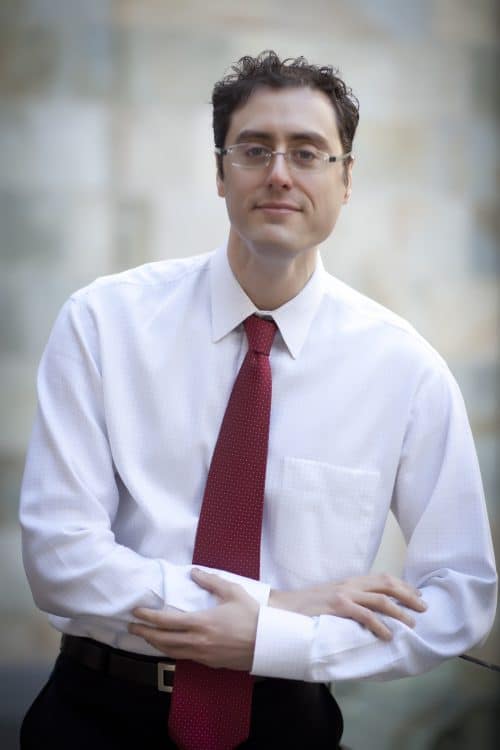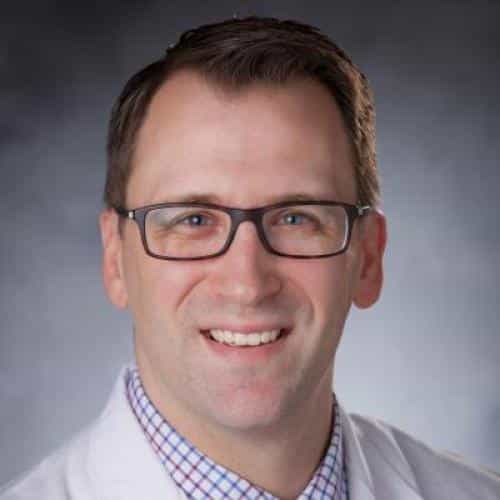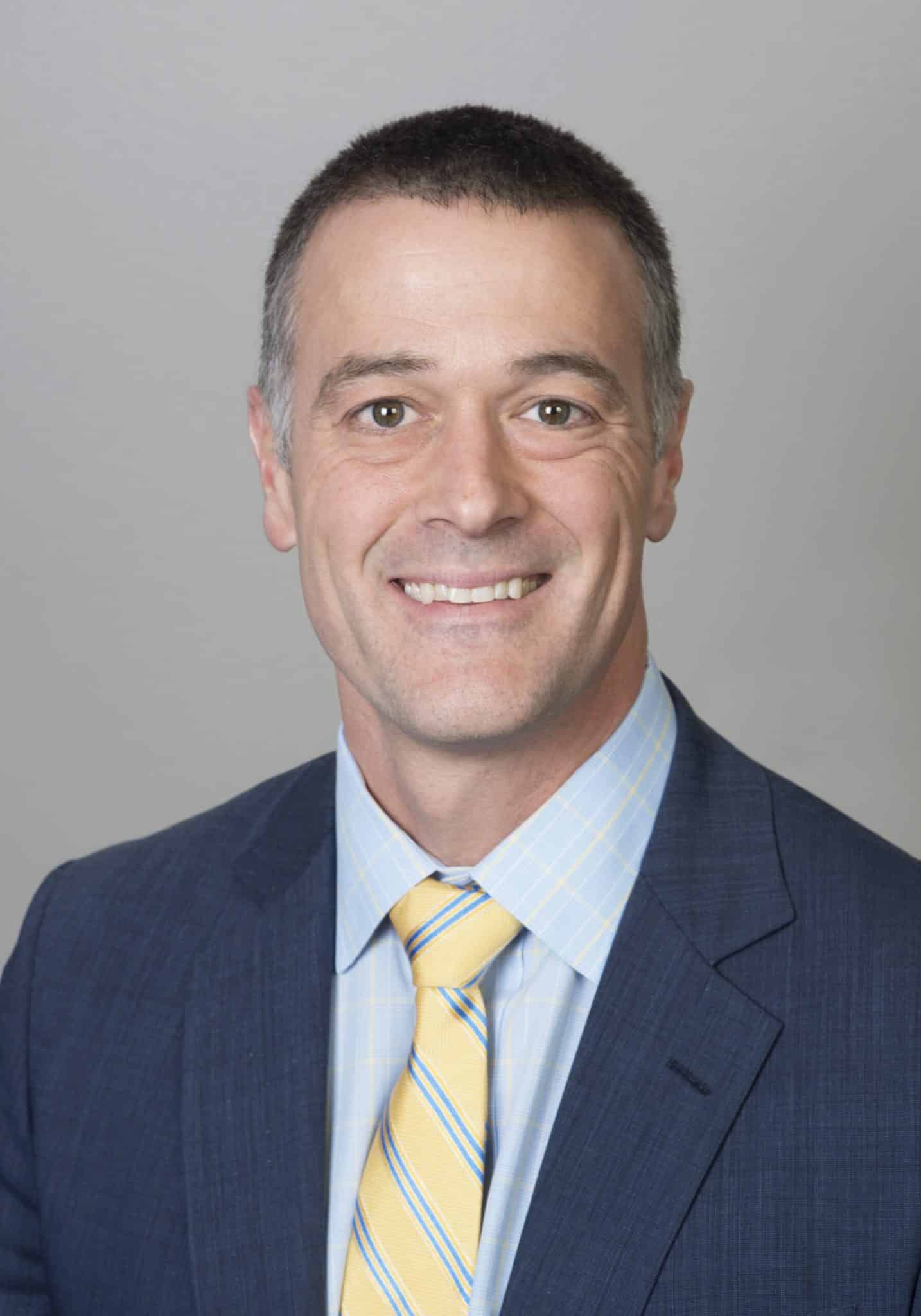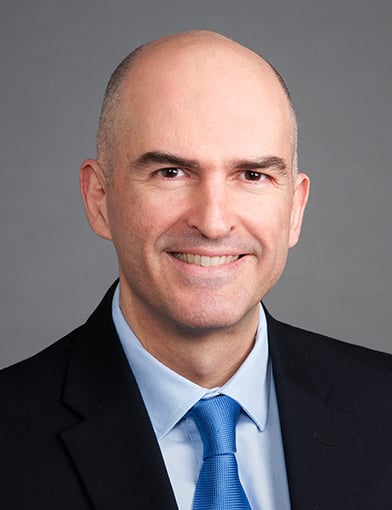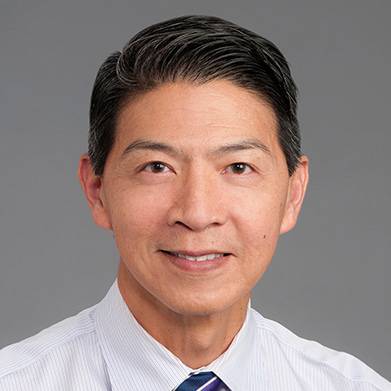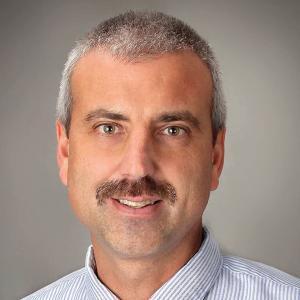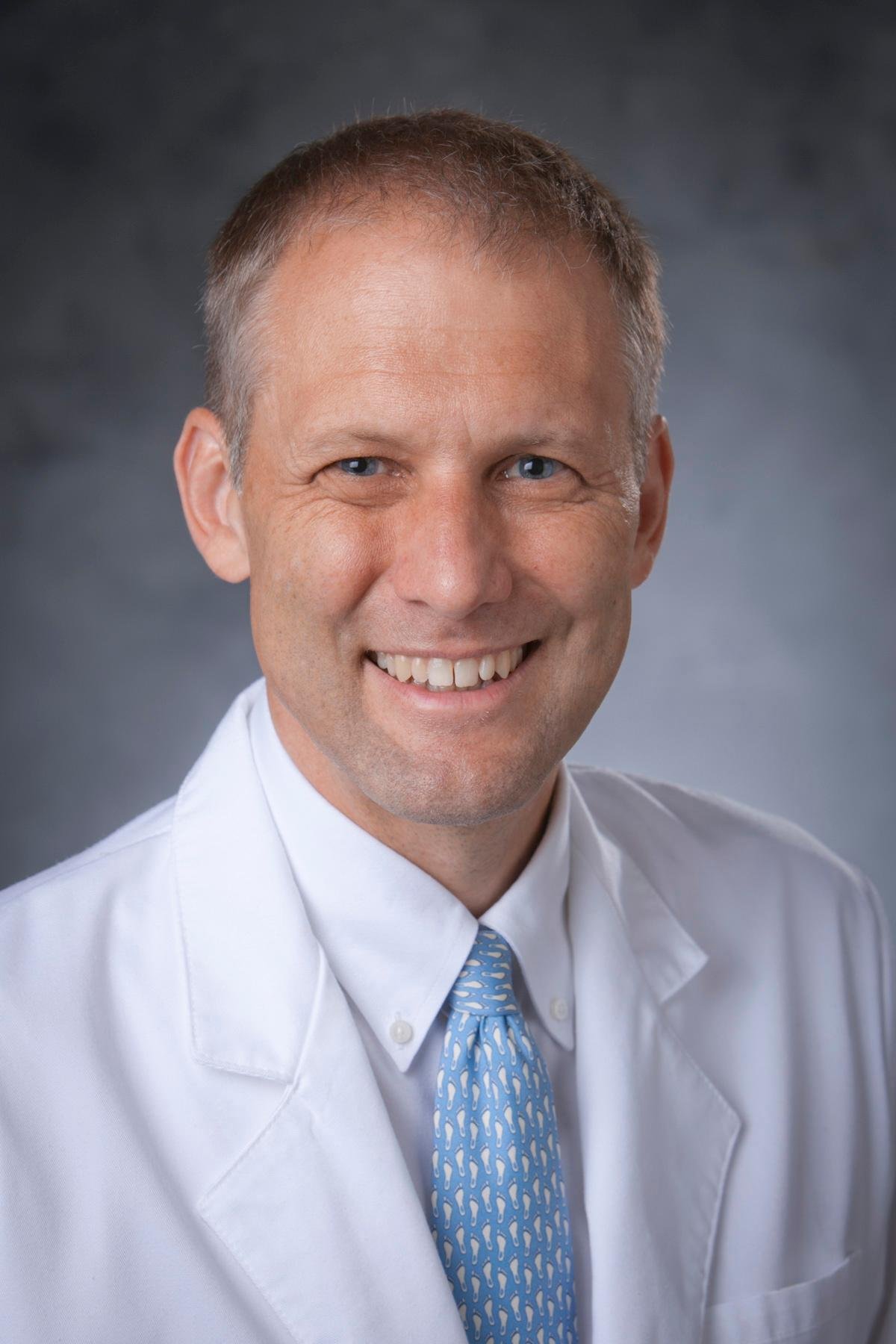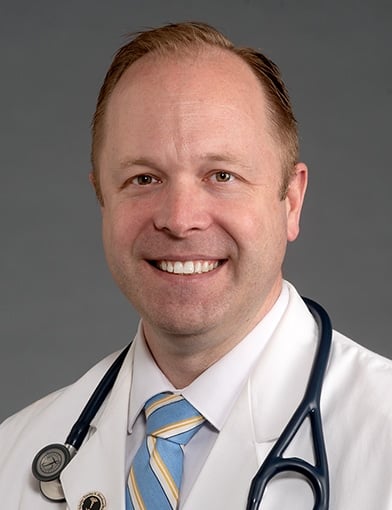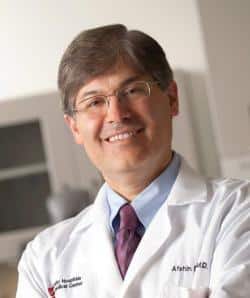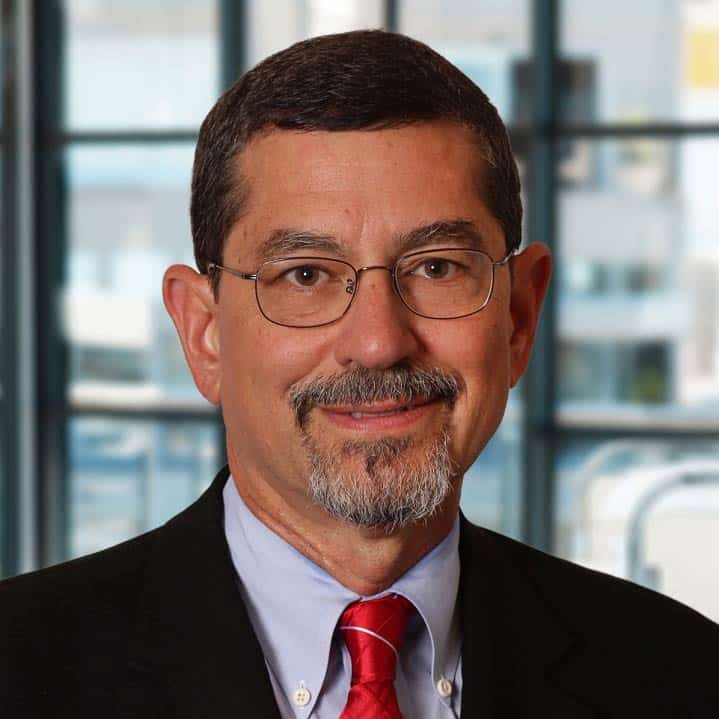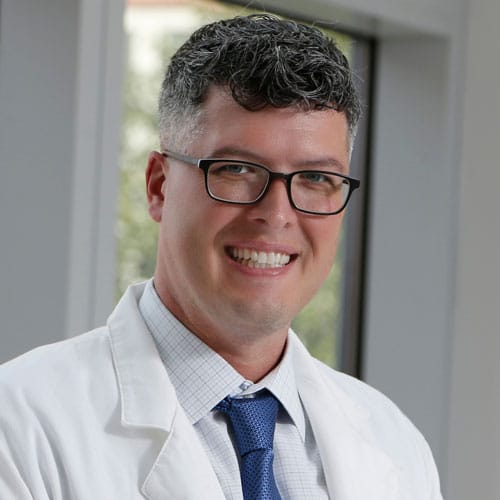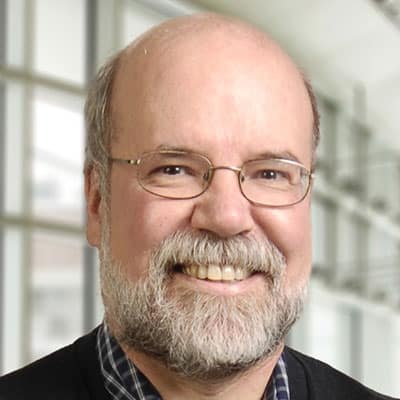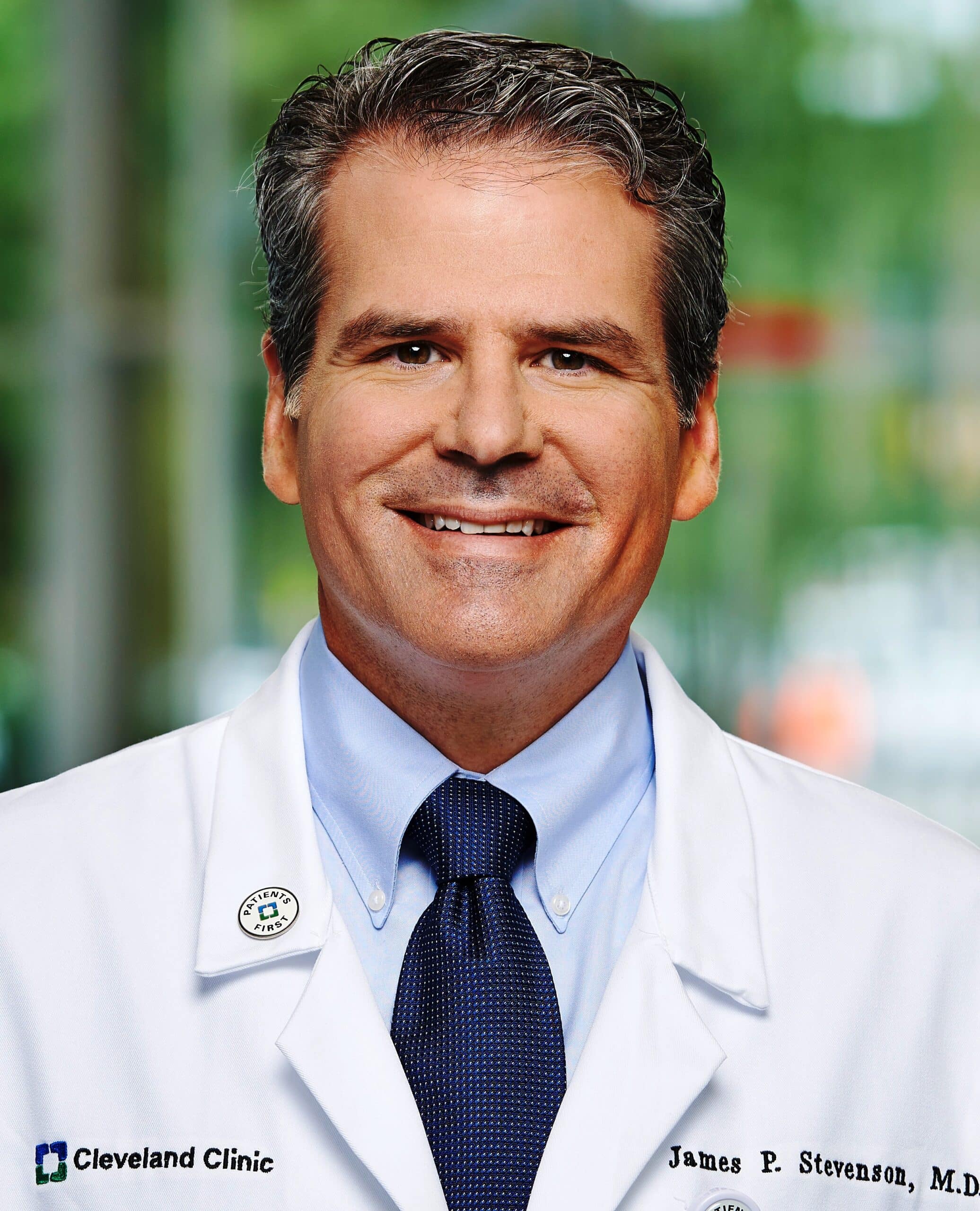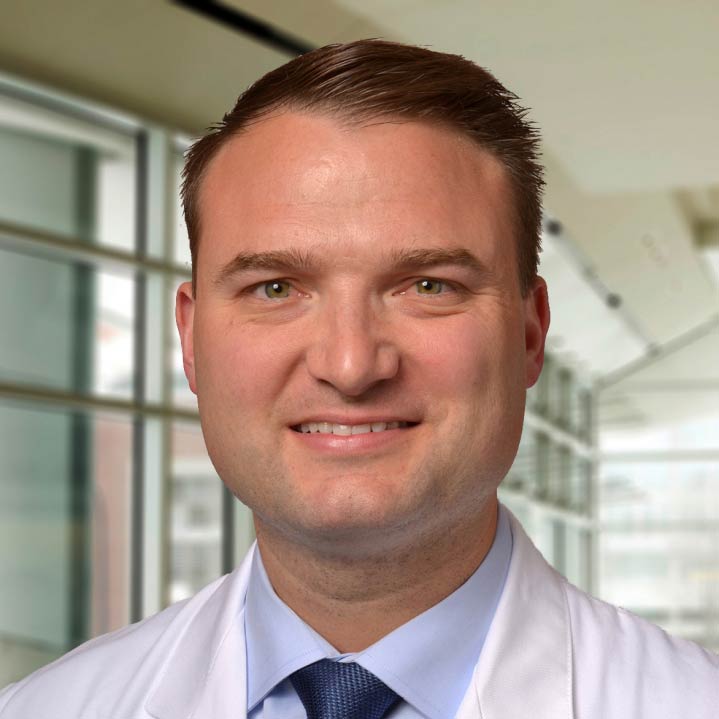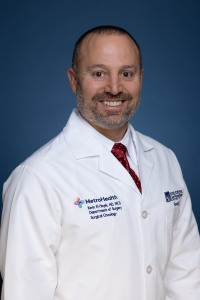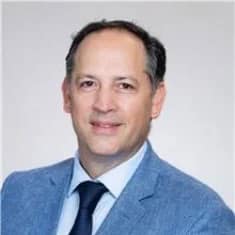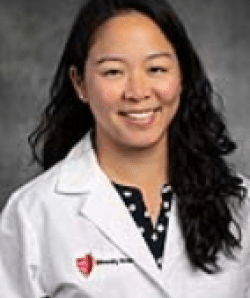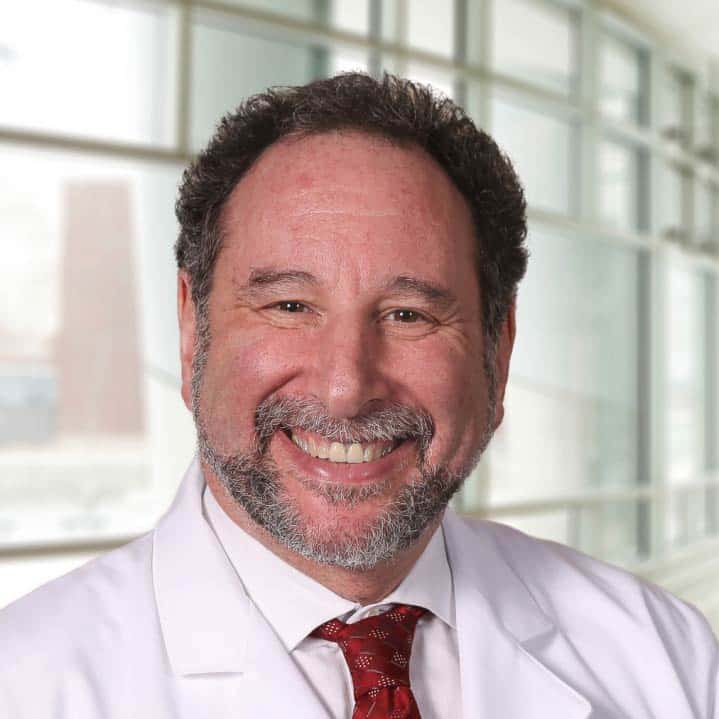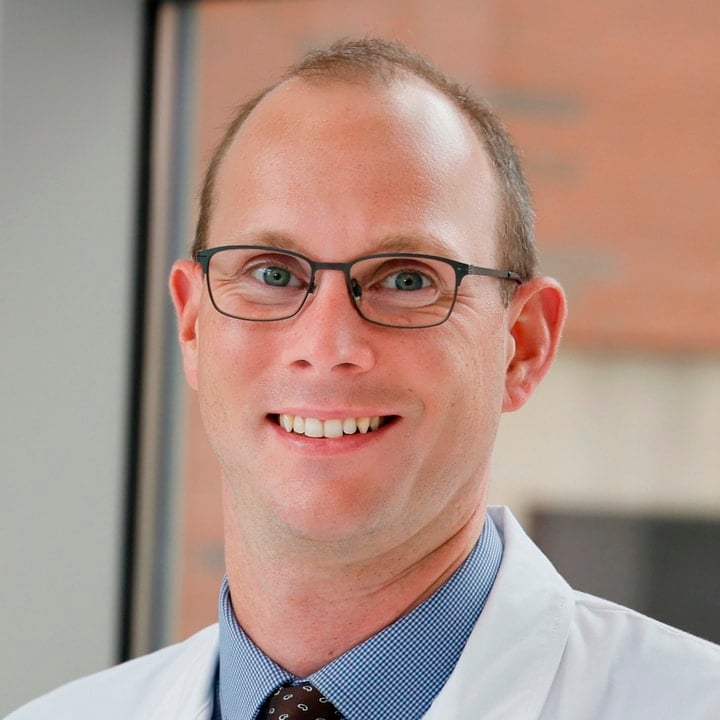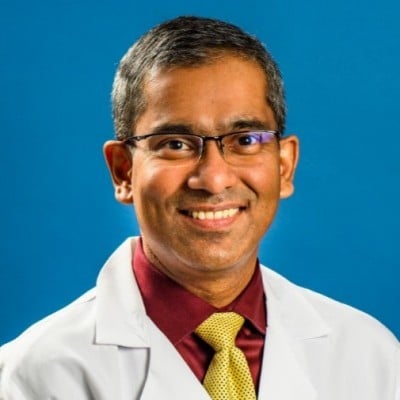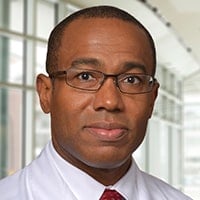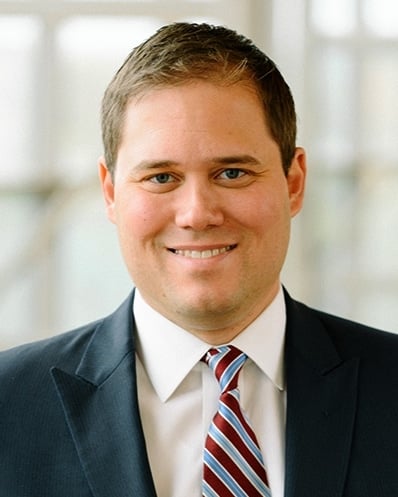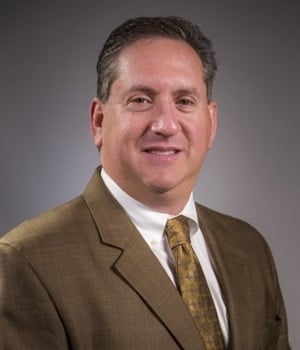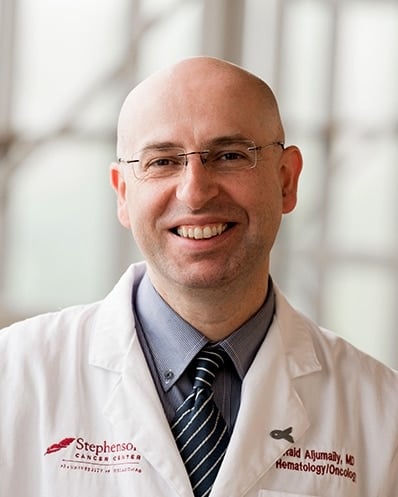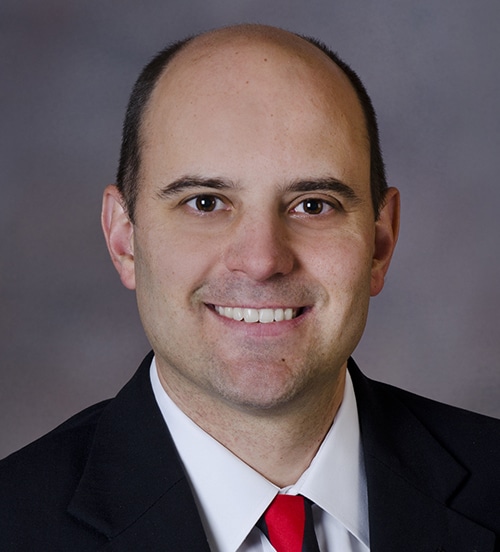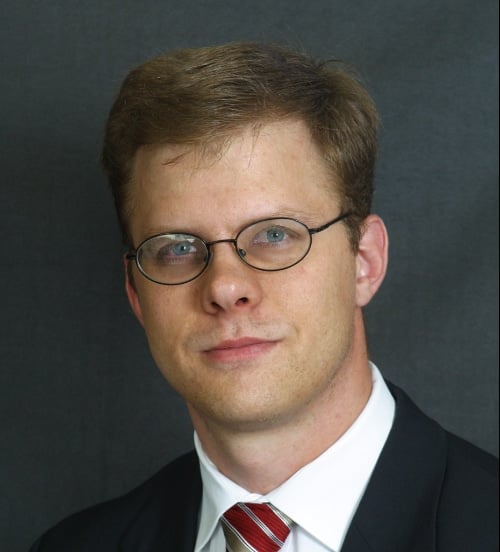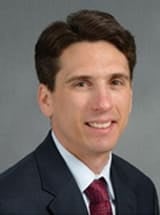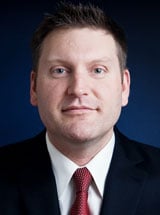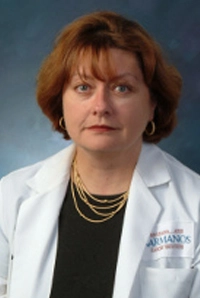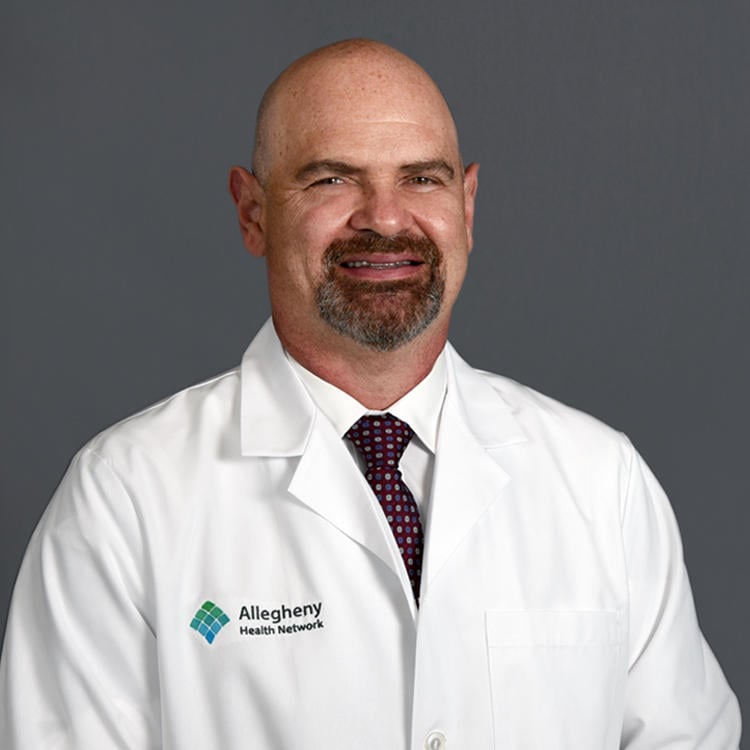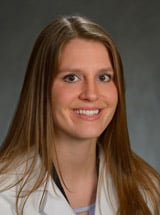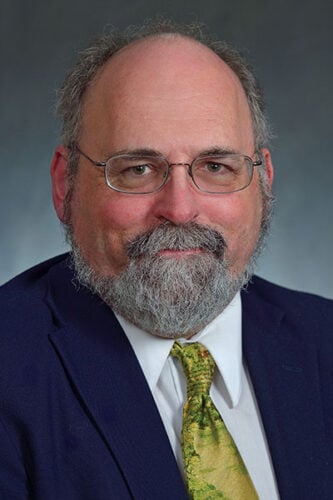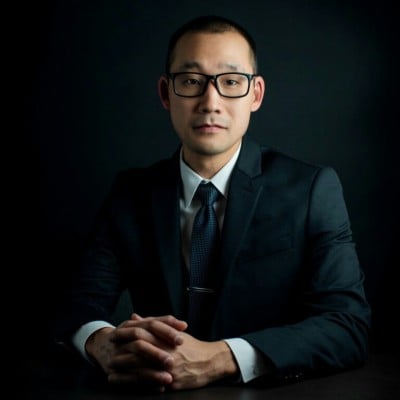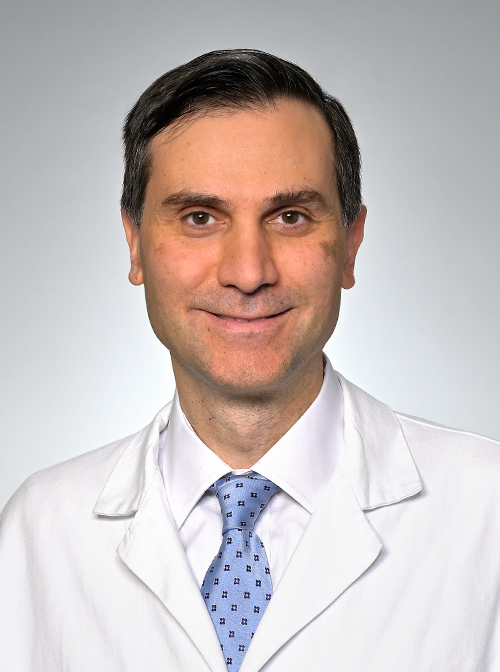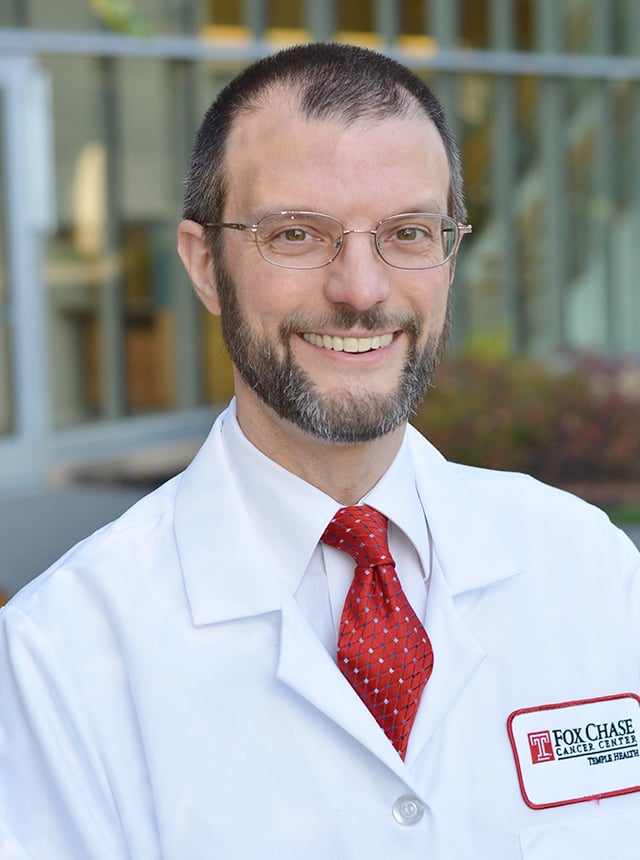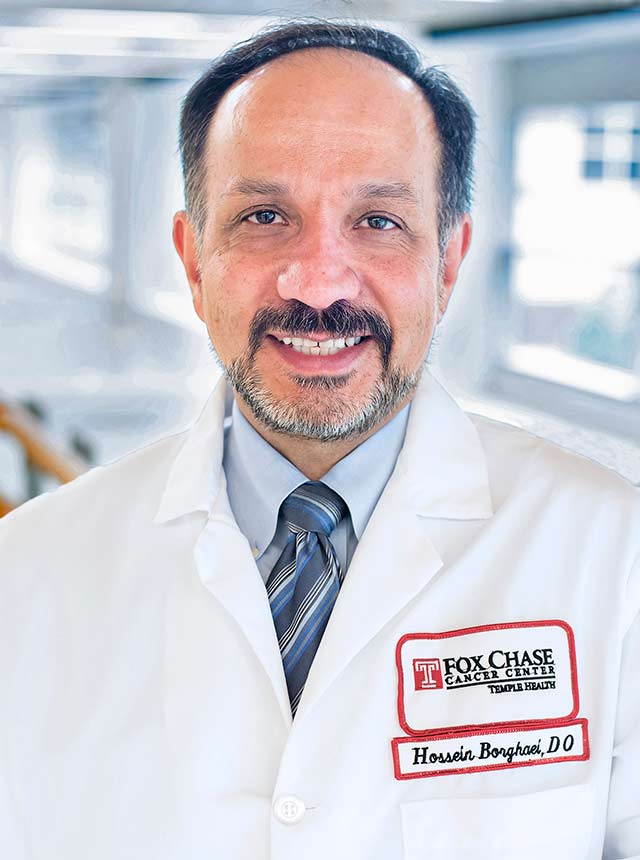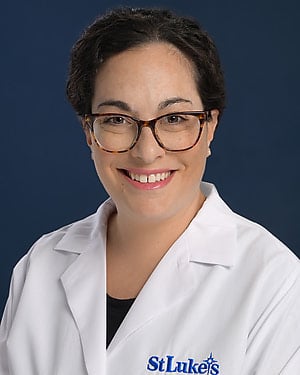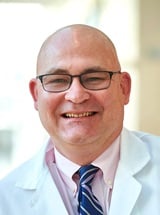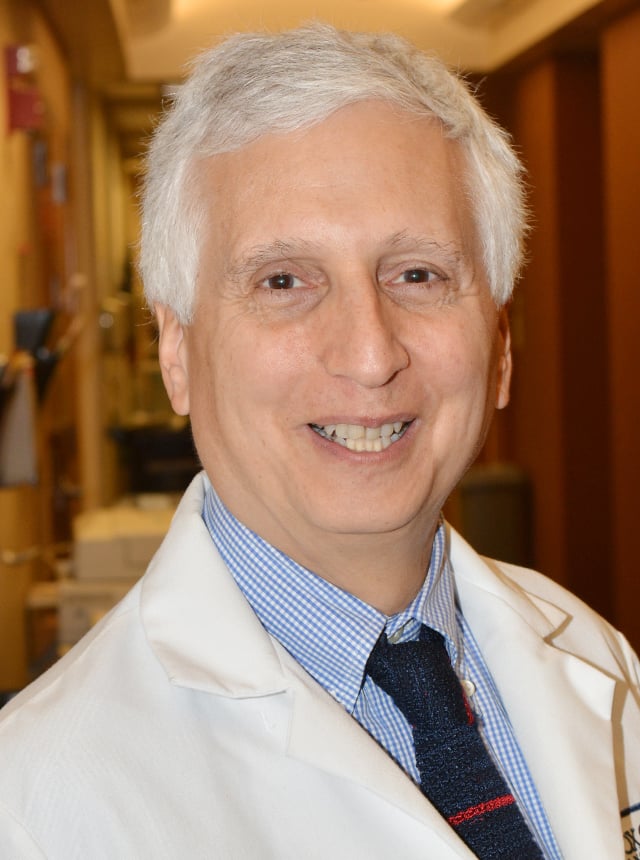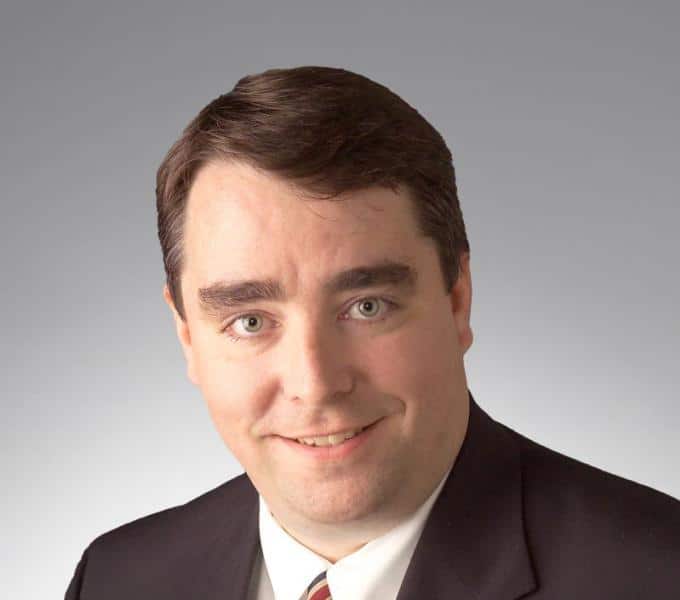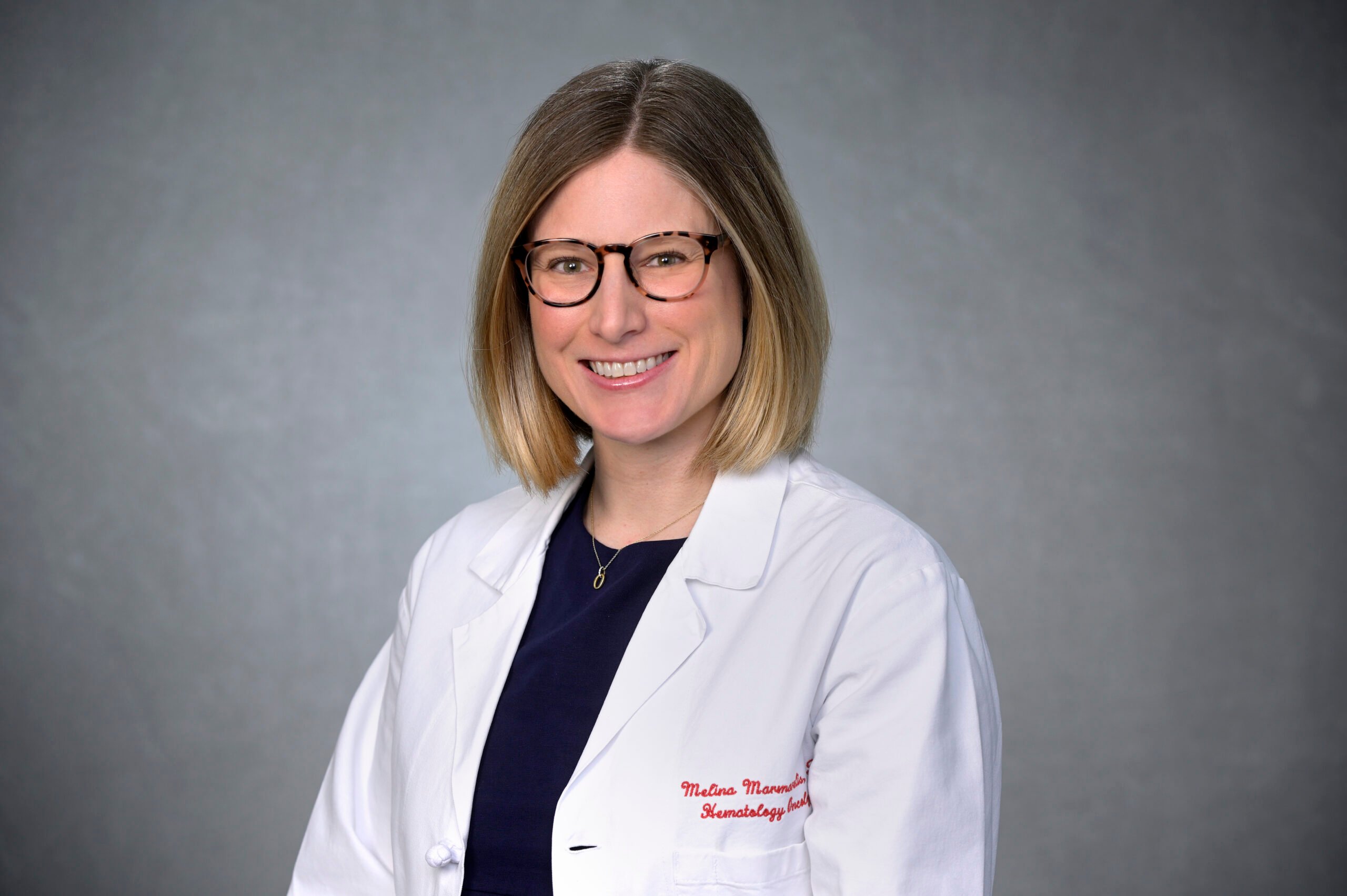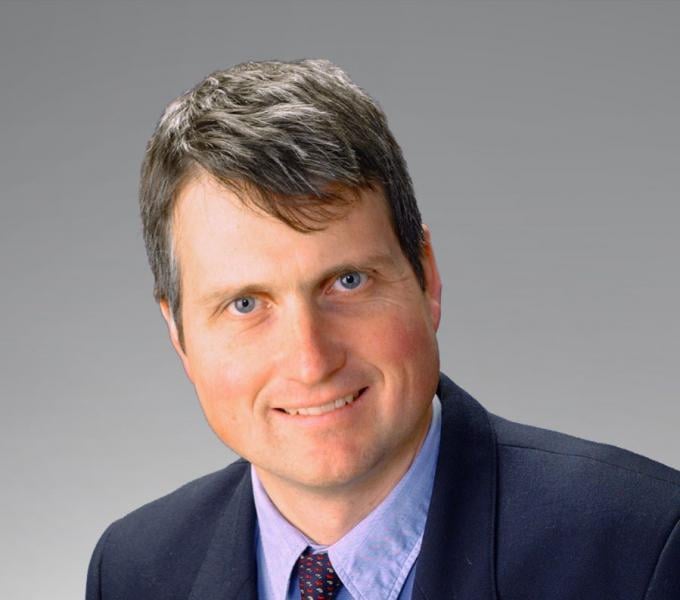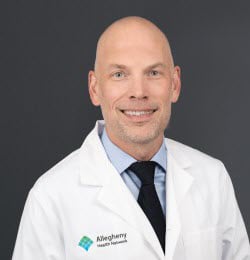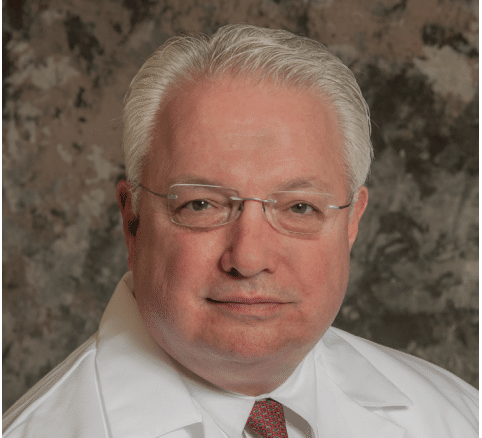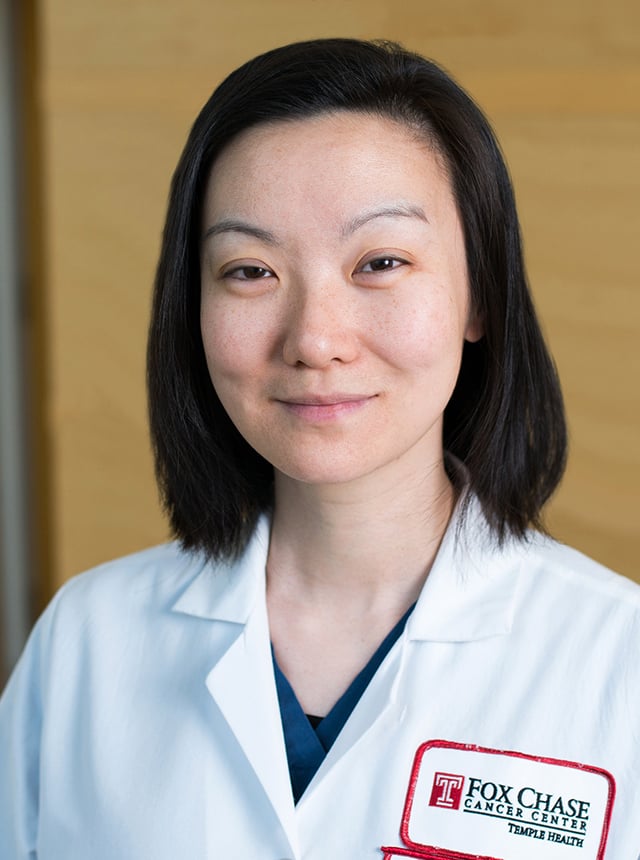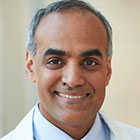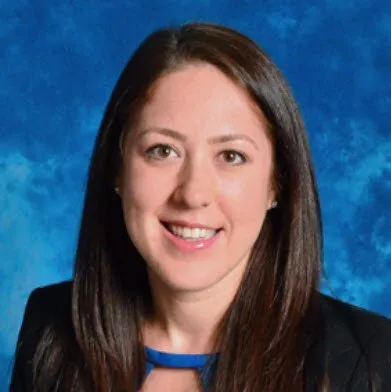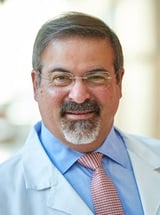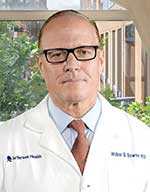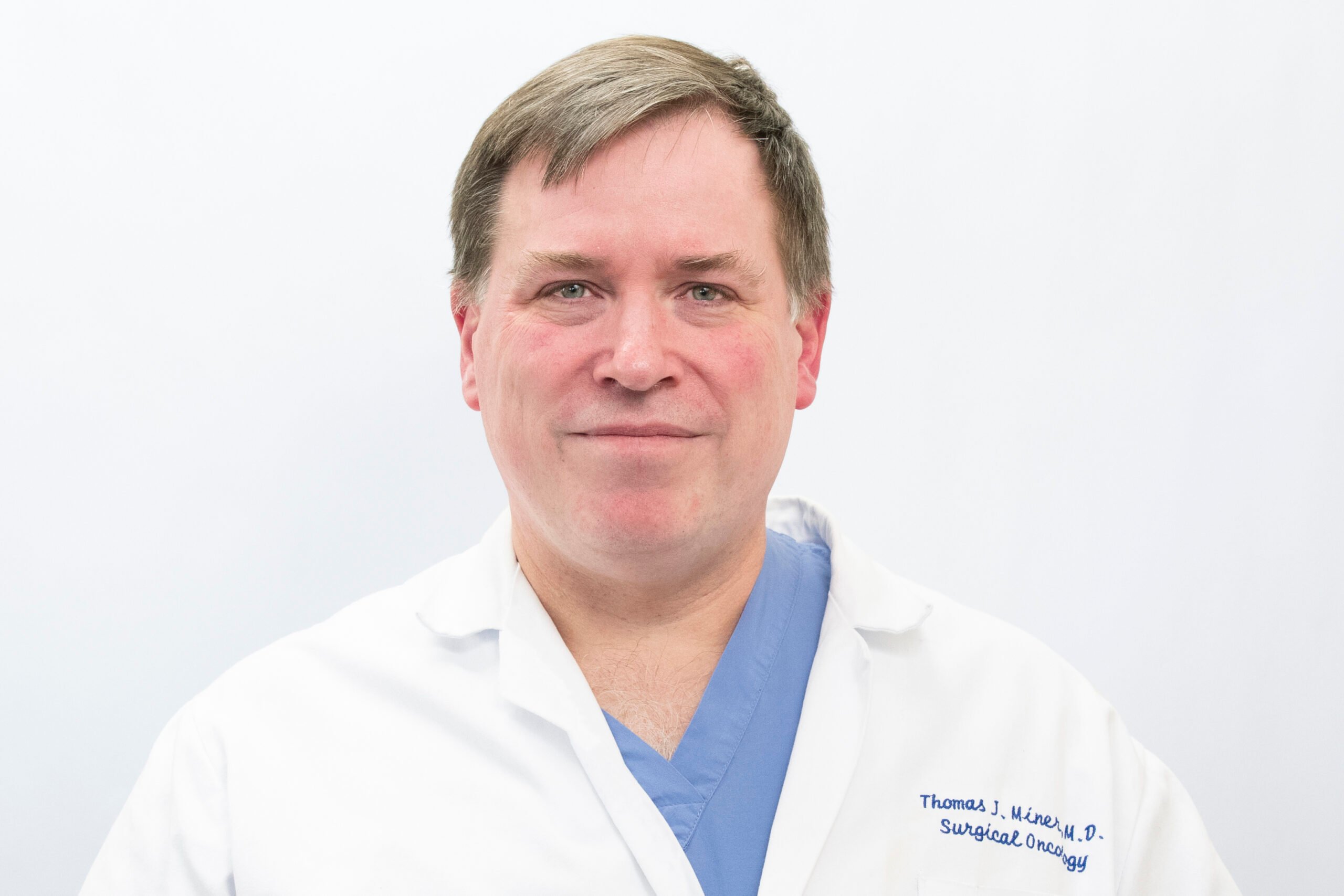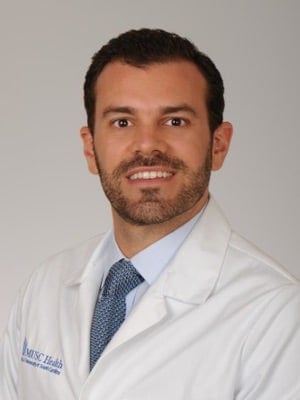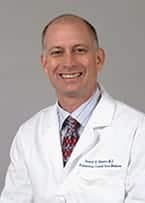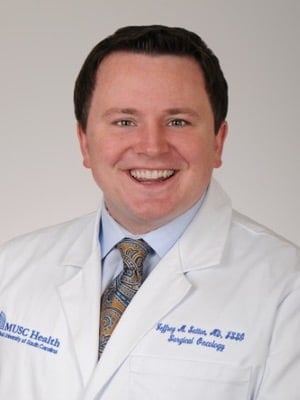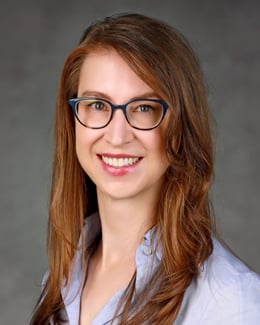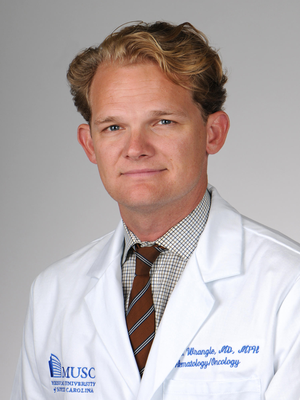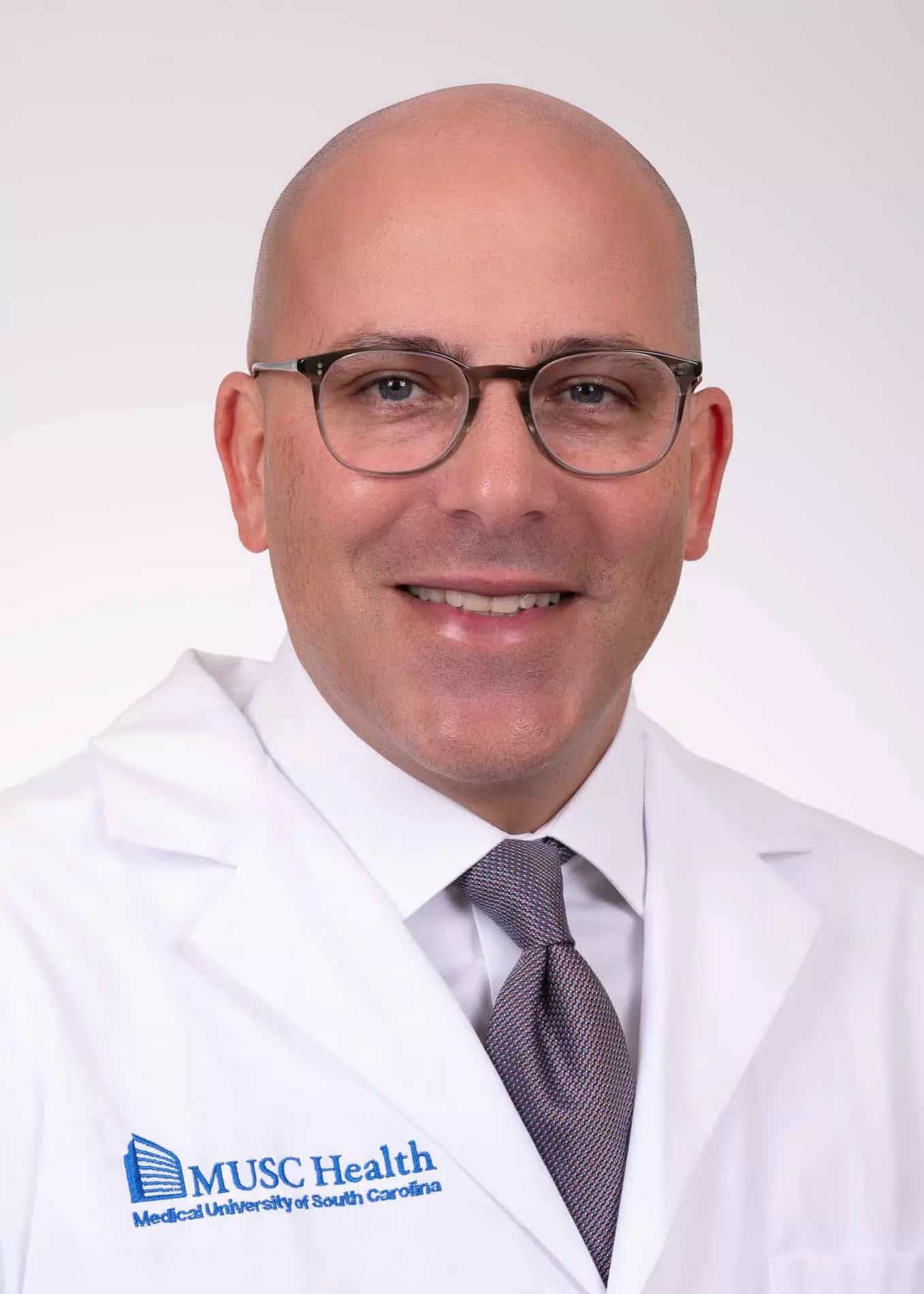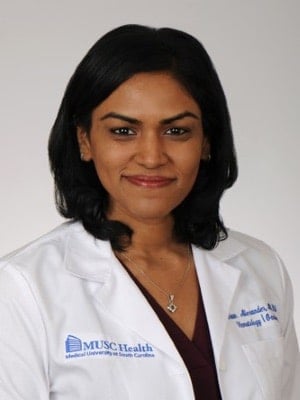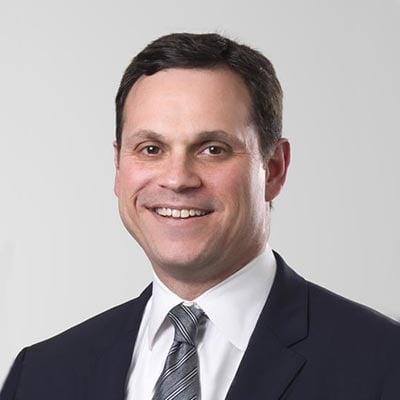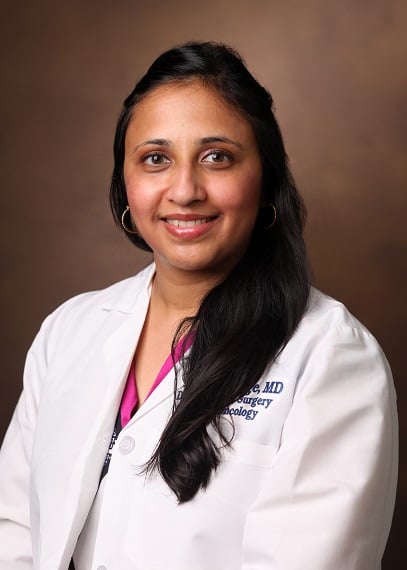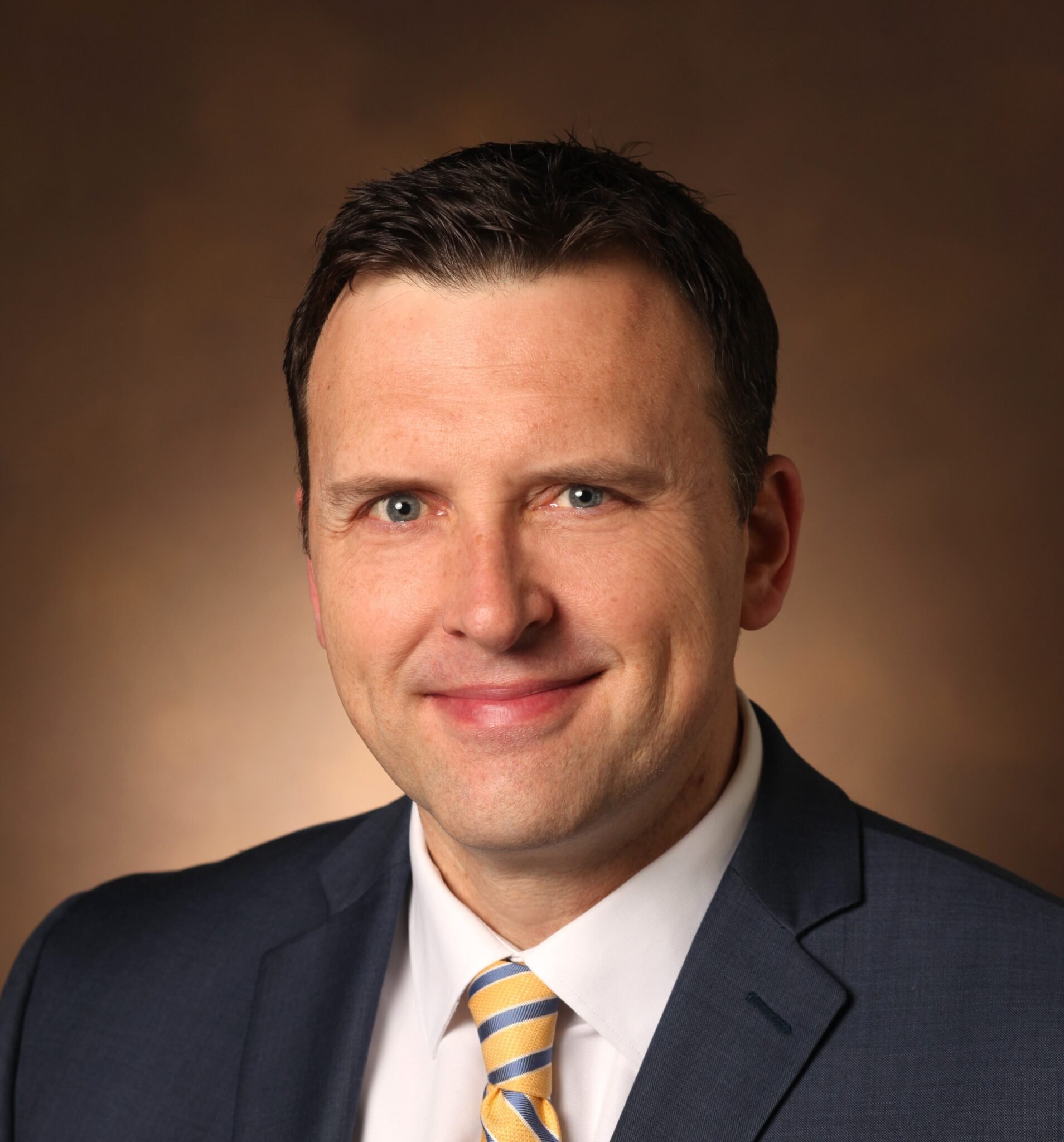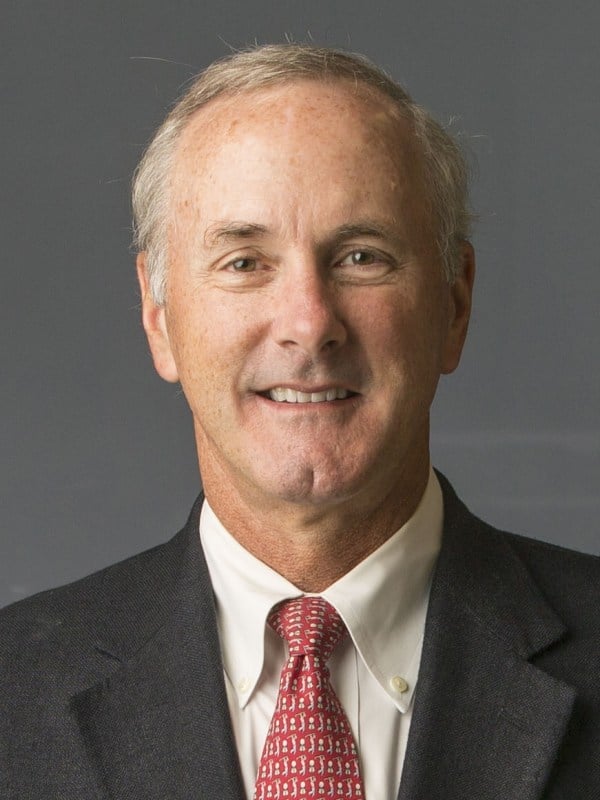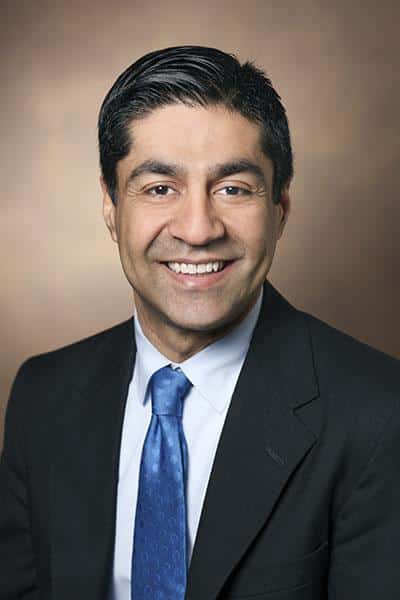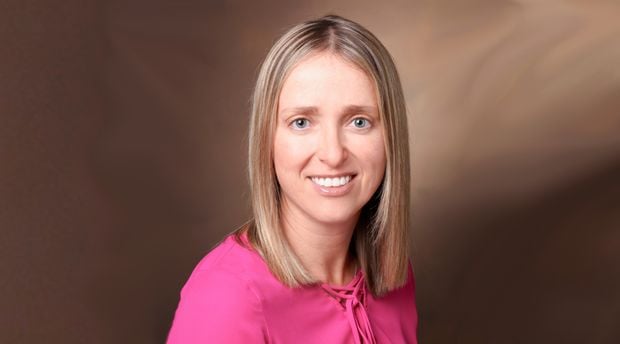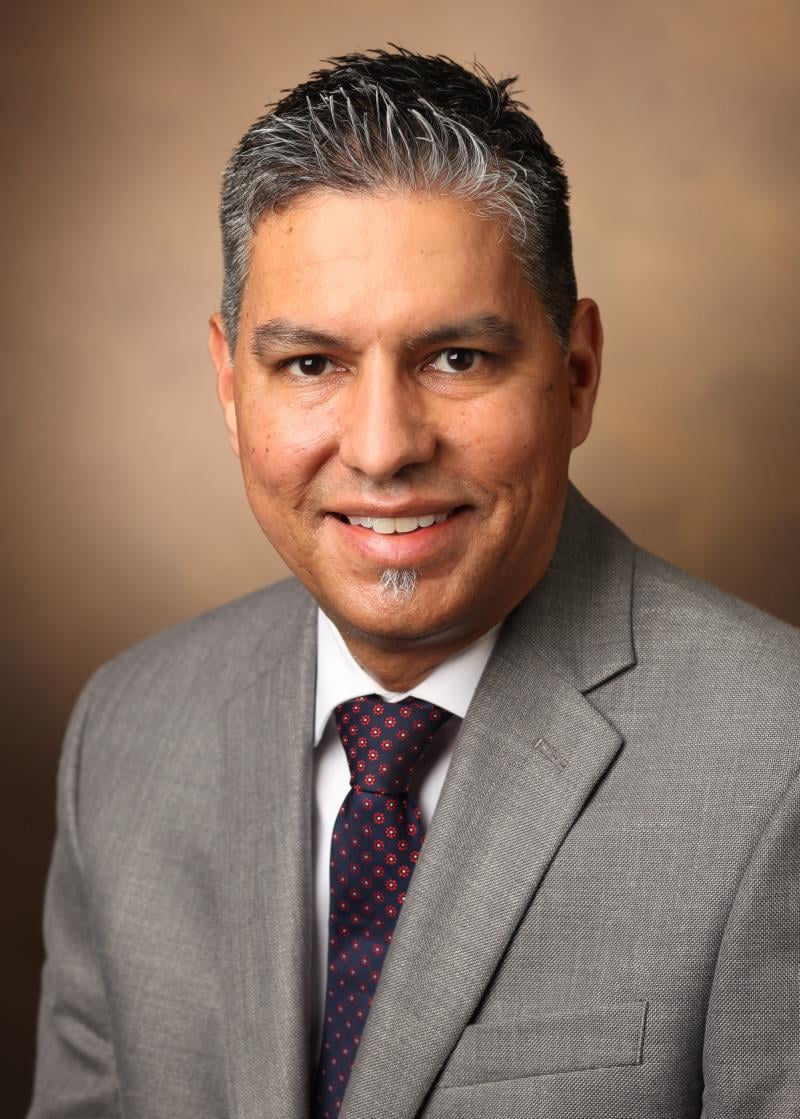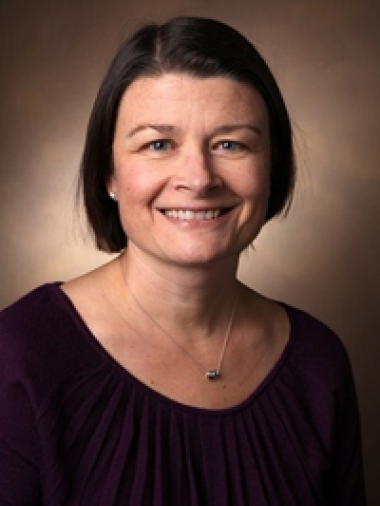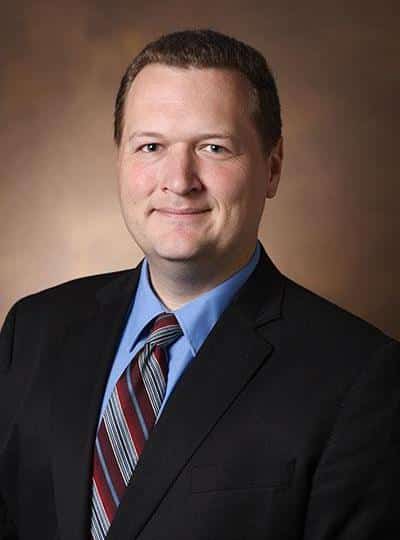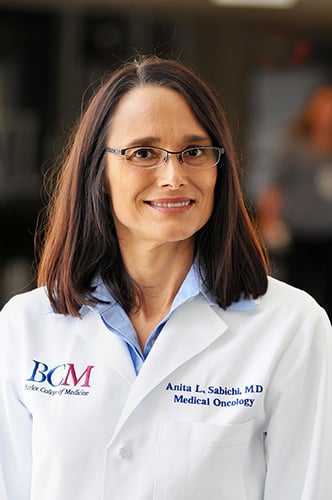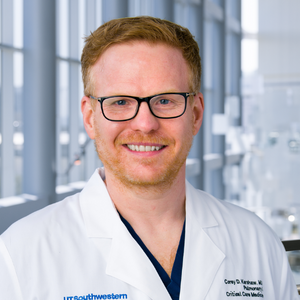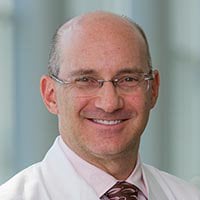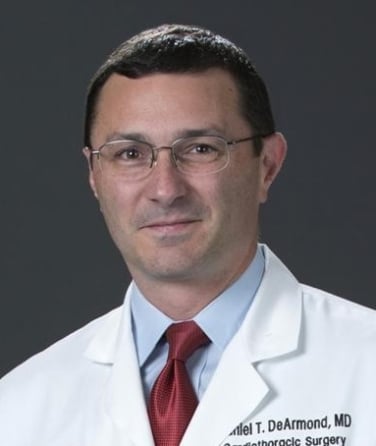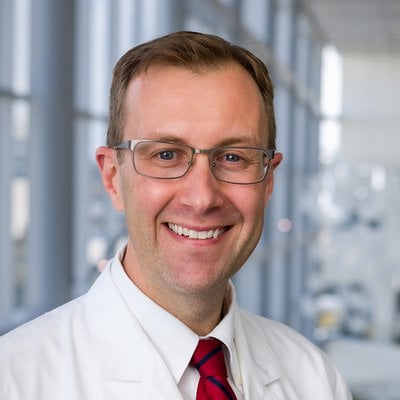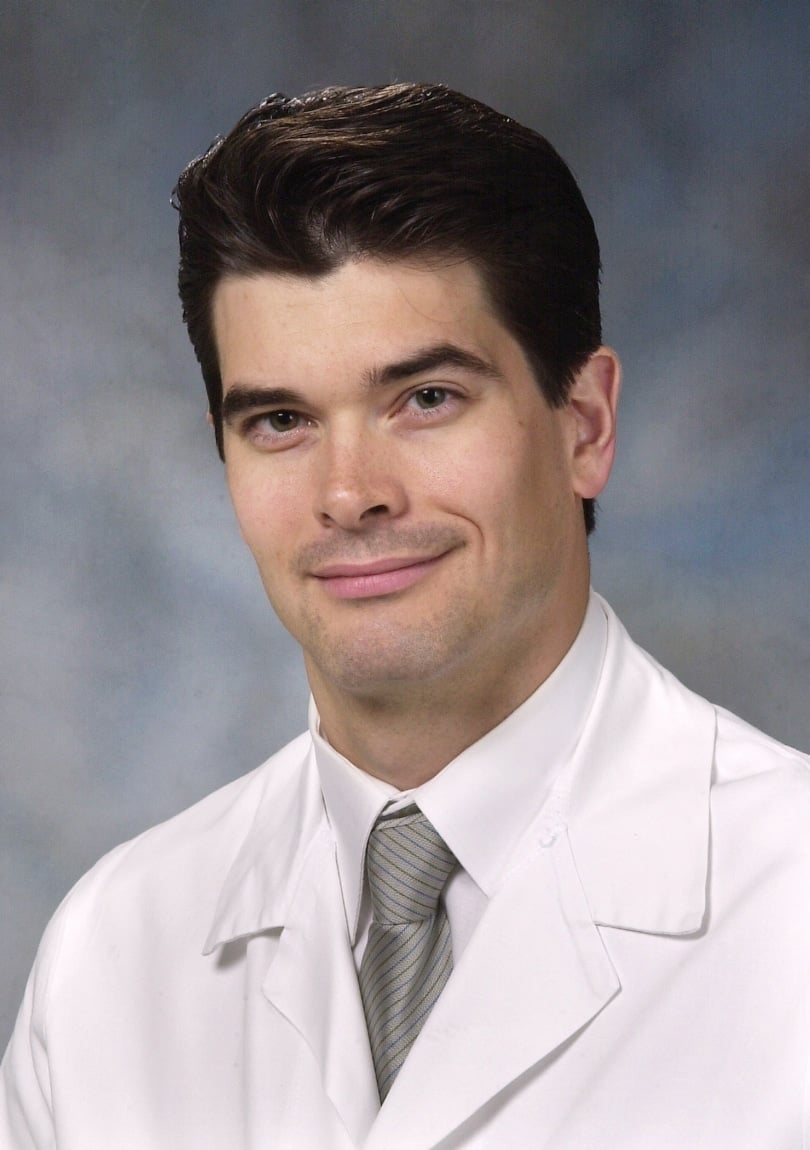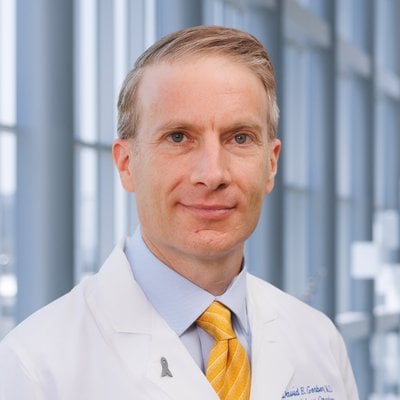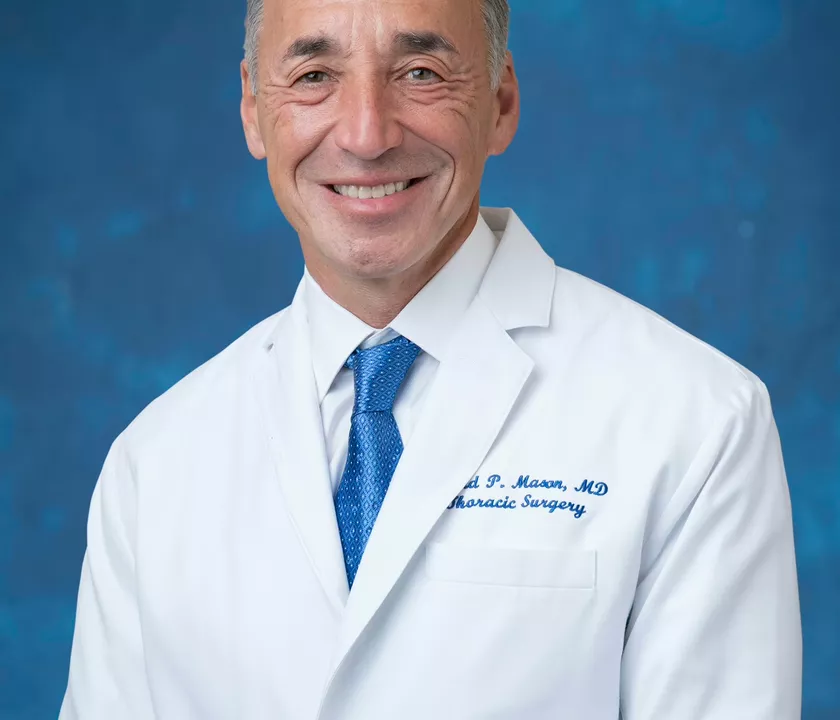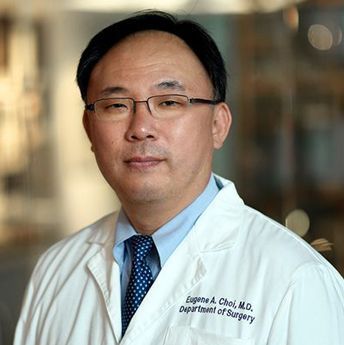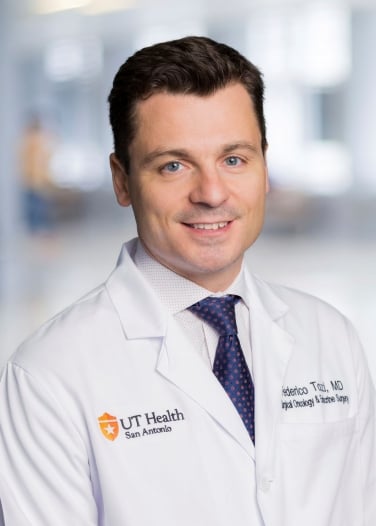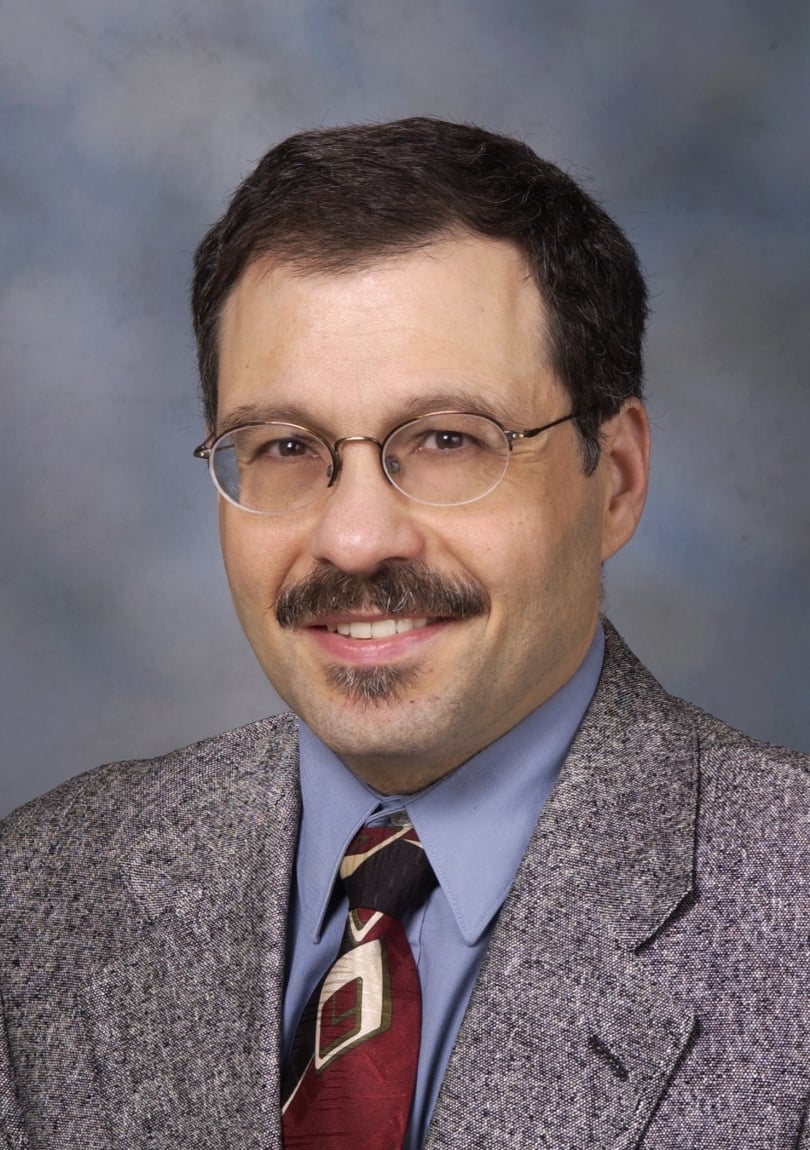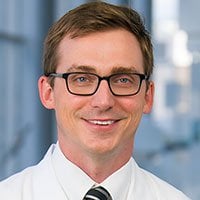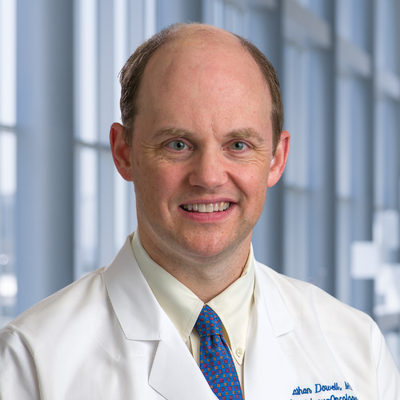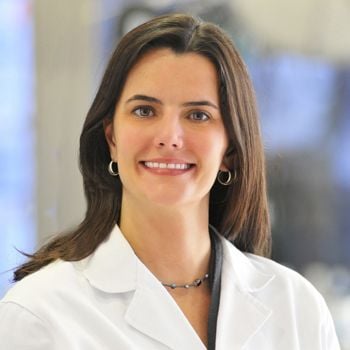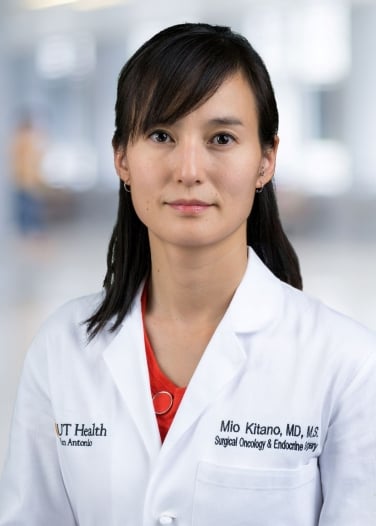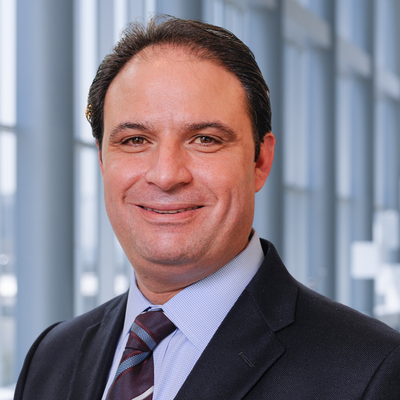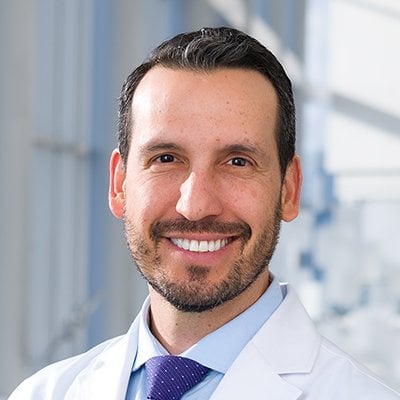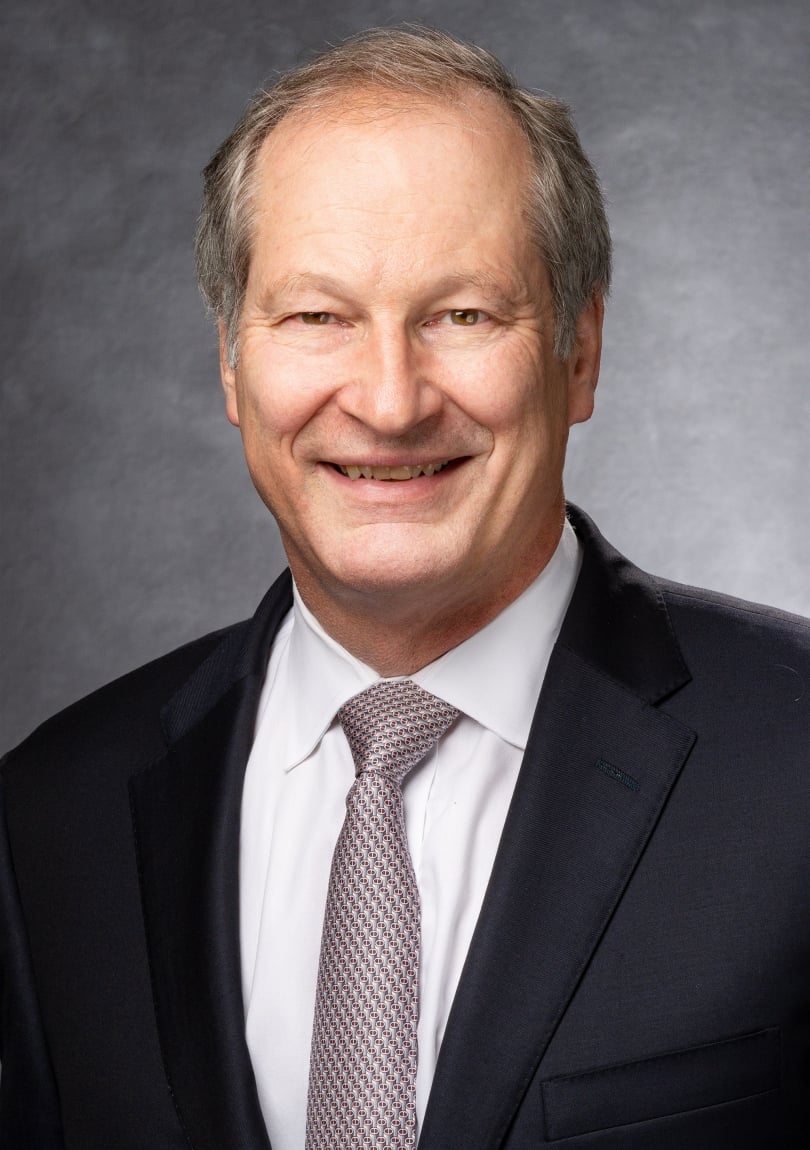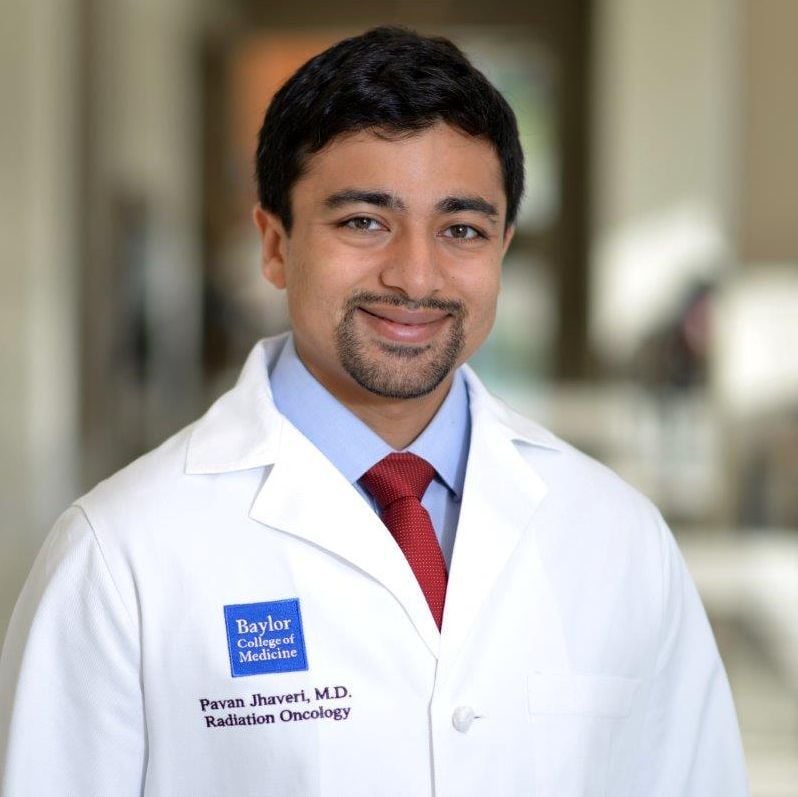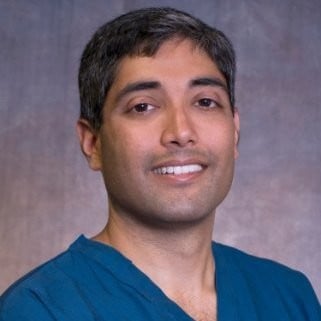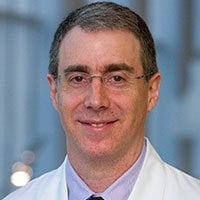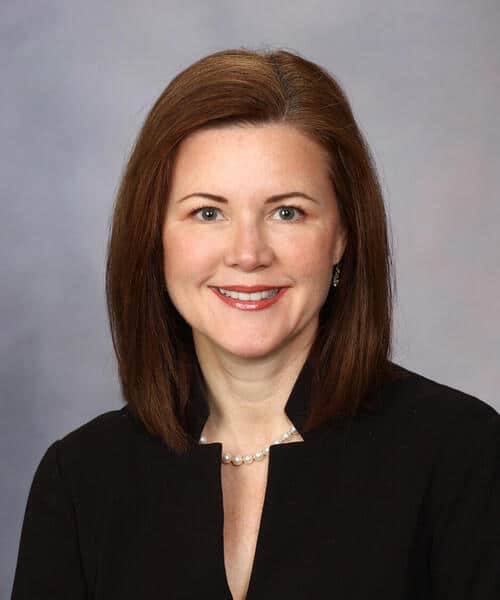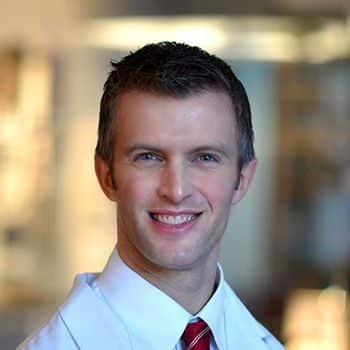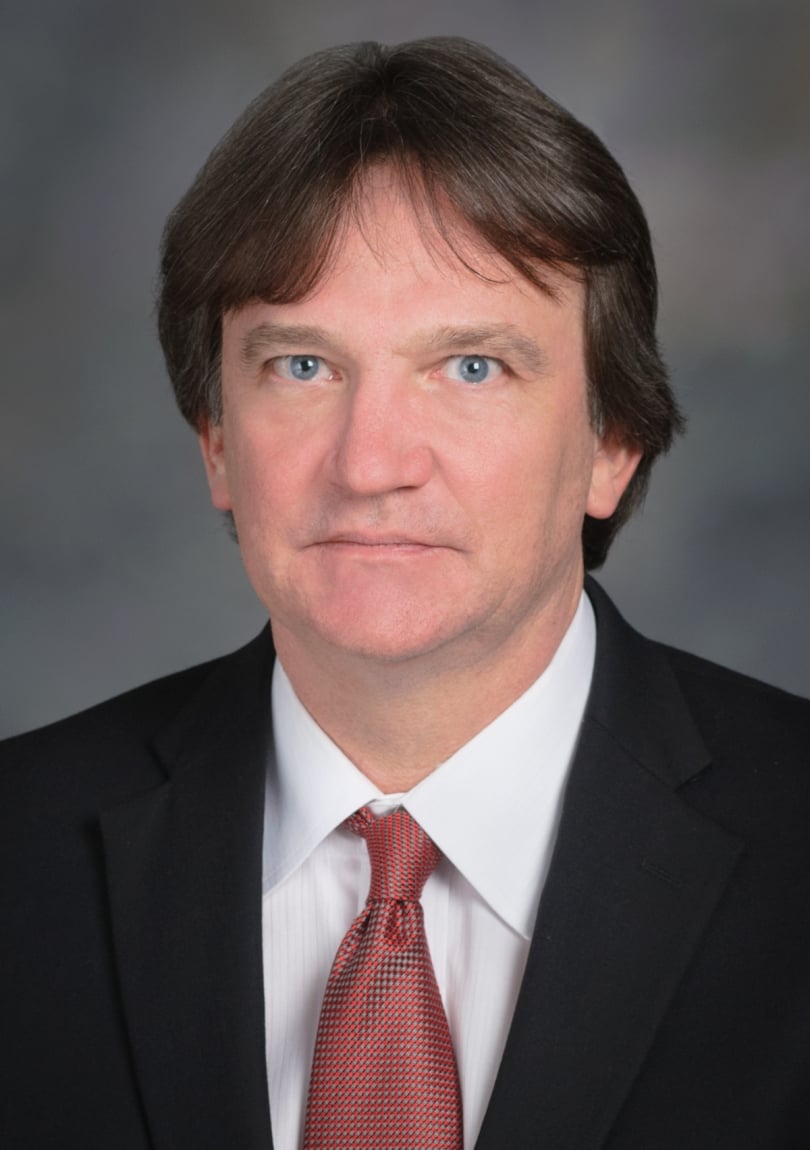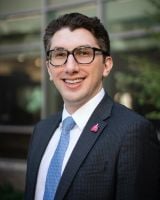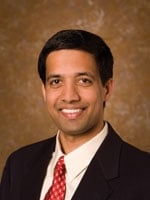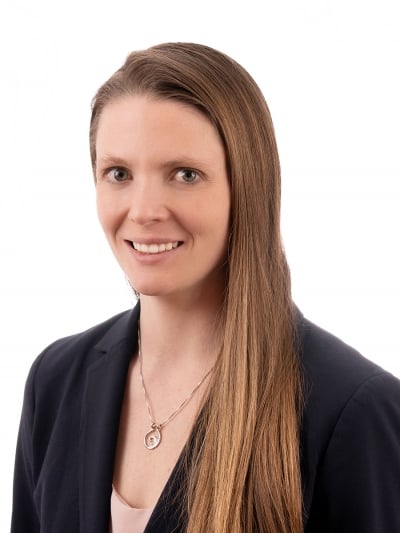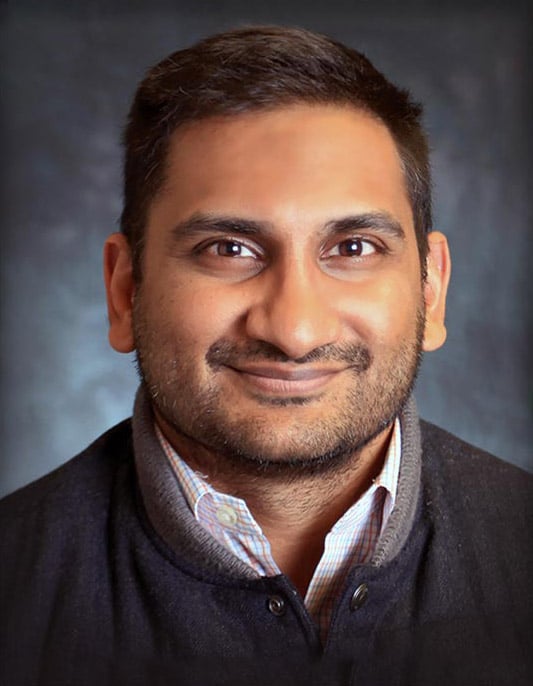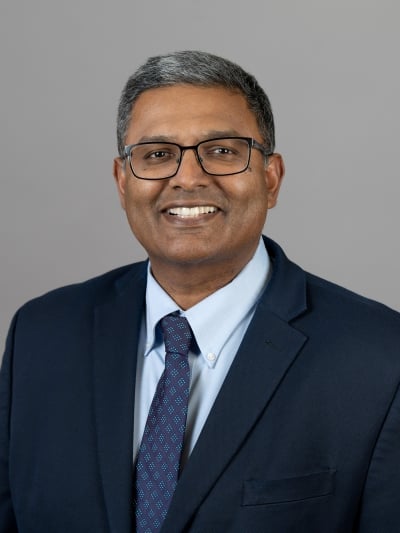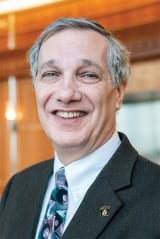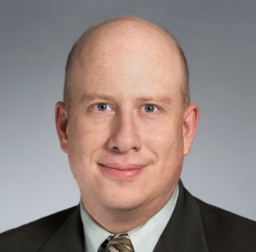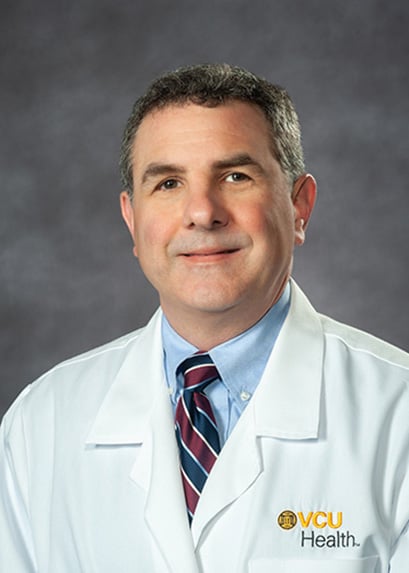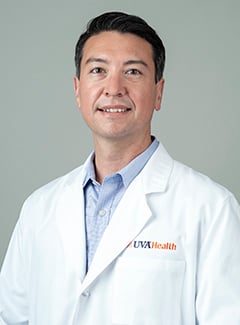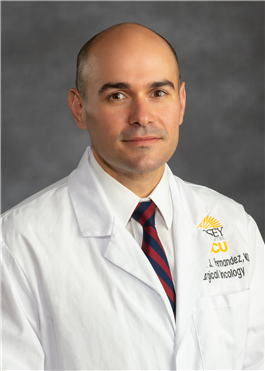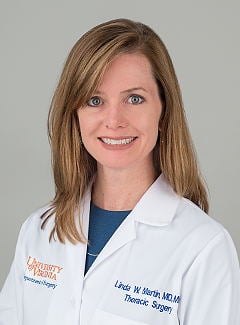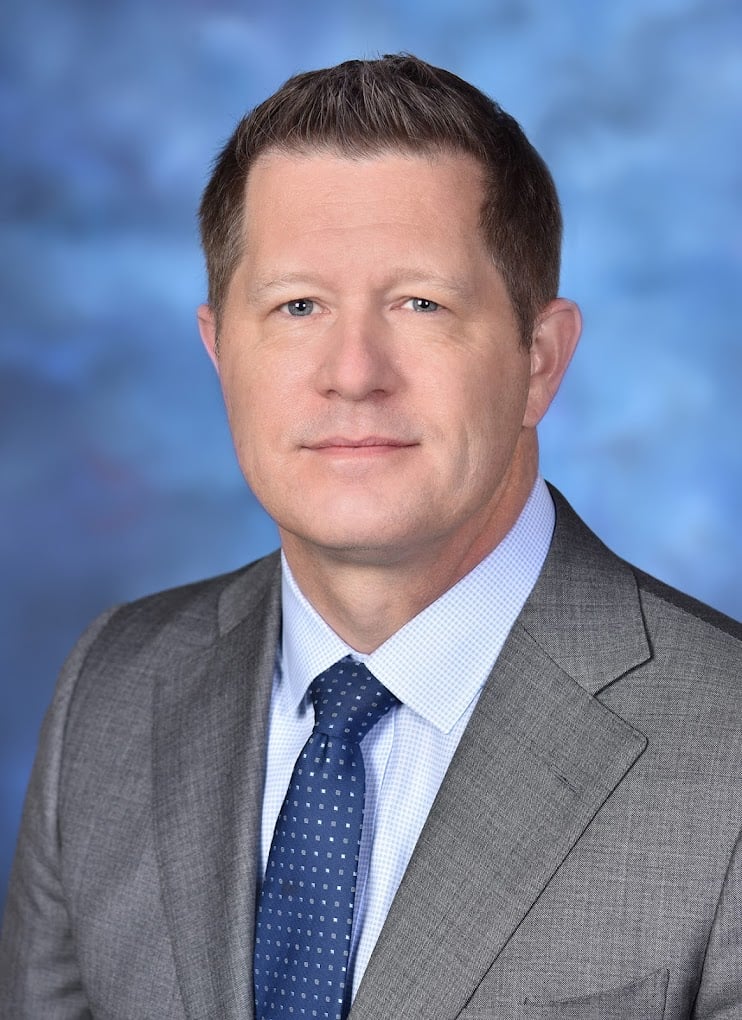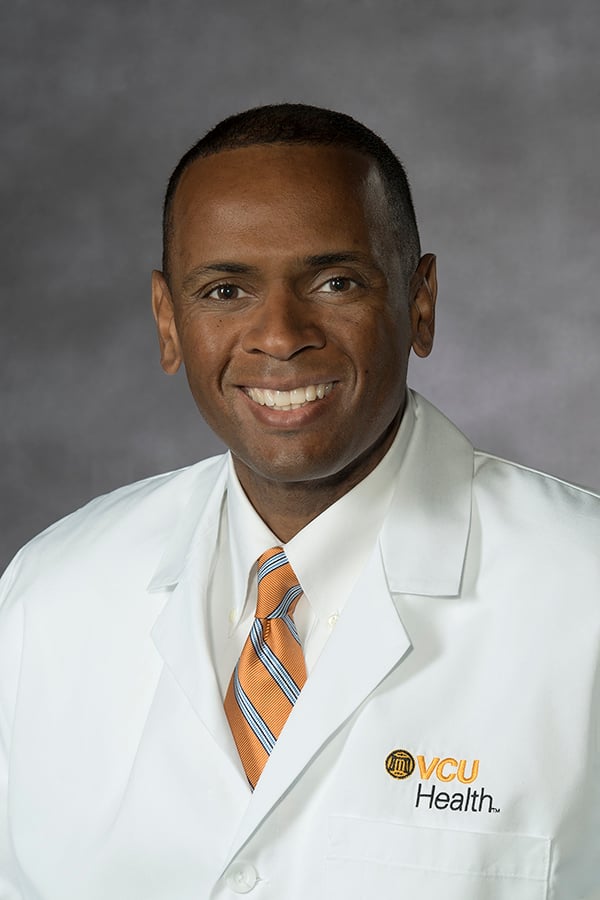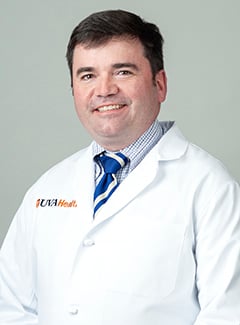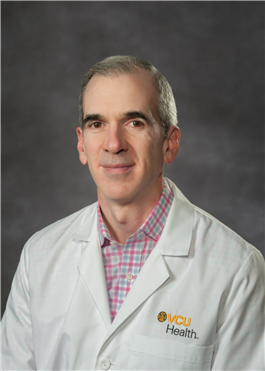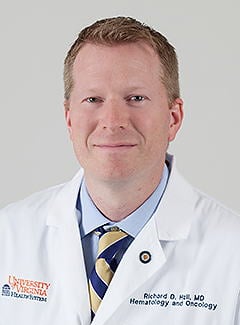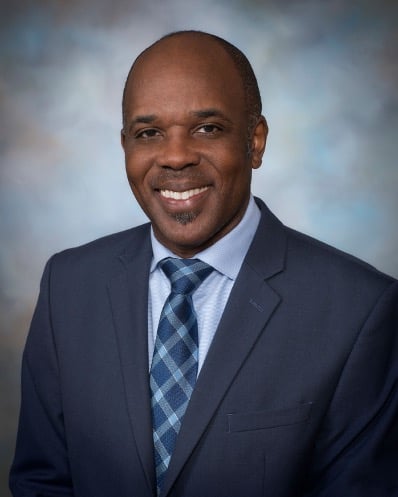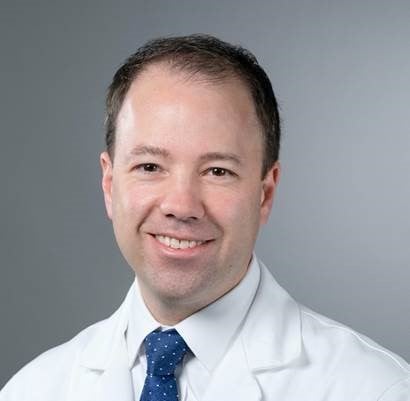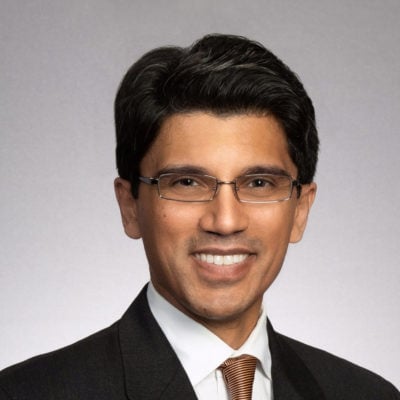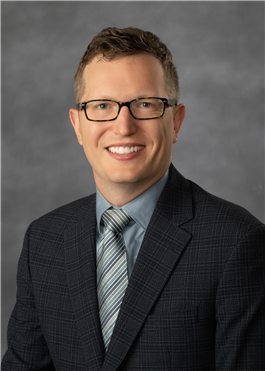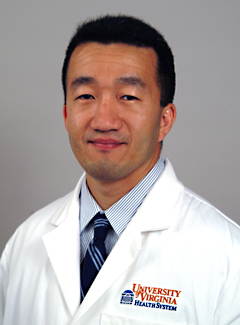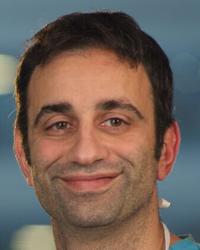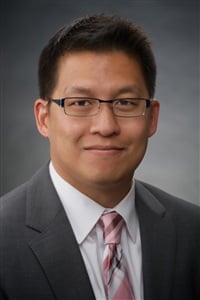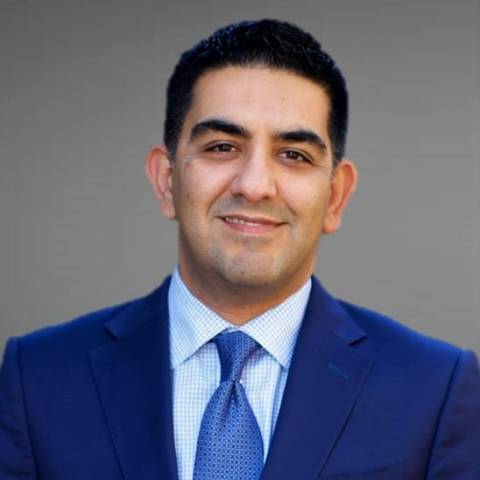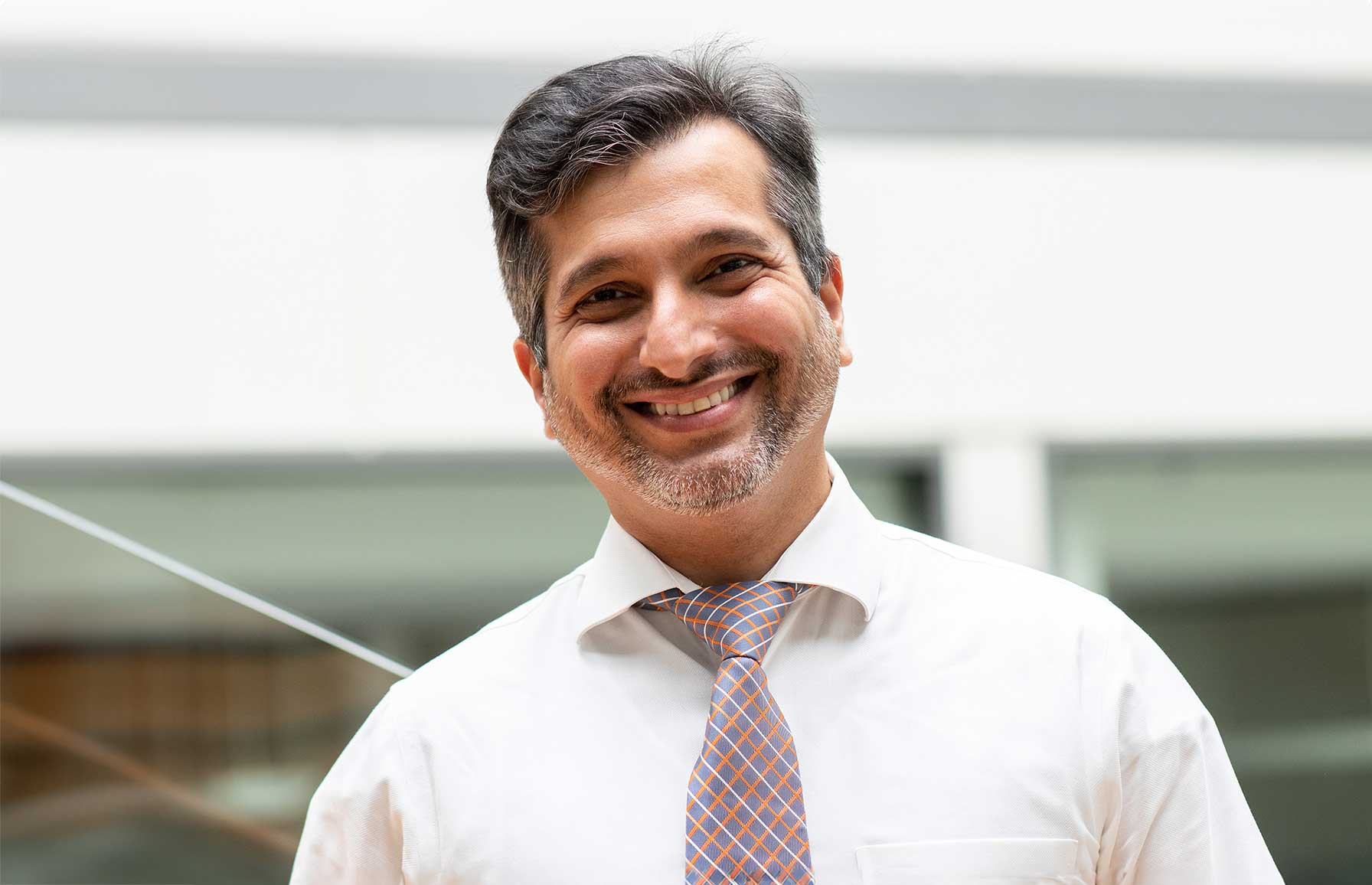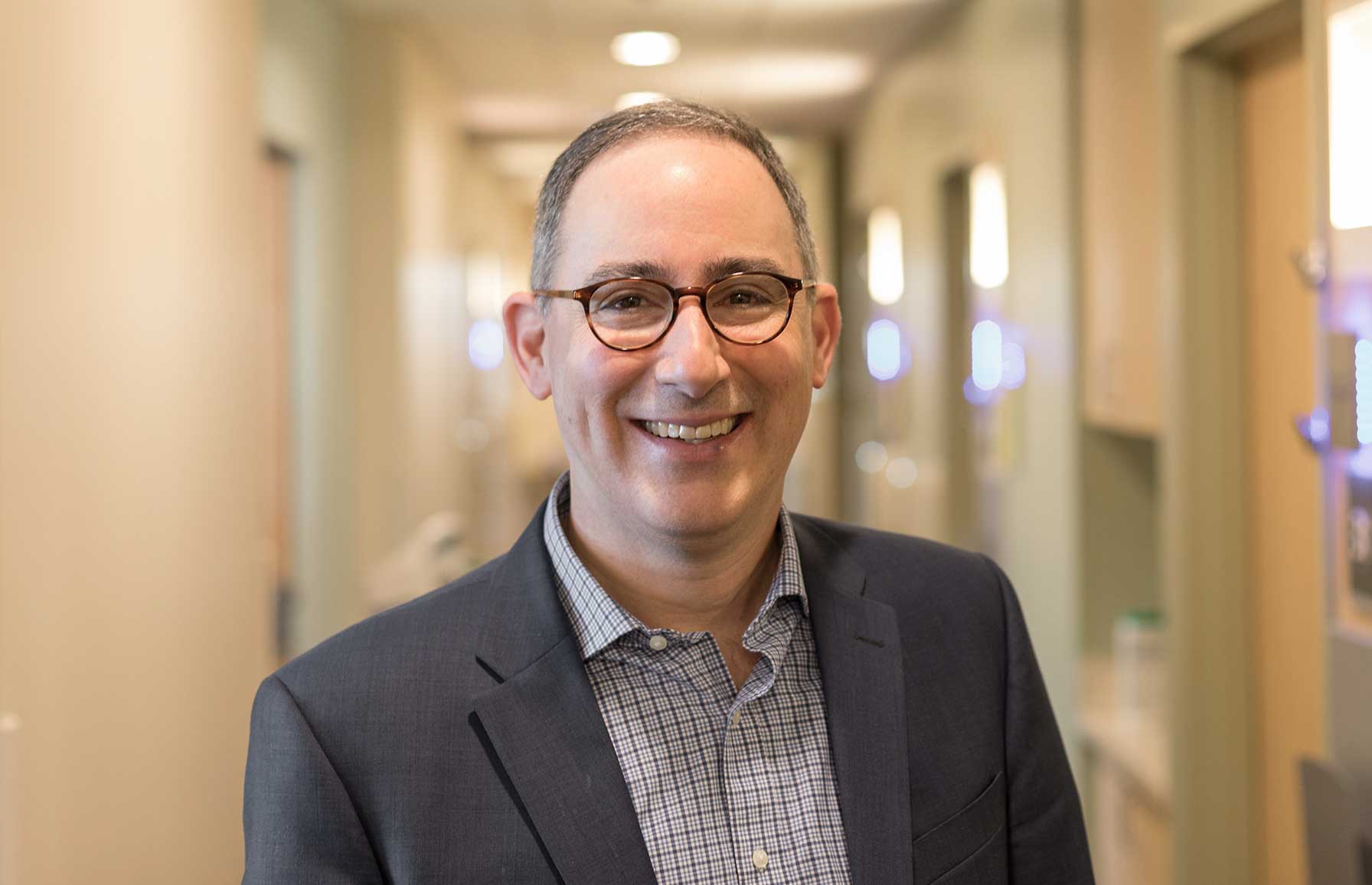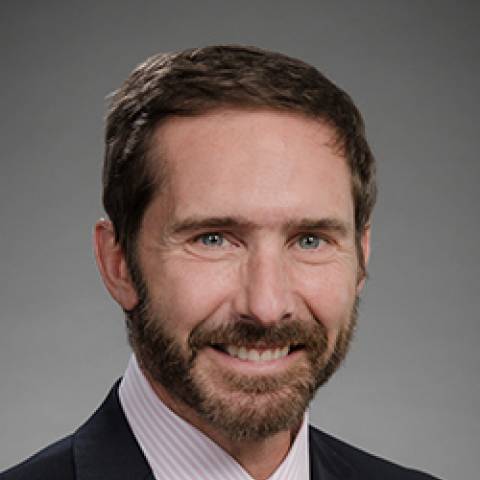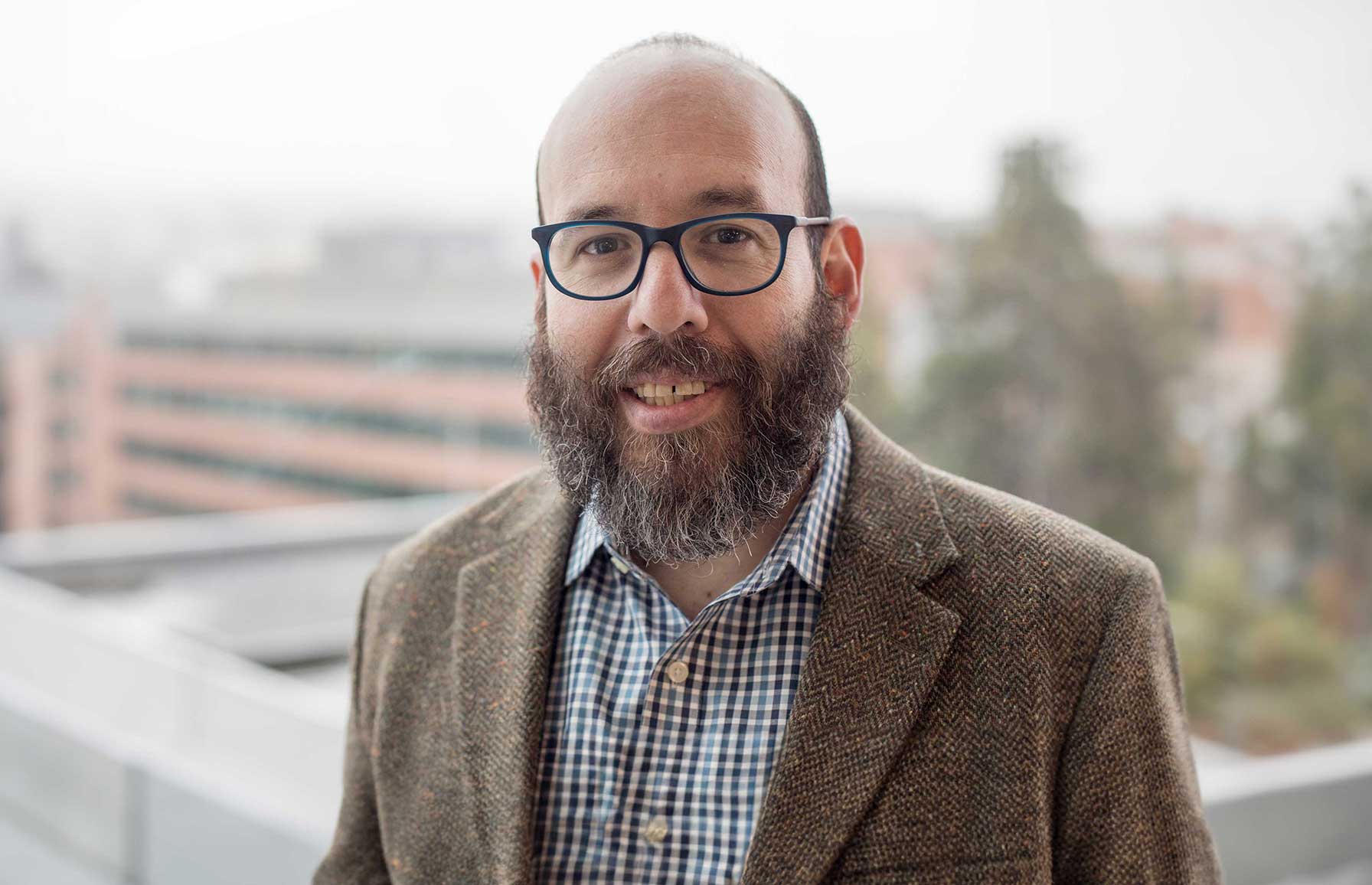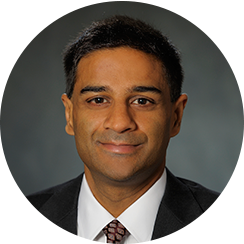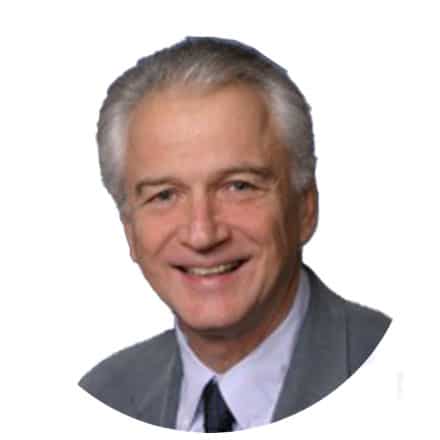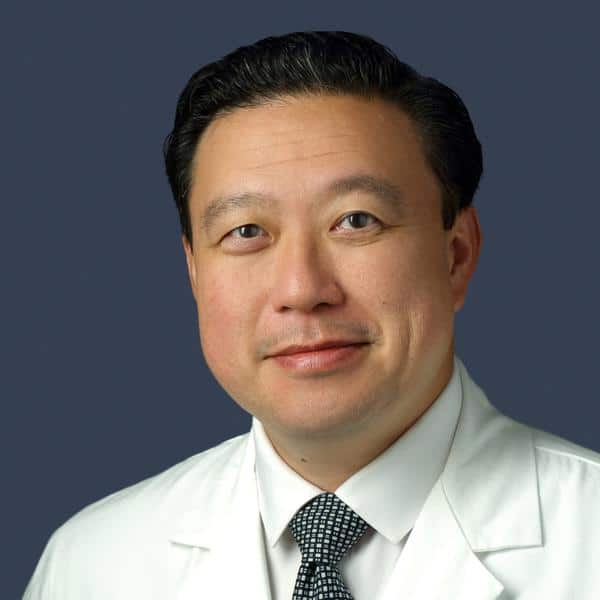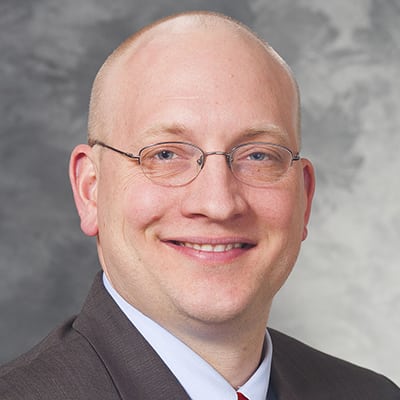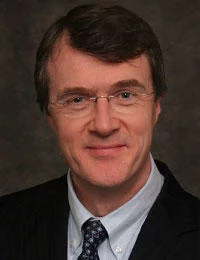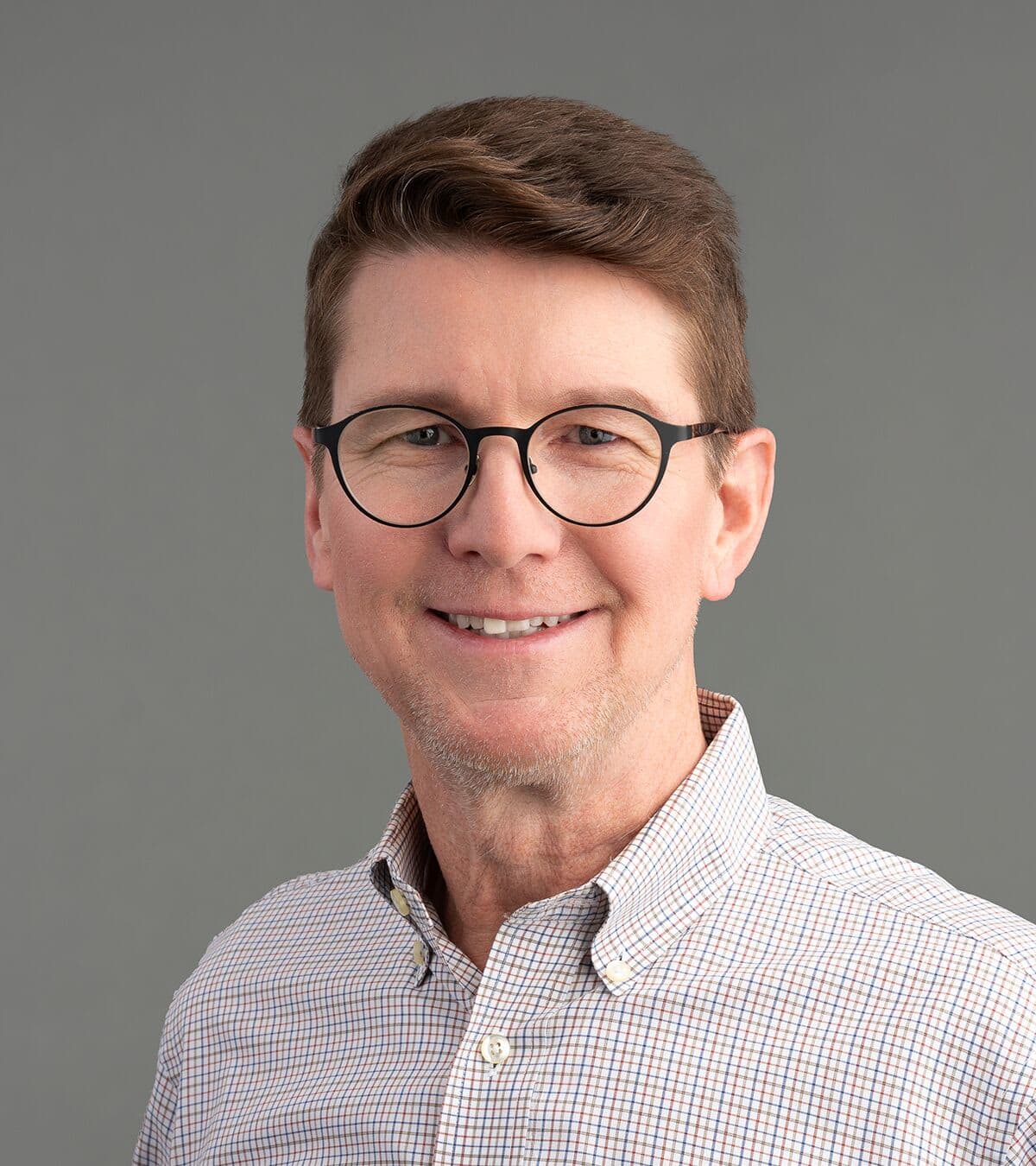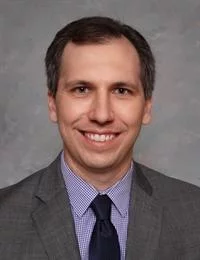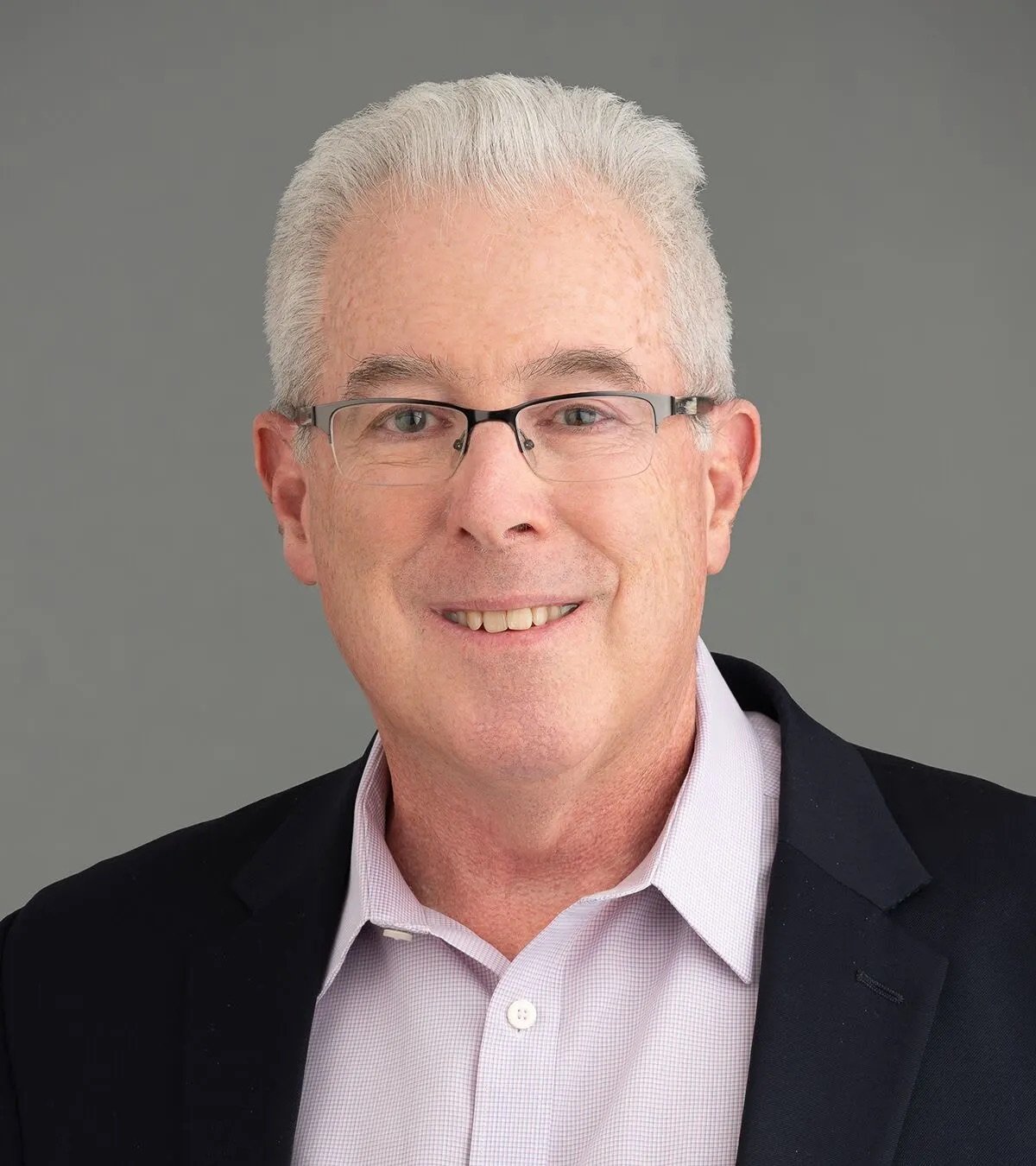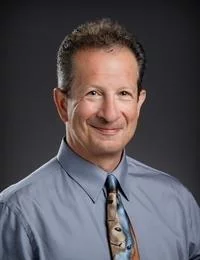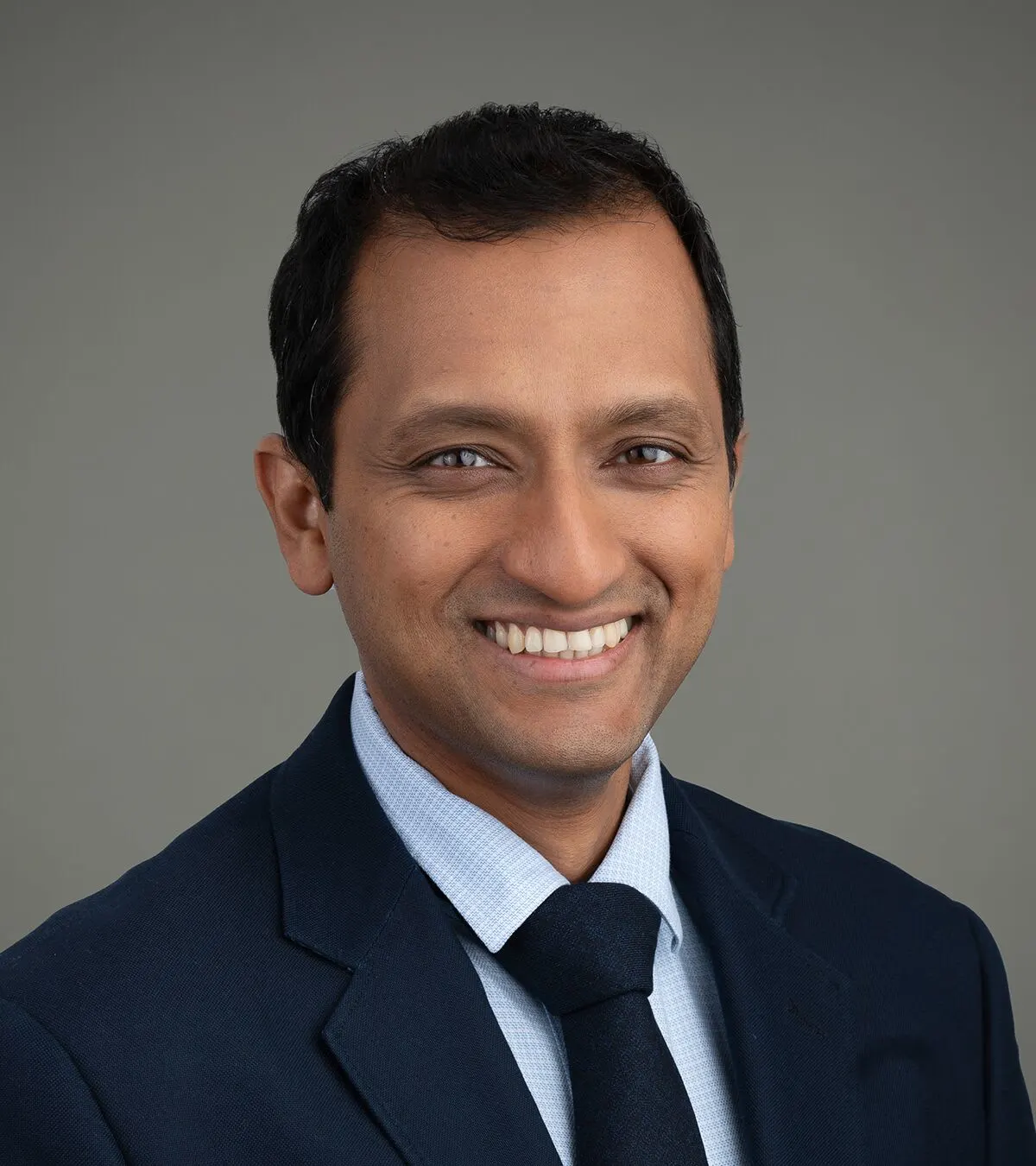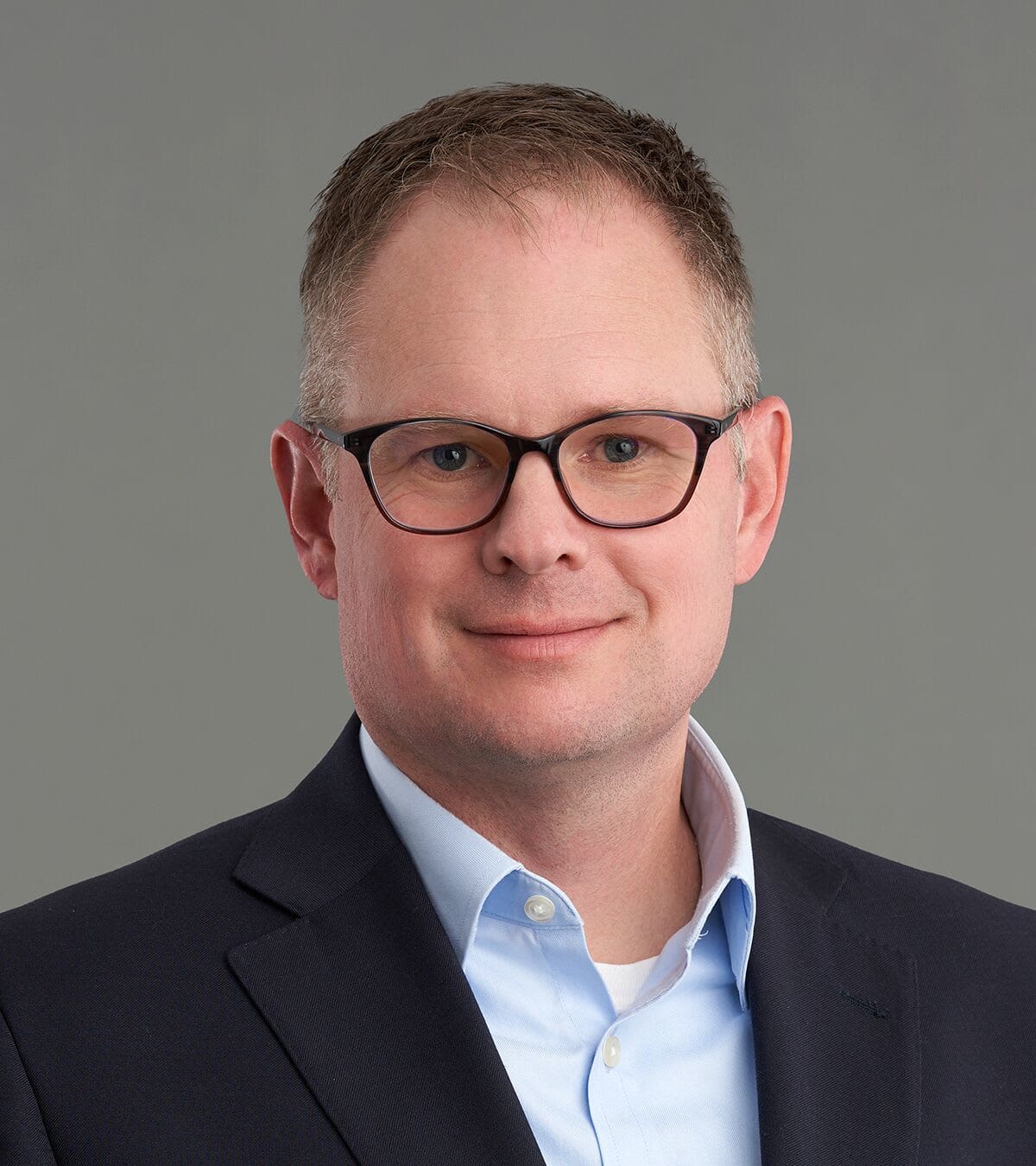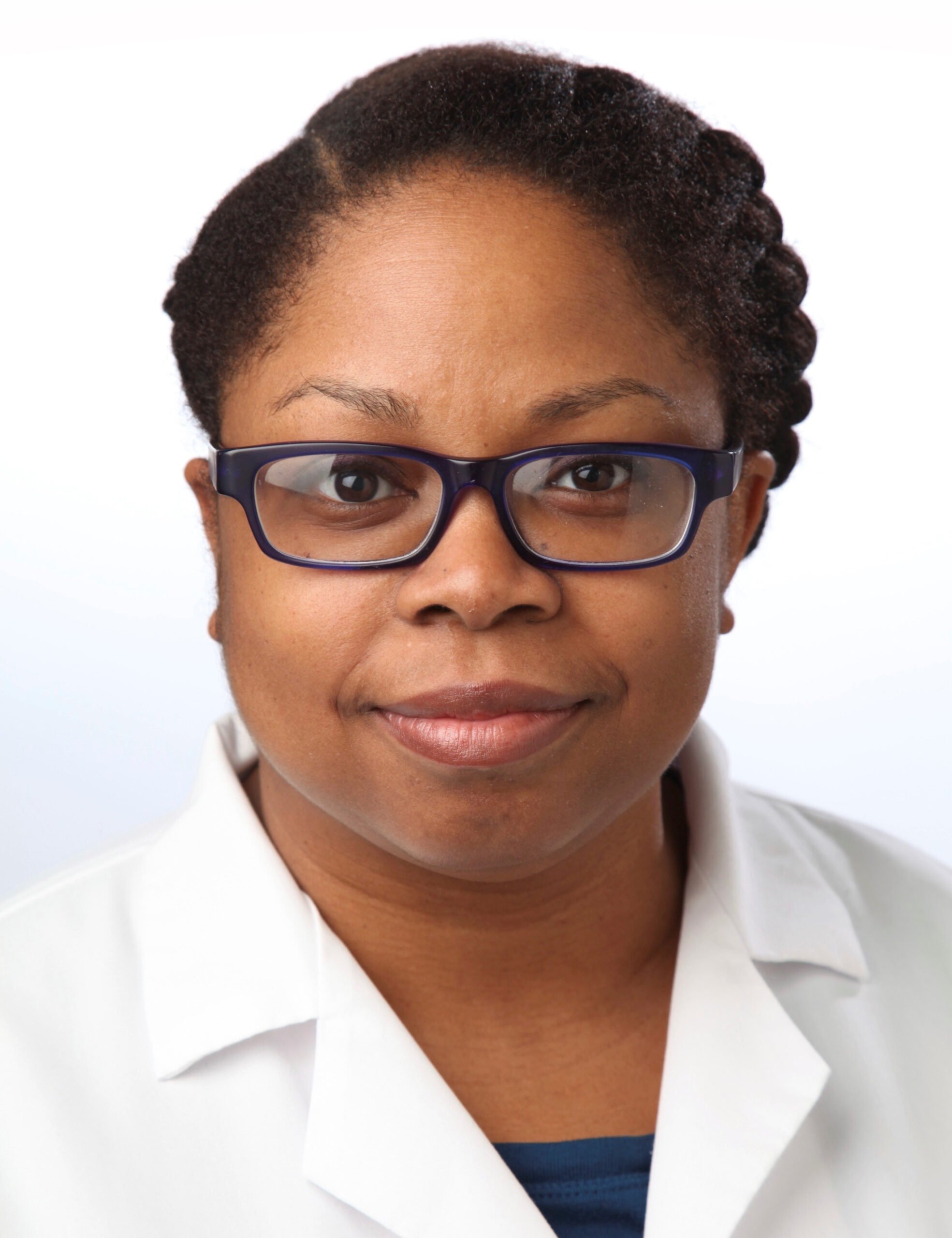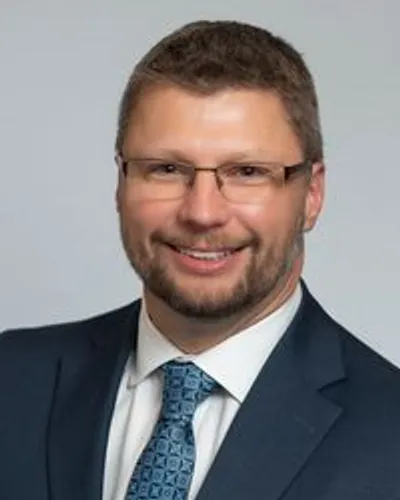Who Are the Top Mesothelioma Doctors?
Mesothelioma doctors are medical oncologists, thoracic surgeons, gastrointestinal surgeons, oncology surgeons, and radiation oncologists. They have experience treating patients with mesothelioma. They work within a multidisciplinary team of experts to give their patients the best options.
Many mesothelioma experts get involved with research and have been instrumental in developing better diagnostic techniques, surgical procedures, and treatment protocols. Many also lead clinical trials. These physicians are some of the best in the country for treating mesothelioma.
Alabama
O’Neal Comprehensive Cancer Center
Dr. Benjamin Wei is a thoracic and cardiothoracic surgeon at the University of Alabama and O’Neal Comprehensive Cancer Center. He specializes in robotic-assisted and video-assisted thoracic surgery for patients diagnosed with lung and esophageal cancers.
Karmanos Cancer Institute, Detroit
Dr. Frank Baciewicz, Jr. is a surgical oncologist and thoracic surgeon at Karmanos Cancer Institute in Detroit, Michigan, where he specializes in advanced surgical techniques for the treatment of lung cancer, esophageal cancer, and other thoracic conditions.
O’Neal Comprehensive Cancer Center, University of Alabama at Birmingham
Dr. Batra is a board-certified Interventional Pulmonologist at the University of Alabama at Birmingham and director of the UAB Interventional Pulmonology and Pleural Disease Program. His practice focuses on the detection and treatment of pleural diseases, including malignant pleural mesothelioma.
O’Neal Comprehensive Cancer Center
Dr. James M. Donahue is the section chief of thoracic surgery at the O’Neal Comprehensive Cancer Center at the University of Alabama at Birmingham. His areas of interest include lung and esophageal cancer, malignant pleural effusions, and chest wall surgery.
University of Alabama at Birmingham, Birmingham, Alabama
Dr. M. Chris Dobelbower is a radiation oncologist who treats patients with lung cancer, pleural mesothelioma, and other thoracic malignancies at the O’Neal Comprehensive Cancer Center at the University of Alabama at Birmingham.
O’Neal Comprehensive Cancer Center, University of Alabama at Birmingham
Dr. Hashmi is a surgical oncologist at the University of Alabama at Birmingham. She holds multiple certifications from the American Board of Surgery and specializes in the treatment of peritoneal surface malignancies including peritoneal mesothelioma. Dr. Hashmi has particular skill in the use of Heated Intraperitoneal Chemotherapy (HIPEC) following cytoreductive surgery.
Arizona
University of Arizona College of Medicine and Cancer Center, Tucson, Arizona
Dr. Carrie Luu is a surgical oncologist who performs cytoreductive surgery combined with hyperthermic intraperitoneal chemotherapy for patients with peritoneal mesothelioma. She practices at the University of Arizona College of Medicine and Cancer Center in Tucson, Arizona.
Banner MD Anderson Cancer Center, Gilbert, Arizona
Dr. Elbert Kuo is a nationally renowned thoracic surgeon on staff at Banner MD Anderson Cancer Center in Gilbert, Arizona. He has expertise in minimally invasive and robotic surgery for lung cancer, esophageal cancer, and other thoracic malignancies, including malignant pleural mesothelioma.
Banner MD Anderson Cancer Center, Phoenix, Arizona
Dr. Epameinondas Dogeas is a surgical oncologist who practices at Banner MD Anderson Cancer Center in Phoenix, Arizona. His clinical skills include cytoreductive surgery and hyperthermic intraperitoneal chemotherapy for the treatment of malignant peritoneal mesothelioma.
Mayo Clinic, Phoenix, Arizona
Dr. Jonathan D’Cunha is a noted cardiothoracic surgeon whose specialty is surgical management of lung cancer, pleural mesothelioma, and other thoracic malignancies. He practices at the Mayo Clinic in Phoenix, Arizona, where he is a member of the Lung Cancer Program.
The University of Arizona Cancer Center, Tucson, Arizona
Dr. Linda Garland is a thoracic medical oncologist and translational researcher at the University of Arizona and Banner Health in Tucson, Arizona. She specializes in the treatment of patients diagnosed with malignant mesothelioma and lung cancer.
Mayo Clinic, Phoenix, Arizona
Dr. Nabil Wasif is a surgical oncologist at the Mayo Clinic in Phoenix, Arizona. He specializes in performing cytoreductive surgery with hyperthermic intraperitoneal chemotherapy for the treatment of malignant peritoneal mesothelioma, as well as other abdominal malignancies.
Banner MD Anderson Cancer Center, Gilbert, Arizona
Dr. Rajesh Ramanathan is a surgical oncologist at Banner MD Anderson Cancer Center in Gilbert, Arizona. He cares for patients with abdominal and gastrointestinal cancers, including malignant peritoneal mesothelioma.
Mayo Clinic, Arizona
Dr. Vinicius Ernani is a thoracic medical oncologist at the Mayo Clinic in Phoenix, Arizona who specializes in thoracic malignancies including lung cancer, mesothelioma, and thymic cancer. He is dedicated to identifying novel treatments for the treatments of these diseases and is actively involved in developing and co-chairing clinical trials.
Arkansas
UAMS Health, Little Rock, Arkansas
Dr. Konstantinos Arnaoutakis is a medical oncologist specializing in the care of patients diagnosed with lung cancer and malignant mesothelioma, as well as head and neck cancers and genitourinary cancers. He sees patients at the Winthrop P. Rockefeller Cancer Institute at the University of Arkansas for Medical Sciences.
Winthrop P. Rockefeller Cancer Institute – Little Rock, Arkansas
Dr. Matthew Steliga is a thoracic surgeon specializing in cancer and mesothelioma. He is an instructor and surgeon at the Winthrop P. Rockefeller Cancer Institute at the University of Arkansas for Medical Sciences in Little Rock, Arkansas. He trained and taught at the MD Anderson Cancer Center in Houston, a leading facility for the management of mesothelioma. Dr. Steliga specializes in minimally invasive surgeries and is known for providing his patients with multiple treatment options and compassionate care. [27]
California
Cedars-Sinai Samuel Oschin Comprehensive Cancer Center, Los Angeles, California
Dr. Alexandra Gangi is a surgical oncologist at Cedars-Sinai and its Samuel Oschin Comprehensive Cancer Center in Los Angeles, California. She specializes in treating patients with gastrointestinal and abdominal cancers, as well as malignancies like peritoneal mesothelioma.
Cedars-Sinai Samuel Oschin Comprehensive Cancer Center, Los Angeles, California
Dr. Amin Mirhadi is a highly-respected radiation oncologist at Cedars-Sinai Samuel Oschin Comprehensive Cancer Center. He applies his skills and the most innovative radiation technology to treat patients with malignant pleural mesothelioma and lung cancer.
Moores Cancer Center at UC San Diego, San Diego, California
Dr. Andrew Lowy is a surgical oncologist at the University of California San Diego’s Moore’s Cancer Center in San Diego, California. He specializes in treating cancers of the GI tract, pancreas, and liver, with special interest in the management of patients with metastatic disease to the liver and peritoneum, which he treats using hyperthermic intraperitoneal chemotherapy.
Keck Medicine of University of Southern California
Dr. Kim is a thoracic surgeon whose specialties include treating lung cancer and malignant mesothelioma. He leads the thoracic surgery division at Keck Medicine of University of Southern California. His areas of expertise include minimally invasive thoracic surgery and robotic surgery.
Providence Saint John's Health Center, John Wayne Cancer Institute, Santa Monica, California
Dr. Anton J. Bilchik is an internationally recognized surgical oncologist who practices at Providence Saint John’s Health Center and its John Wayne Cancer Institute in Santa Monica, California. He pioneered techniques to improve minimally invasive approaches for liver and pancreas cancer and has expertise in laparoscopic and robotic surgery, as well as hyperthermic intraoperative peritoneal chemotherapy (HIPEC) for peritoneal mesothelioma.
UCLA Health
Dr. Bryan Burt is an internationally recognized thoracic surgeon-scientist and oncologist at UCLA Health and the David Geffen School of Medicine at UCLA. He specializes in minimally invasive robotic surgery for the treatment of lung cancer and malignant pleural mesothelioma.
Stanford Medicine, Palo Alto, California
Dr. Byrne Lee is a surgical oncologist at Stanford University and the Stanford Cancer Center in Palo Alto, California. As leader of the surgical team of the peritoneal surface malignancy and HIPEC program, he offers innovative surgical options for patients diagnosed with malignant peritoneal mesothelioma.
UCSF Medical Center – San Francisco, California
Dr. Jablons studied medicine at the Albany Medical College of Union University New York, having won a preceptorship studying under Dr. Steven Rosenberg at the National Cancer Institute in his fourth year of study there. His training with Dr. Rosenberg sparked a deep interest in translational science, and Dr. Jablons currently serves as the Chief of General Thoracic Surgery, Director of the Thoracic Oncology Lab, and program leader of Thoracic Oncology at UCSF as well as being the Nan T. McEvoy Distinguished Professor of Thoracic Surgical Oncology. [15]
UC Davis Health Medical Center, Sacramento
Dr. David Tom Cooke is a national leader in robotic thoracic surgery. He specializes in the surgical treatment of malignant and benign lung conditions including lung cancer and malignant mesothelioma. He has a special interest in patient-centered outcomes research, cancer clinical trials, and breaking down racial barriers to better cancer care.
UCLA Health, Santa Monica, California
Dr. Fereidoun Abtin is a thoracic interventional radiologist specializing in the treatment of lung cancer and malignant pleural mesothelioma at UCLA Health in Santa Monica, California. He is a pioneer in the use of cryoablation and other innovative techniques for the removal of pulmonary tumors.
Cedars-Sinai, Los Angeles, California
Dr. Harmik J. Soukiasian is a thoracic surgeon and expert in minimally invasive robotic thoracic surgery at Cedars-Sinai Health System. He applies his skill and knowledge to the care of patients diagnosed with lung cancer, mesothelioma, esophageal cancer, and other thoracic malignancies and diseases.
Stanford Medicine, Stanford, California
Dr. Heather Wakelee is a thoracic medical oncologist specializing in the treatment of lung cancer, mesothelioma, and thymomas. She is actively involved in both patient care and research into finding better treatments for pleural cancers. In addition to her role as Deputy Director of the Stanford Cancer Institute and Division Chief of Medical Oncology, she is also a leader in many national and international organizations related to lung cancer and mesothelioma.
UCLA Health Jonsson Comprehensive Cancer Center, Los Angeles, California
Dr. Jay M. Lee is a thoracic surgical oncologist who is internationally recognized for his clinical, academic, and research work on new drug development in lung cancer and other thoracic malignancies, including malignant pleural mesothelioma. He is the Surgical Director of the Thoracic Oncology Program at UCLA Health in Los Angeles.
Kaiser Permanente Oakland Medical Center, Oakland, CA
Dr. Jeffrey Velotta is a thoracic surgeon at Kaiser Permanente Northern California in Oakland. He specializes in minimally invasive surgery for lung cancer and malignant pleural mesothelioma.
Moore’s Comprehensive Cancer Center, San Diego, California
Dr. Joel Baumgartner is a surgical oncologist and expert in cytoreductive surgery with hyperthermic intraperitoneal chemotherapy at UC San Diego and its Moore Comprehensive Cancer Center.
Stanford Cancer Institute, Palo Alto, California
Dr. Joel Neal is a thoracic medical oncologist at Stanford Cancer Institute in Palo Alto, California, where he treats patients diagnosed with malignant pleural mesothelioma and lung cancer using traditional treatment protocols, immunotherapy, and targeted therapies.
UC Davis Health Medical Center, Sacramento
Dr. Riess is a thoracic oncologist who is board-certified in Oncology, Internal Medicine, and Hematology. As medical director of the U.C. Davis Comprehensive Cancer Center’s Thoracic Oncology Program, he leads a multidisciplinary team dedicated to the treatment of malignant mesothelioma, lung cancer, and other thoracic cancers, as well as researchers seeking prevention strategies and new diagnostic and therapeutic approaches.
Moores Cancer Center at the University of California, San Diego
Dr. Jula Veerapong is a board-certified surgical oncologist and Associate Professor of Surgery at Moores Cancer Center at the University of California, San Diego. He specializes in treating peritoneal surface malignancies and is an expert in performing cytoreductive surgery and hyperthermic intraperitoneal chemotherapy procedures for the treatment of peritoneal mesothelioma.
Moores Cancer Center at UC San Diego, San Diego, California
Dr. Lyudmila Bazhenova is a board-certified medical oncologist who specializes in treating patients with thoracic malignancies and all types of lung cancers. She practices at Moores Comprehensive Cancer Center at UC San Diego in San Diego, California.
UC San Diego, San Diego, California
Dr. Mark Onaitis is a thoracic surgeon who practices at UC San Diego’s Moore Cancer Center. He specializes in minimally invasive and robotic surgical techniques for the treatment of both benign and malignant conditions, including lung cancer, esophageal cancer, thymic malignancies, and pleural mesothelioma.
Helen Diller Family Comprehensive Cancer Center, San Francisco, California
Dr. Matthew A. Gubens is a thoracic oncologist at the UCSF Thoracic Surgery and Oncology Clinic at the Helen Diller Family Comprehensive Cancer Center in San Francisco, California. He specializes in non-small cell lung cancer, small cell lung cancer, thymoma and thymic carcinoma, and malignant pleural mesothelioma.
University of California, Irvine, Orange, California
Dr. Misako Nagasaka is a thoracic oncologist and researcher at the University of California-Irvine, where she provides expert care for patients diagnosed with malignant pleural mesothelioma and lung cancer, as well as thyroid cancer.
Moore’s Cancer Center at UC San Diego, San Diego, California
Dr. Patricia Thistlethwaite is a cardiothoracic surgeon skilled in the application of minimally invasive surgical procedures for the treatment of malignant pleural mesothelioma, lung cancer, and other thoracic malignancies. She practices at Moores Comprehensive Cancer Center at UC San Diego, in San Diego, California.
City of Hope, Duarte, California
Dr. Salgia is a medical oncologist and researcher with clinical expertise in lung cancer and malignant pleural mesothelioma. In his role as professor and chair of the hospital’s Department of Medical Oncology & Therapeutics Research, he leads over 100 medical oncology faculty in the quest to improve the quality of life and survival of cancer patients.
UCLA Jonsson Comprehensive Cancer Center – Los Angeles, California
Dr. Cameron is a surgeon at the Ronald Reagan UCLA Medical Center and West Los Angeles Veterans Administration Medical Center. He heads the Comprehensive Mesothelioma Program at UCLA and serves as an advisor to the Pacific Mesothelioma Center. Dr. Cameron has helped to pioneer lung-sparing surgeries for mesothelioma patients, helping them avoid more radical, dangerous procedures while still enjoying a longer life with a better quality of life and fewer risks and complications. [6]
Sharp Memorial Hospital and West Coast HIPEC
Dr. Robert Barone is an innovator in surgical oncology. He was among the first surgeons in the country to perform cytoreductive surgery with hyperthermic intraperitoneal chemotherapy for malignant peritoneal mesothelioma. He sees patients at Sharp Memorial Hospital and Westside HIPEC of Oncology Associates of San Diego.
Keck Medicine of University of Southern California
Dr. Atay is a board-certified thoracic surgeon at the University of Southern California’s Norris Cancer Hospital. He specializes in malignant diseases of the chest, including lung cancer and malignant mesothelioma. Dr. Atay is part of the Keck Medicine of USC Thoracic Surgery Program, which provides advanced surgical techniques including minimally invasive thoracic surgery and robotic surgery.
UCSF Helen Diller Family Comprehensive Cancer Center, San Francisco, California
is a medical oncologist at the UCSF Helen Diller Family Comprehensive Cancer Center in San Francisco, California. He specializes in the treatment of thoracic malignancies like lung cancer and malignant pleural mesothelioma.
Ridley-Tree Cancer Center – Santa Barbara, California
Dr. Conway received his medical degree from Wayne State University. Having received his internship and residency at Wayne State University, he also went overseas to Ghana to complete international studies. Dr. Conway is board certified in general surgery. His clinical interests include peritoneal malignant mesothelioma, esophageal cancer, pancreatic cancer, gastric cancer, GI oncologic surgery, gallbladder cancer, metastatic disease to the liver, carcinoid tumors, abdominal sarcoma, and liver surgery. [8]
Moores Comprehensive Cancer Center at UC San Diego
Dr. William Mitchell is a medical oncologist and palliative care specialist at Moores Comprehensive Cancer Center at UC San Diego. He treats patients diagnosed with malignant mesothelioma, lung cancer, and other thoracic cancers.
Colorado
HealthONE Medical Center, Aurora, Colorado
Dr. Boris Sepesi is a thoracic surgeon board-certified in general and thoracic surgery. He practices at HealthOne Medical Center and as part of the HealthONE Physician Group in Aurora, Colorado, providing care for patients diagnosed with malignant mesothelioma, lung cancer, and other thoracic malignancies and diseases.
University of Colorado Cancer Center
Dr. Camidge is a medical oncologist with a focus on thoracic malignancies including malignant pleural mesothelioma and lung cancer. He is actively involved in Phase 1 studies of developmental therapeutics and has been ranked among the top 1% of clinical medicine researchers internationally.
University of Colorado Cancer Center
Dr. John D. Mitchell is a thoracic surgeon at the University of Colorado Cancer Center. His primary clinical and research interests are in the surgical treatment of lung cancers, including malignant pleural mesothelioma, esophageal surgery, and lung transplantation.
University of Colorado's Anschutz Medical Campus, Aurora, Colorado
Dr. Robert Meguid is a thoracic surgeon whose clinical interests include benign and malignant diseases of the lung, including lung cancer and malignant pleural mesothelioma. He practices at the University of Colorado’s Anschutz Medical Campus in Aurora, Colorado.
University of Colorado Cancer Center
Dr. Steven Ahrendt is a board-certified surgeon who specializes in the treatment of patients with abdominal cancers, including malignant peritoneal mesothelioma. He has expertise in the treatment known as CRS/HIPEC (cytoreductive surgery and hyperthermic intraperitoneal chemotherapy.
Connecticut
Hartford HealthCare Cancer Institute, Hartford, Connecticut
Dr. Bret Mitchell Schipper is a surgical oncologist who practices at Hartford Hospital and Hartford HealthCare Cancer Institute in Hartford, Connecticut. He has expertise in laparoscopic and robotic surgery, as well as hyperthermic intraoperative peritoneal chemotherapy (HIPEC) for peritoneal mesothelioma.
Nuvance Health, Danbury, Connecticut
Dr. Daniel Labow is a fellowship-trained surgeon with a specialty in surgical oncology and an international reputation for performing hyperthermic intraperitoneal chemotherapy for patients with cancers like malignant peritoneal mesothelioma. He is the Chair of Surgery at Nuvance Health in Danbury, Connecticut.
Connecticut
Yale Cancer Center
Dr. Frank Detterbeck is the Chief of Thoracic Surgery at Yale Cancer Center. He specializes in the treatment of thoracic malignancies including lung cancer and malignant pleural mesothelioma, largely by performing minimally invasive surgeries.
Connecticut
Yale Cancer Center
Dr. Kiran Turaga is a surgical oncologist who specializes in the use of heated chemotherapy (HIPEC) for cancers, including malignant peritoneal mesothelioma. He specializes in treating cancers and advanced tumors that are difficult to treat using traditional approaches, including malignant peritoneal mesothelioma.
FASTRO, Yale Medicine, New Haven, CT
Dr. Lynn D. Wilson is a radiation oncologist at Yale Medicine and the Smilow Cancer Hospital in New Haven, Connecticut. He specializes in treating patients with lung cancers and cutaneous lymphoma.
Yale Cancer Center
Dr. Roy Herbst is nationally recognized for his expertise in the treatment of lung cancer and other thoracic malignancies, including malignant mesothelioma.
Yale Medicine and Smilow Cancer Center, New Haven, Connecticut
Dr. Scott Gettinger is a medical oncologist who specializes in treating patients diagnosed with lung cancer. He is the Chief of Thoracic Medical Oncology at Yale School of Medicine and the Smilow Cancer Hospital in New Haven, Connecticut.
Delaware
Christiana Care’s Helen F. Graham Cancer Center, Newark, Delaware
Dr. Charles Mulligan is a thoracic surgeon at the Helen F. Graham Cancer Center at Christiana Care in Newark, Delaware. He specializes in thoracic oncology, mesothelioma, lung cancer, and esophageal cancer.
Beebe Healthcare, Lewes, Delaware
Dr. James E. Spellman Jr. is a surgical oncologist who practices at Beebe Healthcare in Lewes, Delaware. He is a pioneer in the use of hyperthermic intraperitoneal chemotherapy, a complex surgical treatment that provides improved outcomes for patients with malignant peritoneal mesothelioma, ovarian cancer, and other malignancies.
ChristianaCare, Newark, Delaware
Dr. Jamil Khatri is a medical oncologist who specializes in the care of patients diagnosed with thoracic malignancies including lung cancer and malignant pleural mesothelioma.
Beebe Healthcare, Lewes, Delaware
Dr. Jesus Esquivel is a general and oncologic surgeon at Beebe Healthcare in Lewes, Delaware. He specializes in the use of cytoreductive surgery with hyperthermic intraperitoneal mesothelioma for malignancies including peritoneal mesothelioma, appendiceal cancer, and ovarian cancer.
Florida
Sylvester Comprehensive Cancer Center, Miami, Florida
Dr. Alan Dal Pra is a radiation oncologist and researcher at the Sylvester Comprehensive Cancer Center at the University of Miami, Miller School of Medicine. His clinical specialty is the application of state-of-the-art radiation therapies to treat thoracic tumors, including lung cancer and mesothelioma.
Moffitt Cancer Center, Tampa, Florida
Dr. Alberto Chiappori is a thoracic oncologist who uses innovative immunotherapy in combination with chemotherapy to treat patients with lung cancers and malignant pleural mesothelioma at Moffitt Cancer Center and Research Institute in Tampa, Florida.
Moffitt Cancer Center, Tampa, Florida
Dr. Andreas Saltos is a thoracic oncologist specializing in the treatment of lung cancer and malignant pleural mesothelioma at Moffitt Cancer Center in Tampa, Florida. He also directs all clinical research involving thoracic malignancies at the center.
South Florida Surgical Oncology, Fort Myers, Florida
Dr. Bassan J. Allan is a surgical oncologist with South Florida Surgical Oncology in Ft. Myers, Florida. He is a specialist in the use of hyperthermic intraperitoneal chemotherapy, a complex surgical technique that has proven effective in improving prognosis and quality of life for patients diagnosed with peritoneal mesothelioma.
Moffitt Cancer Center, Tampa, Florida
is an interventional radiologist who uses advanced imaging technology to treat patients diagnosed with malignant mesothelioma and other challenging conditions. He practices at the Moffitt Cancer Center in Tampa, Florida, where he has been a leader in the introduction of state-of-the-art treatment protocols.
Moffitt Cancer Center, Tampa, FL
Dr. Bradford Perez is a radiation oncologist at the Moffitt Cancer Center in Tampa, Florida who uses innovative tools to treat patients with thoracic malignancies, including lung cancer and malignant pleural mesothelioma. Dr. Perez is particularly interested in combining state-of-the-art imaging technologies with immunotherapies and other novel protocols.
Miami Cancer Institute, Miami, Florida
Dr. Bruno Bastos is a highly respected medical oncologist and researcher who treats patients with a range of cancers at the Miami Cancer Institute in Miami, Florida. Dr. Bastos’ academic research and clinical interests include novel treatments for patients with mesothelioma and lung cancer.
AdventHealth, Orlando, Florida
Dr. Christopher Aquina is a surgical oncologist at AdventHealth in Orlando, Florida. He has a special interest in the use of hyperthermic intraperitoneal chemotherapy for advanced metastatic cancers and peritoneal surface malignancies, as well as malignant peritoneal mesothelioma.
University of Miami Health System, Miami, Florida
Dr. Dao Minh Nguyen is a thoracic surgeon, surgical oncologist, and cardiothoracic surgeon with the University of Miami Health System. He specializes in minimally invasive procedures for thoracic cancers, including malignant pleural mesothelioma and lung cancer.
Moffitt Cancer Center, Tampa, FL
Dr. Eric Haura is a thoracic oncologist and the Director of the Moffitt Lung Cancer Center of Excellence in Florida. He is an expert in the management of lung cancer and a world leader in researching novel approaches to its treatment.
Sylvester Comprehensive Cancer Center
Dr. Estelamari Rodriguez is a medical oncologist at the University of Miami Sylvester Comprehensive Cancer Center with a special interest in the early detection and treatment of malignant mesothelioma and lung cancer.
Cleveland Clinic Florida, Weston, Florida
Dr. Evan Alley is a medical oncologist who practices at the Cleveland Clinic Florida in Weston, Florida. His clinical focus is on the care of patients diagnosed with lung cancer, malignant pleural mesothelioma, and other thoracic cancers.
Institute for Advanced Thoracic Surgery, Orlando
Dr. Farid Gharagozloo is a cardiothoracic surgeon and pioneer in robotic surgery for malignant pleural mesothelioma. He was the first in the world to perform a robot-assisted extrapleural pneumonectomy. He is also Professor of Surgery at the University of Central Florida.
University of Florida Health Cancer Center, Gainesville Florida
Dr. Frederic J. Kaye is an oncologist and cancer specialist with a focus on thoracic malignancies. He has been treating patients diagnosed with malignant mesothelioma and lung cancer for over four decades and has made significant contributions to the understanding of lung cancer tumor biology and targeted therapy for the treatment of these challenging illnesses.
Moffitt Cancer Center, Tampa, Florida
Dr. George Simon is a medical oncologist at the Moffitt Cancer Center in Tampa Florida who is widely recognized for his leadership in drug development and thoracic malignancies, including pleural mesothelioma and lung cancer.
Moffitt Cancer Center – Tampa, Florida
Dr. Jacques Fontaine is a surgeon and Montreal native of Lebanese descent, board-certified by both the American Board of Surgery and the American Board of Thoracic Surgery. As well as being the lead thoracic surgeon at the Moffitt Cancer Center’s Mesothelioma Research and Treatment Center, he also teaches at the University of South Florida as an associate professor of surgery. Dr. Fontaine is also a Fellow at both the Royal College of Surgeons of Canada and the American College of Surgeons.
Moffitt Cancer Center, Tampa, FL
Dr. Jhanelle Gray is a renowned thoracic medical oncologist and clinical investigator whose practice and research at the Moffitt Cancer Center have greatly influenced the standard of care for lung cancer.
Miami Cancer Institute, Miami, Florida
Dr. John DeRosimo is a thoracic surgeon at the Miami Cancer Institute at Baptist Health South Florida. He specializes in treating patients with malignant and benign lung and esophageal diseases, as well as with malignant pleural mesothelioma.
Baptist Health and Lynn Cancer Institute, Boca Raton, Florida
Dr. John R. Roberts is a thoracic surgeon who practices at the Lynn Cancer Institute in Boca Raton, Florida. His clinical expertise is in using minimally invasive surgical techniques to treat patients diagnosed with lung cancer and thoracic malignancies.
Moffitt Cancer Center, Tampa, Florida
Dr. Juskaran S. Chadha is a board-certified medical oncologist who specializes in the treatment of solid tumors, including malignant pleural mesothelioma. He practices at the Moffitt Cancer Center in Tampa, Florida, as well as at the University of South Florida, Morsani College of Medicine.
Jupiter Medical Center, Jupiter, Florida
Dr. K. Adam Lee is a thoracic surgeon at the Jupiter Medical Center in Jupiter, Florida, He is an expert in the use of robotic-assisted surgery for the treatment of lung cancer and pleural mesothelioma.
Tampa General Hospital, Tampa, Florida
Dr. K. Eric Sommers is a thoracic surgeon and leader in the use of robotic and video-assisted thoracic surgical techniques for the treatment of malignant pleural mesothelioma and lung cancer at Tampa General Hospital in Tampa, Florida.
Baptist MD Anderson Cancer Center, Jacksonville, Florida
Dr. Konstantinos Chouliaras is a surgical oncologist with Baptist MD Anderson Cancer Physicians, practicing in Jacksonville, Florida. He specializes in minimally invasive surgical techniques for the treatment of advanced cancers and uses hyperthermic intraperitoneal chemotherapy to treat patients diagnosed with malignant peritoneal mesothelioma.
Orlando Health Cancer Institute, Orlando, Florida
Dr. Luis J. Herrera is a thoracic surgeon and the medical director of the Rod Taylor Thoracic Care Center at the Orlando Health Cancer Institute. He specializes in surgery for thoracic malignancies including lung cancer and mesothelioma, as well as esophageal cancer, chest wall cancer, and mediastinum cancer.
AdventHealth Cancer Institute – Orlando, Florida
Dr. Marcelo DaSilva is board-certified as a critical-care, cardiovascular, and thoracic surgeon and serves as the Medical Director of Thoracic Surgery at Advent Health Orlando. Previously, he worked as a thoracic surgeon at the Brigham and Women’s Hospital and as a surgery instructor at Harvard Medical School. He also did work as a consultant for Boston’s Dana Farber Cancer Institute.
AdventHealth Cancer Institute, Orlando, Florida
Dr. Mark A. Socinski is a medical oncologist who specializes in pleural mesothelioma and other thoracic malignancies at AdventHealth Cancer Institute in Orlando, Florida.
Miami Cancer Institute, Miami, Florida
Dr. Mark Richard Dylewski is a thoracic surgeon at Baptist Health South Florida’s Miami Cancer Institute. Considered by many to be a “master” of robotic surgery, he uses innovative techniques in the treatment of thoracic malignancies, including lung cancer and malignant pleural mesothelioma.
Mayo Clinic Comprehensive Cancer Center, Jacksonville, Florida
Dr. Mathew Thomas is a general and cardiothoracic surgeon at the Mayo Clinic’s Jacksonville, Florida site. His primary interest is advancing minimally invasive surgeries of the chest, including for patients with lung cancer and pleural mesothelioma. He is an expert in the management of complex malignant chest wall diseases.
Moffitt Cancer Center, Tampa, Florida
Dr. Michael Shafique is a medical oncologist who treats lung cancer and mesothelioma patients at the Moffitt Cancer Center in Tampa, Florida. He specializes in identifying patients’ unique molecular biology to enhance the use and efficacy of immunotherapy.
Miami Cancer Institute at Baptist Health South Florida, Miami, Florida
Dr. Minesh Mehta is an internationally respected leader in radiation oncology, proton therapy, and cancer research He is the director of the proton therapy center at Miami Cancer Institute at Baptist Health South Florida in Miami, Florida, where he leads care for patients diagnosed with challenging malignancies including pleural mesothelioma and lung cancer.
Sylvester Comprehensive Cancer Center, Miami, Florida
Dr. Nestor Ricardo Villamizar is a thoracic surgeon specializing in state-of-the-art surgical techniques for the treatment of all diseases and conditions of the chest. Working at Sylvester Comprehensive Cancer Center in South Florida, he offers multimodality therapy for locally advanced lung cancer, malignant pleural and peritoneal mesothelioma, and other cancers.
Memorial Healthcare System, Pembroke Pines, Florida
Dr. Omar H. Llaguna is a surgical oncologist with the Memorial Healthcare System in Pembroke Pines, Florida. He leads the Peritoneal Surface Malignancy Program and treats patients with malignant peritoneal mesothelioma.
Orlando Health Cancer Institute, Orlando, Florida
Dr. Rajesh Muralee Nair is a surgical oncologist who practices at the Orlando Health Cancer Institute in Orlando, Florida. He specializes in the use of cytoreductive surgery with HIPEC for the treatment of peritoneal cancers, including peritoneal mesothelioma.
Florida Cancer Affiliates, Ocala, Florida
Dr. Rama Balamaran is a medical oncologist with Florida Cancer Affiliates in Ocala, Florida, and with privileges at hospitals throughout the Ocala area. She treats patients with lung cancer, malignant pleural mesothelioma, and other cancers using state-of-the-art treatment protocols including immunotherapy and targeted drug protocols.
Mayo Clinic, Florida
Dr. Rami Manochakian is a thoracic oncologist at the Mayo Clinic in Florida. He specializes in treating patients with lung cancer, mesothelioma, and other thoracic malignancies.
Baptist Health, Miami Cancer Institute, Miami, Florida
Dr. Rupesh Rajesh Kotecha is a radiation oncologist at Miami Cancer Institute in Miami, Florida. He uses the latest radiation therapy treatment techniques to treat patients diagnosed with brain tumors, thoracic malignancies including malignant pleural mesothelioma, and other cancers and benign diseases.
Mayo Clinic, Jacksonville, Florida
Dr. Sanjay Bagaria is a surgical oncologist who practices at Mayo Clinic in Jacksonville, Florida. His clinical interests include the removal of peritoneal tumors including peritoneal mesothelioma using an innovative protocol that combines surgery with direct exposure to chemotherapy.
Moffitt Cancer Center, Tampa, FL
Dr. Sean Dineen is a surgeon at Moffitt Cancer Center in Tampa, Florida. He has a particular interest in the use of heated intraperitoneal chemotherapy (HIPEC) in the treatment of cancers that spread through the peritoneal region, including malignant peritoneal mesothelioma.
Jupiter Medical Center – Jupiter, Florida
Dr. Shanel Bhagwandin is a surgical oncologist and doctor of osteopathic medicine specializing in difficult and recurrent types of abdominal cancer, including peritoneal mesothelioma. He trained in surgical oncology at the Icahn School of Medicine at Mount Sinai Hospital in New York and is one of only a handful of doctors that are board-certified in complex general surgical oncology. Currently working as the director of the Gastrointestinal Surgical Oncology Program at Jupiter Medical Center in South Florida, Dr. Bhagwandin has expanded the department and introduced the innovative new treatment known as HIPEC to patients in the region. [3]
University of Utah Health, Huntsman Cancer Institute
Dr. Sonam Puri is a thoracic oncologist at the Moffitt Cancer Center in Tampa, Florida. She specializes in treating patients with lung cancer and other thoracic malignancies.
Moffitt Cancer Center – Tampa, Florida
Dr. Dessureau is a professor of surgical oncology at the University of South Florida and a gastrointestinal surgical oncologist at the Moffitt Cancer Center. Devoted to both patient care and student training, Dr. Dessureau spends her time treating patients and educating fellows and residents. She specializes in rare anal and colorectal cancers as well as cancers of the peritoneum, including peritoneal mesothelioma. She is one of few surgeons who performs HIPEC, an innovative and effective treatment for combining surgery and chemotherapy to treat peritoneal mesothelioma. [10]
Moffitt Cancer Center, Tampa, Florida
Dr. Stephen Rosenberg is a radiation oncologist at the Moffitt Cancer Center in Tampa, Florida, where his specialty is treating patients with thoracic malignancies, including malignant pleural mesothelioma and lung cancer by combining radiation with immunotherapy drugs.
USF Health Tampa General Hospital, Tampa, Florida
Dr. Syed Osman Ali is a cardiothoracic and thoracic surgeon with expertise in thoracic surgeries of all kinds, including pleurectomy and decortication for pleural mesothelioma. He practices at the University of South Florida’s Tampa General Hospital.
Moffitt Cancer Center – Tampa, Florida
Dr. Tanvetyanon practices medical oncology, specializing in chemotherapy for all types of malignant mesothelioma (pleural, peritoneal, and pericardial). He is a proponent of hyperthermic intraperitoneal chemotherapy and utilizes many novel treatment methods via his work in clinical trials. He is an Associate Professor of Oncologic Sciences at the Moffitt Cancer Center at Tampa’s University of South Florida and is widely published with various academic articles penned on patient survival and treatment outcomes. [30]
Orlando Health Cancer Institute, Orlando, Florida
Dr. Tirrell Johnson is a medical oncologist specializing in treating patients diagnosed with thoracic cancers, including malignant pleural mesothelioma and lung cancer. He practices at the Orlando Health Cancer Institute in Orlando, Florida, where he also treats patients diagnosed with head and neck cancers.
University of South Florida Health, Tampa, Florida
Dr. Wickii Vigneswaran is a thoracic and cardiovascular surgeon with expertise in robotic surgery for the treatment of lung cancer. He is a recognized leader in treating malignant pleural mesothelioma. He sees patients at the James A. Haley VA Hospital and the University of South Florida Health in Tampa, Florida.
Mayo Clinic, Florida
Dr. Yanyan Lou is a medical oncologist with expertise in lung cancer and malignant mesothelioma. She leads the Lung Cancer Program and the experimental therapeutics program at the Mayo Clinic in Florida.
Georgia
Winship Cancer Institute of Emory University
Dr. Charles A. Staley is a surgical oncologist and Chief of the Division of Surgical Oncology at the Winship Cancer Institute at Emory University. He is an expert in the care of abdominal and gastrointestinal malignancies, including malignant peritoneal mesothelioma. He is skilled in the complex procedure known as CRS/HIPEC, or cytoreductive surgery with hyperthermic intraperitoneal chemotherapy.
City of Hope Atlanta, Georgia
Dr. Chukwuemeka Obiora is a surgical oncologist who practices at City of Hope in Atlanta, Georgia. He specializes in the use of cytoreductive surgery and heated intraperitoneal chemotherapy (HIPEC) for the treatment of peritoneal surface malignancies and peritoneal mesothelioma.
Georgia Cancer Center, Augusta, Georgia
Dr. Daniel Miller is a cardiothoracic and general surgeon who treats patients with thoracic malignancies at the Medical College of Georgia and Augusta University’s Georgia Cancer Center. He specializes in minimally invasive procedures to address the needs of those with lung cancer and malignant pleural mesothelioma.
Emory University & Winship Cancer Institute, Atlanta, Georgia
Dr. Dong Shin is a medical oncologist with a high level of expertise in treating head and neck cancer, thyroid cancer, pleural mesothelioma, and thymoma. He practices with the Emory Healthcare Network and the Winship Cancer Institute of Emory University.
Winship Cancer Institute of Emory University
Dr. Fatemeh Ardeshir-Larijani is a medical oncologist at the Winship Cancer Institute of Emory Medicine in Atlanta, Georgia. She specializes in the care of patients with thoracic malignancies, including lung cancer and malignant pleural mesothelioma.
Winship Cancer Institute of Emory University
Dr. Jennifer W. Carlisle is a medical oncologist at Emory University Hospital. She specializes in the treatment of patients diagnosed with malignant pleural mesothelioma, lung cancer, and thymic malignancies and is an active researcher at Winship Cancer Institute.
Emory Winship Cancer Institute
Dr. Joshua Winer is a surgical oncologist and specialist in performing cytoreductive surgery with hyperthermic intraperitoneal chemotherapy for the treatment of malignant peritoneal mesothelioma. He practices at Emory’s Winship Cancer Institute in Atlanta, Georgia.
Winship Cancer Institute, Atlanta, Georgia
Dr. Maria C. Russell is a surgical oncologist who practices at Emory University and the Winship Cancer Institute in Atlanta, Georgia. Among her surgical skills is the complex procedure that combines cytoreductive surgery with hyperthermic intraperitoneal chemotherapy for patients with malignant peritoneal mesothelioma.
Emory University & Winship Cancer Institute, Atlanta, Georgia
Dr. Seth D. Force is a nationally renowned thoracic surgeon who directs the Thoracic Surgery program at the Winship Cancer Institute. He is skilled in the use of minimally invasive surgery for the treatment of lung cancer, esophageal cancer, and other thoracic malignancies including malignant pleural mesothelioma.
Winship Cancer Institute of Emory University
Dr. Ticiana Leal is a thoracic medical oncologist and Director of the Thoracic Medical Oncology Program at the Winship Cancer Institute of Emory University. She specializes in the care of patients diagnosed with malignant pleural mesothelioma, lung cancer, and thymic malignancies.
Hawaii
University of Hawaii Cancer Center, Honolulu, Hawaii
Dr. Michele Carbone is a board-certified anatomic pathologist and expert in pleural mesothelioma at the University of Hawaii Cancer Center in Honolulu, Hawaii. He specializes in exploring the roots of malignant mesothelioma and the relationship between patient genetics and exposure to asbestos.
Illinois
University of Chicago Medicine, Hyde Park, Illinois
Dr. Alexandra Funaki is a radiologist who specializes in diagnosing malignant pleural mesothelioma, lung cancer, and other thoracic diseases at the University of Chicago’s Duchossois Center for Advanced Medicine in Hyde Park, Illinois.
University of Chicago Medicine, Chicago
Dr. Darren Bryan is a thoracic surgeon at the University of Chicago Comprehensive Cancer Center. He is part of the mesothelioma physician team. He specializes in caring for patients with lung cancer and malignant pleural mesothelioma.
Robert H. Lurie Comprehensive Cancer Center of Northwestern University
Dr. Ankit Bharat is chief of thoracic surgery at Northwestern Medicine and the Lurie Cancer Center. He specializes in treating patients with lung cancer and other difficult-to-treat thoracic malignancies, including malignant pleural mesothelioma.
Edward-Elmhurst Hospital, Chicago, Illinois
Dr. Fadi Dahdaleh is a surgical oncologist with Edward-Elmhurst Health in Chicago, Illinois, He has expertise in the treatment of complex, advanced malignancies, and uses cytoreductive surgery with hyperthermic intraperitoneal chemotherapy to treat malignant peritoneal mesothelioma.
RUSH University Medical Center, Chicago, Illinois
Dr. Gaurav Marwaha is a radiation oncologist at RUSH University Medical Center in Chicago, Illinois. He specializes in the treatment of patients with lung cancer, mediastinal/chest tumors, mesothelioma, and esophageal cancer.
Edward-Elmhurst Health, Naperville, Illinois
Dr. George Salti is a surgical oncologist and specialist in the complex surgical treatment called cytoreductive surgery and hyperthermic intraperitoneal chemotherapy, or HIPEC for the treatment of malignant peritoneal mesothelioma.
Loyola Health, Maywood, Illinois
Dr. Gerard Abood is a surgical oncologist with Loyola Medicine in Maywood, Illinois. His skills include the combination procedure known as CRS with HIPEC, or cytoreductive surgery with hyperthermic intraperitoneal chemotherapy, for the treatment of malignant peritoneal mesothelioma.
City of Hope, Chicago, Illinois
Dr. Hatem Halabi is a surgical oncologist with the City of Hope in Chicago, He specializes in complex surgical procedures, including cytoreductive surgery in combination with hyperthermic intraperitoneal chemotherapy (HIPEC) for the treatment of malignant peritoneal mesothelioma and other advanced abdominal cancers.
Duchossois Center for Advanced Medicine – Chicago, Illinois
Dr. Kindler’s medical specialty is in treating several forms of cancer, such as gastrointestinal stromal tumors, pancreatic cancer, and mesothelioma. She is also actively involved in research endeavors that focus on investigating new agents for treating these cancer types, and designing and leading various clinical trials for patients who suffer from these illnesses. [16]
Rush University Medical Group, Chicago, IL
Dr. Helen J. Ross is a medical oncologist and clinical researcher specializing in thoracic malignancies at RUSH University Cancer Center in Chicago, Illinois. She sees patients diagnosed with malignant pleural mesothelioma, lung cancer, and other malignancies affecting the chest.
University of Chicago Medicine, Chicago
Dr. Jessica Donington is a Professor of Surgery and Chief of the Thoracic Surgery section mi the Department of Surgery at the University of Chicago Comprehensive Cancer Center. She specializes in using multimodality therapies to treat locally advanced lung cancer, malignant pleural mesothelioma, and other thoracic malignancies.
Northwestern Medicine, Chicago, Illinois
Dr. John D. Abad is a surgical oncologist with expertise in the use of complex surgical procedures for the treatment of advanced cancers like malignant peritoneal mesothelioma. He practices at Northwestern Medicine in Chicago, Illinois.
Robert H. Lurie Comprehensive Cancer Center of Northwestern University
Dr. Jyoti D. Patel oversees all lung cancer clinical and research activities at Northwestern University’s Robert H. Lurie Comprehensive Cancer Center. She has dedicated her professional career to improving the lives of those with lung cancer and other thoracic malignancies.
University of Chicago Medicine, Chicago
Dr. Mark K. Ferguson is a thoracic and cardiac surgeon. He specializes in surgical management of lung cancer, benign and malignant esophageal diseases, malignant mesothelioma, and other diseases of the chest at the University of Chicago Comprehensive Cancer Center.
Loyola Medicine and Cardinal Bernardin Cancer Center, Maywood, Illinois
Dr. Mark L. Knab is a general surgeon and surgical oncologist at Loyola Medicine and Cardinal Bernardin Cancer Center in Maywood Illinois. He treats cancers of the esophagus, liver, pancreas, stomach, and intestines using robotic and minimally invasive techniques. He treats patients with malignant peritoneal mesothelioma using cytoreductive surgery with hyperthermic intraperitoneal chemotherapy.
Rush Health, Chicago, Illinois
Dr. Marta Batus is a medical oncologist at Rush University Health in Chicago, Illinois. She works with other professionals there to create treatment plans for lung cancer patients.
University of Chicago Medicine, Chicago
Dr. Mecker G. Möller is a surgical oncologist at the University of Chicago Comprehensive Cancer Center. She specializes in abdominal cancers, and has expertise in the complex procedure known as HIPEC for malignant peritoneal mesothelioma.
Robert H. Lurie Comprehensive Cancer Center of Northwestern University
Dr. Mohamed E. Abazeed is a radiation oncologist and scientist focused on improving outcomes of patients with tumors including lung cancer and malignant pleural mesothelioma. He is the Co-Leader of the Lung Cancer Program at the Lurie Cancer Center of Northwestern University.
Robert H. Lurie Comprehensive Cancer Center of Northwestern University
Dr. Momen Wahidi is an interventional pulmonologist at Northwestern Medicine and the Lurie Cancer Center in Chicago, Illinois. He closely collaborates with a multispecialty group of physicians to provide high-quality care to patients with lung cancer, malignant pleural mesothelioma, and other airway diseases.
Loyola University of Chicago, Maywood, Illinois
Dr. Muaiad Kittaneh is a medical oncologist at the Loyola University of Chicago and Cardinal Bernardin Cancer Center in Maywood, Illinois. He is a specialist in the treatment of malignant peritoneal mesothelioma, and one of the only physicians in the greater Midwest who offers treatment of the rare, asbestos-related disease.
Advocate Medical Group, Chicago, Illinois
Dr. Nikolaos A. Dallas is a general and oncologic surgeon with expertise in complex techniques for peritoneal malignancies, including malignant peritoneal mesothelioma. He practices at Advocate Medical Group in Chicago, Illinois.
University of Chicago Medicine, Chicago, Illinois
Dr. Renuka Malik is a radiation oncologist who practices with University of Chicago Medicine in Chicago, Illinois She specializes in the use of stereotactic ablative radiotherapy and other advanced radiation technologies to treat malignant mesothelioma and lung cancer, among other diseases.
Rush University Medical Center, Chicago, Illinois
Dr. Sam Pappas is an upper abdominal cancer surgeon who practices at Rush University Medical Center in Chicago, Illinois. He performs surgery in combination with other treatments to improve outcomes, survival, and quality of life for patients diagnosed with malignant peritoneal mesothelioma and other cancers.
Southern Illinois University Medicine, Springfield, Illinois
Dr. Traves Crabtree is a cardiothoracic surgeon at Southern Illinois University’s Simmons Cancer Center in Springfield, Illinois. His expertise includes cancer care and thoracic surgery, including the treatment of lung cancer, esophageal cancer, and pleural mesothelioma.
Northwestern Medicine, Chicago, Illinois
Dr. Young Kwang Chae is a medical oncologist, researcher, and professor at Northwestern Medicine in Chicago, Illinois. His primary specialty is hematology and medical oncology and his practice focus areas are lung cancer, malignant pleural mesothelioma, thymic cancer, breast cancer, gastrointestinal cancer, and genitourinary cancers.
Indiana
Indiana University Health, Indianapolis
Dr. Chad E. Denlinger is a thoracic surgeon at the Indiana University School of Medicine and Comprehensive Cancer Center in Indianapolis. His clinical interests are in minimally invasive surgical techniques for the treatment of lung cancer and other thoracic cancers.
Indiana University Health, Indianapolis
Dr. Francis D. Sheski is a pulmonologist at the Indiana University Melvin and Bren Simon Comprehensive Cancer Center in Indianapolis, Indiana. He is dedicated to discovering alternative treatments for lung cancers and other thoracic conditions that will offer faster recovery, less pain, and better outcomes.
Indiana University Health, Indianapolis
Dr. Nasser H. Hanna is a specialist in treating pleural diseases at the Indiana University Melvin and Bren Simon Comprehensive Cancer Center in Indianapolis. He specializes in treating patients suffering from various thoracic cancers, including lung cancer and malignant pleural mesothelioma.
Goshen Health, Goshen, Indiana
Dr. Sharmila Roy Chowdhury is a surgical oncologist with extensive experience in the complex HIPEC procedure that combines surgery and chemotherapy for the treatment of malignant peritoneal mesothelioma. She practices at Goshen Health in Goshen, Indiana.
Iowa
University of Iowa Health Care, Iowa City, Iowa
Dr. Carlos H. Chan is a surgical oncologist at University of Iowa Health Care. He specializes in treating advanced gastrointestinal and abdominal cancers, including malignant peritoneal mesothelioma.
University of Iowa Holden Comprehensive Cancer Center
Dr. Kalpaj R. Parekh is a cardiothoracic surgeon at the University of Iowa Hospitals and Clinics and the Holden Comprehensive Cancer Center. In addition to his groundbreaking work in lung transplantation, he is also engaged in caring for patients with lung and esophageal cancers.
University of Iowa Holden Comprehensive Cancer Center
Dr. Muhammad Furqan is a medical oncologist at the University of Iowa Holden Comprehensive Cancer Center. He specializes in treating patients with lung cancer and other thoracic tumors, including malignant mesothelioma.
Kansas
University of Kansas Medical Center and Cancer Center
Dr. Chao H. Huang is a medical oncologist and Director of the Lung Program at the University of Kansas Medical Center. A specialist in lung cancer, chest cancers, and head and neck cancers, he is dedicated to identifying the right treatment protocol for each patient and finding the protocol that will deliver the best possible outcome.
KU Medical Center, Kansas City, Kansas
Dr. Jun Zhang is a medcal oncologist and researcher specializing in lung cancer and other thoracic malignancies at KU Medical Center in Kansas City, Kansas.
University of Kansas Medical Center and Cancer Center
Dr. Mazin F. Al-kasspooles is a surgical oncologist and professor at the University of Kansas Medical Center and its Cancer Center. He is one of only a few surgeons skilled in cytoreductive surgery with hyperthermic intraperitoneal chemotherapy, which has delivered improved outcomes in the treatment of peritoneal mesothelioma.
University of Kansas Medical Center, Kansas City, Kansas
Dr. Prakash Neupane is a medical oncologist at the University of Kansas Medical Center in Kansas City, Kansas. He specializes in the care of patients with head and neck cancers as well as thoracic cancers including malignant pleural mesothelioma and lung cancer.
Kentucky
University of Kentucky Health Care and UK Markey Cancer Center
Dr. Jordan D. Miller is a thoracic surgeon at University of Kentucky Health Care. As a member of the lung and thoracic cancer team at UK Health’s Markey Cancer Center, he provides high-quality care for patients with conditions including malignant mesothelioma, esophageal cancer, and lung cancer.
University of Kentucky Health Care and UK Markey Cancer Center
Dr. Joseph Kim is the Chief of Surgical Oncology at the UK Markey Cancer Center in Lexington, Kentucky. His clinical interests include robotic surgery, and he is skilled in performing the complex procedure known as cytoreductive surgery with hyperthermic intraperitoneal chemotherapy for patients with malignant peritoneal mesothelioma.
University of Kentucky Health Care and UK Markey Cancer Center
Dr. Prakash K. Pandalai is a surgical oncologist at the University of Kentucky and The Markey Cancer Center in Lexington, Kentucky. He provides surgical care for patients with complex gastrointestinal malignancies and peritoneal surface cancers like malignant peritoneal mesothelioma. He has extensive experience in HIPEC and other novel treatments.
University of Kentucky Health Care and UK Markey Cancer Center
Dr. Reema A. Patel is a medical oncologist and hematologist who cares for cancer patients at the University of Kentucky’s Markey Cancer Center in Lexington, Kentucky. She specializes in systemic chemotherapy treatment plans, including HIPEC for patients diagnosed with malignant peritoneal mesothelioma.
Louisiana
Ochsner Medical Center, New Orleans, Louisiana
Dr. Brian Pettiford is a thoracic surgeon who specializes in the use of minimally invasive surgical procedures to treat malignant pleural mesothelioma, lung cancer, and other thoracic and esophageal diseases. He practices at the Ochsner M.D. Anderson Cancer Center in New Orleans, Louisiana.
Ochsner Health, New Orleans, Louisiana
Dr. Nathan Bolton is a surgical oncologist who specializes in peritoneal, gastrointestinal, hepatopancreaticobiliary, and neuroendocrine malignancies. He treats patients at Ochsner MD Anderson Cancer Center in New Orleans, Louisiana.
LSU Health, New Orleans, Louisiana
Dr. Omeed Moaven is a surgical oncologist and assistant professor at LSU Health New Orleans and University Medical Center in New Orleans, Louisiana. He is skilled in innovative surgical techniques specific to the care of pancreatic and hepatobiliary cancers and has expertise in the use of HIPEC for the treatment of malignant peritoneal mesothelioma.
Ochsner MD Anderson Cancer Center, New Orleans, LA
Dr. Suma Reddy-Satti is a thoracic medical oncologist specializing in pleural mesothelioma, lung cancer, and head and neck cancer as part of the Ochsner MD Anderson Cancer Center partnership in New Orleans, Louisiana. She sees patients at two locations: the Gayle and Tom Benson Cancer Center and the St. Tammany Cancer Center.
Maine
Northern Light Cardiothoracic Surgery, Bangor, Main
Dr. Christopher Wigfield is a thoracic surgeon at Northern Light Cardiothoracic Surgery in Bangor, Maine. Dr. Wigfield has a distinguished career highlighted by advancing innovations in robotic surgery for lung cancer and thoracic malignancies like pleural mesothelioma and lung transplantation.
Maine Health, Portland, Maine
Dr. Gary M. Hochheiser is a thoracic surgeon and oncologist who sees patients at the Maine Medical Center in Portland, Maine. He specializes in all types of thoracic diseases and malignancies, with a special focus on esophageal cancer, lung cancer, and malignant pleural mesothelioma.
Maine Medical Center Cancer Institute, Scarborough, Maine
Dr. Richard E, Royal is a surgical oncologist with expertise in the use of cytoreductive surgery with hyperthermic intraperitoneal chemotherapy for the treatment of malignant peritoneal mesothelioma, as well as other gastrointestinal malignancies. He practices at Maine Medical Center Cancer Institute in Scarborough, Maine.
Maine General Health, Augusta, Maine
Dr. Seth Blank is a thoracic surgeon who uses his skill in pneumonectomy, video-assisted thoracoscopic surgery, and other techniques in treating patients diagnosed with lung cancer and other thoracic diseases at Maine General Hospital in Augusta, Maine.
Maryland
National Cancer Institute – Bethesda, Maryland
Dr. Blakely is a surgical oncologist and specializes in peritoneal surface malignancies. His expertise includes the treatment of peritoneal mesothelioma and cancers that have spread to the peritoneal tissue from other areas. Dr. Blakely currently holds the position of Senior Investigator at the National Cancer Institute, where his research focuses on improving treatments for these difficult cancers. His past research earned Dr. Blakely a patent and grant for a tissue engineering application. [4]
The Institute for Cancer Care at Mercy, Baltimore, MD
Dr. Armando Sardi is a highly respected surgical oncologist whose skill in the use of HIPEC (Hyperthermic Intraperitoneal Chemotherapy) has made him a leader in the care of patients diagnosed with malignant peritoneal mesothelioma. He practices at the Institute for Cancer Care at Mercy in Baltimore, Maryland.
University of Maryland
Dr. Bartley P. Griffith is a renowned cardiothoracic surgeon at the University of Maryland Medical System. As a member of the Mesothelioma and Thoracic Oncology Treatment and Research Center surgical team, his expertise in the complex surgical procedures that mesothelioma patients require is invaluable.
University of Maryland Medical Center, Baltimore, Maryland
Dr. Christine Lau is a nationally recognized thoracic surgeon who practices at the University of Maryland School of Medicine and the University of Maryland Medical Center in Baltimore, Maryland. Her specialties include lung transplantation and all aspects of thoracic surgery, including minimally invasive surgical techniques for the treatment of malignant mesothelioma and lung cancer.
National Cancer Institute, Bethesda, Maryland
Dr. Chuong D. Hoang is a surgeon-scientist at the National Cancer Institute in Bethesda, Maryland. His clinical expertise is innovative surgical techniques for the treatment of malignant pleural mesothelioma and lung cancer, though the majority of his time is dedicated to finding laboratory-based answers to improving outcomes for these diseases.
National Cancer Institute, Bethesda, Maryland
Dr. David S. Schrump is a thoracic surgeon whose expertise in treating thoracic malignancies, including malignant pleural mesothelioma and lung cancer, led to his assignment to the position of Surgical Chief of the Thoracic Surgery ranch of the National Cancer Institute’s Center for Cancer Research. He is responsible for significant discoveries leading to improvements in patient outcomes.
Johns Hopkins Medicine, Baltimore, Maryland
Dr. Fabian Johnston is a surgical oncologist and leader in cytoreductive surgery with hyperthermic intraperitoneal chemotherapy and other surgical techniques for the treatment of malignant peritoneal mesothelioma, colorectal cancer, and other gastrointestinal tumors. Dr. Johnston is the Division Chief of Gastrointestinal Oncology at Johns Hopkins Medicine in Baltimore, Maryland.
Johns Hopkins Hospital – Baltimore, Maryland
Dr. Greer is board certified in General Surgery and Surgical Oncology. He is an expert in treating gastrointestinal cancers, including peritoneal mesothelioma, using cytoreductive surgery and Hyperthermic Intraperitoneal Chemotherapy (HIPEC). His research interests include HIPEC, peritoneal surface malignance, and immunotherapy in solid tumors.
Johns Hopkins Medicine, Baltimore
Dr. Brahmer is a clinical leader in the treatment of lung cancer and mesothelioma. Her research and clinical practice focus on the development of new therapies for the treatment and prevention of lung cancer and malignant mesothelioma. In her role as Professor of Oncology and Co-Director of the Upper Aerodigestive Department within the Bloomberg-Kimmel Institute for Cancer Immunotherapy, she leads a multidisciplinary team treating patients with thoracic malignancies.
University of Maryland
Dr. Katherine A. Scilla is a medical oncologist at the University of Maryland’s Greenebaum Comprehensive Cancer Center. She specializes in treating patients with malignant pleural mesothelioma and lung cancer.
Mercy Medical Center, Baltimore, Maryland
Dr. Kurtis Campbell is a surgical oncologist whose specialties include cytoreductive surgery with hyperthermic intraperitoneal chemotherapy for the treatment of malignant peritoneal mesothelioma. He practices at Mercy Medical Center in Baltimore, Maryland.
University of Maryland
Dr. Nader N. Hanna is a surgical oncologist at University of Maryland Health System and Medical Director of the UM St. Joseph Medical Center Cancer Institute. As a member of the Mesothelioma and Thoracic Oncology Treatment and Research Center, he cares for patients diagnosed with malignant peritoneal mesothelioma.
Johns Hopkins Medicine – Baltimore, Maryland
Educated in Ireland, Dr. Forde treats patients with lung cancers, mesothelioma, and other thoracic cancers. He is Co-Director of the Division of Upper Aerodigestive Malignancies in the Department of Oncology at Johns Hopkins and directs the multidisciplinary Thoracic Oncology Clinical Research Program.
University of Maryland
Dr. Petr F. Hausner is a medical oncologist whose clinical specialties include thoracic and gastrointestinal oncology. He treats patients diagnosed with lung cancer and both pleural and peritoneal mesothelioma.
National Cancer Institite – Bethesda, Maryland
As a senior investigator and medical oncologist at the National Cancer Institute, Dr. Hassan has developed new therapies for treating mesothelioma. He currently conducts clinical trials for two new immunotherapies targeting mesothelin, a tumor agent involved in mesothelioma development. He serves as chair of the Science Advisory Board at the Meso Foundation and received Career Development Awards from both the National Institutes of Health and the American Society of Clinical Oncology. [14]
Johns Hopkins Medicine – Baltimore, Maryland
Dr. Battafarano is a board-certified thoracic surgeon specializing in the treatment of benign and malignant diseases of the chest and esophagus. As director of the Division of Thoracic Surgery, his special interests include the treatment of malignant mesothelioma. He is skilled in the use minimally invasive procedures such as video-assisted thoracoscopic surgery.
University of Maryland & Maryland Proton Treatment Center, Baltimore, Maryland
Dr. Robert C. Miller is a leader in the field of radiation oncology. He uses innovative radiation tools to treat patients diagnosed with malignant pleural mesothelioma and lung cancer at the University of Maryland School of Medicine’s Maryland Proton Treatment Center in Baltimore, Maryland.
Mercy Medical Center, Baltimore, Maryland
Dr. Vadim Gushchin is a surgical oncologist and Director of the HIPEC Program at Mercy Medical Center in Baltimore, Maryland. In this role, he offers skilled care for patients diagnosed with malignant peritoneal mesothelioma.
Massachusetts
Brigham and Women’s Hospital – Boston, Massachusetts
Dr. Lebenthal is an expert in mesothelioma surgery, having trained under Dr. David Sugarbaker in general thoracic surgery at the Brigham and Women’s hospital. He is himself a veteran and currently works at the Harvard and Boston University-affiliated West Roxbury VA hospital, where he is pleased to give back to a community that has given so much for its country. [19]
Dana-Farber Cancer Institute, Boston
Dr. Bruce E. Johnson is a medical oncologist and Leader of the Lung Cancer Program for the Dana-Farber/Harvard Cancer Center in Boston. He treats patients diagnosed with small cell and non-small cell lung cancer, mesothelioma, and other thoracic malignancies.
Massachusetts General Hospital, Boston, Massachusetts
Dr. Chi-Fu Jeffrey Yang is a thoracic surgeon who practices at Massachusetts General Hospital in Boston, Massachusetts. He specializes in minimally invasive surgical procedures for both benign and malignant conditions of the lungs, esophagus, mediastinum, and chest wall, including malignant pleural mesothelioma.
Dana-Farber Cancer Institute, Boston
Dr. David J. Kwiatkowski is a medical and thoracic oncologist at Dana-Farber Cancer Institute in Boston. He has broad interests in all types of thoracic malignancies, including lung cancer, thymic cancer, and mesothelioma.
Dana-Farber Cancer Institute, Boston
Dr. David M. Jackman is a medical and thoracic oncologist at the Dana-Farber Cancer Institute in Boston. His research and clinical focus is on improving patient outcomes for those diagnosed with small cell and non-small cell lung cancer, malignant pleural mesothelioma, and thymic tumors.
Dana-Farber Cancer Institute, Boston
Dr. Hassan A. Khalil is a thoracic surgeon whose clinical focus is on the care of patients with lung cancer, malignant mesothelioma, and other thoracic and foregut diseases. He practices at Brigham and Women’s Hospital and Dana-Farber Cancer Institute in Boston.
Massachusetts General Hospital, Boston, Massachusetts
Dr. Henning Gaissert is a thoracic surgeon who treats patients with lung cancer and malignant pleural mesothelioma at Massachusetts General Hospital in Boston and the Newton-Wellesley Hospital in Newton, Massachusetts. He is widely recognized as an expert in thoracic malignancies.
Massachusetts General Hospital, Boston, Massachusetts
Dr. Henning Willers is a thoracic radiation oncologist who treats patients with malignant pleural mesothelioma and lung cancer at Massachusetts General Hospital in Boston, Massachusetts. He is an expert in the use of precision radiation medicine.
Massachusetts General Hospital, Boston, Massachusetts
Dr. Hugh Auchincloss treats patients with malignant pleural mesothelioma, lung cancer, and other thoracic diseases at the Massachusetts General Hospital in Boston. He is skilled in the use of minimally invasive and robotic surgical techniques.
Massachusetts General Hospital, Boston, Massachusetts
Dr. James Cusack is a gastrointestinal surgeon and Director of the Peritoneal Surface Malignancy Program at the Massachusetts General Hospital in Boston, Massachusetts. He leads the hospital’s surgical team that performs cytoreductive surgery with hyperthermic intraperitoneal chemotherapy to treat patients with malignant peritoneal mesothelioma.
Massachusetts General Hospital, Boston, Massachusetts
Dr. Justin Gainor is the Director of the Center for Thoracic Cancers at Massachusetts General Hospital in Boston. A medical oncologist, he specializes in the use of immunotherapy and targeted therapies to treat patients diagnosed with lung cancer, malignant pleural mesothelioma, and other thoracic malignancies.
Boston Medical Center, Boston, Massachusetts
Dr. Laurence Brinckerhoff is a thoracic surgeon who is widely recognized as an expert in treating patients with lung cancer and malignant pleural mesothelioma. He is the Chief of Thoracic Surgery at Boston Medical Center in Boston, Massachusetts.
Tufts Medicine, Boston Massachusetts
Dr. Martin Goodman is a surgical oncologist skilled in the specialized procedure called cytoreductive surgery with hyperthermic intraperitoneal chemotherapy. He deploys this surgery at Tufts Medicine in Boston, Massachusetts for the treatment of malignant peritoneal mesothelioma.
Massachusetts General Hospital, Boston, Massachusetts
Dr. Michael Lanuti is a thoracic surgical oncologist who practices at the Massachusetts General Hospital Cancer Center in Boston, Massachusetts. His clinical interests include minimally invasive surgery for lung cancer and other thoracic malignancies including malignant pleural mesothelioma.
Dana-Farber Cancer Institute, Boston
Dr. Pasi A. Jänne is a medical oncologist at the Dana-Farber Cancer Institute in Boston. He treats patients diagnosed with lung cancer and malignant mesothelioma and is a leading researcher on the mechanisms of targeted cancer therapies.
Brigham and Women’s Hospital – Boston, Massachusetts
Dr. Raphael Bueno is a leader in mesothelioma research and patient care. As a director of the International Mesothelioma Program at Brigham and Women’s Hospital in Boston, he is leading cutting-edge research and treatment for this rare cancer. He worked alongside Dr. David Sugarbaker, the previous director, for ten years and learned from this world-renowned expert in mesothelioma care. Dr. Bueno’s research interests focus on better diagnostic techniques for mesothelioma, surgical procedures for cancer, and the use of chemotherapy drugs along with surgical treatment. [5]
Dana-Farber Cancer Institute, Boston
Dr. Scott J. Swanson is a general and thoracic surgeon at Dana-Farber Cancer Institute and Brigham and Women’s Hospital in Boston. He specializes in minimally invasive thoracic surgery for patients with lung cancer, malignant pleural mesothelioma, and other thoracic malignancies.
Massachusetts General Hospital, Boston, Massachusetts
Dr. Yolonda Colson is an innovator, researcher, and skilled thoracic surgeon who treats patients diagnosed with lung cancer, malignant pleural mesothelioma, and other thoracic cancers at Massachusetts General Hospital in Boston.
Michigan
Rogel Cancer Center
Dr. Andrew Ching-Hung Chang is a thoracic surgeon at the University of Michigan’s Rogel Cancer Center. He specializes in general thoracic surgery and thoracic oncology, including minimally invasive surgical techniques for patients diagnosed with malignant pleural mesothelioma and lung cancer.
Rogel Cancer Center
Dr. Bryan James Schneider is a medical oncologist at the University of Michigan’s Rogel Cancer Center in Ann Arbor. He specializes in treating patients diagnosed with lung cancer, esophageal cancer, malignant mesothelioma, thymoma, and carcinoid tumors.
Beaumont Health, Royal Oak, Michigan
Dr. Craig Stevens is an internationally recognized expert in the use of radiation oncology to treat patients with malignant pleural mesothelioma and lung cancer, as well as other thoracic malignancies. He practices at Beaumont Health in Royal Oak, Michigan.
Henry Ford Health, Detroit, Michigan
Dr. David S. Kwon is a surgical oncologist and leader at the Henry Ford Health System in Detroit, Michigan. He has expertise in the multidisciplinary management of solid tumors like malignant peritoneal mesothelioma, which he treats using a combination of surgery and chemotherapy.
Karmanos Cancer Institute, Detroit
Dr. David Sternberg is a cardiothoracic surgeon at Karmanos Cancer Institute in Detroit, Michigan. He specializes in minimally invasive chest surgery, treating patients with esophageal cancer and lung cancer.
Karmanos Cancer Institute, Detroit
Dr. Dipesh Uprety is a thoracic oncologist who is part of the Multidisciplinary Thoracic Oncology Program at Karmanos Cancer Institute in Detroit, Michigan. He sees patients diagnosed with lung cancer, thymic cancers, and malignant pleural mesothelioma.
University of Michigan Health
Dr. Douglas Allen Arenberg is a pulmonologist and critical care physician with the University of Michigan Health, He specializes in diagnosing, staging, preventing, and treating patients with lung cancer.
Rogel Cancer Center
Dr. Emily DuComb is a pulmonologist and critical care medicine specialist at the University of Michigan’s Rogel Cancer Center and University of Michigan Health. Her professional focus is on caring for patients with pleural disorders, including malignant pleural mesothelioma.
Henry Ford Health, Detroit, Michigan
Dr. Fawi F. Abu Rous is a medical oncologist specializing in thoracic malignancies, including lung cancer and malignant pleural mesothelioma. He is an integral part of the multidisciplinary mesothelioma team at Henry Ford Health in Detroit Michigan.
Rogel Cancer Center
Dr. Gregory Peter Kalemkerian is an internist, medical oncologist, and clinical researcher at the University of Michigan’s Rogel Cancer Center. He treats people diagnosed with lung cancer, thymic tumors, and mesothelioma.
Karmanos Cancer Institute, Detroit
Dr. Hirva Mamdani is a thoracic medical oncologist and leader of the Thoracic Oncology Multidisciplinary Team at Karmanos Cancer Institute in Detroit. Her specialty is the diagnosis and treatment of patients with lung cancer, malignant pleural mesothelioma, and other thoracic malignancies.
Rogel Cancer Center
Dr. Jose Luis De Cardenas is an interventional pulmonologist at the Rogel Cancer Center and University of Michigan Health in Ann Arbor. His focus is on caring for patients with lung cancer and other thoracic and pleural malignancies, including malignant pleural mesothelioma.
Rogel Cancer Center
Dr. Jules Lin is a thoracic and surgical critical care surgeon at the University of Michigan and Rogel Cancer Center in Ann Arbor. His areas of practice include robotic surgery and minimally invasive surgery for lung cancer, esophageal cancer, and malignant pleural mesothelioma.
Rogel Cancer Center
Dr. Kiran Hari Lagisetty is a thoracic surgeon and oncologist at the University of Michigan’s Rogel Cancer Center. His particular focus is on minimally invasive approaches to thoracic malignancies including lung cancer and malignant pleural mesothelioma.
Henry Ford Health, Detroit, Michigan
Dr. Miguel Alelo-Rivera is a thoracic surgeon who specializes in treating patients with lung and thoracic cancers including malignant pleural mesothelioma. He practices at Henry Ford Health in Detroit, Michigan.
Henry Ford Health System, Detroit, Michigan
Dr. Raed M. Alnajjar is a cardiothoracic and thoracic surgeon who oversees the care of patients diagnosed with cardiothoracic diseases, lung cancer, malignant pleural mesothelioma, and other thoracic malignancies. He practices at the Henry Ford Health System in Detroit, Michigan.
Ascension St. John Health, Grosse Pointe Woods, Michigan
Dr. Richard Berri is a surgical oncologist and specialist in treating peritoneal malignancies at Ascension St. John Hospital and Medical Center’s Van Elslander Cancer Center in Grosse Pointe Woods. He developed Michigan’s first hyperthermic intraperitoneal chemotherapy program and uses the technique to treat patients with peritoneal mesothelioma, as well as other challenging malignancies.
Rogel Cancer Center
Dr. Rishindra Reddy is a thoracic surgeon in Ann Arbor, Michigan at Michigan Medicine. He specializes in thoracic surgery and robotic surgery for patients diagnosed with lung cancer, mesothelioma, and esophageal cancer.
Henry Ford Hospital, Detroit, Michigan
Dr. Rupen A. Shah is a surgical oncologist at the Henry Ford Hospital in Detroit, Michigan. He is the director of the facility’s peritoneal surface malignancy program and cares for patients diagnosed with peritoneal mesothelioma using a combination of surgery and HIPEC.
Henry Ford Health, Detroit, Michigan
Dr. Shirish Gadgeel is a medical oncologist who specializes in thoracic malignancies at Henry Ford Health in Detroit, Michigan. He sees patients diagnosed with malignant pleural mesothelioma and lung cancer.
Karmanos Cancer Institute, Detroit
Dr. Tarik Hadid is a medical oncologist and member of the Thoracic Oncology Multidisciplinary Team at Karmanos Cancer Institute. He treats patients with multiple cancers, including lung cancer, esophageal cancer, and malignant pleural mesothelioma.
University of Michigan, Ann Arbor, Michigan
Dr. Timothy S. Blackwell is a pulmonologist and critical care medicine specialist at the University of Michigan in Ann Arbor. He is actively involved in clinical care and research into lung cancer and other thoracic diseases.
Minnesota
Mayo Clinic Comprehensive Cancer Center, Rochester, Minnesota
Dr. Aaron S. Mansfield is a medical oncologist whose focus on thoracic malignancies and early therapeutics has led to significant improvements in outcomes for mesothelioma patients. He is co-director of the Precision Cancer Therapeutics Program within the Mayo Clinic Center for Individualized Medicine.
Health Partners Park Nicollet, Bloomington, Minnesota
Dr. Amanda Calvin is a pulmonologist on staff at Health Partners Park Nicollet in Bloomington, Minnesota. She works as part of a multidisciplinary team to treat patients with all types of pulmonary conditions, including malignant pleural mesothelioma.
Mayo Clinic, Rochester, Minnesota
Dr. Anastasios Dimou is a medical oncologist with a special interest in the treatment of lung cancer, malignant mesothelioma, and other thoracic malignancies, as well as melanoma. He sees patients at the Mayo Clinic in Rochester, Minnesota,
Mayo Clinic, Rochester, Minnesota
Dr. Anne-Marie G. Sykes is a highly respected radiologist with special expertise in imaging and diagnoses of diseases of the chest. She practices at the Mayo Clinic in Rochester, Minnesota, where she collaborates with a multidisciplinary team in the care of patients with lung cancer and malignant pleural mesothelioma.
Mayo Clinic, Rochester, Minnesota
Dr. Arek Z. Dudek is a medical oncologist and researcher at the Mayo Clinic in Rochester, Minnesota. He specializes in the development and application of innovative cancer therapies for the treatment of advanced malignancies, including lung cancer and malignant mesothelioma.
Mayo Clinic Comprehensive Cancer Center, Rochester, MN
Dr. Dennis Wigle is a thoracic surgeon and researcher dedicated to understanding and treating lung cancer and other thoracic malignancies, including malignant pleural mesothelioma. He is Chair of the Division of Thoracic Surgery at the Mayo Clinic in Rochester, Minnesota. His areas of focus include robotic and minimally invasive surgery.
Mayo Clinic, Rochester, Minnesota
Dr. Francis C. Nichols, III is a cardiothoracic and general surgeon whose practice includes the treatment of patients with thoracic malignancies including lung cancer and malignant pleural mesothelioma. He is a consultant at the Mayo Clinic in Rochester, Minnesota.
Mayo Clinic, Rochester, Minnesota
Dr. Konstintinos Leventakos is a medical oncologist with expertise in lung cancer and other thoracic malignancies. He sees patients and conducts research at the Mayo Clinic in Rochester, Minnesota, and is particularly focused on the use of immunotherapy and creating personalized treatment plans based on patients’ unique genetic profile and goals.
Masonic Cancer Center, University of Minnesota
Dr. Madhuri Rao is a thoracic surgeon at the Masonic Cancer Center, University of Minnesota. She specializes in minimally invasive surgery and innovative advances including robotics.
Masonic Cancer Center, University of Minnesota
Dr. Manish Patel is a hematologist oncologist at the Masonic Cancer Center, University of Minnesota, who specializes in thoracic oncology, head and neck cancer, and malignant pleural mesothelioma.
Mayo Clinic, Rochester, Minnesota
Dr. Mark S. Allen is a thoracic surgeon and consultant at the Mayo Clinic in Rochester, Minnesota. His practice includes all aspects of general thoracic surgery, including esophageal cancer, laparoscopic surgery, minimally invasive lung surgery, and surgery for pleural mesothelioma and other thoracic malignancies.
Mayo Clinic Comprehensive Cancer Center, Rochester, Minnesota
Dr. Mohamed Shanshal is a medical oncologist at the Mayo Clinic in Rochester, Minnesota. He specializes in treating thoracic malignancies, including malignant pleural mesothelioma and both non-small-cell and small-cell lung cancer. His research interest lies in drug development for the treatment of these diseases.
Masonic Cancer Center, University of Minnesota
Dr. Robert Kratzke is the Section Head of Medical Oncology at the University of Minnesota and the Masonic Cancer Center. His clinical and research focus is improving outcomes for patients with malignant pleural mesothelioma and lung cancer.
Mayo Clinic, Rochester, Minnesota
Dr. Stephen D. Cassivi is a thoracic surgeon who focuses on treating patients with lung cancer and esophageal cancer at the Mayo Clinic in Rochester, Minnesota. His clinical focus is on early detection of minimally invasive surgery.
Mayo Clinic, Rochester, Minnesota
Dr. Travis E. Grotz is a surgical oncologist and researcher with a special interest in gastrointestinal cancers, including malignant peritoneal mesothelioma. He practices at the Mayo Clinic in Rochester, Minnesota.
Mayo Clinic, Rochester, MN
Dr. William G. Breen is a radiation oncologist at the Mayo Clinic in Rochester, Minnesota. He specializes in treating multiple types of cancers and is the principal investigator on several clinical studies, including trials incorporating SBRT with immunotherapy for mesothelioma.
Missouri
Jacqueline Maritz Lung Center of Barnes Jewish Hospital, St. Louis, Missouri
Dr. Benjamin D. Kozower is a cardiothoracic surgeon at BJC HealthCare in St. Louis, Missouri. His practice focuses on using robotic surgery to treat patients with lung cancer, esophageal cancer, and other thoracic cancers.
Siteman Cancer Center
Dr. Daniel Morgensztern is a medical oncologist at the Siteman Cancer Center. As part of the facility’s team of lung cancer specialists, he works with patients diagnosed with lung cancer, mesothelioma, and other thoracic malignancies to improve quality of life and outcomes.
Siteman Cancer Center
Dr. G. Alexander Patterson is a Professor of Surgery and thoracic surgeon at Washington University School of Medicine at the Siteman Cancer Center in St. Louis, Missouri. He specializes in treating patients with lung cancer and esophageal cancer, as well as other thoracic malignancies.
Siteman Cancer Center, St. Louis, Missouri
Dr. Jeffrey P. Ward is a physician-scientist at the Siteman Cancer Center and Washington University School of Medicine in St. Louis, Missouri. He has a particular interest in thoracic oncology and focuses on treating patients diagnosed with lung cancer and other thoracic malignancies.
Saint Luke's Health System, Kansas City, Missouri
Dr. Megan McNally is a surgical oncologist whose skillset includes the complex combination procedure known as cytoreductive surgery with hyperthermic intraperitoneal chemotherapy. She deploys this treatment to address malignant peritoneal mesothelioma, as well as other advanced cancers. Dr. McNally practices at Saint Luke’s Health System in Kansas City, Missouri.
Siteman Cancer Cente
Dr. Ramaswamy Govindan is a medical thoracic oncologist at the Siteman Cancer Center in St. Louis, Missouri. He is a recognized expert in the management of lung cancer, malignant pleural mesothelioma, and esophageal cancer.
Nebraska
Nebraska Medicine, Buffett Cancer Center
Dr. Apar Kishor Ganti is an oncologist and Professor of Internal Medicine at the University of Nebraska Medical Center. He specializes in research and patient care for lung cancer, malignant mesothelioma, and head and neck cancers.
Creighton University Medical Center – Omaha, Nebraska
Dr. Loggie is a physician and researcher most noted for his work in pioneering a treatment for malignant mesothelioma called heated intraperitoneal chemotherapy in the 1990s. The treatment–which is now growing to be more widely used than ever before due to its effectiveness in eradicating many types of cancers–involves a combination of hyperthermic chemotherapy medications and surgical procedures. [20]
Nebraska Medicine, Buffett Cancer Center
Dr. Erik Lewis is a thoracic surgeon at the University of Nebraska Medical Center and the Fred and Pamela Buffett Cancer Center. He treats patients with lung and esophageal cancers and other thoracic malignancies, as well as those with benign thoracic conditions.
Creighton University Medical Center, Omaha, Nebraska
Dr. Erin A. Gillaspie is a thoracic surgeon who practices at Creighton University Medical Center in Omaha, Nebraska. She provides advanced surgical treatment for patients diagnosed with malignant pleural mesothelioma, lung cancer, and other thoracic malignancies.
Nebraska Medicine, Buffett Cancer Center
Dr. Jason Foster is a surgeon at the University of Nebraska Medical Center who specializes in surgery for oncologic conditions of the gastrointestinal tract and peritoneal cavity, including malignant peritoneal mesothelioma.
Nebraska Medicine, Buffett Cancer Center
Dr. Laxmi Narayana R. Buddharaju is a medical oncologist who treats patients diagnosed with lung cancer, gastrointestinal, and other malignancies at the University of Nebraska Medical Center.
Nebraska Medicine, Buffett Cancer Center
Dr. Rudy P. Lackner is a thoracic surgeon at the University of Nebraska Medical Center and Buffett Cancer Center in Omaha, Nebraska. As Director of the Thoracic Oncology Program, he specializes in minimally invasive surgical procedures for the treatment of lung cancer, esophageal cancer, and malignant pleural mesothelioma.
Nevada
Comprehensive Cancer Centers of Nevada, Las Vegas, Nevada
Dr. Fadi S. Braiteh is a medical oncologist at the Comprehensive Cancer Centers of Nevada in Las Vegas. His clinical and research focus is on gastrointestinal cancers and thoracic and breast malignancies. His practice includes care of patients diagnosed with malignant pleural mesothelioma and lung cancer.
Renown Regional Medical Center, Reno, Nevada
Dr. Randall Zuckerman is a surgical oncologist with expertise in procedures for peritoneal cancers like malignant peritoneal mesothelioma as well as liver and pancreatic cancers. He is skilled in the use of the complex surgical procedure known as cytoreductive surgery with HIPEC.
New Hampshire
Dartmouth Cancer Center, Lebanon, NH
Dr. David J. Finley is a thoracic surgeon who is triple board certified in Surgery, General Surgery, and Thoracic and Cardiac Surgery. He specializes in the treatment of patients with malignant pleural mesothelioma, lung cancer, esophageal cancer, and other thoracic malignancies.
Portsmouth Regional Hospital, Portsmouth, New Hampshire
Dr. John Federico is a board-certified thoracic surgeon with expertise in complex surgery of the lung and chest, including robotic thoracic techniques for the treatment of lung cancer and thoracic malignancies including pleural mesothelioma. He practices in Portsmouth, New Hampshire at Portsmouth Regional Hospital and as part of Coastal Cardiothoracic and Vascular Surgery.
Dartmouth Hitchcock Norris Cotton Cancer Center, Lebanon, New Hampshire
Dr. Keisuke Shirai is a medical oncologist and palliative care specialist at the Dartmouth Hitchcock Norris Cotton Cancer Center in Lebanon, New Hampshire. He uses state-of-the-art therapies to treat patients diagnosed with malignant pleural mesothelioma, lung cancer, melanoma, and skin cancer.
Dartmouth Cancer Center
Dr. Konstantin Dragnev is a medical oncologist, professor of medicine, and researcher at the Dartmouth Cancer Center and Geisel School of Medicine in Lebanon, New Hampshire. His work is focused on lung cancer, mesothelioma, and esophageal cancer.
Dartmouth Cancer Center
Dr. Rian M. Hasson is a thoracic surgeon at Dartmouth Cancer Center in Lebanon, New Hampshire. She focuses on diseases of the lungs, trachea, chest wall and its bony structures, including lung cancer, esophageal cancer, and malignant pleural mesothelioma.
New Jersey
RWJ Barnabas Health, Jersey City, New Jersey
Dr. Adam Lackey is a board-certified thoracic surgical oncologist who specializes in minimally invasive thoracic surgery for the treatment of lung cancer, chest wall tumors, and diseases of the pleural space, including malignant pleural mesothelioma. He practices at RWJ Barnabas Health in Jersey City, New Jersey.
Rutgers Cancer Institute
Dr. Benjamin Medina is a thoracic surgeon at RWJBarnabas Health and the Rutgers Cancer Institute of New Jersey. He specializes in procedures for patients diagnosed with lung cancer, esophageal cancer, mediastinal tumors, chest wall tumors, and malignant pleural mesothelioma.
Rutgers Cancer Institute
Dr. H. Richard Alexander, Jr. is a surgical oncologist and researcher at Rutgers Cancer Institute of New Jersey. He is also the System Director of Surgical Oncology at RWJBarnabas Health. His clinical and research focus is gastrointestinal cancer, and particularly peritoneal mesothelioma.
Atlantic Health System, Summit, New Jersey
Dr. Irene Epelboym Rossmer is a fellowship-trained, board-certified surgical oncologist affiliated with the hospitals of the Atlantic Health System based in Summit, New Jersey, including Overlook Medical Center and Morristown Medical Center. She specializes in surgeries to treat complex solid organ malignancies, including peritoneal mesothelioma.
Atlantic Health System, Morristown, New Jersey
Dr. Lawrence E. Harrison is a surgical oncologist with the Atlantic Health System in Morristown, New Jersey. As one of the most experienced surgeons in the state, he has expertise in the complex surgical procedure called HIPEC that has delivered significantly improved outcomes for patients with peritoneal mesothelioma.
Rutgers Cancer Institute
Dr. Missak Haigentz is a thoracic oncologist at the Rutgers Cancer Institute and RWJBarnabas Health who specializes in treating lung and thoracic cancers, mesothelioma, and head and neck cancers.
Rutgers Cancer Institute
Dr. Russell C. Langan is a surgical oncologist at Rutgers Cancer Institute. His practice focuses on the use of complex surgical techniques in the treatment of intestinal and abdominal malignancies, including malignant peritoneal mesothelioma.
Rutgers Cancer Institute
Dr. Timothy Kennedy is an oncologic surgeon at the Rutgers Cancer Institute of New Jersey. He specializes in using minimally invasive approaches to treat upper gastrointestinal and peritoneal malignancies, including malignant peritoneal mesothelioma.
New Mexico
University of New Mexico Comprehensive Cancer Center
Dr. Alissa Greenbaum is a surgical oncologist at the University of New Mexico’s Comprehensive Cancer Center and Health Sciences Center. She specializes in treating patients with gastrointestinal and peritoneal malignancies including peritoneal mesothelioma.
New York
NYU Langone Perlmutter Cancer Center, New York
Dr. Abraham Chachoua is a medical oncologist and Director of the Lung Cancer Center at the Perlmutter Cancer Center of NYU Langone Hospital in New York. He specializes in the treatment of cancers of the lung and chest, including malignant pleural mesothelioma.
Mount Sinai Hospital, New York
Dr. Andrea Wolf is the Director of the New York Mesothelioma Program at the Mount Sinai Health System in New York City. She specializes in surgery for pleural mesothelioma and video-assisted thoracic surgery.
Memorial Sloan Kettering Cancer Center
Dr. Andreas Rimner is a board-certified Memorial Sloan Kettering Cancer Center radiation oncologist. Serving as Director of Thoracic Radiation Oncology Research, he specializes in caring for patients diagnosed with cancers of the chest, including non-small cell and small cell lung cancers and pleural mesothelioma. He leads a research time in conducting multiple clinical trials.
Montefiore Einstein Comprehensive Cancer Center | Bronx, New York
Dr. Balazs Halmos is a medical oncologist and team leader of lung cancer treatment at the Montefiore Einstein Comprehensive Cancer Center in the Bronx, New York. His clinical interests include mesothelioma, thymoma, and small-cell lung cancer.
Herbert Irving Comprehensive Cancer Center, New York
Dr. Benjamin Herzberg is a medical oncologist specializing in the treatment of thoracic malignancies, including malignant pleural mesothelioma. He is affiliated with Columbia University’s Herbert Irving Comprehensive Cancer Center and New York Presbyterian Hospital.
Montefiore Einstein Comprehensive Cancer Center | Bronx, New York
Dr. Brendon Stiles is a thoracic surgeon at Montefiore Einstein Comprehensive Cancer Center. He specializes in the use of minimally invasive surgical treatment for patients with lung cancer, malignant pleural mesothelioma, and other thoracic malignancies.
Herbert Irving Comprehensive Cancer Center, New York, New York
Dr. Brian Henick is a medical oncologist who specializes in treating patients diagnosed with aerodigestive tract and thoracic malignancies at the Herbert Irving Comprehensive Cancer Center at Columbia/New York Presbyterian Hospital in New York City.
Icahn School of Medicine at Mount Sinai, New York
Dr. Charles A. Powell is a professor of medicine and chief of the Division of Pulmonary, Critical Care, and Sleep Medicine at the Icahn School of Medicine at Mount Sinai School of Medicine. His clinical and research interests are lung cancer and malignant mesothelioma.
Memorial Sloan Kettering Cancer Center, New York, ...
Dr. Charles B. Simone is a radiation oncologist at Memorial Sloan Kettering Cancer Center and the New York Proton Center in New York, New York. He specializes in the use of proton therapy to treat patients with malignant pleural mesothelioma and lung cancer.
MBA, Mount Sinai Tisch Cancer Institute, New York, NY
Dr. Christian Rolfo is a noted medical oncologist and world-renowned lung cancer and mesothelioma researcher at the Mount Sinai Health System in New York City. He specializes in the use of liquid biomarkers and targeted drug therapies to improve patient outcomes.
NYU Langone Medical Center – New York, New York
Dr. Sterman is a physician specializing in critical care and pulmonology. He currently serves in several positions at New York University’s Langone Medical Center and Perlmutter Cancer Center. His positions allow him to work directly with patients, to be an educator, and to lead and direct research. His research into cancers, including gene therapy to treat mesothelioma, has gained him international recognition and the admiration and respect of both peers and patients. [28]
Memorial Sloan Kettering Cancer Center, New York
Dr. Garrett M. Nash is a surgical oncologist at Memorial Sloan Kettering Cancer Center in New York. His specialties include minimally invasive techniques for the management of malignant peritoneal mesothelioma.
Stony Brook Health, Stony Brook, New York
Dr. Georgios V. Georgakis is a surgical oncologist who specializes in gastrointestinal and abdominal surgeries for benign diseases and advanced cancers, including malignant peritoneal mesothelioma. He practices at Stony Brook Health in Stony Brook, New York.
Dr. Giuseppe Giaccone is an internationally recognized expert in lung cancer and other thoracic malignancies, including malignant mesothelioma. He has introduced many cutting edge technologies to patient care.
NYU Cardiothoracic Surgery Associates – New York, New York
Dr. Pass is the chief of thoracic surgery at NYU’s Langone Medical Center where he was instrumental in creating a fellowship in thoracic surgery. Also a researcher focused on mesothelioma, he leads the Early Detection Research Network Biomarker Discovery Laboratory for Mesothelioma and the Mesothelioma Pathogenesis Program Project, funded by the National Cancer Institute. In his research, Dr. Pass has helped to develop the use of photodynamic therapy, an innovative cancer treatment that uses light-sensitive drugs to target tumors. [21]
Maimonides Medical Center, Brooklyn, New York
Dr. Igor Brichkov is a thoracic surgeon and oncologist at Maimonides Medical Center in New York. He specializes in minimally invasive techniques to approach complicated thoracic problems, including lung cancer and malignant pleural mesothelioma.
Maimonides Health, Brooklyn, New York
Dr. Jason Shaw is a thoracic surgeon at Maimonides Health in Brooklyn, New York. He specializes in treating patients with lung and thoracic cancer, including malignant pleural mesothelioma.
Columbia University Medical Center – New York, New York
Dr. John A. Chabot has achieved expertise in the surgical treatment of both abdominal mesothelioma and pancreatic cancer with almost thirty years of medical experience. He is the head of the Division of Gastrointestinal and Endocrine Surgery at the New York Presbyterian Hospital in Manhattan as well as the executive director of the Pancreas Center there. Dr. Chabot is not only a practitioner but a teacher, as he serves as the David V. Habif Professor of Clinical Surgery at the College of Physicians and Surgeons at Columbia University. [7]
Roswell Park Comprehensive Cancer Center, Buffalo
Dr. John M. Kane is a surgical oncologist at the Roswell Park Comprehensive Cancer Center in Buffalo, New York who plays a significant role in treating patients with malignant peritoneal mesothelioma. Dr. Kane developed the center’s HIPEC program.
Roswell Park Comprehensive Cancer Center, Buffalo
Dr. Joseph Skitzki is a surgical oncologist at Roswell Park Comprehensive Cancer Center in Buffalo, New York. He is skilled in treating patients with malignant peritoneal mesothelioma using cytoreductive surgery combined with hyperthermic intraperitoneal chemotherapy.
Columbia New York Presbyterian, New York, New York
Dr. Joshua R. Sonett is a renowned thoracic surgeon who leads his team at Columbia Surgery in New York to breakthrough techniques in the treatment of lung cancer, esophageal cancer, and pleural mesothelioma. He is also an innovator in the field of organ transplantation.
Icahn School of Medicine at Mount Sinai, New York
Dr. Kenneth Rosenzweig is a radiation oncologist and Chairman of the Department of Radiation Oncology at Mount Sinai’s Icahn School of Medicine. He specializes in using state-of-the-art technology to treat malignant pleural mesothelioma, lung cancer, and other thoracic malignancies.
Maimonides Medical Center
Dr. Kevin Becker is a medical oncologist specializing in lung cancer and thoracic malignancies at Maimonides Medical Center in Brooklyn, New York.
Private Research, AstraZeneca – New York, New York
Dr. Krug is a medical oncologist and researcher for AstraZeneca. He recently left the position of director of the Mesothelioma Program at Memorial Sloan Kettering Cancer Center to focus on research. His leadership in research and patient treatment is making real strides in helping patients live longer and more comfortably. Dr. Klug’s clinical and research interests and specialties are the multimodal treatment of mesothelioma and thoracic cancers, vaccine treatments, and leading clinical trials of novel treatment strategies. [17]
Memorial Sloan Kettering Cancer Center, New York
Dr. Zauderer is a thoracic medical oncologist who is Co-Director of Memorial Sloan Kettering Cancer Center’s Mesothelioma Program. She cares for patients diagnosed with malignant mesothelioma and other thoracic malignancies, taking a personalized approach that puts her patients’ priorities first.
New York Presbyterian/Columbia, New York
Dr. Mark E. Ginsburg is a board-certified thoracic surgeon at New York Presbyterian’s Columbia University Medical Center in New York and at Good Samaritan Hospital in Suffern, New York. He specializes in surgery for disorders of the diaphragm and specializes in lung cancer treatment, esophageal diseases, and other diseases of the chest including malignant pleural mesothelioma.
Herbert Irving Comprehensive Cancer Center, New York
Dr. Michael Kluger is a renowned surgeon at Columbia University’s Herbert Irving Comprehensive Cancer Center in New York who specializes in complex surgeries for peritoneal mesothelioma, as well as for the management of diseases of the pancreas, liver, and gallbladder.
Vassar Brothers Hospital, Poughkeepsie, New York
Dr. Michael Minarich is a surgical oncologist who specializes in the use of cytoreductive surgery with heated intraperitoneal chemotherapy for the treatment of malignant peritoneal chemotherapy. He practices at Vassar Brothers Hospital in Poughkeepsie, New York.
Memorial Sloan Kettering Cancer Center, New York
Dr. Adusumilli is a board-certified thoracic surgeon and cellular therapist whose clinical and research focus is the management of cancers in the chest, including lung cancer, mesothelioma, and metastatic cancers to the lung. He serves as Co-Director of Memorial Sloan Kettering Cancer Center’s Mesothelioma Program.
Mount Sinai Medical Center – New York, New York
Dr. Flores is noted as a leader and pioneer in the treatment of malignant mesothelioma and currently serves as the Chief of the Division of Thoracic Surgery as well as the Ames Professor of Cardiothoracic Surgery at the Mount Sinai Medical Center. He utilizes a minimally-invasive surgical technique (VATS lobectomy) to effectively treat patients with lung cancer. [11]
NYU Langone, New York, New York
Dr. Robert J. Cerfolio is a thoracic surgeon at NYU Langone in New York City. He is considered a pioneer in the use of robotic surgical techniques for lung cancer, esophageal cancer, and pleural mesothelioma treatment.
Montefiore Albert Einstein Cancer Center, Bronx, New York
Dr. Roman Perez-Soler is an internationally renowned thoracic oncologist at the Montefiore Medical Center and its Albert Einstein Cancer Center in Bronx, New York. His career has been dedicated to treating patients with lung cancer and to developing new therapies for its treatment.
Roswell Park Comprehensive Cancer Center, Buffalo
Dr. Sai Yendamuri is the Chair of Thoracic Surgery at Roswell Park Comprehensive Cancer Center in Buffalo, New York. He specializes in minimally invasive thoracic surgery for mesothelioma and lung cancer.
Stony Brook Medicine, Stony Brook, New York
Dr. Sherif R.Z. Abdel-Misih is a surgical oncologist who focuses on patients with abdominal and peritoneal malignancies, including malignant peritoneal mesothelioma. His surgical skills include the use of HIPEC, which involves administering heated and concentrated chemotherapy drugs directly into an open surgical site.
Maimonides Medical Center, Brooklyn, New York
Dr. Steven D. Herman is a thoracic surgical oncologist who practices at Maimonides Medical Center in Brooklyn, New York. He specializes in minimally invasive and advanced surgical techniques for the treatment of malignant pleural mesothelioma and lung cancer.
Roswell Park Comprehensive Cancer Center, Buffalo, New York
Dr. Todd L. Demmy is a cardiovascular and thoracic surgeon who treats patients with lung cancer and other thoracic malignancies and conditions, including malignant pleural. He sees patients at the Roswell Park Cancer Institute and the Jacobs School of Medicine & Biomedical Sciences of the University at Buffalo in Buffalo, New York.
Westchester Medical Center, Valhalla, New York
Dr. Tracey Weigel is a thoracic and cardiac surgeon at Westchester Medical Center. She specializes in minimally invasive thoracic surgery and favors a multidisciplinary approach to caring for patients with lung cancer and malignant pleural mesothelioma.
Memorial Sloan Kettering Cancer Center – New York, New York
Dr. Rusch is a board-certified expert in thoracic surgery – one of the first women in the country to become such – with more than twenty-five years of experience in this arena. She specializes in diagnosing and treating patients with tracheal, bronchial, esophageal, pleural and lung cancer, as well as those with cancers of the chest wall and mediastinum. [25]
NYU Langone Health, New York, NY
Dr. Zachary Brown is a surgical oncologist who specializes in the use of cytoreductive surgery with HIPEC for the treatment of malignant peritoneal mesothelioma and other peritoneal surface malignancies.
North Carolina
Duke Cancer Center, Durham, North Carolina
Dr. Betty C. Tong is a surgical oncologist and thoracic surgeon at the Duke Cancer Center in Durham, North Carolina. Her clinical expertise lies in the treatment of malignant pleural mesothelioma, lung cancer, and esophageal cancer. She is skilled in minimally invasive surgery.
UNC Lineberger Comprehensive Cancer Center, Chapel Hill, North Carolina
Dr. Carrie B. Lee is a thoracic oncologist at UNC Lineberger Comprehensive Cancer Center in Chapel Hill, North Carolina. Her practice is primarily focused on treating patients with lung cancer, applying her knowledge of novel and standard-of-care chemotherapy regimens to achieve the best outcomes.
UNC Lineberger Comprehensive Cancer Center, Chapel Hill, North Carolina
Dr. Chad V. Pecot is a thoracic oncologist at UNC Lineberger Comprehensive Cancer Center in Chapel Hill, North Carolina. He specializes in treating solid tumor malignancies including malignant pleural mesothelioma, with a particular interest in lung cancer.
Duke Cancer Center, Durham, North Carolina
Dr. Dan Blazer is a surgical oncologist at Duke Health and the Duke Cancer Institute in Durham, North Carolina. He treats patients with malignant peritoneal mesothelioma, using a complex procedure in which tumors are removed surgically and the surgical site is bathed in a heated chemotherapy solution.
Duke Health, Durham, North Carolina
Dr. David Harpole Jr. is a thoracic surgeon at the Duke Cancer Center in Durham, North Carolina. He specializes in minimally invasive thoracic surgery for patients with lung cancer, esophageal cancer, and other thoracic malignancies including malignant pleural mesothelioma.
Wake Forest Cancer Center, Durham, North Carolina
Dr. Edward A. Levine is a surgical oncologist and professor of surgery at Wake Forest Medical Center and Cancer Center. Dr. Levine has clinical and research expertise in the use of cytoreductive surgery with hyperthermic intraperitoneal chemotherapy for the treatment of malignant peritoneal mesothelioma.
UNC Lineberger Comprehensive Cancer Center, Chapel Hill, North Carolina
Dr. Elizabeth M. Gleeson is a surgical oncologist at the Lineberger Comprehensive Cancer Center in Chapel Hill, North Carolina. She performs surgery for peritoneal diseases including malignant peritoneal mesothelioma and is skilled in HIPEC (hyperthermic Intraperitoneal Chemotherapy).
Messino Cancer Center, Asheville, North Carolina
Dr. Eric Luk is a board-certified medical oncologist at the Messino Cancer Center in Asheville, North Carolina. He specializes in treating patients with aggressive thoracic cancers, including malignant pleural mesothelioma. He also treats patients with head and neck cancers.
UNC Lineberger Comprehensive Cancer Center, Chapel Hill, North Carolina
Dr. Jared Weiss is a thoracic oncologist at the UNC Lineberger Comprehensive Cancer Center, where he specializes in the use of immunotherapy for the treatment of lung cancer and malignant pleural mesothelioma.
Duke Cancer Center, Durham, North Carolina
Dr. Jeffrey Clarke is a medical oncologist at the Duke Cancer Center in Durham, North Carolina. He specializes in treating patients with malignant pleural mesothelioma and lung cancer.
UNC Lineberger Comprehensive Cancer Center, Chapel Hill, North Carolina
Dr. Jeremiah Deneve is a surgical oncologist at UNC Health and the UNC Lineberger Comprehensive Cancer Center in Chapel Hill, North Carolina. He specializes in complex surgical oncology care, particularly the treatment of patients with peritoneal surface malignancies including malignant peritoneal mesothelioma.
Wake Forest Baptist Medical Center, Winston-Salem, North Carolina
Dr. Konstantinos Votanopoulos is a surgical oncologist who specializes in the treatment of malignant peritoneal mesothelioma using the complex surgical procedure known as cytoreductive surgery with hyperthermic intraperitoneal chemotherapy, or HIPEC. He sees patients at Wake Forest Baptist Medical Center and Comprehensive Cancer Center in Winston-Salem, North Carolina.
Wake Forest Baptist Medical Center, Winston-Salem, North Carolina
Dr. Perry Shen is a surgical oncologist who performs the complex HIPEC procedure for patients with malignant peritoneal mesothelioma. he practices at Wake Forest Baptist Center and Comprehensive Cancer Center in Winston-Salem, North Carolina.
Duke Cancer Institute, Durham, North Carolina
Dr. Scott Antonia is a medical oncologist and global leader in the development of immunotherapy for lung cancer and malignant pleural mesothelioma. He sees patients and leads the Center for Cancer Immunotherapy at Duke Cancer Institute in Durham, North Carolina.
Duke Cancer Institute, Durham, North Carolina
Dr. Thomas E. Stinchcombe is a medical oncologist with expertise in lung cancer, mesothelioma, and small cell and non-small cell lung cancer. He practices at Duke Cancer Center and the Duke Cancer Center Thoracic Clinic in Durham, North Carolina.
Wake Forest Cancer Center, Durham, North Carolina
Dr. W. Jeffrey Petty is a medical oncologist and hematologist in the Department of Medical Oncology at Wake Forest Medical Center and Wake Forest Comprehensive Cancer Center. He treats patients with lung cancer and malignant pleural mesothelioma.
Ohio
University Hospitals Seidman Cancer Center, Cleveland, Ohio
Dr. Afshin Dowlati is a medical oncologist and researcher specializing in thoracic malignancies at the University Hospitals Seidman Cancer Institute. His specialty is treating small-cell lung cancer and malignant pleural mesothelioma. In addition to clinical management of patients, he conducts research into better treatment options for these challenging conditions.
Cleveland Clinic, Cleveland, Ohio
is a surgical oncologist at the Cleveland Clinic in Cleveland, Ohio. He is highly skilled in complex surgical procedures, including the use of minimally invasive surgeries, intraoperative radiation therapy, and heated intraperitoneal chemotherapy for the treatment of malignant peritoneal chemotherapy and other challenging forms of cancer.
he James Cancer Hospital, & Ohio State University, Columbus, Ohio
Dr. David P. Carbone is a thoracic oncologist at the James Cancer Hospital. In addition to treating patients with lung cancer and malignant pleural mesothelioma, he oversees thoracic oncology and translational lung cancer research there.
Seidman Cancer Center, Cleveland, Ohio
Dr. Deborah S. Bruno is a medical oncologist and researcher at University Hospitals Seidman Cancer Center. She specializes in innovative treatment of patients with malignant pleural mesothelioma, lung cancer, and other thoracic malignancies.
The James Cancer Hospital, & Ohio State University, Columbus, Ohio
Dr. Dwight Owen is a thoracic oncologist at Ohio State University Comprehensive Cancer Center and The James Cancer Hospital in Columbus, Ohio. Dr. Owen specializes in treating patients with thoracic malignancies, including lung cancer, malignant pleural mesothelioma, and thymic cancers.
The James Cancer Hospital, & Ohio State University, Columbus, Ohio
Dr. Gregory Otterson is a thoracic oncologist at the James Cancer Hospital in Columbus, Ohio. He specializes in the care and treatment of patients with thoracic malignancies, including adenocarcinoma, mesothelioma, and thymic cancers.
Taussig Cancer Institute at the Cleveland Clinic, Cleveland, Ohio
Dr. James Stevenson is a thoracic medical oncologist and leader of the Multidisciplinary Pleural Mesothelioma Program at the Cleveland Clinic in Cleveland, Ohio. He is dedicated to advancing treatment options and improving patient outcomes for patients with thoracic malignancies.
Seidman Cancer Center, Cleveland, Ohio
Dr. John Ammori is a surgical oncologist at the Seidman Cancer Center and University Hospitals in Cleveland, Ohio. He specializes in treating patients using cytoreductive surgery and hyperthermic intraperitoneal chemotherapy, a complex procedure that provides improved outcomes for patients with malignant peritoneal mesothelioma.
Ohio State University Comprehensive Cancer Center, The James, Columbus, Ohio
is a surgical oncologist skilled in the use of cytoreductive surgery with hyperthermic intraperitoneal chemotherapy for the treatment of malignant peritoneal mesothelioma. He practices at the Ohio State University Comprehensive Cancer Center – Arthur G. James Cancer Hospital.
The James Cancer Hospital, & Ohio State University, Columbus, Ohio
Dr. Kai He is a medical oncologist and professor of medicine at the Ohio State University’s James Cancer Hospital. Dr. He specializes in the personalized care of patients with thoracic malignancies, including lung cancer, malignant pleural mesothelioma, and thymic carcinoma.
MetroHealth, Cleveland, Ohio
Dr. Kevin El-Hayek is a surgeon who specializes in minimally invasive procedures for gastrointestinal diseases at MetroHealth in Cleveland, Ohio. Among his many areas of expertise, Dr. El-Hayek treats patients diagnosed with malignant peritoneal mesothelioma using cytoreductive surgery with hyperthermic intraperitoneal chemotherapy, a complex surgical procedure that can dramatically improve patient outcomes.
University Hospitals – Cleveland, Ohio
Dr. Argote-Greene is a thoracic and esophageal surgeon and Regional Director of Thoracic and Esophageal Surgery at Cleveland Clinic’s Indian River Hospital. He has co-authored more than 50 peer-reviewed articles and holds professional memberships in the International Association for the Study of Lung Cancer and the Society of Thoracic Surgeons. Dr. Argote-Greene is a pioneer in video-assisted thoracoscopic surgery and became an expert in mesothelioma working under the legendary Dr. David Sugarbaker. [1]
University Hospitals Seidman Cancer Center, Cleveland, Ohio
Dr. Melinda Hsu is a thoracic medical oncologist at the University Hospitals Seidman Cancer Center in Cleveland, Ohio. She specializes in treating patients with lung cancer, thoracic malignancies, and malignant pleural mesothelioma.
Cleveland Clinic, Cleveland, Ohio
is a staff surgeon skilled in the use of cytoreductive surgery with hyperthermic intraperitoneal chemotherapy for the treatment of malignant peritoneal chemotherapy. Dr. Valente practices at the Cleveland Clinic in Cleveland, Ohio, and teaches Surgery at Case Western Reserve University’s College of Medicine.
Cleveland Clinic Cancer Center
Dr. Pennell is director of the Taussig Cancer Center’s lung cancer medical oncology program. A board-certified medical oncologist, he specializes in treating thoracic malignancies, including malignant mesothelioma and lung cancer. He is also a professor of medicine at the Cleveland Clinic Lerner College of Medicine.
Nathan Pennell, MD, PhD
The James Cancer Hospital, & Ohio State University, Columbus, Ohio
Dr. Peter G. Shields is a medical oncologist and researcher specializing in the treatment of lung cancer. He is the Deputy Director of The Ohio State University Comprehensive Cancer Center in Columbus, Ohio.
The James Cancer Hospital, & Ohio State University, Columbus, Ohio
Dr. Peter J. Kneuertz is a thoracic surgeon and associate professor in the Division of Thoracic Surgery at Ohio State University. He specializes in performing minimally invasive surgeries on patients with lung cancer, esophageal cancer, and other thoracic malignancies.
UH Seidman Cancer Center, Cleveland, Ohio
Dr. Philip Linden is a thoracic surgeon and the Chief of the Division of Thoracic and Esophageal Surgery at University Hospitals and UH Seidman Cancer Center in Cleveland, Ohio. His clinical interests are thoracic cancers of all kinds, including lung cancer and malignant pleural mesothelioma.
University Hospitals, Cleveland, Ohio
Dr. Pranshu Mohindra is a radiation oncologist practicing at University Hospitals in Cleveland, Ohio. He specializes in the treatment of thoracic malignancies including lung cancer and malignant pleural mesothelioma, as well as gynecological, and hemato-lymphoid malignancies.
The James Cancer Hospital, & Ohio State University, Columbus, Ohio
Dr. Robert E Merritt is a thoracic surgeon and expert in minimally invasive surgery in the treatment of lung and thoracic cancers, including malignant pleural mesothelioma. He is a professor and director of the Division of Thoracic Surgery at Ohio State University, as well as director of inpatient services at The James Cancer Hospital.
Cleveland Clinic, Cleveland, Ohio
is a thoracic surgeon who practices at the Cleveland Clinic in Cleveland, Ohio, He specializes in minimally invasive surgery for patients with lung cancer, malignant pleural mesothelioma, esophageal cancer, and other thoracic malignancies.
Oklahoma
Stephenson Cancer Center & Oklahoma University Health, Oklahoma City, OK
Dr. J. Matthew Reinersman is a thoracic oncologist at Oklahoma University Health’s Stephenson Cancer Center. He treats all types of thoracic malignancies, including lung cancer, esophageal cancer, and malignant pleural mesothelioma.
Stephenson Cancer Center & Oklahoma University Health, Oklahoma City, OK
Dr. Jess Schwartz is a thoracic surgeon at the Stephenson Cancer Center in Oklahoma City, Oklahoma. He specializes in treating patients with lung cancer and thoracic malignancies including malignant pleural mesothelioma.
Stephenson Cancer Center & Oklahoma University Health, Oklahoma City, OK
Dr. Raid Aljumaily is a medical oncologist at the Stephenson Cancer Center of the University of Oklahoma. He has a special interest in thoracic oncology and treats patients diagnosed with lung cancer, malignant pleural mesothelioma, and other cancers of the chest.
Oregon
Knight Cancer Institute & OHSU Health and School of Medicine, Portland, Oregon
Dr. Divya Sood is a surgical oncologist specializing in the treatment of malignant peritoneal mesothelioma and other abdominal cancers at the Knight Cancer Institute.
Knight Cancer Institute & OHSU Health and School of Medicine, Portland, Oregon
Dr. Jeremy Paul Cetnar is a medical oncologist at the Knight Cancer Institute and OHSU School of Medicine in Portland, Oregon. He specializes in treating a variety of cancers and is part of the institute’s lung cancer team.
Knight Cancer Institute & OHSU Health and School of Medicine, Portland, Oregon
Dr. Paul H. Schipper is a thoracic surgeon at the Knight Cancer Institute. He specializes in the use of minimally invasive techniques to treat patients with lung cancer, esophageal cancer, and pleural mesothelioma.
Providence Cancer Institute, Portland, Oregon
Dr. Rachel E. Sanborn is a medical oncologist who specializes in the treatment of patients with lung cancers and tumors of the chest, including the rare thoracic malignancy pleural mesothelioma. She is co-director of the Thoracic Oncology Program at Providence Health in Portland, Oregon.
Pennsylvania
Hospital of the University of Pennsylvania, Philadelphia PA
Dr. Andrew R. Haas is an expert in interventional pulmonary and thoracic oncology at the Hospital of the University of Pennsylvania in Philadelphia. He has deep knowledge and expertise in the use of innovative procedures for the diagnosis and treatment of benign and malignant pleural diseases, including malignant pleural mesothelioma.
Penn Medicine, Philadelphia, Pennsylvania
Dr. Anthony R. Lanfranco specializes in interventional pulmonary procedures used in the treatment of malignant pleural mesothelioma and lung cancer. He practices at Penn Presbyterian and is a member of Penn Medicine in Philadelphia, Pennsylvania.
Hillman Cancer Center, Pittsburgh, Pennsylvania
Antoinette J. Wozniak is an internationally respected clinical researcher focused on lung cancer and malignant pleural mesothelioma at the University of Pittsburgh Medical Center and UPMC Hillman Cancer Center in Pittsburgh, Pennsylvania.
Allegheny Health Network, Pittsburgh, Pennsylvania
is a thoracic surgeon who specializes in minimally invasive and robotic approaches to lung cancer, esophageal cancer, pleural mesothelioma, and other thoracic malignancies at Allegheny Health Network in Pittsburgh, Pennsylvania.
Hospital of the University of Pennsylvania, Philadelphia, Pennsylvania
Dr. Christine A. Ciunci is a medical oncologist who specializes in thoracic malignancies like pleural mesothelioma and lung cancers at the Hospital of the University of Pennsylvania in Philadelphia, Pennsylvania.
Penn Medicine, Philadelphia, Pennsylvania
Dr. Corey J. Langer is a highly respected medical oncologist and researcher who focuses on improving outcomes for patients with malignant pleural mesothelioma and lung cancers. He is the Director of Thoracic Oncology at Penn Health in Philadelphia, Pennsylvania.
Allegheny Health Network Cancer Institute – Pittsburgh, Pennsylvania
Dr. Bartlett is an expert surgical oncologist who specializes in managing complex and advanced abdominal diseases, abdominal sarcomas, gastric cancer, and liver and bile duct cancer. He serves as vice-chairman of the David C. Koch Regional Perfusion Cancer Therapy Center as well as vice-chairman of surgical oncology and gastrointestinal services at the University of Pittsburgh Medical Center. He is also the director of the University of Pittsburgh Cancer Institute’s Multidisciplinary Disease Site Clinical and Research Programs. [2]
Perelman School of Medicine at the University of Pennsylvania, Philadelphia, Pennsylvania
Dr. Edmund K. Moon is a board-certified pulmonologist and cancer researcher who is dedicated to scientific investigation that will improve outcomes for patients diagnosed with malignant pleural mesothelioma, lung cancer, and other advanced solid tumors of the thoracic cavity.
Penn Medicine, Philadelphia, Pennsylvania
Dr. Giorgos C. Karakousis is a surgical oncologist and expert in the use of cytoreductive surgery with HIPEC at Penn Health and the Hospital of the University of Pennsylvania. His skill is applied to the treatment of patients with malignant peritoneal mesothelioma.
Fox Chase Cancer Center, Philadelphia, Pennsylvania
Dr. Gregory Michael Lubiniecki is a medical oncologist and clinical researcher who both sees patients at the Fox Chase Cancer Center in Philadelphia, Pennsylvania, and leads clinical cancer research design at Merck & Company. He specializes in treating patients diagnosed with lung cancer and mesothelioma.
Allegheny Health Network, Pittsburgh, Pennsylvania
is a thoracic surgeon who treats patients diagnosed with malignant pleural mesothelioma and lung cancer at Allegheny Health Network. He is skilled in the use of advanced technologies to improve his patients’ outcomes.
Fox Chase Cancer Center, Philadelphia, Pennsylvania
Dr. Hossein Borghaei is a medical oncologist at Fox Chase Cancer Center in Philadelphia who leverages novel treatments and immunotherapy as well as more traditional protocols to treat patients with lung cancer, malignant mesothelioma, and other thoracic malignancies.
St. Luke's Health Network, Easton, Pennsylvania
is a surgical oncologist at St. Luke’s University Health Network in Easton, Pennsylvania. She specializes in the use of HIPEC to treat patients with malignant peritoneal mesothelioma, as well as minimally invasive approaches to gastrointestinal malignancies.
University of Pittsburgh Medicine, Pittsburgh, Pennsylvania
Dr. James D. Luketich is a leading thoracic surgeon at the University of Pittsburgh School of Medicine, where he uses a multi-modality approach to treat patients diagnosed with malignant mesothelioma, lung cancer, and other thoracic malignancies.
UPMC Hillman Cancer Center – Pittsburgh, Pennsylvania
Dr. Pingpank is a surgical oncologist specializing in cancers of the gastrointestinal tract and peritoneum. He is an associate professor and surgeon at the University of Pittsburgh School of Medicine and UPMC Hillman Cancer Center. Among his areas of specialty, research, and treatment expertise is the care of patients with peritoneal mesothelioma. He has contributed to the development of HIPEC, one of the most successful treatment strategies for peritoneal mesothelioma. He is one of few specialists offering this kind of treatment, which includes surgery and direct chemotherapy. [22]
Penn Medicine Abramson Cancer Center, Philadelphia, Pennsylvania
Dr. John C. Kucharczuk is a thoracic surgeon who leads the thoracic oncology program at Penn Medicine in Philadelphia, Pennsylvania. He specializes in treating patients diagnosed with thoracic cancers, including malignant pleural mesothelioma and lung cancer.
Temple University Health System, Philadelphia
Dr. Friedberg eceived his undergraduate education at the University of Pennsylvania and completed his medical degree at Harvard Medical School. He obtained his training in general surgery from Massachusetts General Hospital and is a board-certified general surgeon and thoracic surgeon, having attained his specialization at the Brigham and Women’s Hospital and Harvard Medical School. Dr. Friedberg currently serves as the Thoracic Surgeon-in-Chief of Temple University Health System and Co-Director of the Temple Health Mesothelioma and Pleural Disease Program. [13]
Fox Chase Cancer Center, Philadelphia, PA
Dr. Joseph Treat is a medical oncologist who exclusively sees patients with malignant pleural mesothelioma and lung cancer. He practices at Fox Chase Cancer Center in Philadelphia.
Penn Mesothelioma and Pleural Diseases Program – Philadelphia, Pennsylvania
Dr. Cengel is a radiation oncologist and Executive Director of Penn Medicine’s Mesothelioma and Pleural Diseases Program. He treats malignant pleural mesothelioma and lung cancer, as well as other cancers. Dr. Cengel is a leading expert on the use of proton therapy and is leading research on the use of photodynamic therapy on patients undergoing lung-sparing pleurectomy/decortication surgery.
University of Pittsburgh Medical Center, Pittsburgh, PA
Dr. Matthew J. Schuchert is a thoracic surgeon who specializes in all aspects of thoracic surgical oncology and the care of patients diagnosed with lung cancer and other tumors of the chest, including malignant pleural mesothelioma. He practices at the University of Pittsburgh Medical Center in Pittsburgh, Pennsylvania.
Penn Medicine, Philadelphia, Pennsylvania
is a medical oncologist who oversees the Mesothelioma and Pleural Disease Program at Penn Medicine in Philadelphia, Pennsylvania. She is widely respected for her deep knowledge of the treatment of thoracic malignancies including pleural mesothelioma and lung cancer.
University of Pittsburgh Medical Center, Pittsburgh, Pennsylvania
Dr. Neil A. Christie is a thoracic and cardiothoracic surgeon who specializes in minimally invasive surgery at the University of Pittsburgh Medical Center. He provides expert care for patients diagnosed with pleural mesothelioma and lung cancer.
Allegheny Health Network, Pittsburgh, Pennsylvania
is a surgical oncologist at the Allegheny Health Network in Pittsburgh, Pennsylvania. He specializes in the surgical treatment of peritoneal mesothelioma and other complex abdominal tumors using advanced and complex surgical techniques.
Penn Highlands Cardiovascular and Thoracic Surgery – DuBois, Pennsylvania
Rodney J. Landreneau, MD is a board-certified cardiovascular and thoracic surgeon. Dr. Landreneau completed residencies in both general surgery and thoracic surgery, at the University of Texas-Southwestern Medical Center in Dallas and the University of Michigan in Ann Arbor, respectively.
Fox Chase Cancer Center Temple Health, Philadelphia, PA
Dr. Sameera Kumar is a radiation oncologist who specializes in treating malignant pleural mesothelioma and lung cancer at the Fox Chase Cancer Center of Temple Health in Philadelphia, Pennsylvania.
Allegheny Health Network, Pittsburgh, Pennsylvania
Dr. Sricharan Chalikonda is a renowned surgeon with the Allegheny General Hospital in Pittsburgh, Pennsylvania. He is skilled in the use of advanced surgical techniques for the treatment of patients with malignant peritoneal mesothelioma and other abdominal malignancies and diseases.
Fox Chase Cancer Center, Philadelphia, PA
Dr. Stacey Su is a thoracic surgical oncologist with a special interest in minimally invasive procedures for the treatment of lung cancer and malignant pleural mesothelioma. She practices at Fox Chase Cancer Center in Philadelphia, Pennsylvania.
Hospital of the University of Pennsylvania – Philadelphia, Pennsylvania
Dr. Albelda is board certified in Internal Medicine, Pulmonary Medicine, and Critical Care Medicine. He sees patients seeking care for thoracic cancers like mesothelioma and is a noted, award-winning researcher who has spent the past 23 years developing novel approaches to the treatment of the rare asbestos-related disease, as well as lung cancers and other thoracic malignancies.
University of Pennsylvania Perelman School of Medicine – Philadelphia, Pennsylvania
Dr. Sunil Singhal is a thoracic surgeon specializing in the treatment of numerous chest and lung disorders, including pleural mesothelioma. He currently leads the Division of Thoracic Surgery at the University of Pennsylvania’s Perelman School of Medicine. He works with other specialists in the school’s Mesothelioma and Pleural Disease Program to bring the most advanced multidisciplinary care to patients. Dr. Singhal also leads a thoracic surgery research program and been instrumental in the advancement of surgical procedures for mesothelioma and other cancers. [26]
Allegheny Health Network, Pittsburgh, Pennsylvania
Dr. Suzanne C. Schiffman is a surgical oncologist and general surgeon who specializes in hepatobiliary and complex abdominal malignancies, including peritoneal mesothelioma. She practices at the Allegheny Health Network in Pittsburgh, Pennsylvania.
Penn Medicine, Philadelphia, Pennsylvania
Dr. Taine T.V. Pechet is a thoracic surgeon and Chief of Surgery at the Penn Presbyterian Medical Center of Penn Medicine in Philadelphia, Pennsylvania. He specializes in treating lung cancer, esophageal cancer, and thoracic malignancies like malignant pleural mesothelioma.
Jefferson Health, Philadelphia, Pennsylvania
is a surgical oncologist at Jefferson Health in Philadelphia, Pennsylvania. He specializes in the care of patients with peritoneal cancers, including malignant peritoneal mesothelioma. He is skilled in the use of advanced surgical techniques, including hyperthermic intraperitoneal chemotherapy.
Rhode Island
Brown University, Providence, Rhode Island
Dr. Jack A. Elias cares for patients with a wide variety of lung ailments and injuries. He is a prolific researcher and runs an NIH-funded laboratory focusing on the cell and molecular biology of lung injury and repair. He is working to develop new drugs to treat lung cancer and other pleural injuries.
Roger Williams Medical Center, Providence, Rhode Island
is a surgical oncologist who treats patients with peritoneal mesothelioma at Roger Williams Medical Center in Providence, Rhode Island. Dr. Kwon is skilled in the use of hyperthermic intraperitoneal chemotherapy, a complex procedure that is used in combination with cytoreductive surgery.
Rhode Island Hospital, Providence, Rhode Island
is a surgical oncologist who treats patients with advanced cancers including malignant pleural mesothelioma, peritoneal mesothelioma, and lung cancer. He practices at the Rhode Island Hospital and the Warren Alpert School of Medicine at Brown University.
South Carolina
Medical University of South Carolina, Charleston, South Carolina
Dr. Alice M. Boylan is an acute, critical, and trauma care physician in the division of Pulmonary and Critical Care at the Medical University of South Carolina in Charleston, South Carolina. She specializes in the care of critically ill patients, with a special focus on malignant pleural mesothelioma, lung cancer, and other asbestos-related lung diseases.
MUSC Health and Hollings Cancer Center, Charleston, South Carolina
Dr. Barry C. Gibney is a surgeon at the Medical University of South Carolina and Hollings Cancer Center in Charleston, South Carolina. He specializes in lung and thoracic cancer surgery, as well as cardiothoracic surgery.
MUSC Health and Hollings Cancer Center, Charleston, South Carolina
Dr. Ian Christopher Bostock Rosenzweig is a thoracic surgeon at the Hollings Cancer Center and MUSC Health in Charleston, South Carolina. He provides advanced surgical care for patients with lung and esophageal cancer, mesothelioma, mediastinal and chest wall tumors, and benign diseases.
MUSC Health and Hollings Cancer Center, Charleston, South Carolina
Dr. Kathryn Engelhardt is a thoracic surgeon with expertise in cancer care, lung transplantation, and robotic surgery. She practices at the Hollings Cancer Center and MUSC Health in Charleston, South Carolina.
MUSC Health and Hollings Cancer Center, Charleston, South Carolina
Dr. Gerard Silvestri is a pulmonologist and critical care physician at the Hollings Cancer Center and MUSC Health. He specializes in treating patients with lung and thoracic cancers, including malignant pleural mesothelioma.
MUSC Health and Hollings Cancer Center, Charleston, South Carolina
Dr. Jeffrey Sutton is a surgical oncologist at Hollings Cancer Center and the Medical University of South Carolina in Charleston. He has expertise in cytoreduction and heated intraperitoneal chemotherapy for the treatment of malignant peritoneal mesothelioma.
Lexington Medical Center, West Columbia, South Carolina
Dr. Jennifer L. Gnerlich is a surgical oncologist who specializes in the use of hyperthermic intraperitoneal chemotherapy, a complex surgical procedure that has proven effective in the treatment of malignant peritoneal mesothelioma. She practices at Lexington Medical Center in West Columbia, South Carolina.
Medical University of South Carolina, Charleston, South Carolina
Dr. John Wrangle is a thoracic medical oncologist and researcher who uses immunotherapy to treat patients with cancers of the chest, including non-small cell and small cell lung cancer and malignant pleural mesothelioma.
MUSC Health and Hollings Cancer Center, Charleston, South Carolina
Dr. Kevin Roggin is a surgical oncologist specializing in treating complex upper gastrointestinal tract cancers at the Hollings Cancer Center and Medical University of South Carolina in Charleston. He is an expert in robotic surgery and the HIPEC procedure for patients with malignant peritoneal mesothelioma.
MUSC Health and Hollings Cancer Center, Charleston, South Carolina
Dr. Mariam Alexander is a medical oncologist at the Hollings Cancer Center and MUSC Health in Charleston, South Carolina. She specializes in treating lung cancer and targeted therapies for solid tumors like malignant pleural mesothelioma.
Tennessee
anderbilt-Ingram Cancer Center, Nashville, TN
Dr. Christine M. Lovly is a medical oncologist at the Vanderbilt-Ingram Cancer Center in Nashville, Tennessee. She is both a clinician and a scientist who is dedicated to improving outcomes for patients with lung cancer and other thoracic malignancies, including malignant pleural mesothelioma.
Sarah Cannon Research Institute, Nashville, Tennessee
Dr. David R. Spigel is a medical oncologist who specializes in treating patients with lung cancer and other thoracic malignancies. He practices at the Sarah Cannon Research Institute in Nashville, Tennessee, where he directs the lung cancer program.
Vanderbilt University, Nashville, Tennessee
is a surgical oncologist at Vanderbilt University Medical Center in Nashville, Tennessee. She is an expert in the use of cytoreductive surgery with hyperthermic intraperitoneal chemotherapy for the treatment of abdominal and peritoneal malignancies, including malignant peritoneal mesothelioma.
Vanderbilt University Medical Center – Nashville, Tennessee
Dr. Lambright is a thoracic surgeon with special interests in pulmonary malignancies, lung transplantation, lung failure surgery, and a variety of minimally invasive techniques. He serves as Associate Professor of Thoracic Surgery and Surgical Director of Lung Transplant in the Department of Thoracic Surgery, as well as Chief of Thoracic Surgery at the Veterans Affairs Medical Center in Nashville.
Vanderbilt University Medical Center, Nashville, Tennessee
Dr. Evan Osmundson is a radiation oncologist at Vanderbilt University Medical Center in Nashville, Tennessee. He specializes in the treatment of patients diagnosed with pleural mesothelioma, lung cancer, and other thoracic malignancies.
Vanderbilt-Ingram Cancer Center, Nashville, TN
Dr. Jonathan C. Nesbitt is a thoracic surgeon at Vanderbilt University Medical Center and Vanderbilt-Ingram Cancer Center in Nashville, Tennessee. He manages thoracic diseases including lung and esophageal cancer and pleural diseases including malignant pleural mesothelioma.
Vanderbilt-Ingram Cancer Center, Nashville, TN
Dr. Kamran Idrees is Director of the Peritoneal Surface Malignancy Program at the Vanderbilt-Ingram Cancer Center in Nashville, Tennessee. He provides state-of-the-art treatment for patients diagnosed with malignant peritoneal mesothelioma.
Astra Zeneca
Dr. Leora Horn is a thoracic oncologist and lung cancer researcher who has dedicated her career to research and the care of patients with lung cancer. After years of directing the Thoracic Oncology program at Vanderbilt-Ingram Cancer Center, she now leads global lung cancer research for AstraZeneca.
West Cancer Center, Memphis, Tennessee
is a radiation oncologist at the West Cancer Center and the College of Medicine at the University of Tennessee Health Science Center in Memphis, Tennessee. He has experience in the use of multiple radiation modalities for the treatment of advanced cancers including malignant pleural mesothelioma, malignant peritoneal mesothelioma, and lung cancer.
Rush Health, Vanderbilt University, Nashville, TN
Dr. Robert Ramirez is a medical oncologist with a special focus on lung cancer, thoracic malignancies, and neuroendocrine tumors at Vanderbilt University Medical Center in Nashville, Tennessee.
Vanderbilt-Ingram Cancer Center, Nashville, Tennessee
Dr. Sally York is a medical oncologist and researcher at Vanderbilt-Ingram Cancer Center in Nashville, Tennessee. Her areas of expertise include lung cancer, thymic cancer, and malignant pleural mesothelioma.
Vanderbilt-Ingram Cancer Center, Nashville, TN
Dr. Travis Osterman is both a practicing medical oncologist and a specialist in cancer informatics at the Vanderbilt-Ingram Cancer Center in Nashville, Tennessee.
Texas
Baylor College of Medicine, Houston, Texas
Dr. Anita Lyn Sabichi is a medical oncologist and researcher at the Baylor College of Medicine in Houston, Texas. Her clinical interests include the treatment of lung cancer, mesothelioma, and other malignancies.
MD Anderson Cancer Center – Houston, Texas
Dr. Tsao works as an associate professor in the MD Anderson Cancer Center at the University of Texas in the Department of Thoracic and Head & Neck Medical Oncology. Her expertise is in treating patients who have both thoracic cancers and cancers of the head and neck. As a clinician and scientist, she is involved in clinical research as well as translational lab research with a focus aimed at the identification of novel therapies and the development of new strategies for treating malignant mesothelioma and aerodigestive cancers. [31]
UT Southwestern Medical Center, Dallas, Texas
Dr. Corey Kershaw is a physician at UT Southwestern Medical Center in Dallas, Texas. He uses his expertise in internal medicine, pulmonology, critical care, and occupational lung disease to diagnose and treat patients with mesothelioma, lung cancer, and other interstitial lung diseases.
UT Southwestern Medical Center, Dallas, Texas
Dr. Craig Glazer specializes in pulmonary and critical care medicine at UT Southwestern Medical Center in Dallas. His focus is the care of patients diagnosed with lung diseases caused by occupational and environmental exposure.
UT Health San Antonio MD Anderson Cancer Center
Dr. Daniel De Armond is a thoracic surgeon at UT Health San Antonio MD Anderson Cancer Center. He specializes in minimally invasive surgery for patients with lung cancer.
UT Southwestern Medical Center, Dallas, Texas
Dr. David B. Nelson is a thoracic surgeon at UT Southwestern Medical Center in Dallas, Texas. He specializes in minimally invasive surgery for lung malignancies, including malignant pleural mesothelioma.
UT M.D. Anderson Cancer Center, Houston, Texas
Dr. David C. Rice is a thoracic surgeon who uses highly innovative, minimally invasive surgical techniques to treat patients diagnosed with malignant pleural mesothelioma and lung cancer. He practices at UT M.D. Anderson in Houston, Texas.
UT Southwestern Medical Center, Dallas, Texas
Dr. David Gerber is a lung cancer specialist at UT Southwestern Medical Center and the Harold C. Simmons Comprehensive Cancer Center in Dallas, Texas.
Methodist Health System, Dallas, Texas
Dr. David Mason is an experienced thoracic surgeon who specializes in minimally invasive surgery for lung cancer, malignant mesothelioma, and other challenging conditions.
Baylor College of Medicine
Dr. Eugene Choi is a surgical oncologist at the Baylor College of Medicine and the Dan L. Duncan Comprehensive Cancer Center in Houston, Texas. He specializes in the use of cytoreductive surgery with hyperthermic intraperitoneal chemotherapy for the treatment of malignant peritoneal mesothelioma.
UT Health San Antonio MD Anderson Cancer Center
Dr. Federico Tozzi is a surgical oncologist at UT Health San Antonio with a deep interest in cancer care. He performs cytoreductive surgery with hyperthermic intraperitoneal mesothelioma for patients diagnosed with peritoneal malignancies, including malignant peritoneal mesothelioma.
University of Texas MD Anderson Cancer Center, Houston, Texas
Frank V. Fossella, MD is a medical oncologist who specializes in treating patients with thoracic malignancies like lung cancer and malignant pleural mesothelioma. He practices at the University of Texas MD Anderson Cancer Center in Houston, Texas. He has a distinguished record of conducting innovative research to improve treatment efficacy and reduce adverse effects.
UT Southwestern Medical Center, Dallas, Texas
Dr. Hsienchang Chiu is an interventional pulmonologist at UT Southwestern Medical Center in Dallas, Texas, where he provides expertise in caring for patients with complications of malignant pleural mesothelioma and lung cancer.
UT Southwestern Medical Center, Dallas, Texas
Dr. John Waters is a thoracic surgeon at UT Southwestern Medical Center in Dallas, Texas. Dr. Waters is a specialist in non-cardiac thoracic surgery, with expertise in minimally invasive and robotic surgical techniques for malignant pleural mesothelioma and lung cancer.
UT Southwestern Medical Center, Dallas, Texas
Dr. Jonathan Dowell specializes in treating patients with thoracic malignancies, including malignant pleural mesothelioma, and non-small and small cell lung cancer. He sees patients at the UT Southwestern Medical Center in Dallas, Texas, as well as the Dallas VA Medical Center.
UT Southwestern Medical Center, Dallas, TX
Dr. Kemp Kernstine is a thoracic surgeon at the UT Southwestern Medical Center in Dallas, Texas. His skill in treating lung cancer and malignant pleural mesothelioma has received both national and international recognition.
Michael E. DeBakey VA Medical Center, Houston, Texas
Dr. Lorraine D. Cornwell is a thoracic oncologist and surgeon who practices at the Michael E. DeBakey VA Medical Center in Houston, Texas. She specializes in the care of military veterans diagnosed with lung cancer, esophageal cancer, pleural mesothelioma, and other malignancies.
UT Health San Antonio, San Antonio, Texas
Dr. Mio Kitano is a surgical oncologist at UT Health San Antonio in Texas. She specializes in gastrointestinal cancers and has expertise in performing cytoreductive surgery with the administration of hyperthermic intraperitoneal chemotherapy for the treatment of malignant peritoneal mesothelioma, as well as other abdominal cancers.
UT Southwestern Medical Center, Dallas, Texas
Dr. Muhanned Abu-Hijleh is a critical care medicine specialist and pulmonologist who provides care for patients with pleural and lung malignancies at the Harold C. Simmons Comprehensive Cancer Center, as well as treating patients with other respiratory illnesses at UT Southwestern Medical Center.
Texas Oncology, Webster, Texas
Dr. Noah S. Rozich is a surgical oncologist who has significant knowledge and experience in the use of hyperthermic intraperitoneal chemotherapy. He practices at Texas Oncology Surgical Specialists – Webster Deke Slayton Cancer Center in Webster, Texas.UT Southwestern Medical Center, Dallas, Texas
Dr. Patricio Polanco is a surgical oncologist specializing in robotic and minimally invasive surgical techniques at UT Southwestern Medical Center and the Harold C. Simmons Comprehensive Cancer Center in Dallas. His expertise includes cytoreductive surgery with hyperthermic intraperitoneal chemotherapy for patients with malignant peritoneal mesothelioma.
University of Texas MD Anderson Cancer Center, Houston, Texas
Dr. Paul F. Mansfield is a surgical oncologist with the University of Texas at M.D. Anderson Cancer Center in Houston, Texas. He treats patients with malignant peritoneal mesothelioma, specializing in the use of cytoreductive surgery combined with a specialized administration of heated chemotherapy that has been proven to extend patient survival.
Baylor Medicine's Lung Institute, Houston, Texas
Dr. Pavan Mukesh Jhaveri is a radiation oncologist and member of the mesothelioma and lung cancer treatment team at the Dan L. Duncan Comprehensive Cancer Center of Baylor College of Medicine in Houston, Texas.
Baylor Scott & White, Temple, Texas
Dr. Prashant C. Shah is a thoracic and cardiothoracic surgeon with expertise in the use of minimally invasive surgical treatment for patients with lung cancer and malignant pleural mesothelioma, He is on staff at Baylor Scott & White Health in Temple, Texas.
Baylor St. Luke’s Medical Center – Houston, Texas
Dr. R. Taylor Ripley is a thoracic oncology surgeon at Baylor College of Medicine’s Michael E. DeBakey Department of Surgery, Division of General Thoracic Surgery in Texas. He works out of the Baylor Clinic and the Baylor St. Luke Medical Center. He is also the leader of the Lung Institute’s Mesothelioma Treatment Center. Dr. Ripley is a board-certified thoracic surgeon who specializes in robotic surgery and mesothelioma. He works at Baylor as part of a multi-disciplinary team helping improve surgical treatments for mesothelioma patients. [24]
University of Texas M.D. Anderson Cancer Center, Houston, Texas
Dr. Ritsuko Komaki is an internationally respected radiation oncologist who treats patients with lung cancer and malignant pleural mesothelioma at the University of Texas M.D. Anderson Cancer Center in Houston, Texas. She is an expert in the use of proton therapy, and praises its ability to target cancer cells without scattering or damaging surrounding normal tissue.
UT Southwestern Medical Center, Dallas, Texas
Dr. Scott Reznik is a thoracic surgeon at the Harold C. Simmons Comprehensive Cancer Center and UT Southwestern Medical Center in Dallas, Texas. He specializes in minimally invasive and robotic surgery for patients with benign and malignant thoracic diseases, including lung cancer and malignant pleural mesothelioma.
Baylor College of Medicine, Houston, Texas
Dr. Shanda Blackmon is a thoracic surgeon who specializes in complex minimally invasive surgery. She treats patients diagnosed with mesothelioma, achalasia, and esophageal cancer at the Lung Institute at Baylor Medicine in Houston, Texas, where she is also actively conducting several clinical trials.
Baylor College of Medicine & Baylor St. Luke’s Medical Center, Houston, TX
Dr. Shawn Growth is a thoracic surgeon at Baylor College of Medicine who specializes in the use of minimally invasive and robotic surgery techniques for the treatment of malignant pleural mesothelioma and lung cancer.
UT Southwestern Medical Center, Dallas, Texas
Dr. Sheena Bhalla is a thoracic oncologist at UT Southwestern Medical Center in Dallas, Texas. She specializes in treating patients with malignant pleural mesothelioma and other thoracic malignancies.
University of Texas M.D. Anderson Cancer Center, Houston, Texas
Dr. Stephen G. Swisher is a thoracic and cardiothoracic surgeon who leads the Division of Surgery and Department of Thoracic and Cardiovascular Surgery at the University of Texas M.D. Anderson Cancer Center. He provides expert surgical care for patients diagnosed with thoracic malignancies including pleural mesothelioma and lung cancer.
Utah
University of Utah Health, Huntsman Cancer Institute
Dr. Brian Mitzman is a thoracic surgical oncologist at the University of Utah Health and the Huntsman Cancer Institute in Salt Lake City, Utah. He specializes in robotic surgical techniques for the treatment of lung cancer, malignant pleural mesothelioma, esophageal cancer, and other thoracic malignancies.
University of Utah Health, Huntsman Cancer Institute
Dr. Chakravarthy B. Reddy is an interventional pulmonologist at University of Utah Health and the Huntsman Cancer Institute in Salt Lake City, Utah. He works within the thoracic oncology program to diagnose, stage, and manage patients with lung cancer and malignant pleural mesothelioma.
University of Utah Health, Huntsman Cancer Institute
Dr. Erin P. Ward is a surgical oncologist who specializes in treating peritoneal surface malignancies, including malignant peritoneal mesothelioma, at University of Utah Health and the Huntsman Cancer Institute in Salt Lake City, Utah.
University of Utah Health, Huntsman Cancer Institute
Dr. Laura A. Lambert is a surgical oncologist and palliative medicine specialist at the University of Utah Health, Huntsman Cancer Institute. She specializes in cytoreductive surgery with hyperthermic intraperitoneal chemotherapy for the treatment of peritoneal malignancies like mesothelioma.
University of Utah Health, Huntsman Cancer Institute
Dr. Shiven B. Patel is a medical oncologist and researcher at the University of Utah Health and the Huntsman Cancer Institute in Salt Lake City, Utah. He specializes in treating patients with thoracic malignancies, including lung cancer and pleural mesothelioma.
University of Utah Health, Huntsman Cancer Institute
Dr. Thomas K. Varghese, Jr. is a thoracic surgeon who practices at the Huntsman Cancer Institute of the University of Utah in Salt Lake City, Utah. He is the Chief of the Section of General Thoracic Surgery and specializes in treating patients with lung cancer, pleural mesothelioma, and other thoracic malignancies.
University of Utah Health, Huntsman Cancer Institute
Dr.Wallace Akerley is a medical oncologist who specializes in thoracic oncology at the Huntsman Cancer Institute of the University of Utah Health. He has been practicing for over forty years and is a leader in clinical research into improving outcomes for patients diagnosed with lung cancer and malignant pleural mesothelioma.
Virginia
Virginia Cancer Specialists Research Institute, Fairfax, Virginia
Dr. Alex Spira is a medical oncologist who treats patients diagnosed with lung cancer and malignant pleural mesothelioma, as well as other thoracic cancers, at Virginia Cancer Specialists in Fairfax, Virginia.
VCU Massey Comprehensive Cancer Center
Dr. Anthony Cassano leads the thoracic surgical department at VCU Massey Comprehensive Cancer Center in Richmond, Virginia, where patients with lung cancer and malignant pleural mesothelioma can receive cutting-edge medical and surgical treatment.
Virginia Cancer Specialists, Fairfax, Virginia
Dr. Christina Brzezniak is a medical oncologist who practices at Virginia Cancer Specialists in Reston, Virginia, and is affiliated with HCA Reston Hospital and INOVA Loudoun Hospital. She has a special interest in the use of immunotherapy to treat patients diagnosed with lung cancer and malignant pleural mesothelioma.
UVA Comprehensive Cancer Center
Dr. Christopher D. Scott is a thoracic surgeon at UVA Comprehensive Cancer Center and UVA Health in Charlottesville, Virginia. He specializes in minimally invasive and robotic surgical techniques for the treatment of malignant pleural mesothelioma, lung cancer, and other thoracic diseases and malignancies.
VCU Massey Comprehensive Cancer Center
Dr. Leopoldo Fernandez is a surgical oncologist who treats peritoneal mesothelioma at the VCU Massey Comprehensive Cancer Center in Richmond, Virginia. He is skilled in the use of hyperthermic intraperitoneal chemotherapy for treating patients with malignant peritoneal mesothelioma.
UVA Comprehensive Cancer Center, Charlottesville, VA
Dr. Linda W. Martin is a thoracic surgeon whose practice focuses on the surgical treatment of lung cancer, malignant pleural mesothelioma, and other thoracic diseases.
Inova Health, Falls Church, Virginia
Dr. Michael J. Weyant is a thoracic surgeon at Inova Health in Falls Church, Virginia. He specializes in the use of robotic minimally invasive surgical techniques for the treatment of lung cancer and other thoracic diseases, including malignant pleural mesothelioma.
VCU Massey Comprehensive Cancer Center
Dr. Patrick Sinkam is a pulmonary medicine and critical care specialist who focuses on treating patients with lung cancer and chronic obstructive pulmonary disease (COPD), as well as other thoracic cancers. He practices at the VCU School of Medicine in Richmond, Virginia.
UVA Comprehensive Cancer Center
Dr. Philp W. Carrott is a thoracic surgeon who practices at UVA Health and UVA Comprehensive Cancer Center in Charlottesville, Virginia. He specializes in the use of minimally invasive surgical techniques to treat patients diagnosed with lung cancer, malignant pleural mesothelioma, esophageal cancer, and chest wall tumors.
VCU Massey Comprehensive Cancer Center
Dr. R. Wes Shepherd is an interventional pulmonologist and critical care specialist. He provides care for patients with pleural and chest diseases, including malignant pleural mesothelioma and lung cancer, at VCU Health and the Massey Comprehensive Cancer Center in Richmond, Virginia.
UVA Comprehensive Cancer Center, Charlottesville, VA
Dr. Richard D. Hall is a medical oncologist at UVA Health and the UVA Comprehensive Cancer Center in Charlottesville, Virginia. He specializes in treating patients with thoracic malignancies of all kinds, including lung cancer and pleural mesothelioma.
Mary Washington Healthcare, Fredericksburg, Virginia
Dr. Rod L. Flynn is a surgical oncologist who specializes in hyperthermic intraperitoneal chemotherapy following cytoreduction surgery to remove peritoneal mesothelioma tumors and other peritoneal and other malignancies. He has a distinguished history of establishing programs dedicated to the complex procedure. He practices at Mary Washington Healthcare in Fredericksburg, Virginia.
UVA Comprehensive Cancer Center, Charlottesville, VA
Dr. Ryan Gentzler is a medical oncologist specializing in treating patients with lung cancer, pleural mesothelioma, and other thoracic malignancies at the UVA Comprehensive Cancer Center in Charlottesville, Virginia.
Virginia Cancer Specialists, Fairfax, Virginia
Dr. Sandeep J. Khandar is a cardiothoracic and thoracic surgeon with Virginia Cancer Specialists and the INOVA Health System. He specializes in robotic, minimally invasive, and video-assisted thoracic surgical procedures for lung and pleural cancers including malignant peritoneal mesothelioma.
VCU Massey Comprehensive Cancer Center
Dr. Walker A. Julliard is a thoracic surgeon at VCU Massey Comprehensive Cancer Center and VCU Health in Richmond, Virginia. He is skilled in both traditional open surgeries and minimally invasive surgical techniques for the treatment of malignant pleural mesothelioma, lung cancer, and other thoracic diseases.
UVA Comprehensive Cancer Center, Charlottesville, VA
Dr. Yun M. Shim is a pulmonologist at UVA Health and a member of the lung cancer and mesothelioma teams at the UVA Comprehensive Cancer Center in Charlottesville, Virginia.
Washington
Swedish Health Services, Seattle, Washington
Dr. Alexander S. Farivar is a cardiothoracic and thoracic surgeon who specializes in treating patients diagnosed with lung cancer, esophageal cancer, and malignant pleural mesothelioma. He deploys his skill in the use of robotic surgery and other minimally invasive surgical techniques at the Swedish Medical Center in Seattle, Washington.
Fred Hutchinson Cancer Center, Seattle, Washington
Dr. Christina Baik is a medical oncologist who specializes in thoracic, head, and neck cancers at Fred Hutchinson Cancer Center and UW Medicine in Seattle, Washington. Her practice includes caring for patients with lung cancer and malignant pleural mesothelioma.
Fred Hutchinson Cancer Center, Seattle, Washington
Dr. Diane Tseng is a medical oncologist and researcher who specializes in treating patients with lung cancer and malignant pleural mesothelioma at the Fred Hutchinson Cancer Center in Seattle, Washington.
Swedish Thoracic Surgery – Seattle, Washington
Dr. Vallieres studied medicine at Quebec’s Université Laval and was a resident at the University of Toronto. He later completed a fellowship in Bordeaux, France under the tutelage of Professor Louis Couraud. Dr. Vallieres currently serves as surgical director of the Lung Cancer Program at Seattle’s Swedish Medical Center, focusing his research on surgical treatment of lung cancer and induction chemotherapy. He specializes in malignant mesothelioma, chest wall tumors, hyperhidrosis, bronchoscopy, and esophageal achalasia. [33]
Swedish Medical Center, Seattle, Washington
Dr. Evan S. K. Ong is a surgical oncologist at the Swedish Medical Center in Seattle, Washington. His clinical focus is on gastrointestinal cancers, including malignant peritoneal mesothelioma.
UW Medicine, Seattle, Washington
Dr. Farhood Farjah is a thoracic surgeon specializing in minimally invasive procedures for lung cancer, mesothelioma, and other malignancies of the chest at the University of Washington and Fred Hutchinson Cancer Center in Seattle, Washington.
UW Medicine, Seattle, Washington
Dr. Harveshp Mogal is a surgical oncologist at UW Medicine and the Fred Hutchinson Cancer Center in Seattle, Washington. His expertise in the use of hyperthermic intraperitoneal chemotherapy benefits patients diagnosed with malignant peritoneal chemotherapy.
Fred Hutchinson Cancer Center, Seattle, Washington
Dr. Keith D. Eaton is a medical oncologist who specializes in thoracic, head, and neck cancers at Fred Hutchinson Cancer Center and UW Medicine in Seattle, Washington. His practice includes caring for patients with lung cancer and malignant pleural mesothelioma.
UW Medicine, Seattle, Washington
Dr. Michael S. Mulligan is a cardiothoracic surgeon who specializes in thoracic surgery, transplant surgery, and robotic surgery at UW Medicine in Seattle, Washington. His expertise significantly improves outcomes for patients diagnosed with malignant pleural mesothelioma and lung cancer.
Fred Hutch Cancer Center, Seattle, Washington
Dr. Rafael Santana-Davila is a medical oncologist who practices at the Fred Hutch Cancer Center in Seattle, Washington. He is an expert in the treatment of patients with thoracic cancers like malignant pleural mesothelioma and lung cancer, as well as head and neck cancers, esophageal cancer, and endocrine tumors.
Fred Hutch Cancer Center, Seattle, Washington
Dr. Ramesh Rengan is a leader in radiation oncology at the University of Washington in Seattle. He specializes in treating lung cancer and other thoracic malignancies, as well as melanoma, prostate cancer, and ocular tumors. He has expertise in the use of proton and photon radiation.
Washington, D.C.
Dr. Ihemelandu is a board-certified surgical oncologist who specializes in the treatment of intra-abdominal cancers, including malignant peritoneal mesothelioma. He specializes in innovative surgical techniques that include intra-operative heated chemotherapy.
MedStar Washington Hospital Center – Washington, D.C.
Dr. Sugarbaker’s renown comes from his years of service as a clinical investigator, lecturer, and mentor as well as a colorectal cancer surgeon and gastrointestinal oncologist. He is also an expert in rare disorders such as peritoneal carcinomatosis, peritoneal mesothelioma, abdominal sarcomas, and pseudomyxoma peritonei. He has spearheaded the development and use of specialized treatments such as cytoreductive surgery using heated intraoperative intraperitoneal chemotherapy and hyperthermia techniques utilizing the Thermotron RF-8. He is also widely published, with over 780 academic journal articles, textbook chapters, and textbooks including a text about sarcoma surgery which has been published in five different languages. [29]
Georgetown Lombardi Comprehensive Cancer Center
Dr. Stephen Liu is a board-certified medical oncologist with expertise in lung cancer and drug development. He is the Director of Thoracic Oncology and Head of Developmental Therapeutics at the Georgetown Lombardi Comprehensive Cancer Center.
Wisconsin
University of Wisconsin Health, Madison, WI
Dr. Anne M. Traynor is a medical oncologist at University of Wisconsin Health and the Carbone Cancer Center in Madison, Wisconsin. She specializes in the treatment of patients with lung cancer.
University of Wisconsin School of Medicine and Public Health, Madison, Wisconsin
Dr. Daniel E. Abbott is a surgical oncologist at the University of Wisconsin Health. He specializes in gastrointestinal malignancies, including malignant peritoneal mesothelioma, as well as melanoma, sarcoma, ovarian, appendiceal, and colorectal cancers. He performs both traditional and minimally invasive procedures to remove cancers of the liver, pancreas, and stomach.
Froedtert Hospital, Milwaukee, Wisconsin
Dr. David Johnstone is a thoracic surgeon with the Froedtert Hospital and the Medical College of Wisconsin Clinical Cancer Center in Milwaukee, Wisconsin. He treats patients diagnosed with lung cancer, lung tumors, and other lung disorders requiring surgery, including malignant pleural mesothelioma.
University of Wisconsin Health, Madison, WI
Dr. James D. Maloney is a thoracic surgeon at the University of Wisconsin and the Carbone Comprehensive Cancer Center, where he specializes in treating patients with lung cancer. Dr. Maloney is also active in treating veterans with lung disease.
Medical College of Wisconsin, Milwaukee, Wisconsin
Dr. Jonathan Thompson is a medical oncologist who provides specialized care for patients diagnosed with malignant pleural mesothelioma, lung cancers, thymomas, and thymic tumors at the Froedtert Hospital Cancer Center of the Medical College of Wisconsin in Milwaukee.
University of Wisconsin Health, Madison, WI
Dr. Malcolm DeCamp is a thoracic surgeon and oncologist at University of Wisconsin Health and the Carbone Comprehensive Cancer Center in Madison, Wisconsin. He specializes in advanced surgical techniques for lung cancer and thoracic malignancies including malignant pleural mesothelioma.
Froedtert Hospital Cancer Center, Milwaukee, Wisconsin
Dr. Mario Gasparri is a thoracic surgeon who practices at the Medical College of Wisconsin and Froedtert Hospital Cancer Center in Milwaukee, Wisconsin. His specialties include the use of minimally invasive and robotic surgery for the treatment of lung cancer, malignant pleural mesothelioma, and other cancers and benign diseases of the chest.
University of Wisconsin Health, Madison, WI
Dr. Syed Nabeel Zafar is a surgical oncologist specializing in gastrointestinal malignancies, including malignant peritoneal mesothelioma, at University of Wisconsin Health in Madison, Wisconsin.
University of Wisconsin Health, Madison, WI
Dr. Toby Campbell is a medical oncologist and palliative care specialist at the University of Wisconsin in Madison, Wisconsin. He uses his knowledge and skills to treat patients diagnosed with lung cancer and other thoracic malignancies, including malignant pleural mesothelioma.
Medical College of Wisconsin, Milwaukee, Wisconsin
Dr. Ugwuji N. Maduekwe is a surgical oncologist at the Medical College of Wisconsin in Milwaukee, Wisconsin. She specializes in the surgical management of peritoneal surface malignancies, using advanced surgical procedures and hyperthermic intraperitoneal chemotherapy to treat patients with malignant peritoneal mesothelioma.
Advocate Health St. Luke's Medical Center, Milwaukee, Wisconsin
Dr. Wesley Papenfuss is a surgical oncologist specializing in minimally invasive surgery for cancers of the esophagus, stomach, pancreas, spleen, small bowel, and colon as well as cytoreductive surgery with hyperthermic intraperitoneal chemotherapy for patients with peritoneal surface malignancies, including mesothelioma. He practices at Advocate Health St. Luke’s Medical Center in Milwaukee, Wisconsin.
Where Is the Best Place to Get Mesothelioma Treatment?
The physicians listed above and many others provide treatment at some of the nation’s leading cancer and mesothelioma treatment centers. These include:
Brigham & Women’s Hospital
Brigham & Women’s Hospital’s International Mesothelioma Program (IMP) is one of the leading treatment centers in the world. Its focus on multi-modality treatment, which uses a combination of surgery, chemotherapy and radiation therapy, has been highly successful.
Pacific Mesothelioma Center
The Pacific Mesothelioma Center is at the forefront for pleurectomy/decortication surgery. This lung-sparing treatment is just one of the cutting-edge protocols used at the Pacific Meso Center. The Pacific Meso Center is located in Los Angeles and is a part of the Pacific Heart, Lung and Blood Institute.
M.D. Anderson Cancer Center
Located in Houston, Texas, M.D. Anderson’s Mesothelioma Program has earned respect for its innovative radiation therapy center as well as its state-of-the-art research programs.
Mount Sinai Hospital
Mount Sinai first made a name for itself in the field of asbestos-related diseases by helping create OSHA guidelines for asbestos in the workplace. The hospital is one of the country’s oldest and most respected medical institutions. It boasts a staff of dedicated specialists who are recognized as leaders in the field of thoracic surgery, surgical oncology, and multi-modality therapies.
These are just a few of the top cancer treatment centers in the U.S. You can find other excellent facilities, including those with mesothelioma experts on staff.
Why Is it Important to Find a Mesothelioma Specialist?
You need a mesothelioma specialist because this is a rare cancer that most doctors have never treated. This includes oncologists and other cancer specialists. You will benefit in several ways by taking the time to find the right specialist:
- Mesothelioma is very difficult to diagnose. Specialists know what to look for because they have seen it in other patients.
- Mesotheliomia specialists work in teams, so you benefit from multiple perspectives and areas of expertise.
- Most specialists work in world-class cancer treatment facilities.
- These facilities have better treatment options than others, including the most advanced equipment, surgical procedures, and emerging treatments.
- You will get the best treatment plan possible because these specialists are more familiar with mesothelioma than other doctors.
Can a Specialist Cure Mesothelioma?
There is currently no cure for mesothelioma, no matter who treats you. Some patients may achieve remission, which is most likely in the early stages of the cancer and with aggressive treatment. For this reason, it’s important to find and work with a specialist right away, as soon as you have troubling symptoms.
While a specialist cannot guarantee remission, they do give you the best possible chance. By working in teams and providing the most innovative treatments, mesothelioma specialists give you a better prognosis and likely a longer life expectancy.
How Do I Find a Mesothelioma Doctor Near Me?
If you have been diagnosed with mesothelioma, the most important decisions you will make will be where to seek treatment and who your doctor will be. Not only does your decision need to be based on the doctor’s expertise, but also on your level of comfort with them and their entire treatment team.
Talk to the oncologists and other doctors who worked on your diagnosis. They can recommend specialists in your area. Keep in mind that there are not many mesothelioma doctors, so travel may be necessary for the best care.
If you’re not satisfied with recommendations, contact the top cancer treatment centers in your area to request a specialist. Getting treatment from a top mesothelioma doctor as soon as possible is crucial to your outcome.
What Is Most Important in Choosing a Mesothelioma Doctor?
The most important factors are experience treating mesothelioma followed by convenience for you: location, availability, and pricing and acceptance of your insurance.
Beyond these essentials, choose a physician who makes you feel comfortable and confident in their abilities. They should be respectful of your needs and preferences. They should communicate with you regularly, explain your treatment options, and answer all your questions.
Is it OK to See More Than One Mesothelioma Doctor?
You have every right as a patient to consult with as many doctors as you want and can afford. Second opinions are important in medicine. Doctors make mistakes sometimes.
If you feel more comfortable getting a second opinion, you should. Your current doctor should be willing to allow this and even recommend a colleague.
What Should I Expect When Working with a Mesothelioma Doctor?
Be prepared for your first appointment with a mesothelioma specialist to help them help you the best that they can:
- Bring all of your medical records related to your current symptoms and diagnosis.
- If you have already gone through diagnostic procedures, request hard copies of those to bring.
- Provide information about your past exposure to asbstos, including work history.
- Make a list of all your symptoms, when you first experienced them, and how they have progressed.
- Have a list of all medications you take and any treatment you have receved so far.
- Be prepared with all the questions you have for the specialist.
It’s a good idea to bring a loved one along, at least to your first appointment. Bring someone you are close to and trust to help you record information, remind you of questions, and advocate for you.
The specialist will look over all of your diagnostic results and ask you a lot of questions. They may want to do a physical exam or order additional tests and imaging scans.
Once you have a firm diagnosis, the specialist will talk about treatment options. They will explain your choices and help you understand the benefits and risks. They should also give you plenty of time to ask questions.
Working with a mesothelioma doctor is essential for your outcome. Don’t settle for a doctor with little or no experience with this rare disease.

Mary Ellen Ellis
WriterMary Ellen Ellis has been the head writer for Mesothelioma.net since 2016. With hundreds of mesothelioma and asbestos articles to her credit, she is one of the most experienced writers on these topics. Her degrees and background in science and education help her explain complicated medical topics for a wider audience. Mary Ellen takes pride in providing her readers with the critical information they need following a diagnosis of an asbestos-related illness.

Luis Argote-Greene, M.D.
Medical Reviewer and EditorLuis Argote-Greene is an internationally recognized thoracic surgeon. He has trained and worked with some of the most prominently known thoracic surgeons in the United States and Mexico, including pioneering mesothelioma surgeon Dr. David Sugarbaker. He works in the Department of Thoracic and Cardiovascular Surgery at Cleveland Clinic – Rosner Family Health and Wellness Center. His areas of interest and expertise are mesothelioma, mediastinal tumors, thoracic malignancies, lung cancer, lung transplantation, esophageal cancer, experimental surgery, and lung volume reduction. Dr. Argote-Greene has also done pioneering work with video-assisted thoracoscopic surgery (VATS), as well as robotic assisted minimally invasive surgery. He has taught the procedures to other surgeons both nationally and internationally.
References
- Cleveland Clinic. (n.d.). Luis Argote-Greene, MD.
Retrieved from: https://my.clevelandclinic.org/staff/29513-luis-argote-greene - Allegheny Health Network. (n.d.). David L. Bartlett, MD.
Retrieved from: https://doctors.ahn.org/David-L-Bartlett - Jupiter Medical Center. (n.d.). Shanel Bhagwandin, DO, MPH.
Retrieved from: https://www.jupitermed.com/find-a-doctor/b/shanel-bhagwandin-do-mph/ - National Cancer Institute. (n.d.). Andrew M. Blakely.
Retrieved from: https://ccr.cancer.gov/surgical-oncology-program/andrew-m-blakely - Brigham and Women’s Hospital. (n.d.). Raphael Bueno, MD.
Retrieved from: https://researchfaculty.brighamandwomens.org/BRIProfile.aspx?id=292 - UCLA Health. (n.d.). Robert B. Cameron, M.D.
Retrieved from: https://www.uclahealth.org/robert-cameron - Columbia University Irving Medical Center. (n.d.). Physician’s Profile. John A. Chabot, MD, FACS.
Retrieved from: https://columbiasurgery.org/john-chabot-md-facs - Sansum Clinic. (n.d.). William Charles Conway, II, MD, FACS.
Retrieved from: https://www.sansumclinic.org/find-a-doctor/doctor/profile/w-charles-conway-ii-a19f - AdventHealth Cancer Institute. (n.d.). Marcelo DaSilva, MD, FACS.
Retrieved from: https://www.adventhealthcancerinstitute.com/meet-our-cancer-team/marcelo-dasilva - Moffitt Cancer Center. (n.d.). Sophie Dessureault, MD, PhD.
Retrieved from: https://moffitt.org/providers/sophie-dessureault/ - Mout Sinai. (n.d.). Raja M Flores, MD.
Retrieved from: https://www.mountsinai.org/profiles/raja-m-flores - Moffitt Cancer Center. (n.d.). Jacques Fontaine, MD.
Retrieved from: https://moffitt.org/providers/jacques-fontaine/ - University of Maryland School of Medicine. (n.d.). Joseph S. Friedberg, MD.
Retrieved from: https://www.medschool.umaryland.edu/profiles/Friedberg-Joseph/ - National Institutes of Health. National Cancer Institute, Center for Cancer Research. (n.d.). Raffit Hassan, M.D.
Retrieved from: https://ccr.cancer.gov/thoracic-and-gi-malignancies-branch/raffit-hassan - University of California San Francisco. (n.d.). David Jablons, M.D.
Retrieved from: https://profiles.ucsf.edu/david.jablons - University of Chicago Medicine. (n.d.). Heddy Lee Kindler, MD.
Retrieved from: https://www.uchicagomedicine.org/find-a-physician/physician/hedy-lee-kindler - ASCO Connection. (2019, January 7). How I Became a Program Lead in Immuno-Oncology Clinical Development.
Retrieved from: https://connection.asco.org/tec/career/how-i-became-program-lead-immuno-oncology-clinical-development - Penn Highlands Healthcare. (2016, March 9). Dr. Landreneau Welcomed to the Lung Center.
Retrieved from: https://www.phhealthcare.org/news/penn-highlands-dubois-news/dr-landreneau-welcomed-to-the-lung-center - Dana-Farber Cancer Institute. (n.d.). Abraham Lebenthal, MD.
Retrieved from: https://www.dana-farber.org/find-a-doctor/abraham-lebenthal/ - Creighton University. (n.d.). Brian W. Loggie, MD.
Retrieved from: https://www.creighton.edu/faculty-directory-profile/100446/brian-loggie - NYU Langone Health. (n.d.). Harvey I. Pass, MD.
Retrieved from: https://nyulangone.org/doctors/1104826460/harvey-i-pass - University of Pittsburgh Department of Surgery. (n.d.). James F. Pingpank Jr., MD, FACS.
Retrieved from: https://www.surgery.pitt.edu/people/james-f-pingpank-jr-md-facs - MD Anderson Cancer Center. (n.d.). David C. Rice., M.B., B.Ch., B.A.O.; F.R.C.S.I.
Retrieved from: https://faculty.mdanderson.org/profiles/david_rice.html - Baylor College of Medicine. (n.d.). Robert Taylor Ripley, M.D.
Retrieved from: https://www.bcm.edu/people/view/robert-ripley-m-d/0b7f478b-9bbc-11e8-ba8b-005056a012ee - Memorial Sloan Kettering Cancer Center. (n.d.). Valerie W. Rusch, MD, FACS.
Retrieved from: https://www.mskcc.org/cancer-care/doctors/valerie-rusch - Penn Medicine. (n.d.). Sunil Singhal, MD.
Retrieved from: https://www.pennmedicine.org/providers/profile/sunil-singhal - Baptist Health. (n.d.). Matthew Steliga, MD.
Retrieved from: https://www.baptist-health.com/doctor/matthew-steliga-md/ - NYU Langone Health. (n.d.). Daniel H. Sterman, MD.
Retrieved from: https://nyulangone.org/doctors/1851325922/daniel-h-sterman - Sugarbaker Oncology Associates. (n.d.). Dr. Paul H. Sugarbaker, FACS, FRCS.
Retrieved from: https://www.sugarbakeroncology.com/ - Moffitt Cancer Center. (n.d.). Tawee Tanvetyanon, MD, MPH.
Retrieved from: https://moffitt.org/providers/tawee-tanvetyanon/ - The University of Texas MD Anderson Cancer Center (n.d.). Anne S. Tsao, MD.
Retrieved from: https://faculty.mdanderson.org/profiles/anne_tsao.html - UChicago Medicine. (n.d.). Kiran K. Turaga, MD, MPH.
Retrieved from: https://www.uchicagomedicine.org/find-a-physician/physician/kiran-turaga - Swedish Hospital. (n.d.). Eric Vallieres, M.D., FRCSC.
Retrieved from: https://www.swedish.org/swedish-physicians/profile.aspx?name=eric+vallieres&id=157784 - Michigan Medicine. University of Michigan. (n.d.). Elliot Wakeam MD.
Retrieved from: https://www.uofmhealth.org/profile/33341/elliot-wakeam-md



